

Building a sustainable business means solving two problems at once: the environmental issue you’re tackling, and the commercial reality of making it work. We spoke to three founders about the challenges that shaped their businesses, how they balance making money with their environmental commitments, their approach to changing customer behaviour, and where they see the sector heading.
The founders are Meg Brennan of Polliknow (technology to measure biodiversity data at scale), Paul McGoldrick of Slíglas (producing high quality biochar to lock away carbon for millennia), and Shana Chu of Tailr (combating inconsistent sizing and garment waste in the fashion industry).
Question 1: What was the biggest challenge you faced in launching and growing your sustainable business, and how did you overcome it?
Meg: The biggest challenge has been balancing technical development with commercial traction in a completely new market category. Biodiversity monitoring is an emerging area, more regulation is coming in and consumers are putting pressure on big brands to restore and improve nature. This field has always relied on manual surveys so we’re building something that needs to work alongside those traditional methods while pushing the industry forward. It’s a completely evolving space which is exciting but also means we’re constantly adapting. We’ve overcome this by running trials across different habitats and with different types of customers, from small to large rewilding projects. These early partnerships have been invaluable for refining our technology and understanding what the market actually needs.
Paul: Launching a sustainable business focused on biochar generation for carbon dioxide removal requires significant investment to conduct R&D and progress through to production readiness. Slíglas has managed to minimise prototyping costs by simulating reactor performance to refine design and approach. A second challenge has been establishing trust and transparency. Pursing pre-certification and putting in place a plan to meet the rigorous standards required of a CDR business has resulted in strong credibility.
Shana: One of the biggest challenges was reframing how the industry thinks about sustainability. Most people immediately jump to materials, recycling or consumer behaviour. But the environmental cost of inconsistent fabric performance is enormous, every mis-cut garment, failed sample and avoidable return has a material, energy and labour footprint. Convincing brands that sustainability starts with stability was not simple. We overcame this by proving it with data. Once we could demonstrate, at fabric-batch level, how shrinkage, stretch, and colour variation lead directly to waste, the conversation changed. Instead of talking about sustainability in abstract terms, we showed the measurable impact of getting fabric performance right at the source. That shift unlocked buy-in from brands who were looking for practical, upstream solutions rather than another downstream fix.
Question 2: How do you balance profitability with sustainability, and what strategies have you found effective in aligning these goals?
Meg: We lease our devices rather than requiring a big capital purchase upfront, which makes it more accessible for customers while creating recurring revenue for us. The key is demonstrating value beyond just “doing good for nature.” We focus on showing how our service improves efficiencies, provides more data, cuts costs or solves operational problems. If you can help companies achieve business goals while meeting sustainability targets – especially if it helps them comply with new frameworks like CSRD or TNFD – that’s where profitability and sustainability align naturally. It’s important to continually adapt to new regulations and market demands.
Paul: For Slíglas, profitability and sustainability are complimentary, not opposed. The Slíglas business model is entirely reliant on the fact that sustainability is good for business. Forward thinking companies, who purchase removals, realise that the world is moving to a place where many customers, governments, and investors care deeply about net zero and leaving no impact on the environment. Companies who act on climate today can massively boost their reputation and establish a clear competitive advantage over peers. A strong sustainable image also inspires employees, positively influences culture, and drives innovation.
Shana: For us, sustainability and profitability are the same goal. Every return, recut, defective batch and failed sample is both a cost centre and a source of preventable waste. Fixing these issues at the start of the product lifecycle gives brands immediate financial benefit while reducing their environmental impact. Our strategy has been to focus on prevention rather than offsetting. By helping brands predict fabric behaviour before production, and ensuring consistency from batch to batch, we reduce sampling, rework and overproduction. In our recent proof of concept with a global luxury brand, this approach translated into a potential annual saving of €21 million in fabric waste and associated production inefficiencies. When brands see that kind of result, sustainability stops being a trade-off and becomes a driver of efficiency.
Question 3: How do you engage with and educate your customers and prospects about the importance of sustainability?
Meg: We don’t really talk about sustainability in the abstract. Instead, we show companies exactly what’s living on their land – real data about the species present and the potential their site has if they continue restoration efforts. Our approach is to demonstrate value through concrete information: species-level data, reports aligned with CSRD and TNFD frameworks, so customers can see both the ecological story and the business case for monitoring nature on their sites.
Paul: Education starts by going back to the basics. People understand that fossil fuel extraction is bad. At its core, biochar for carbon dioxide removal is that exact process just in reverse. Instead of taking black carbon out of the ground, Slíglas puts black carbon back into the ground. Unfortunately, if a prospect needs to be educated, it’s unlikely that they will become an immediate customer. While Slíglas is always happy to educate, it is prudent to concentrate on potential partners who are already engaged and informed. This approach allows for immediate impact and a shorter potential sales cycle.
Shana: We try to make sustainability tangible, not theoretical. Most of our engagement starts with showing brands what is already happening inside their supply chain: where fabric inconsistencies occur, how they impact fit, and how much waste is generated long before garments ever reach the customer. We also use storytelling that brings the issue to life. For example, two rolls of the “same” fabric can behave like two different materials. That small upstream variation ripples into massive downstream waste. When brands see sustainability through the lens of accuracy, consistency and prevention, it becomes something achievable, not an overwhelming responsibility. Education, for us, is about giving teams clarity and control.
Question 4: What future trends in sustainability are you most excited about, and how do you plan to incorporate them into your business?
Meg: Biodiversity credit markets are genuinely exciting. Just like carbon credits created financial incentives for emissions reductions, biodiversity credits could unlock massive investment in nature restoration, but only with credible verification. We’re positioning ourselves to become an accredited monitoring tool for biodiversity credit certification schemes, which would create entirely new revenue opportunities in impact verification. I’m also excited about the convergence of AI and ecological science, as our dataset grows, our models get more accurate and we can identify additional species groups. Long term, we see Polliknow as part of a broader ecosystem of nature intelligence tools.
Paul: Slíglas is particularly excited about the rising momentum for regulated carbon markets. A great example is the planned integration of removals into emission trading schemes around the world. As these plans become reality, removal solutions will become more relevant, more bankable, and more scalable. Slíglas is also passionate about circularity, transforming low-value residue streams into high-value biochar products for better outcomes when used as a soil additive in agriculture.
Shana: I’m excited about the shift towards measurable, upstream sustainability, where brands are expected to prove the environmental impact of their decisions with real data, not marketing language. With new regulations coming into force in Europe, especially around durability, digital product passports and environmental scoring, fabric-level performance data will become essential. Tailr is already preparing for this by integrating fabric consistency metrics, laboratory test results and production-level traceability into one system. As regulations tighten and brands move towards more transparent supply chains, we plan to expand our predictive models and support lifecycle assessments using real-world performance data. The next era of sustainability will reward accuracy, and that’s exactly where our platform is strongest.
Our thanks to these trailblazing founders for their candid thoughts and insights. Find out more about their businesses at polliknow.com, sliglas.com, and tailr.ai.
Recent articles

Founder Perspectives: Lessons From Building Businesses In Sustainability

Tech Startups In The Age Of AI: Alumnus Paul Savage On Speed, Quality & Risk
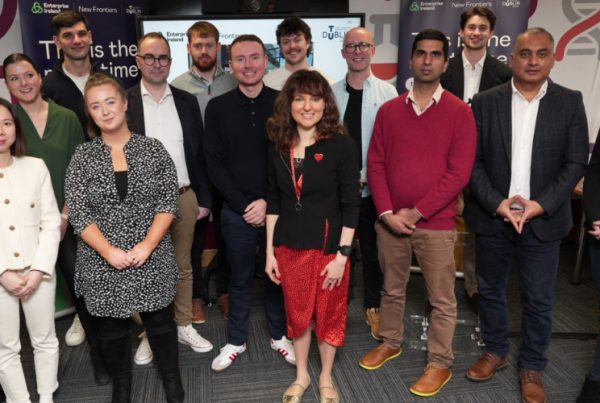
Fourteen Startup Founders Graduate From Phase 2 Of New Frontiers In Tallaght
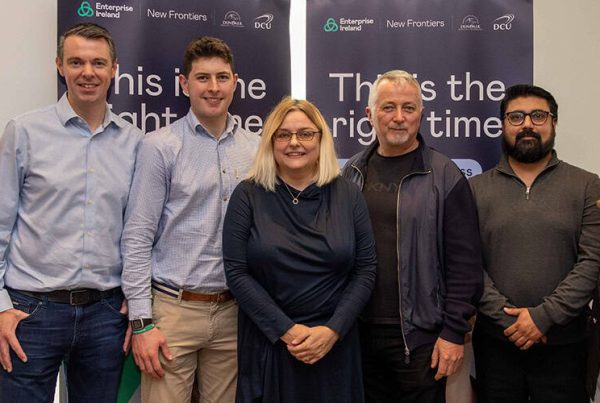
Eleven Founders Graduate From New Frontiers In The Border Mid-East Region

Laying The Right Groundwork Helps Startups Prepare For Export Success
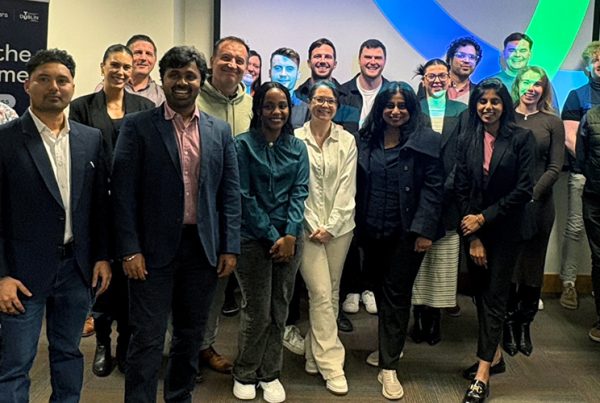
Startup In Dublin: Learn More About New Frontiers On TU Dublin’s Grangegorman Campus
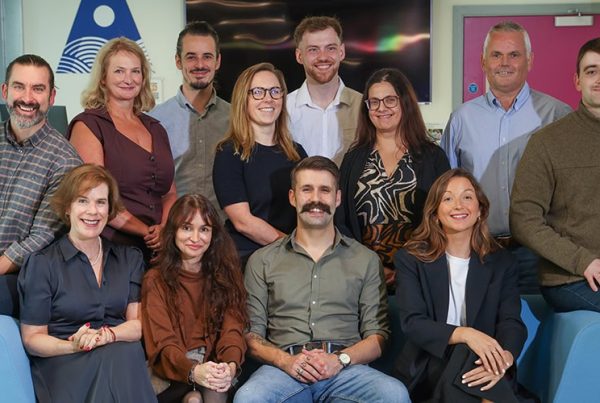
Michael Furey On The Success Of Ronspot: “The Most Important Thing Is Research”
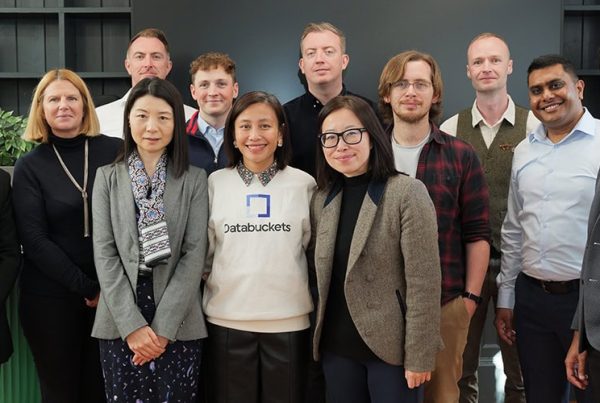

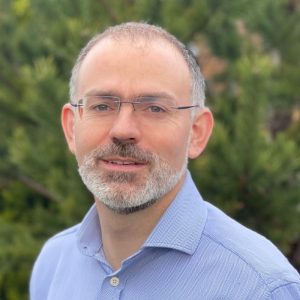
 Scarlet Bierman
Scarlet Bierman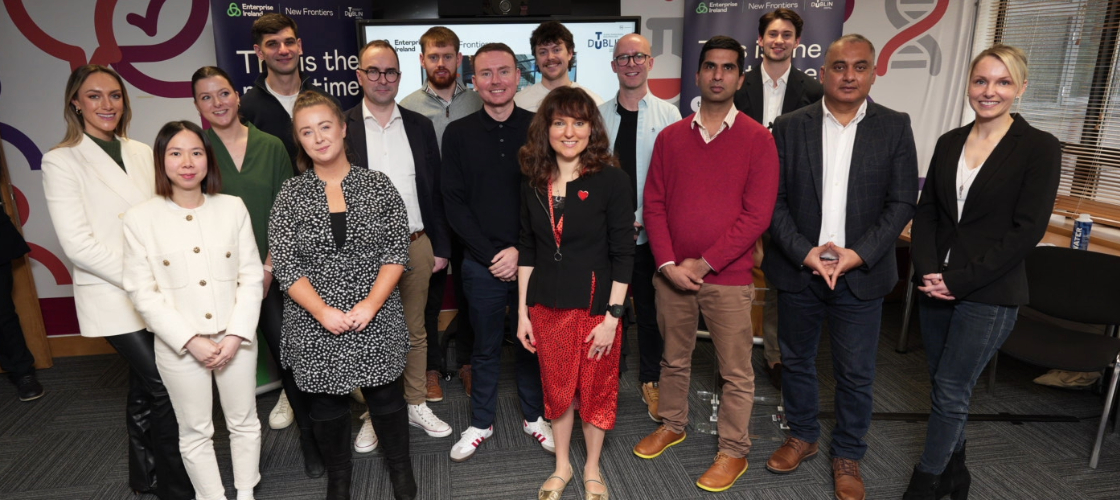
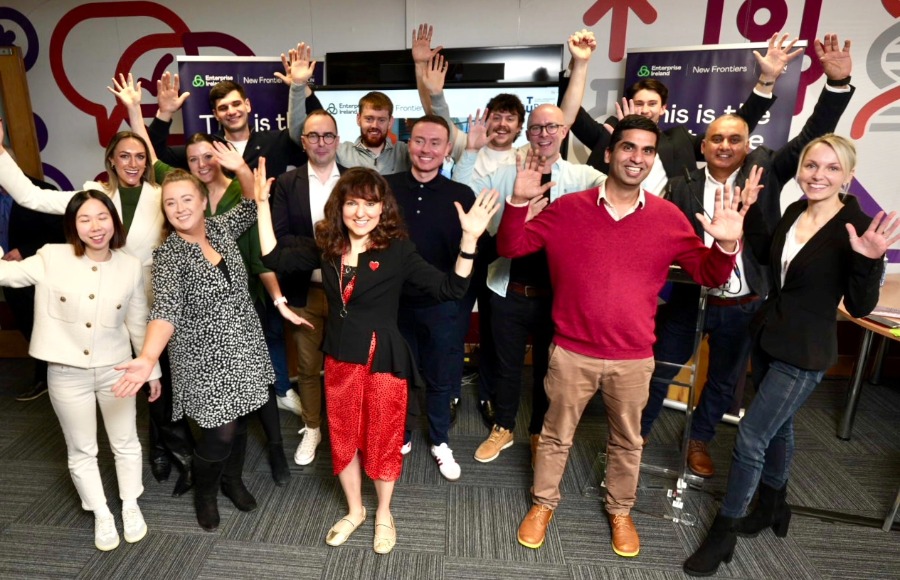
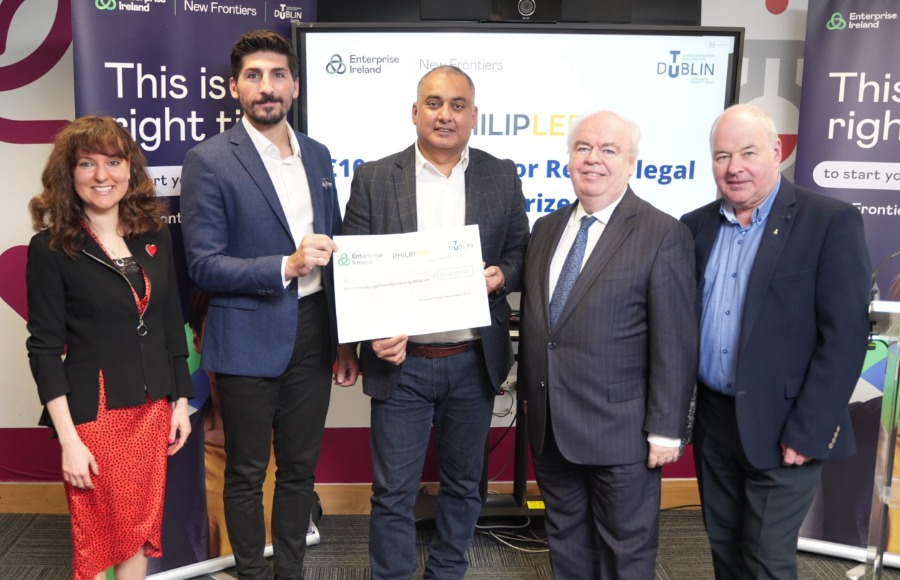
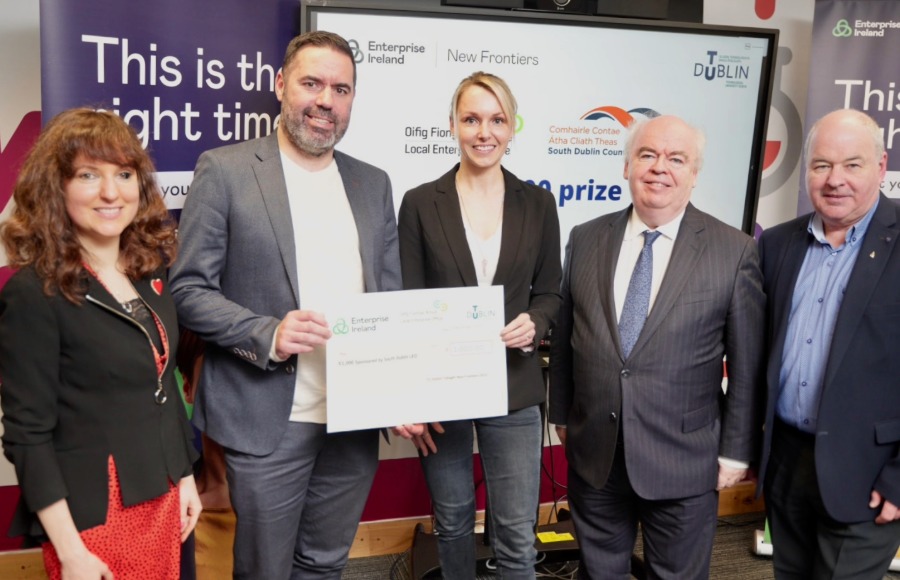
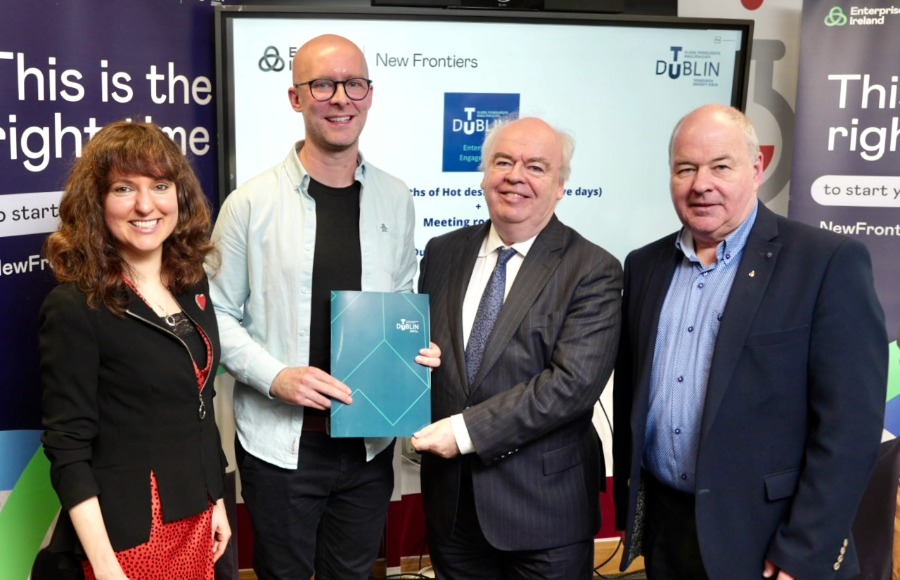
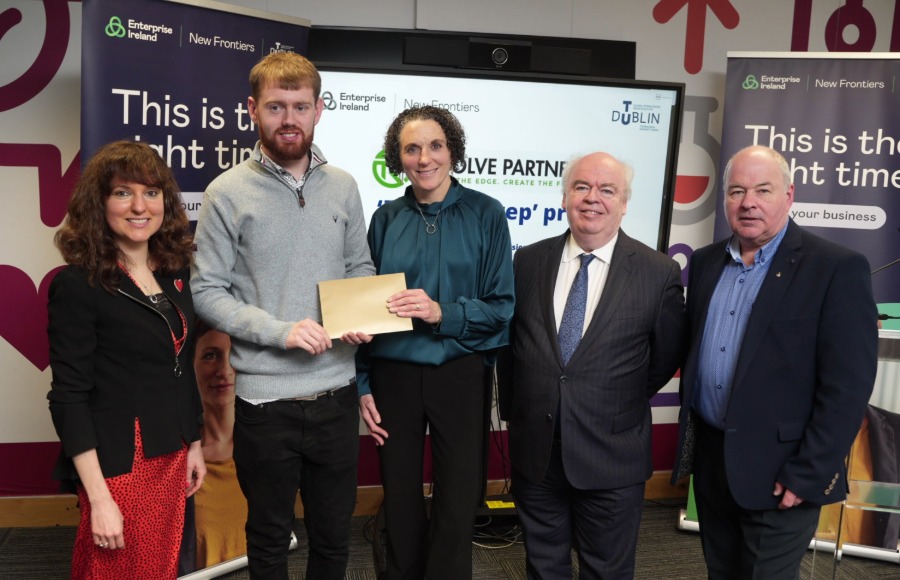
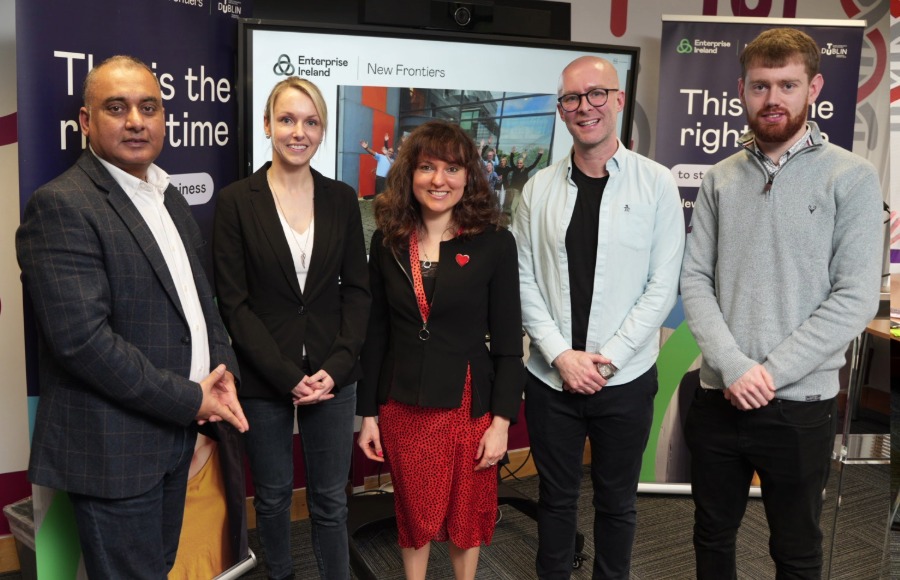
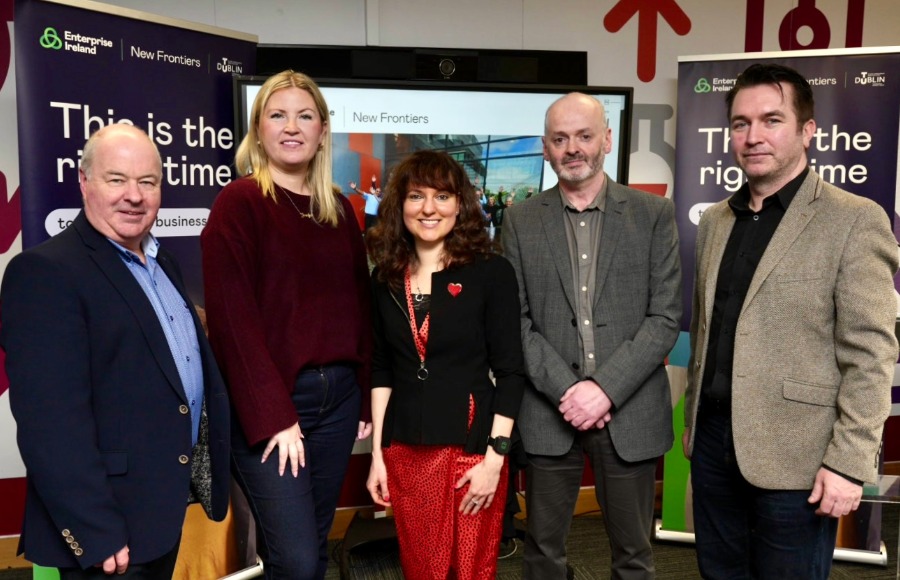
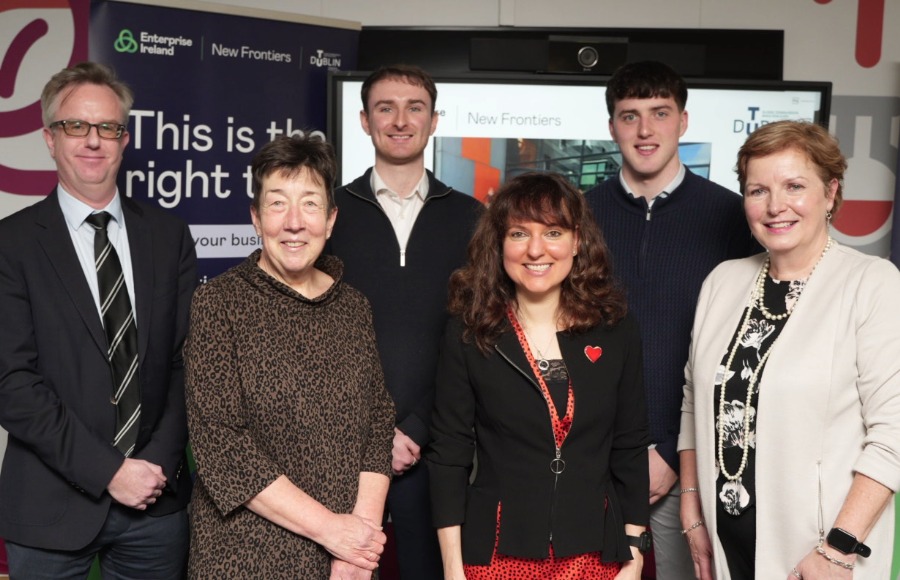
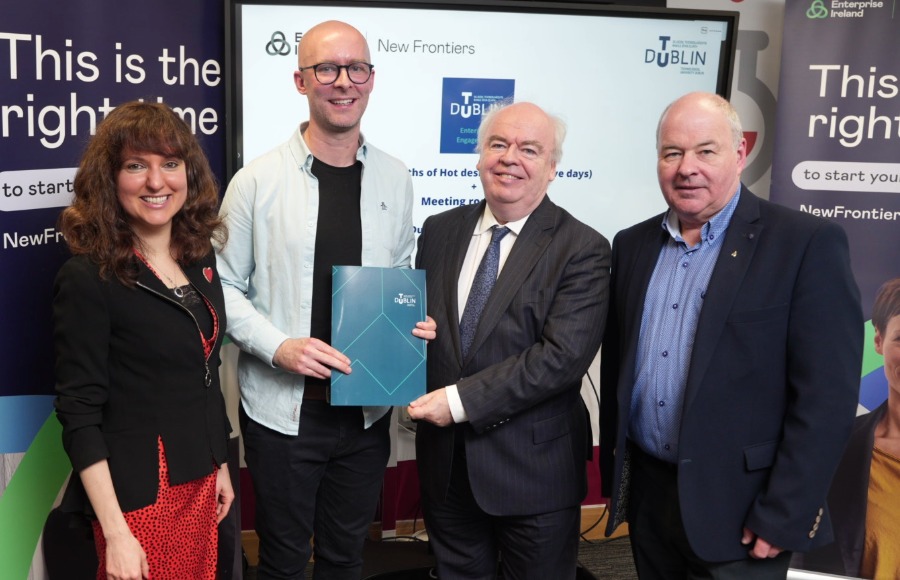
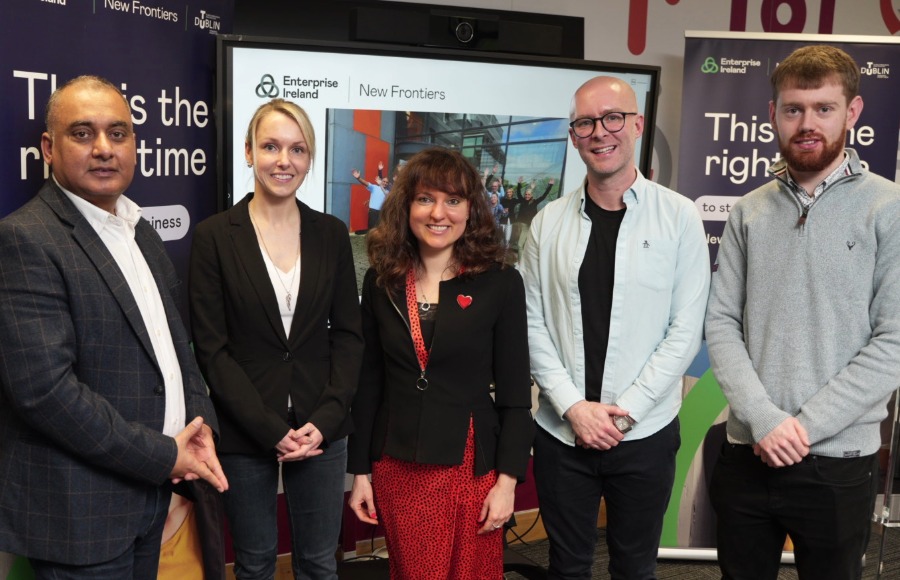
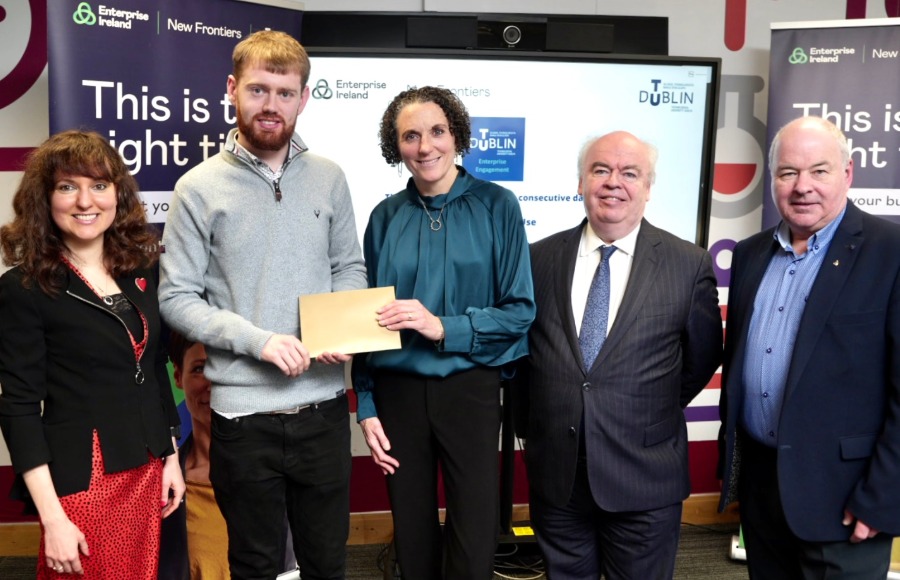
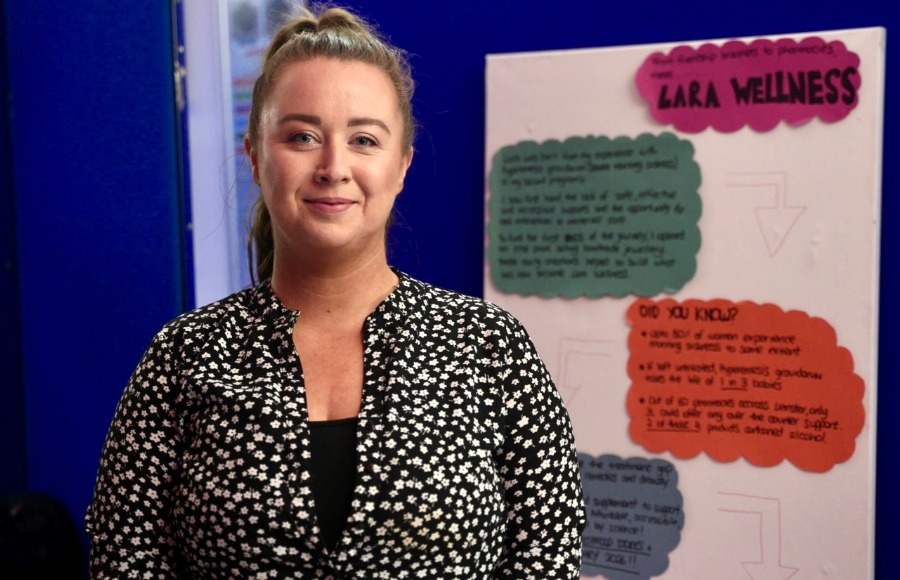
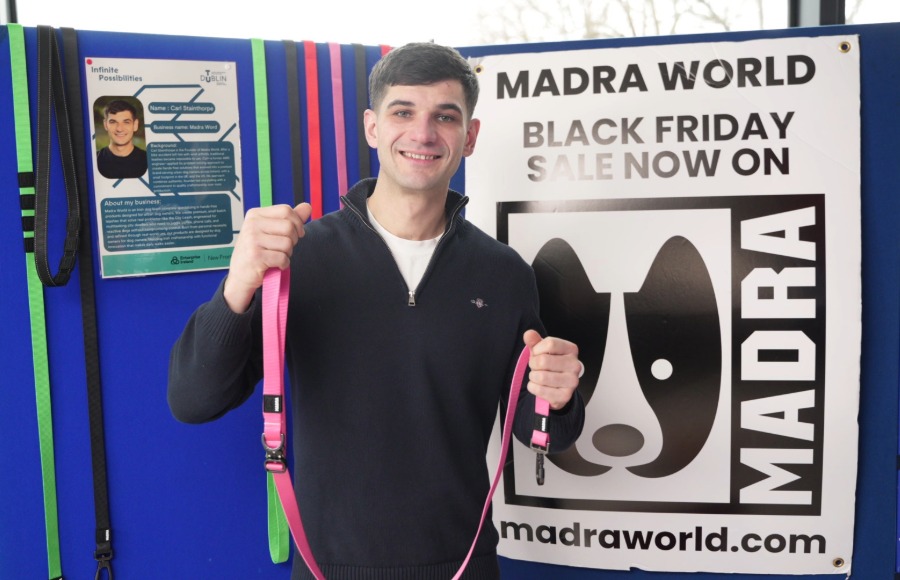
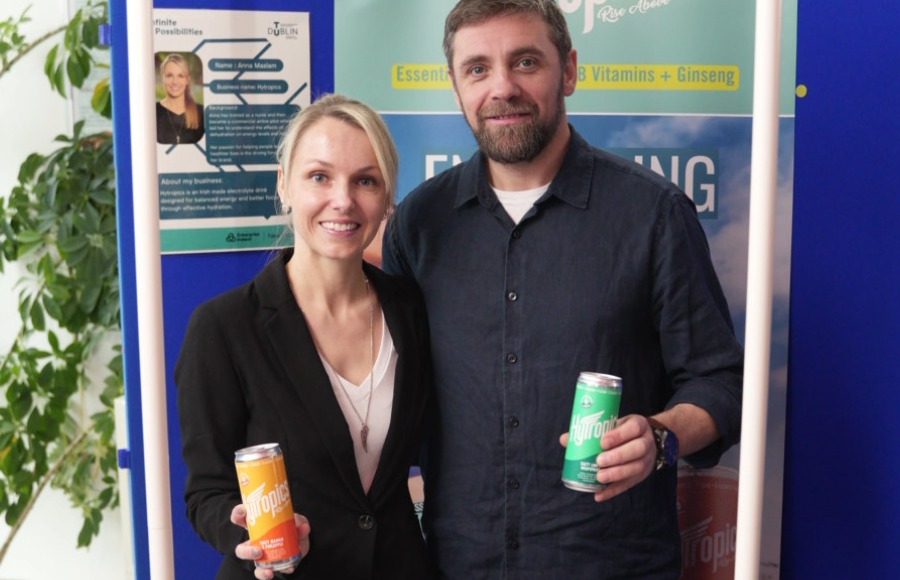
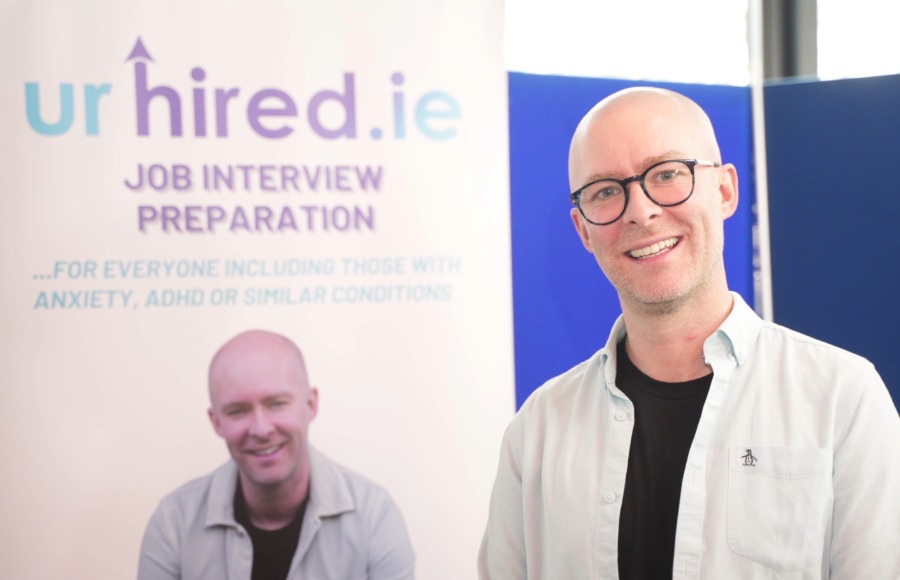
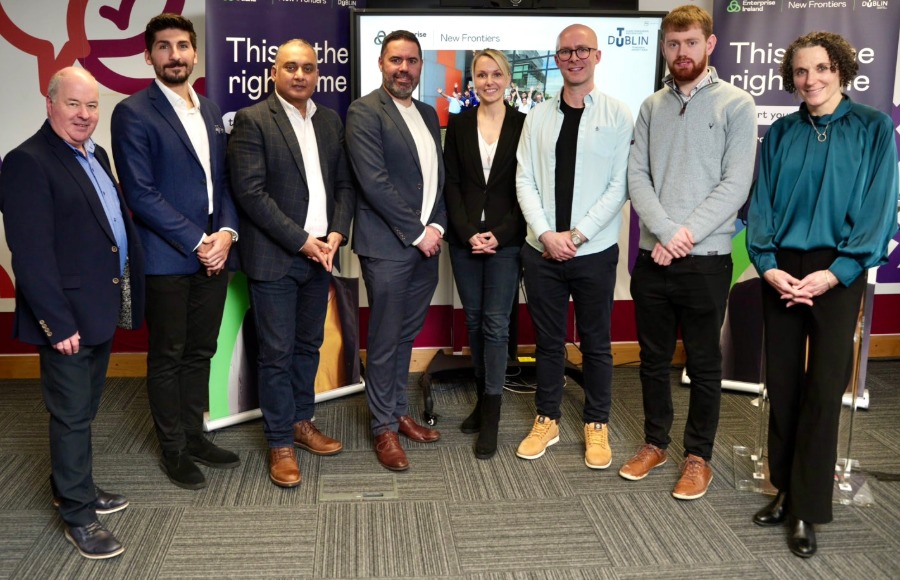
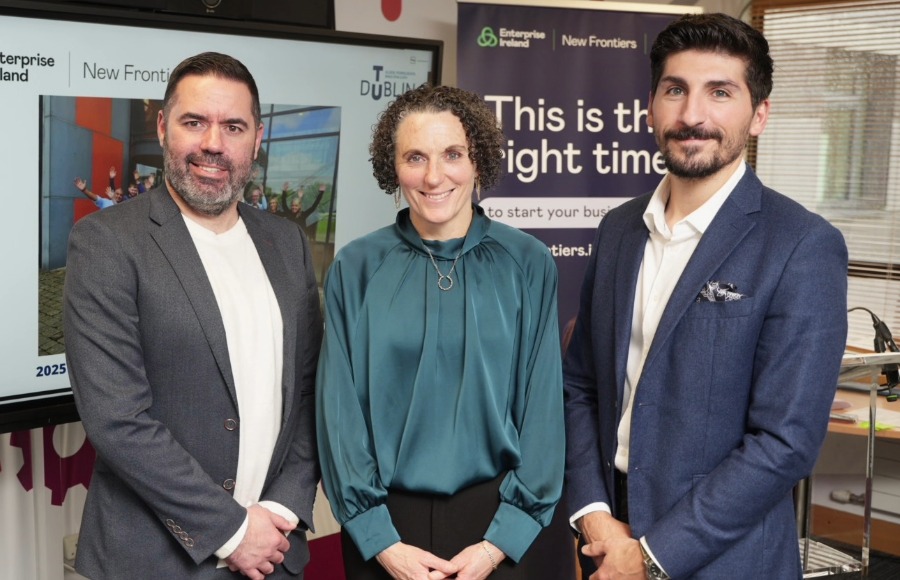
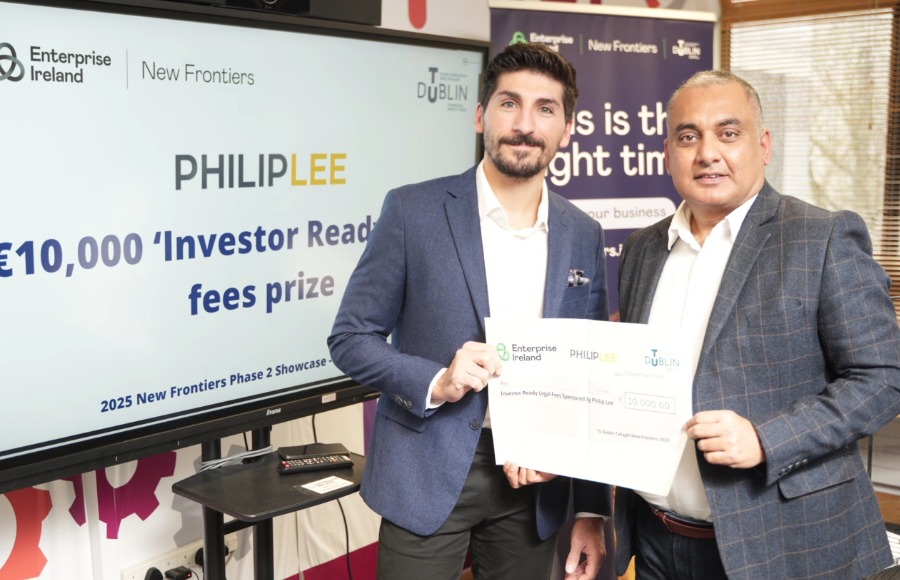
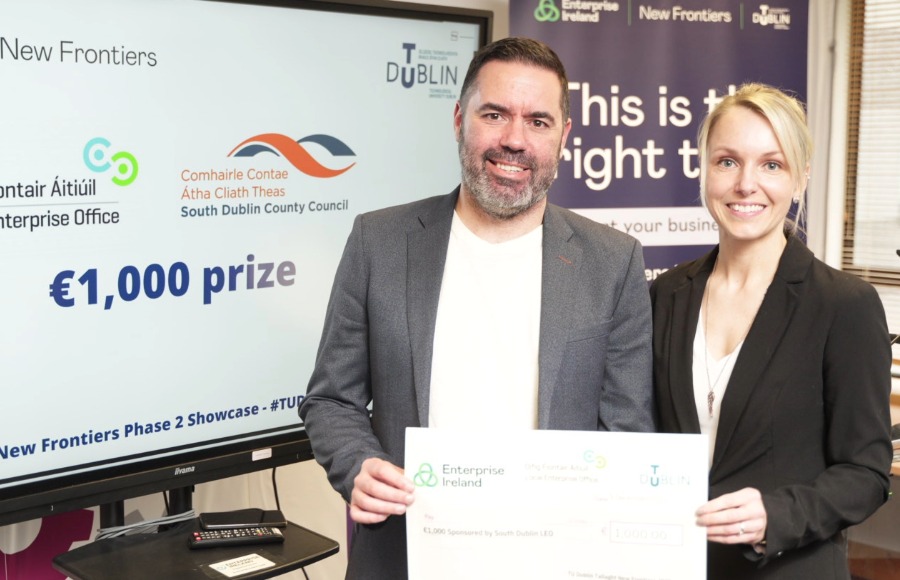
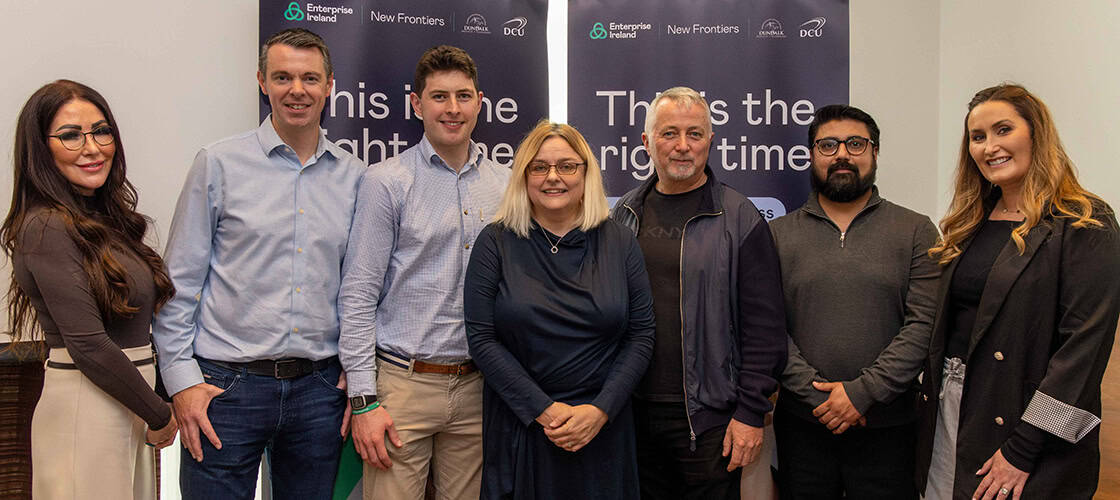
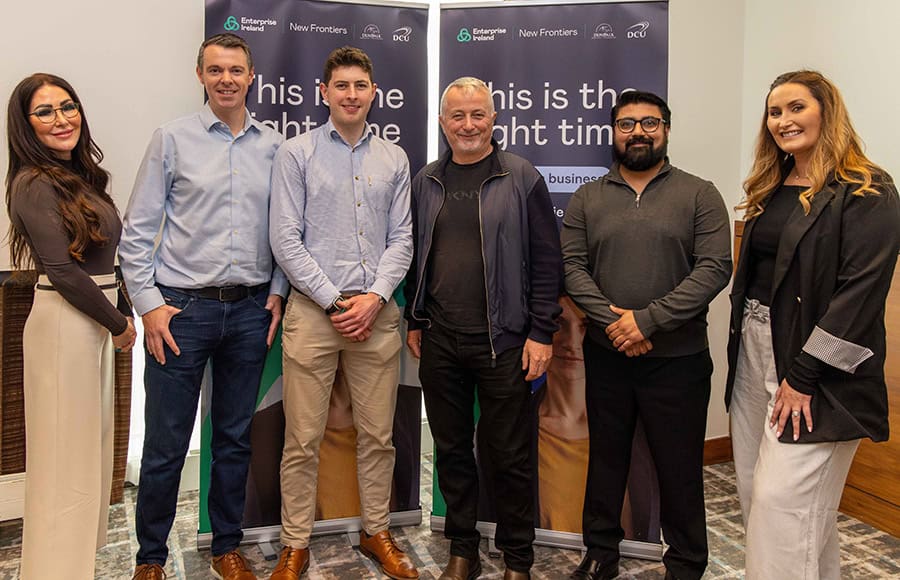
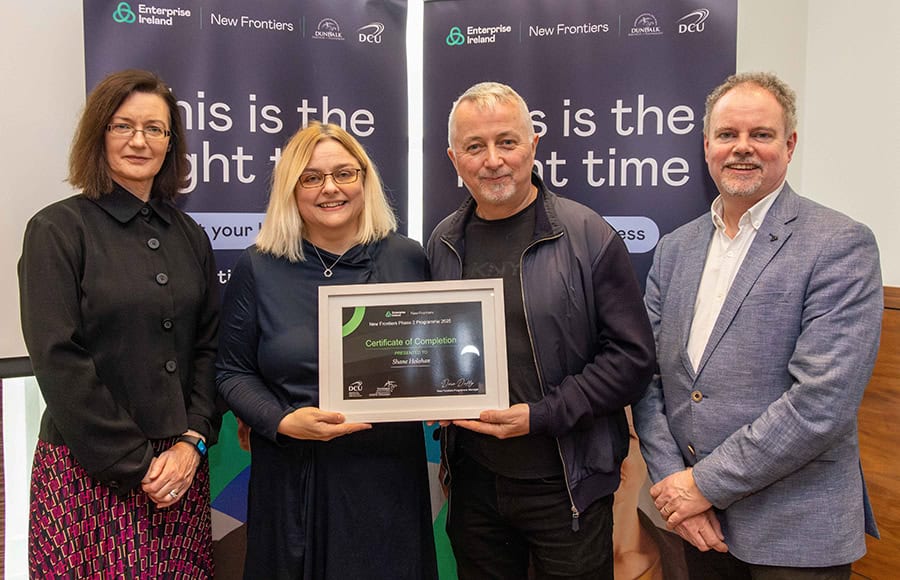
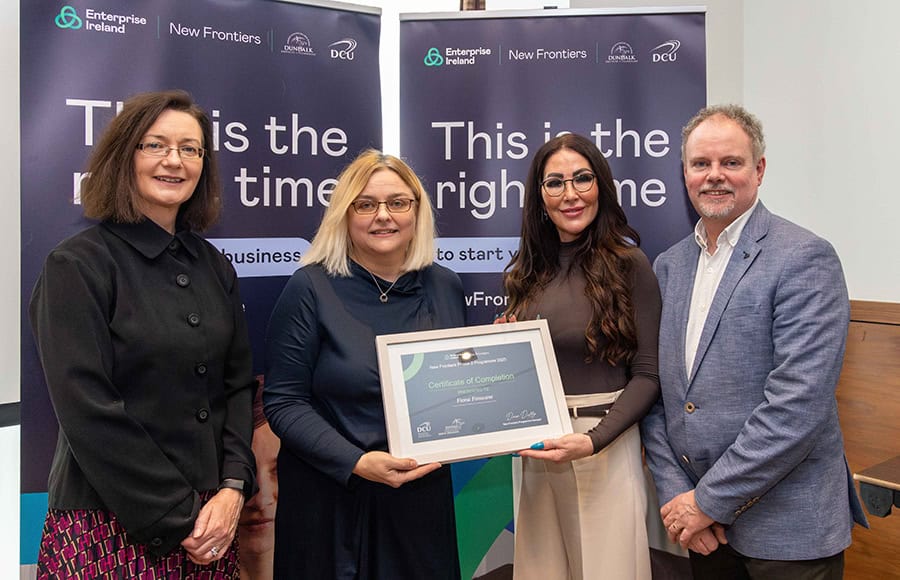
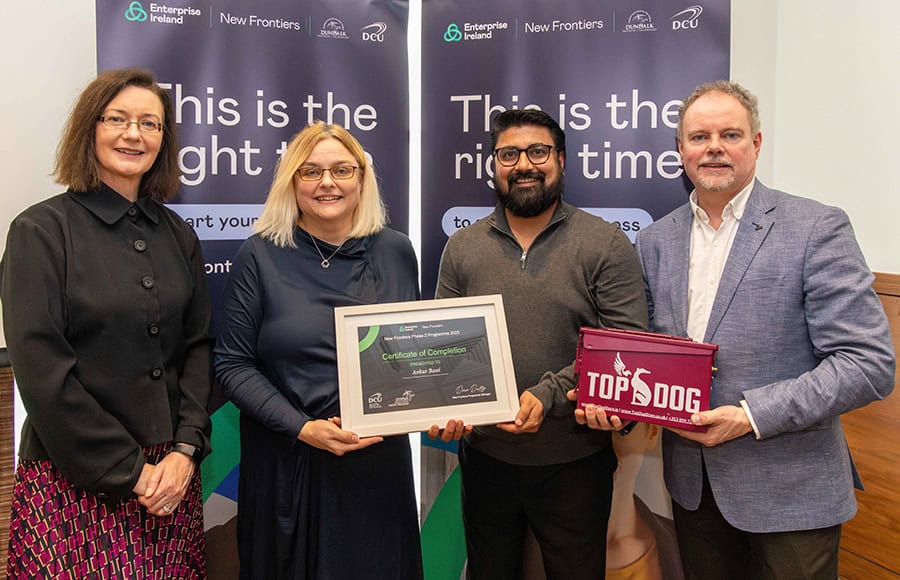
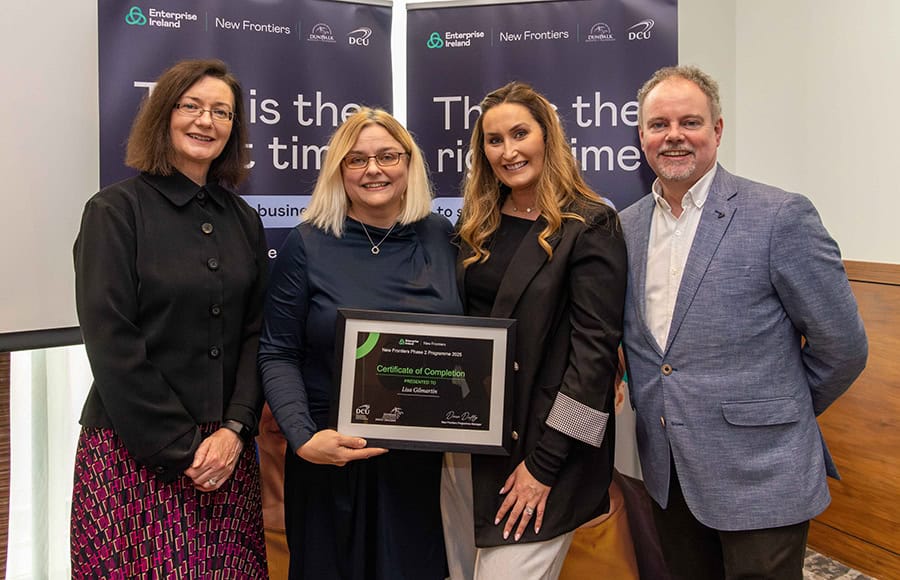
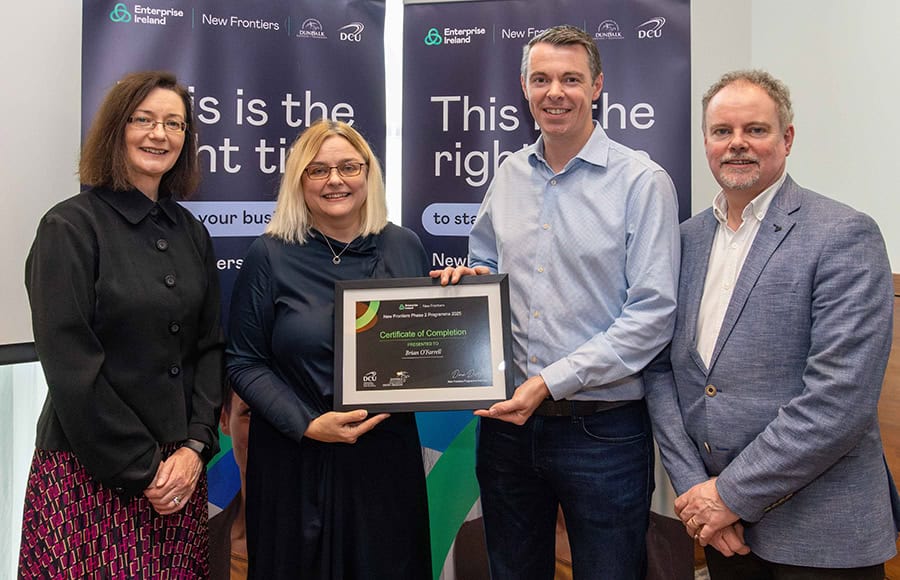
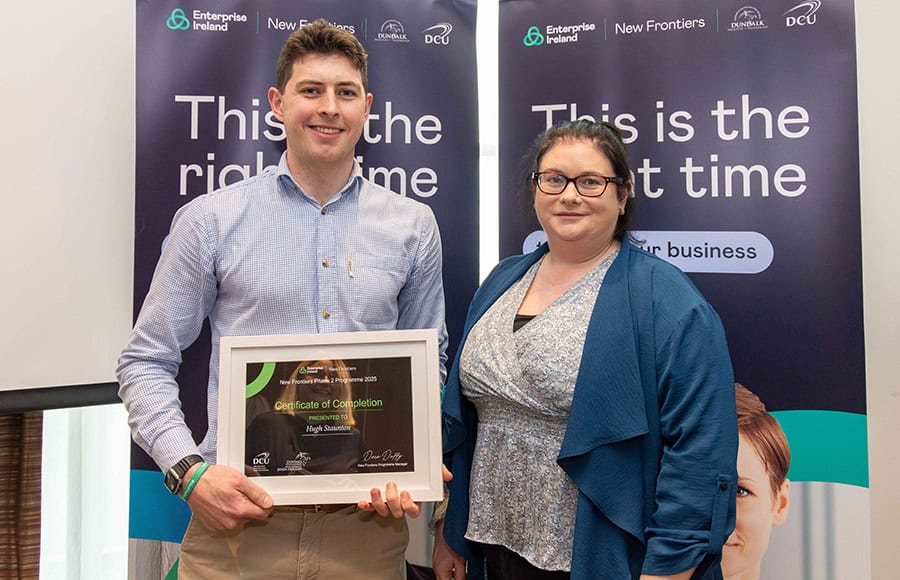

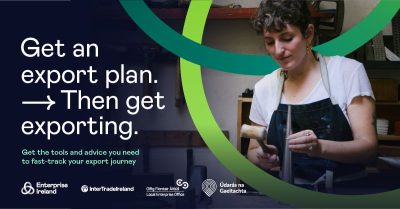 The programme is for companies that have a deep understanding of their sector and the ambition to export. They have proven the business domestically or can demonstrate that their product/service meets a clear market need, backed by buyer feedback or confirmed by key opinion leaders.
The programme is for companies that have a deep understanding of their sector and the ambition to export. They have proven the business domestically or can demonstrate that their product/service meets a clear market need, backed by buyer feedback or confirmed by key opinion leaders.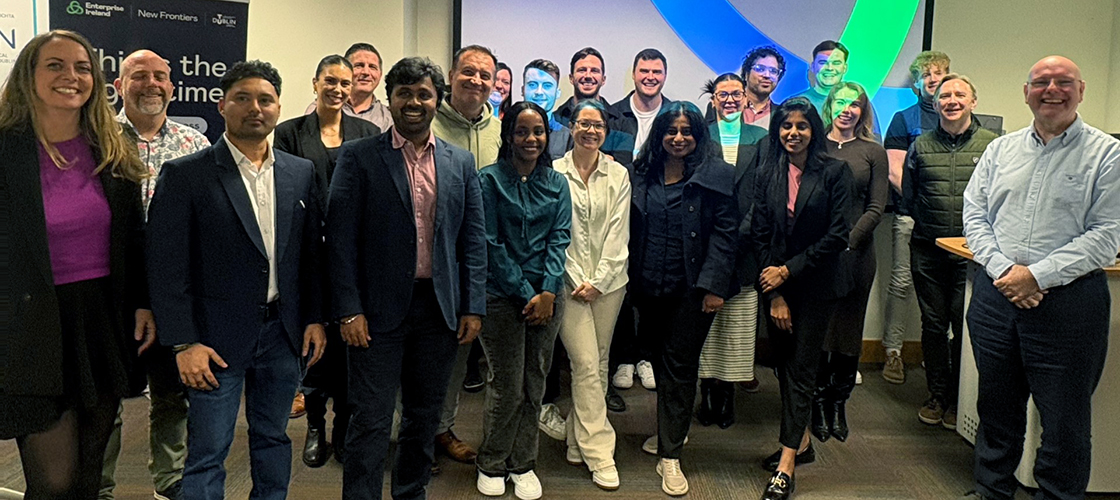
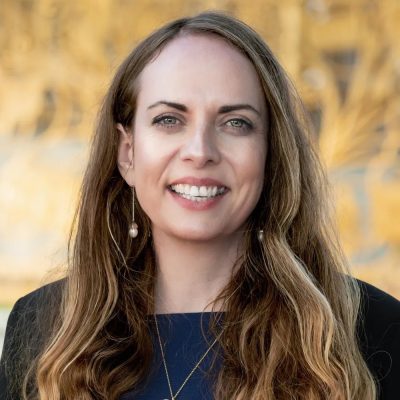
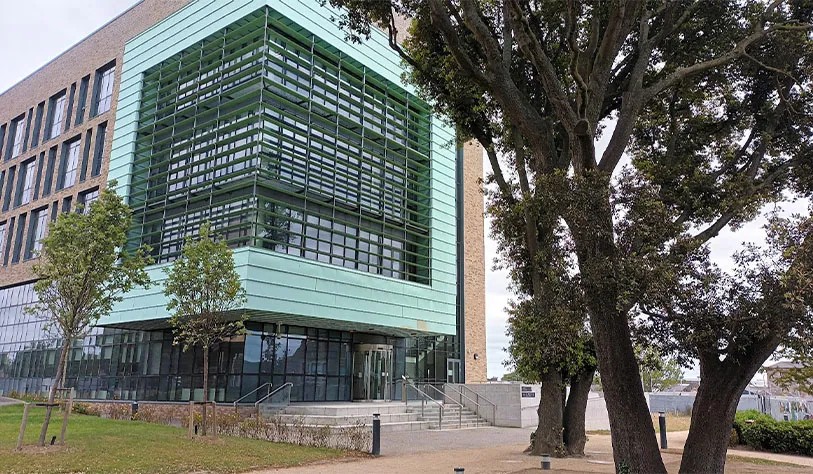
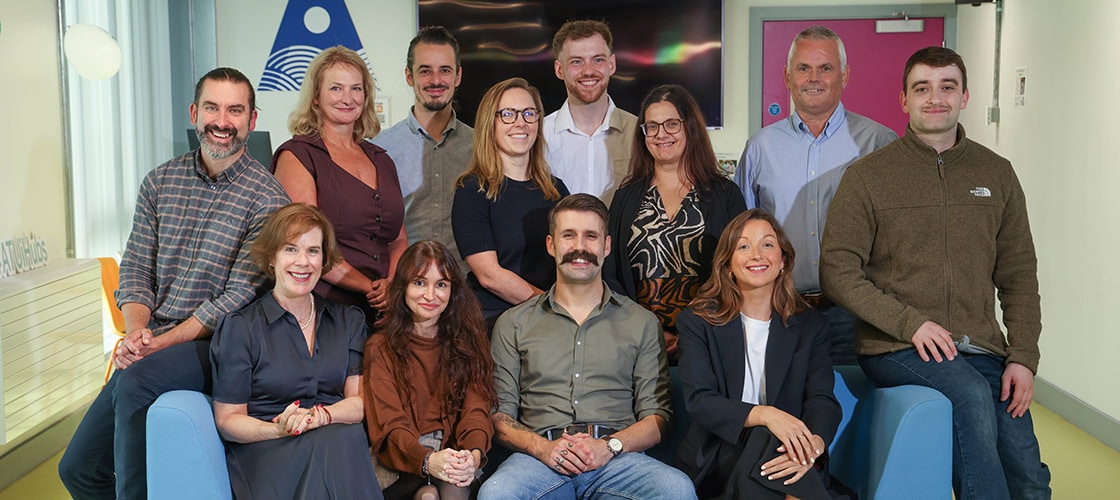
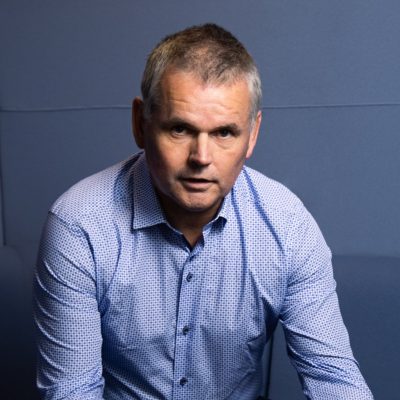
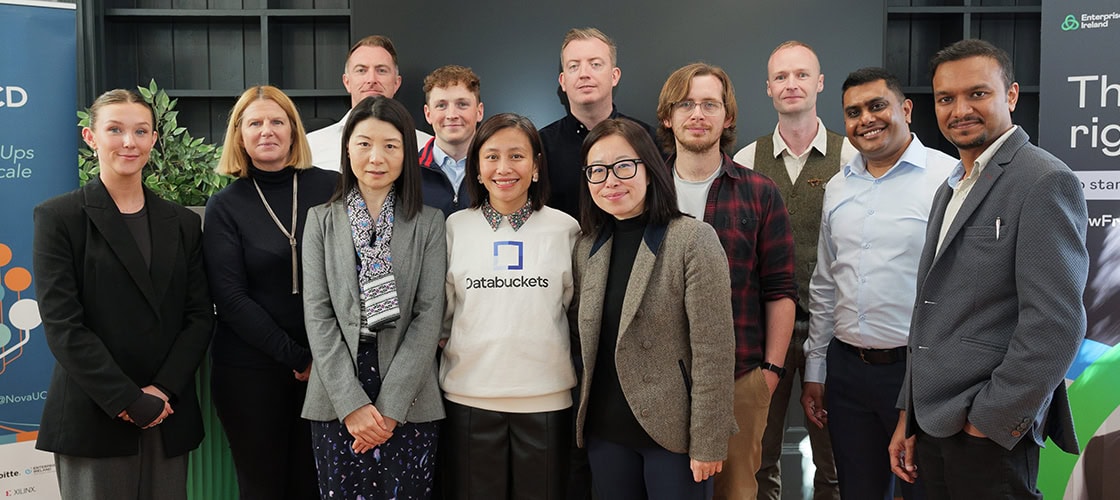
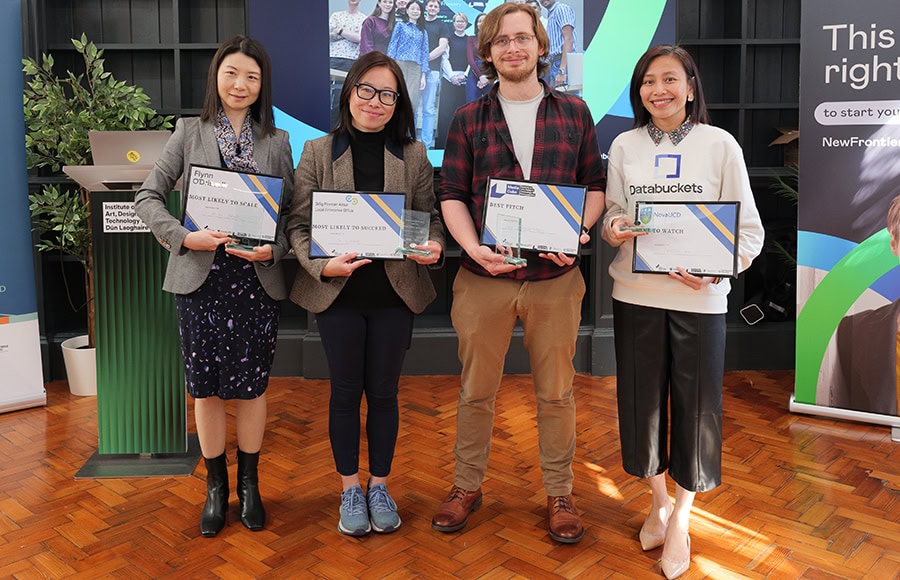
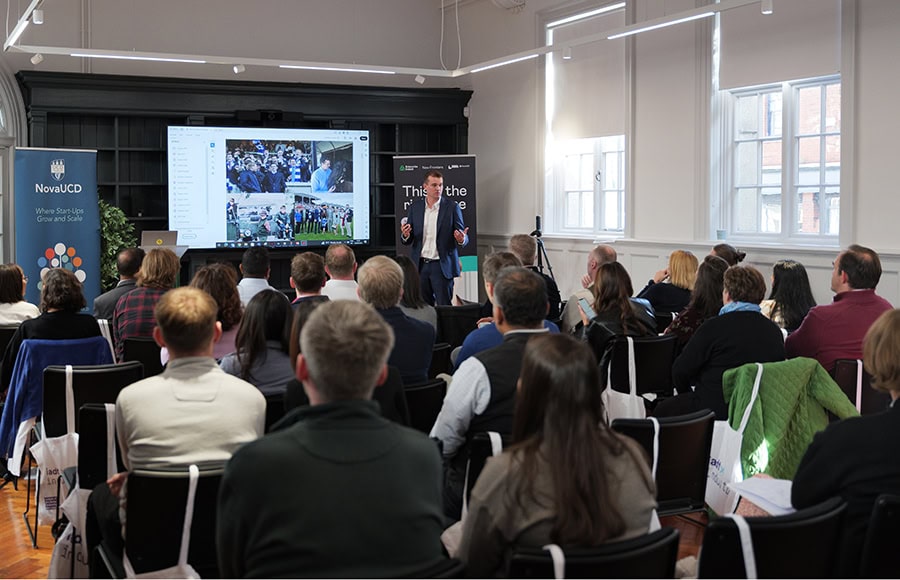
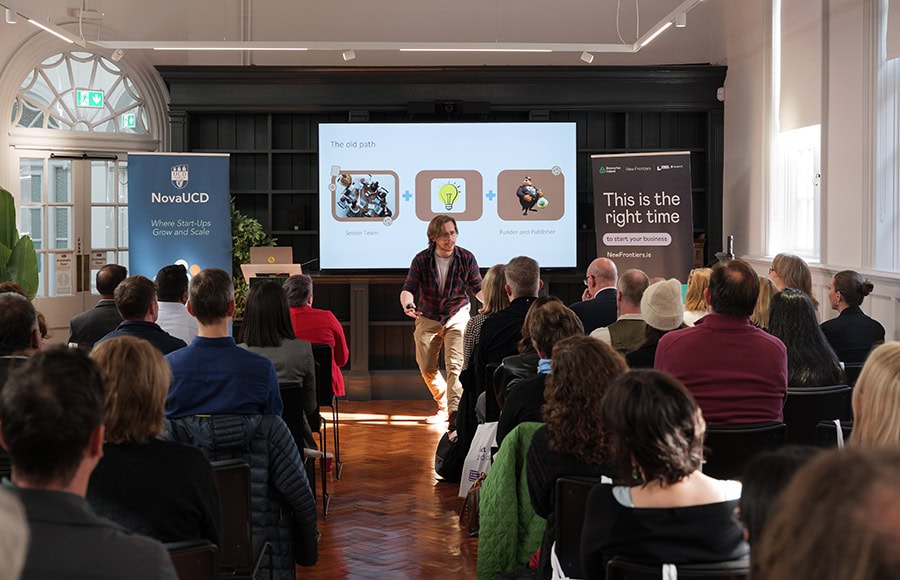
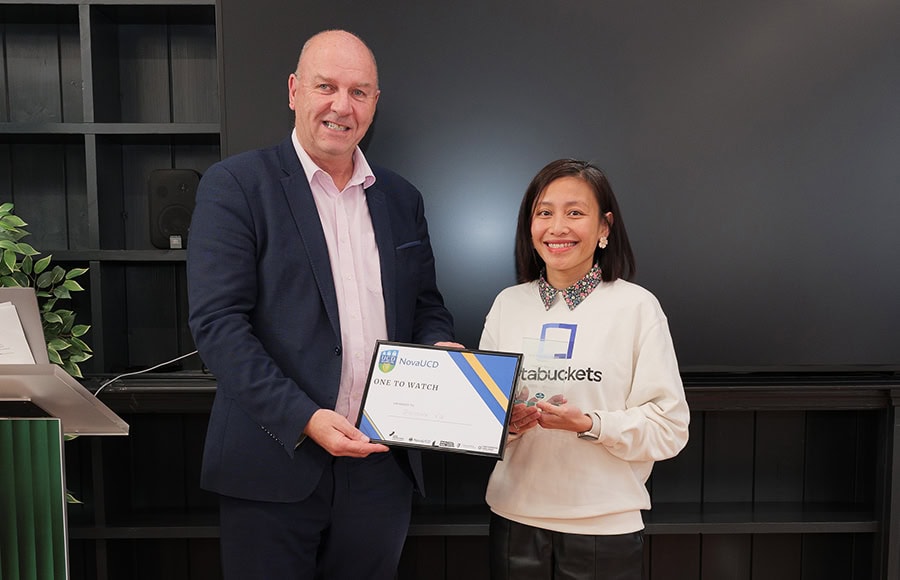
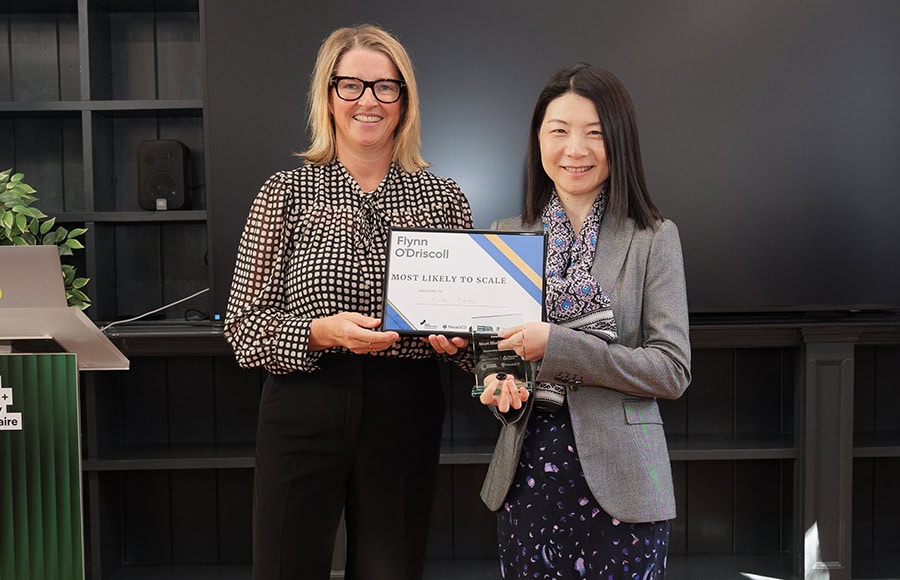
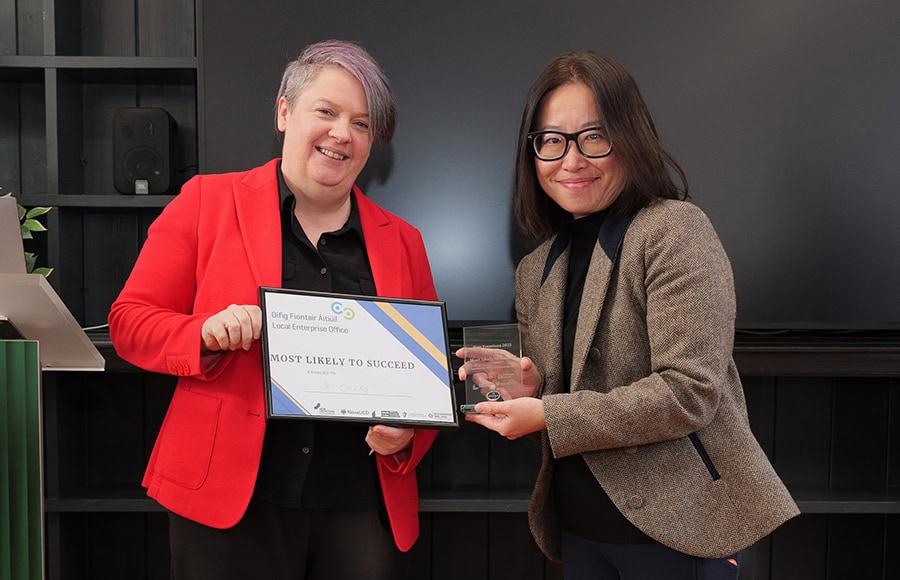
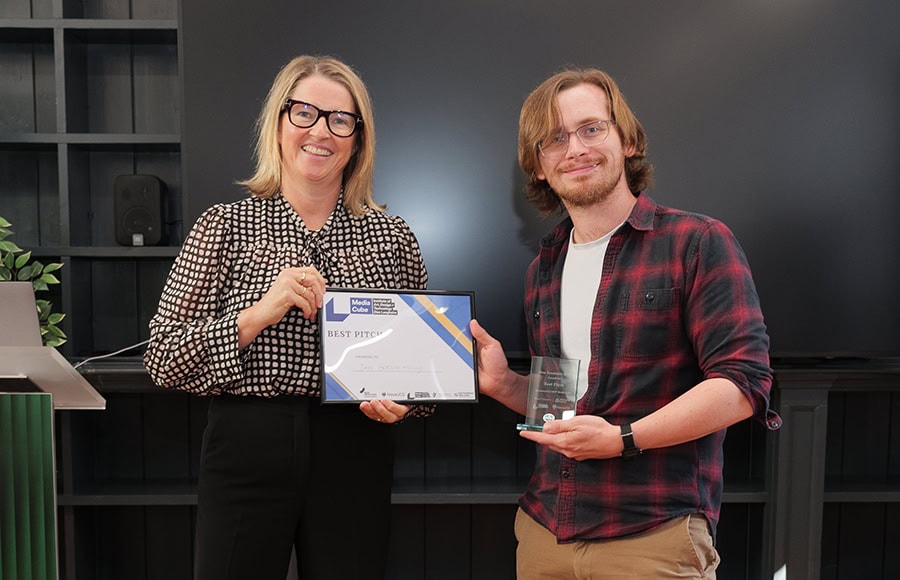
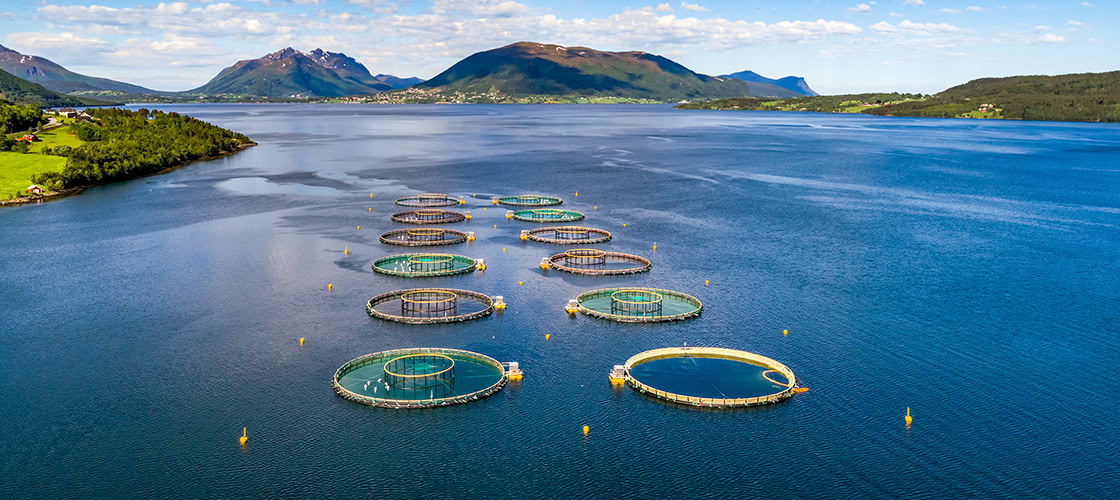
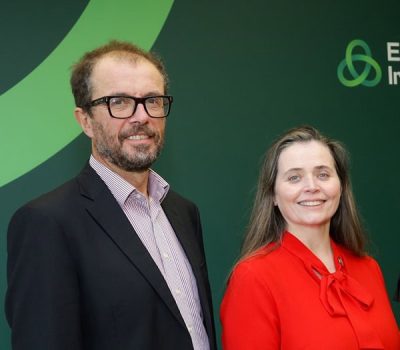
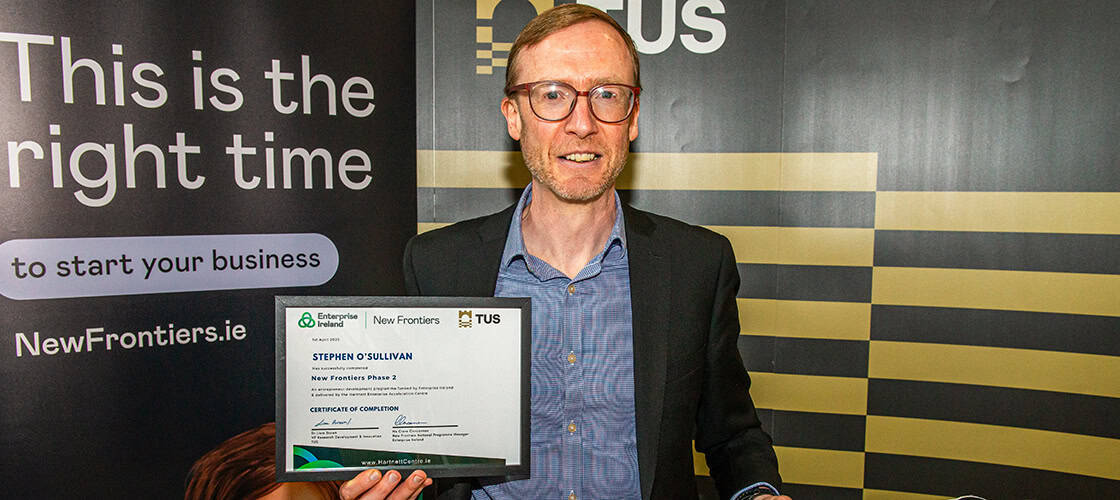

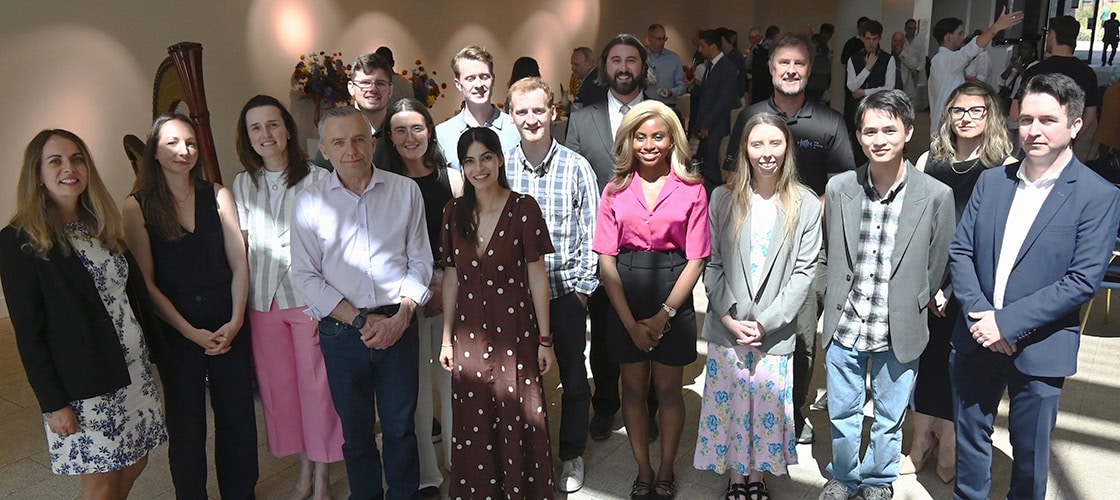
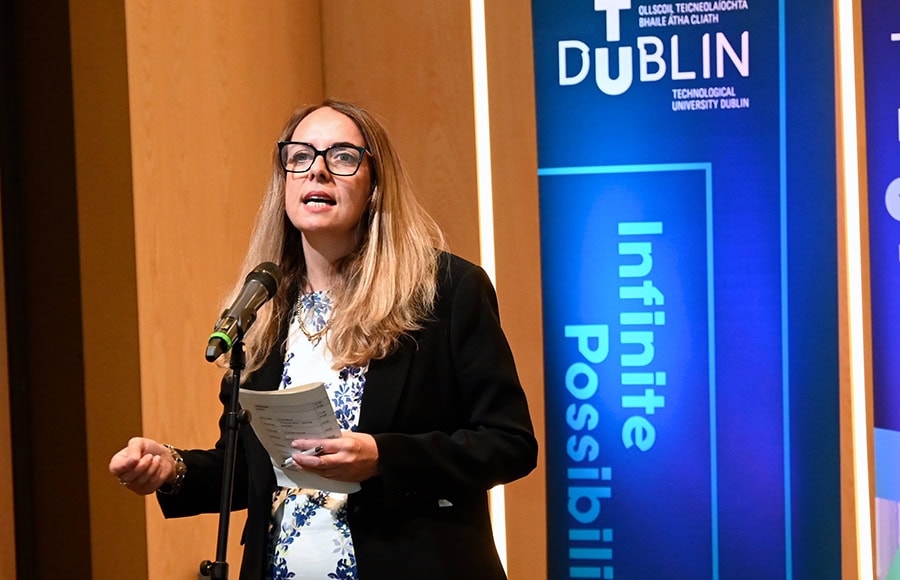
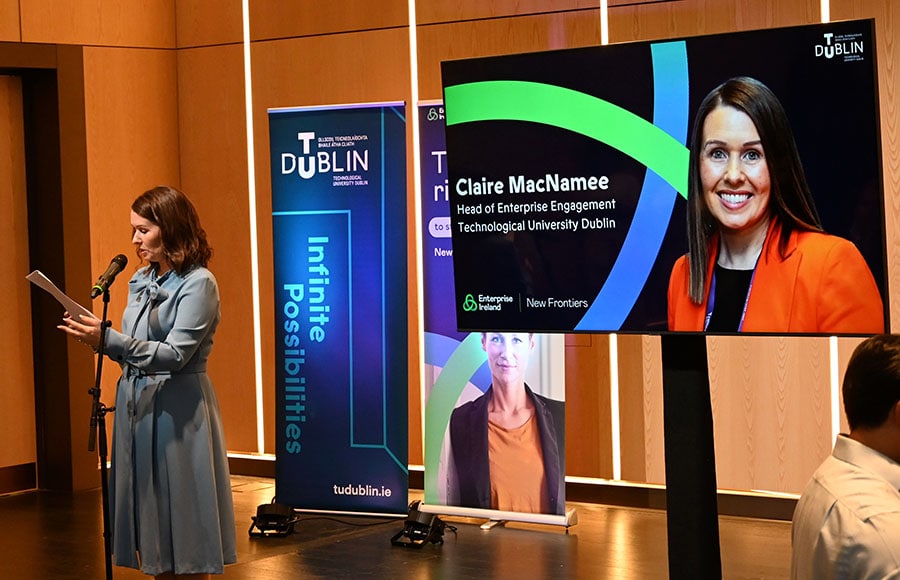
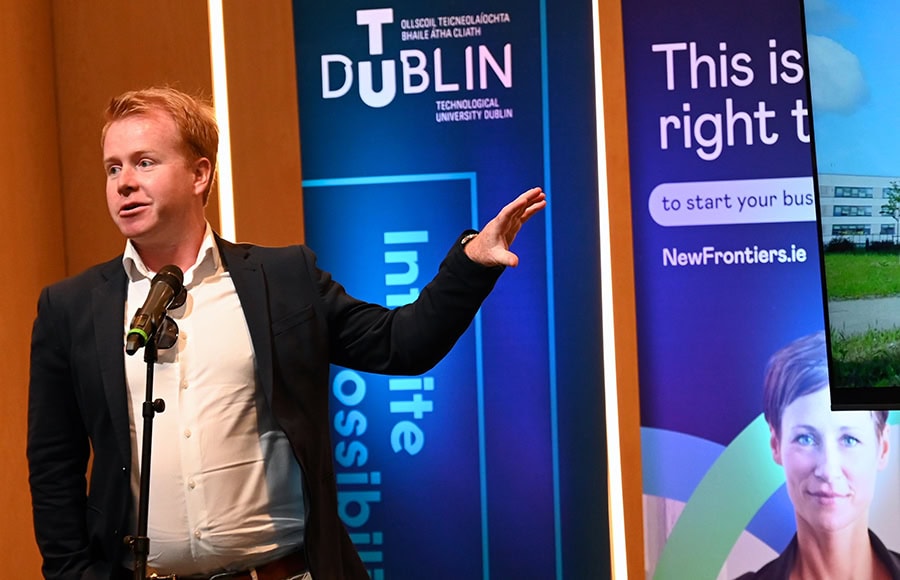
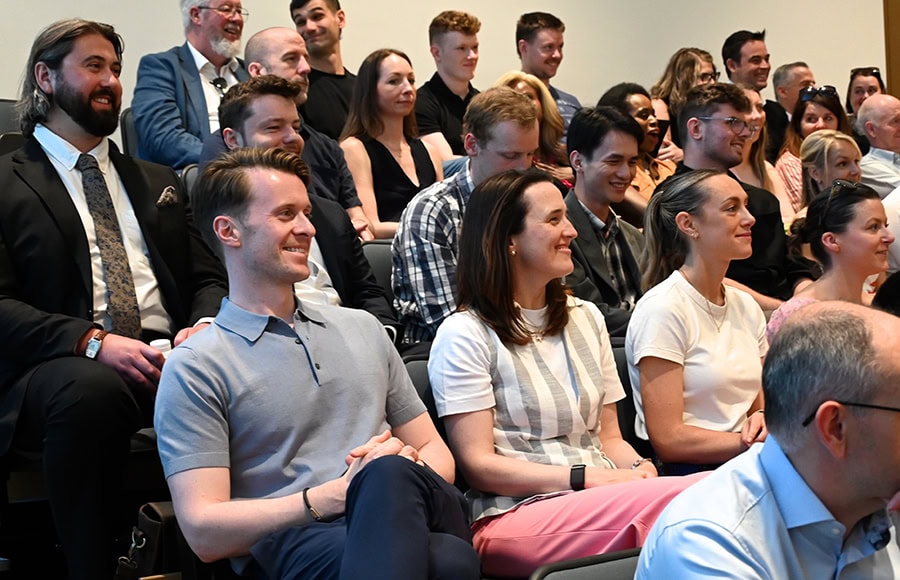
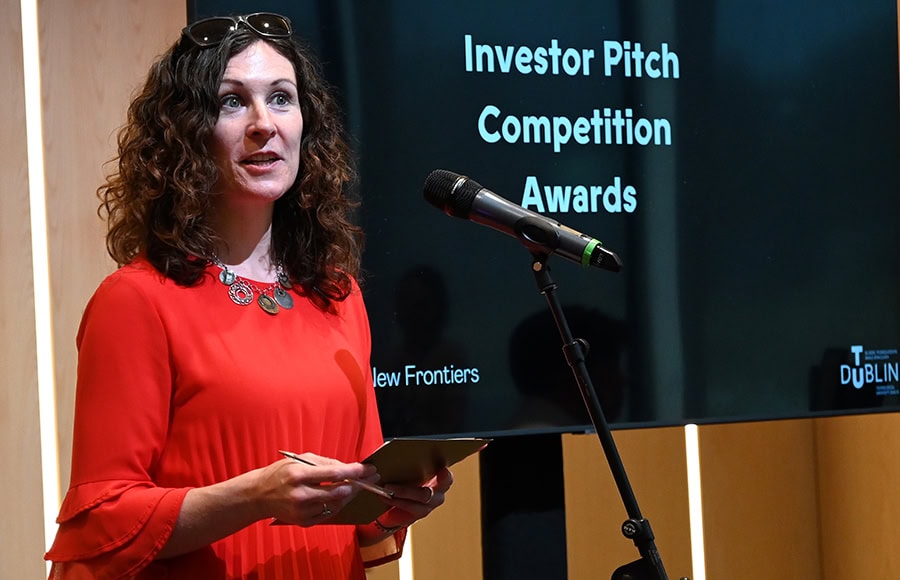
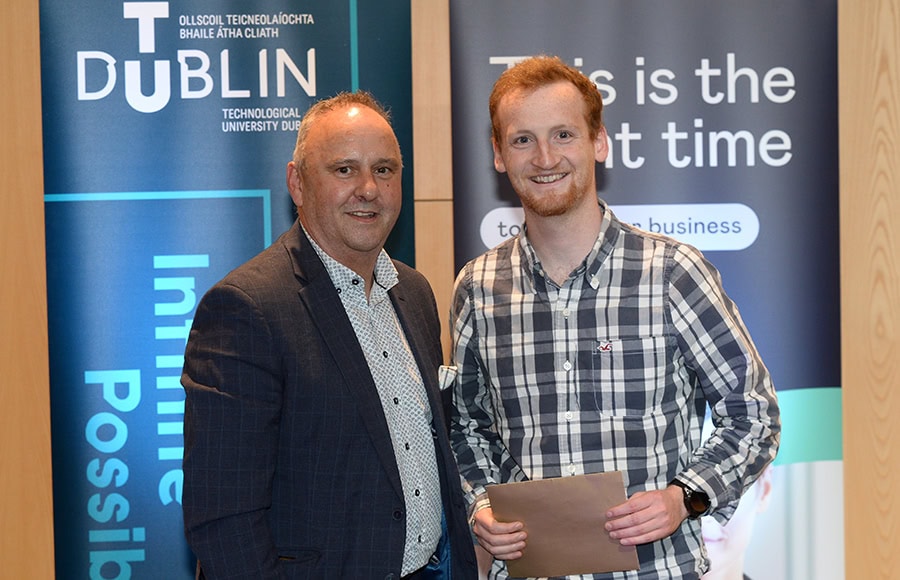
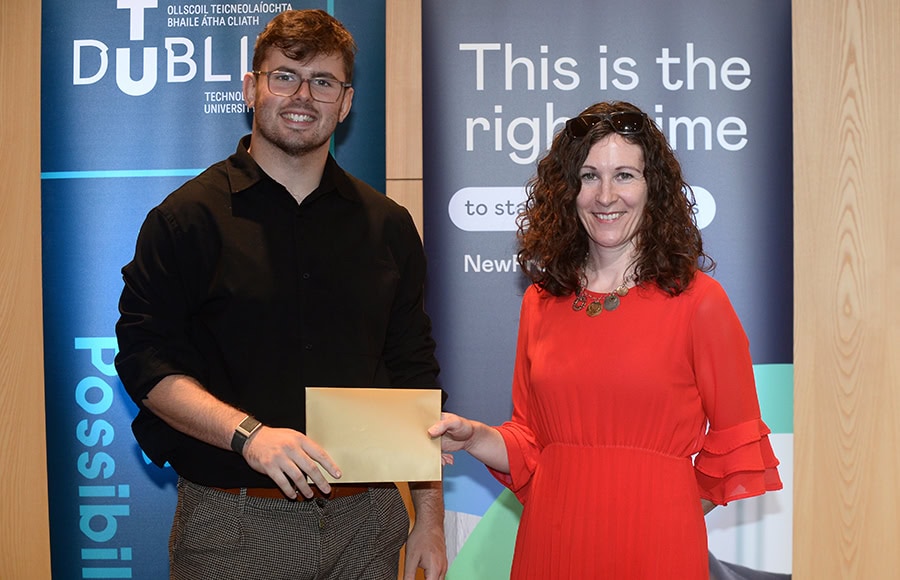
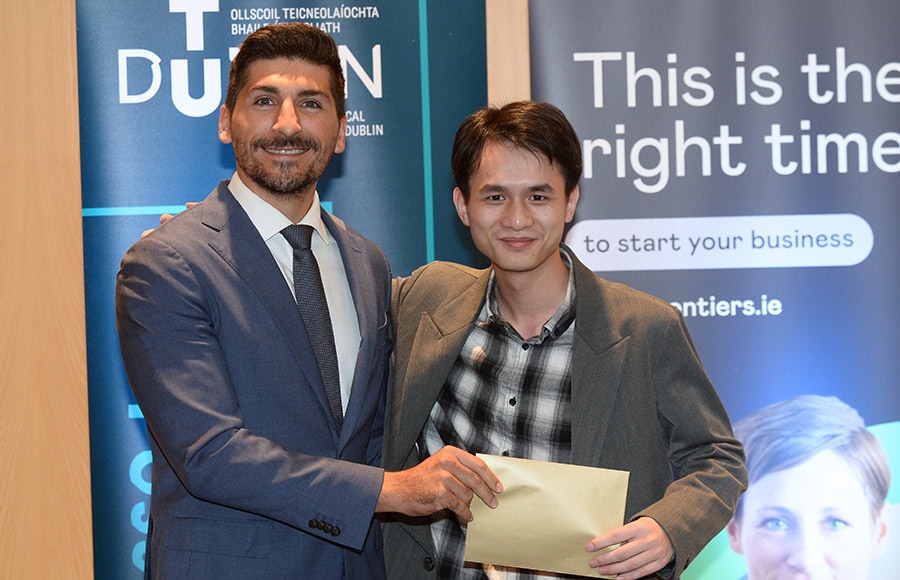
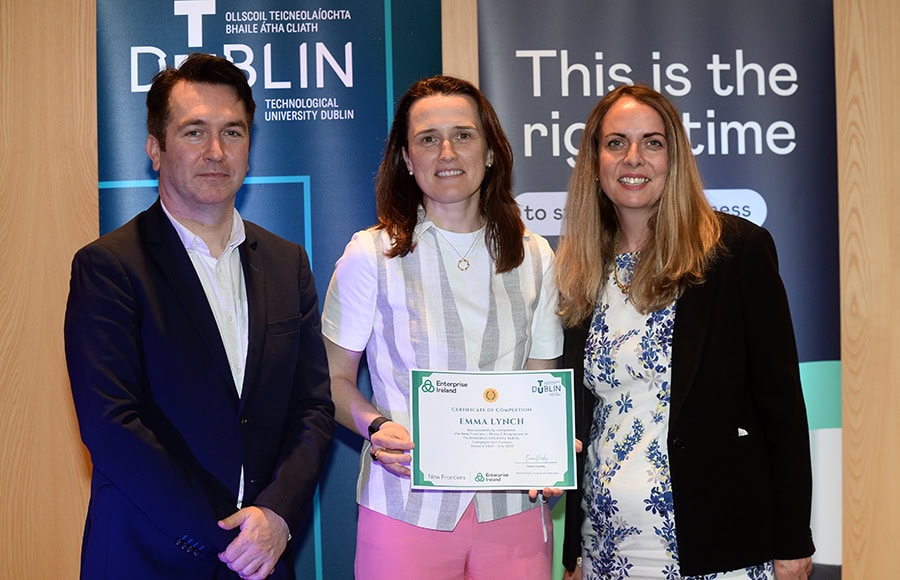
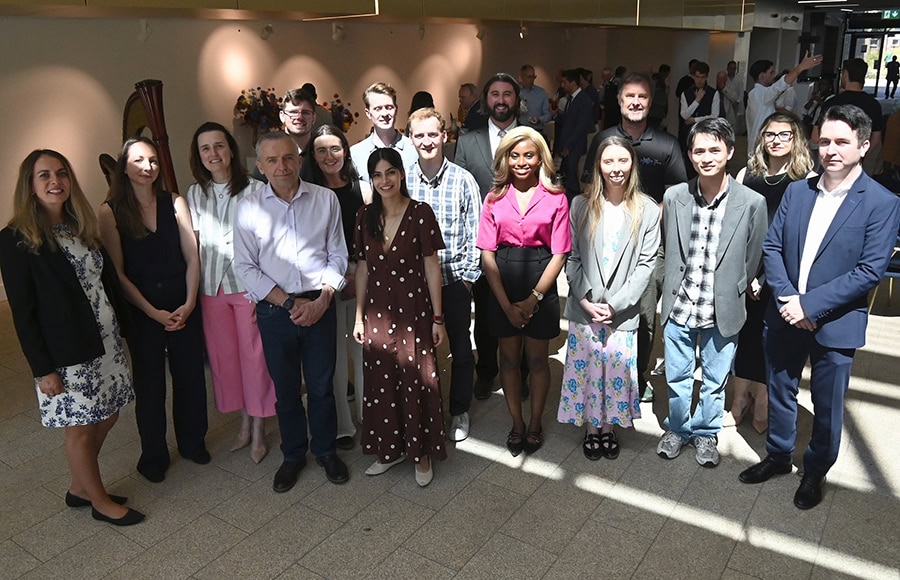
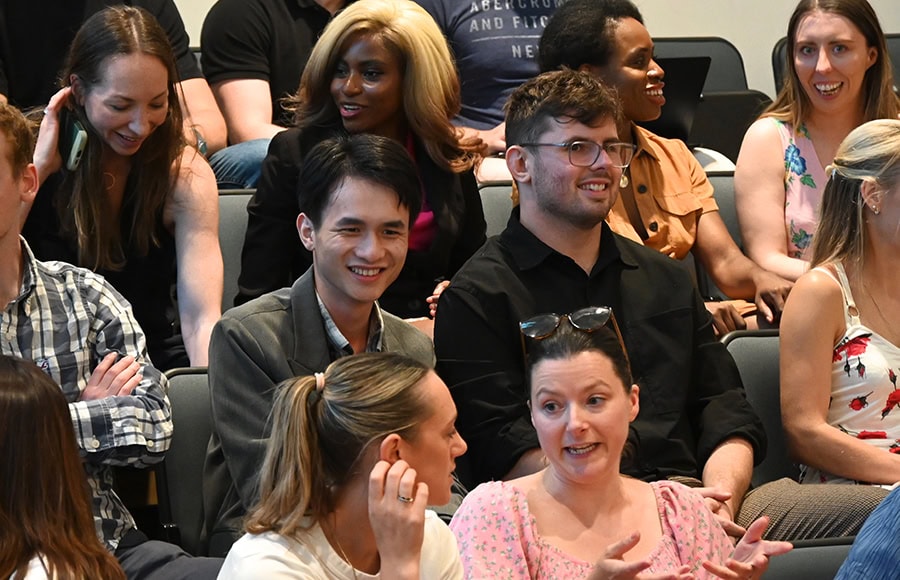
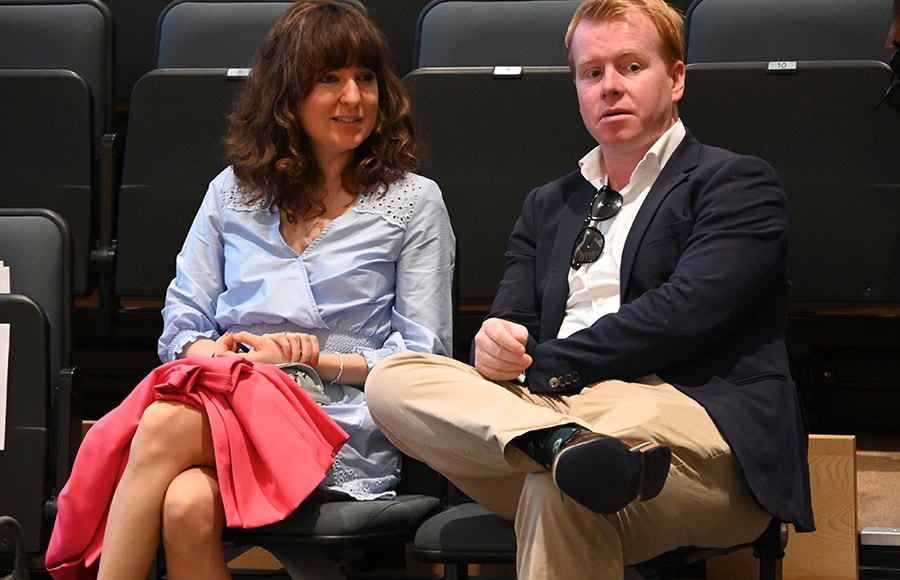

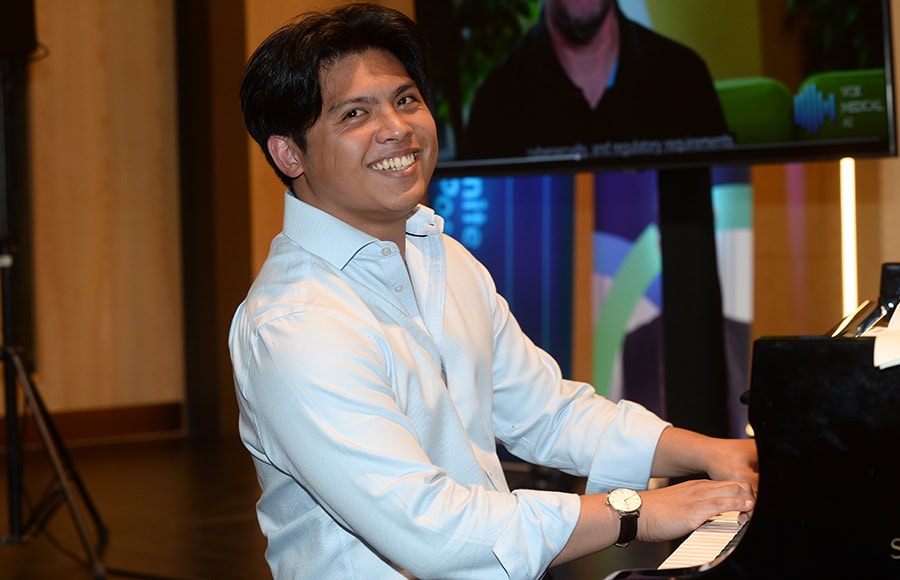
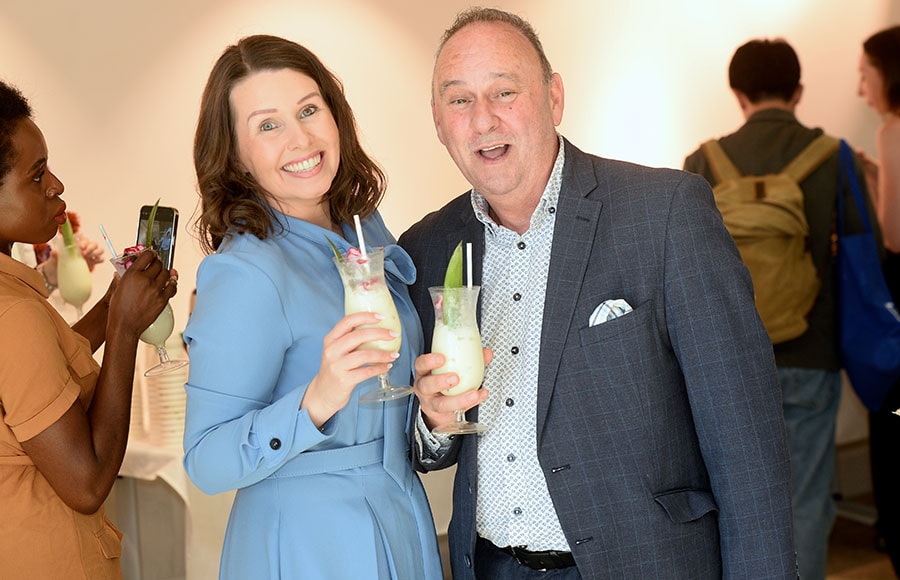
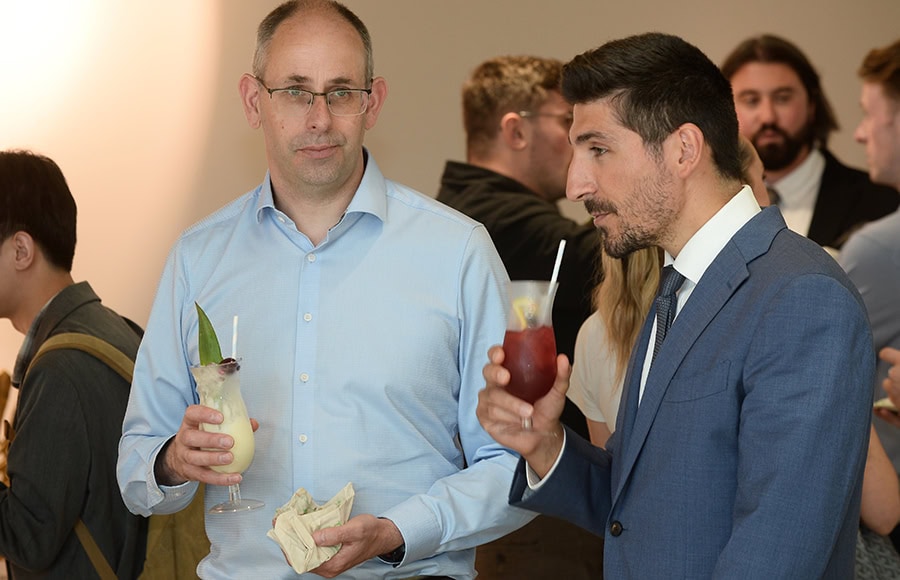
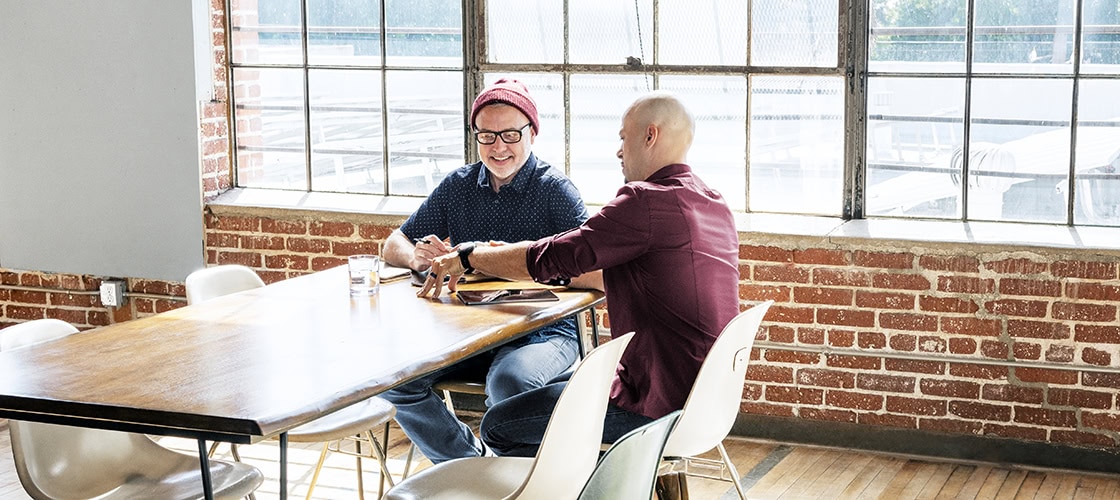
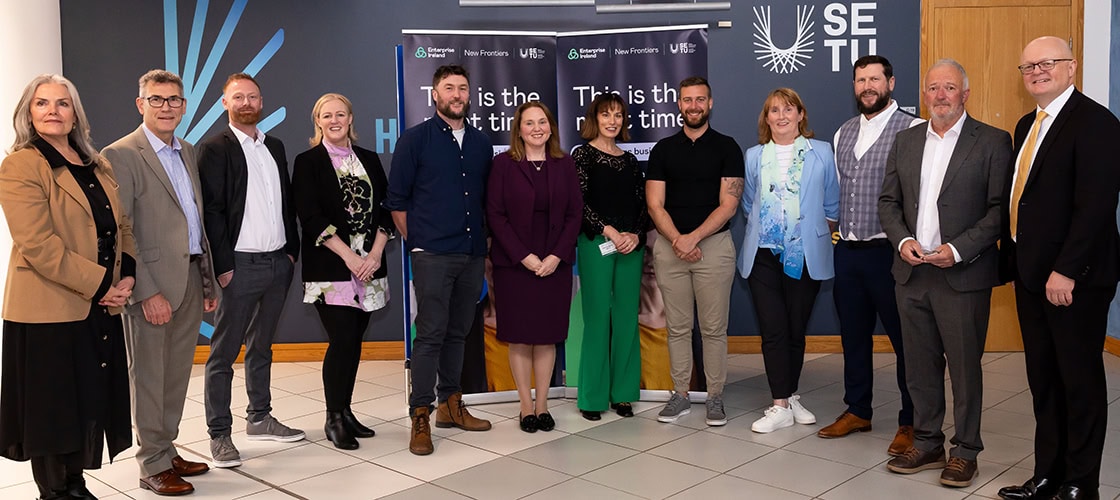
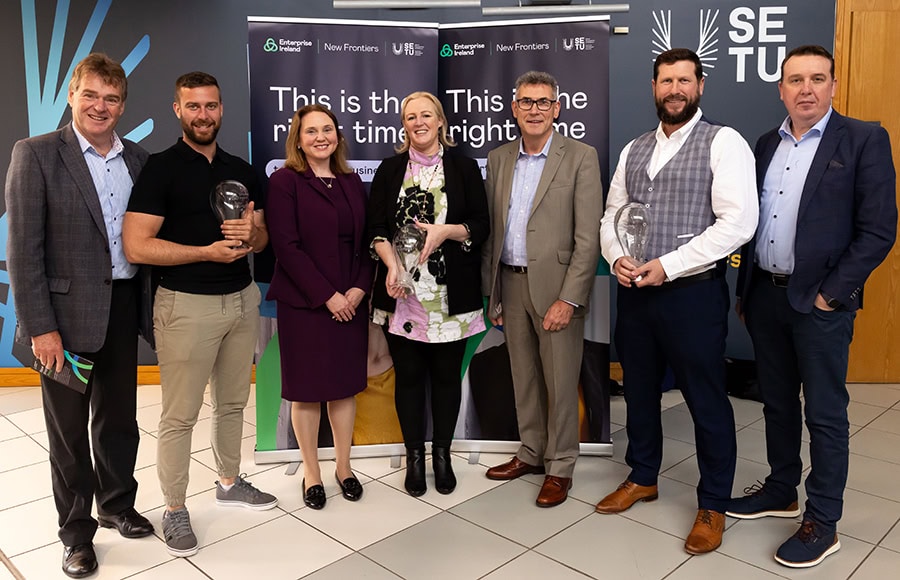
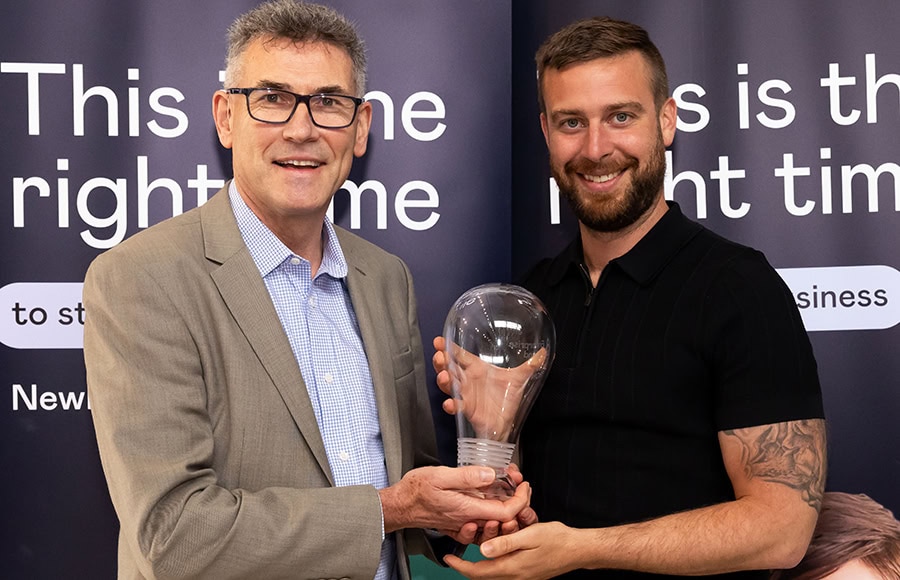
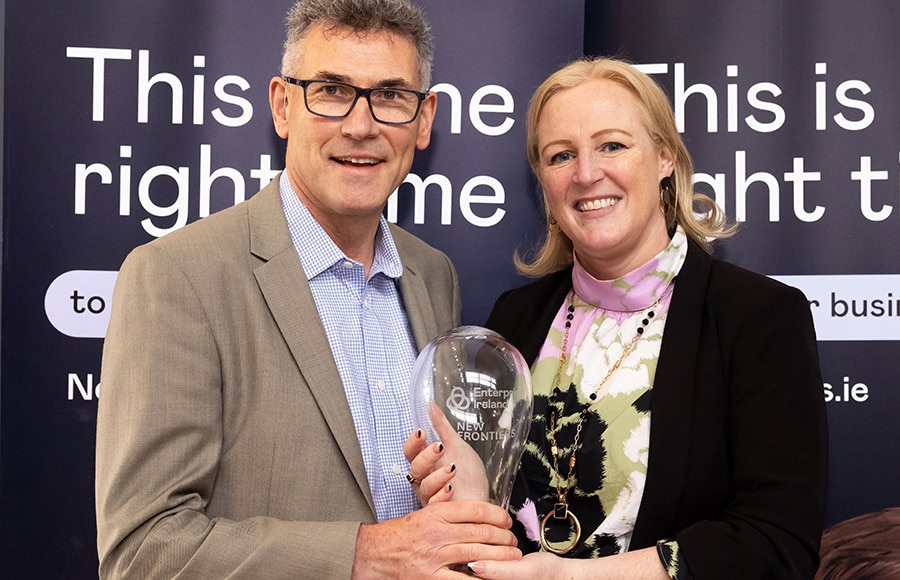
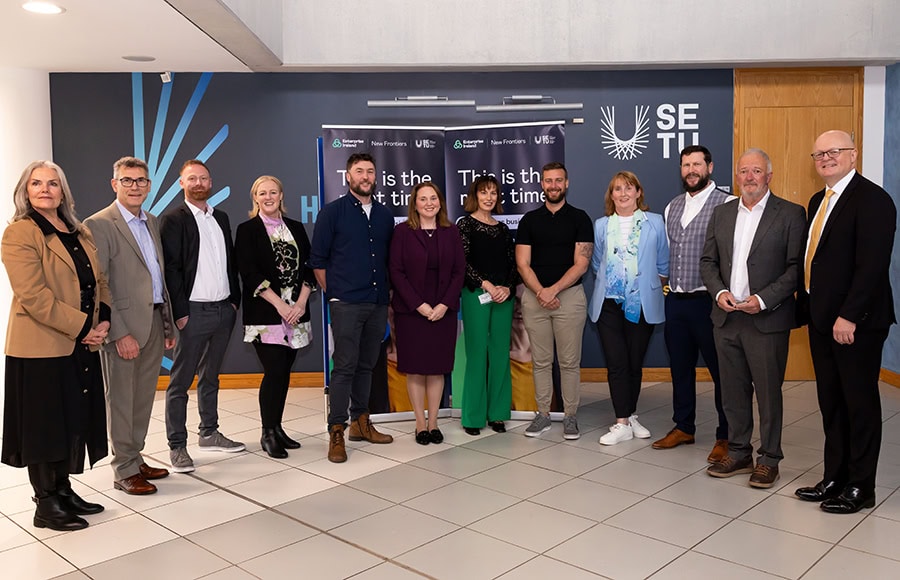
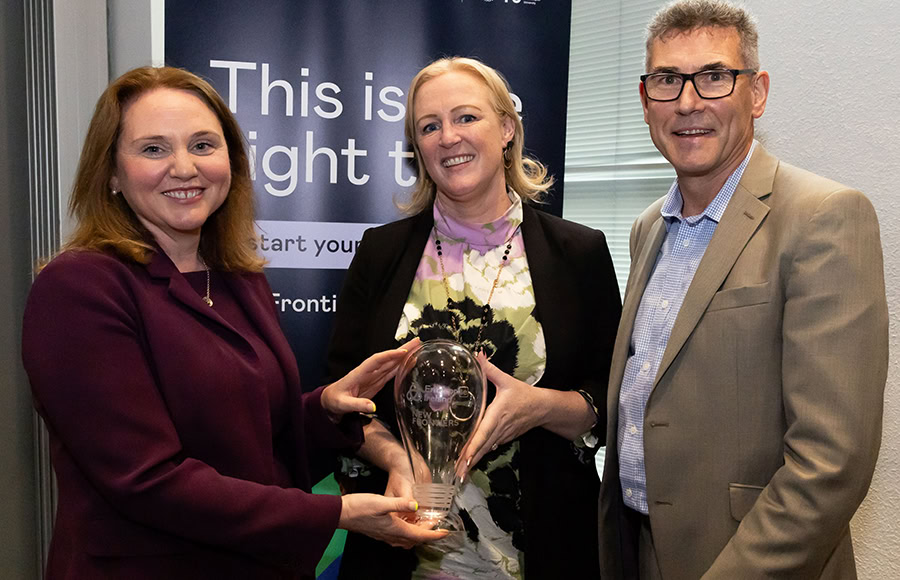
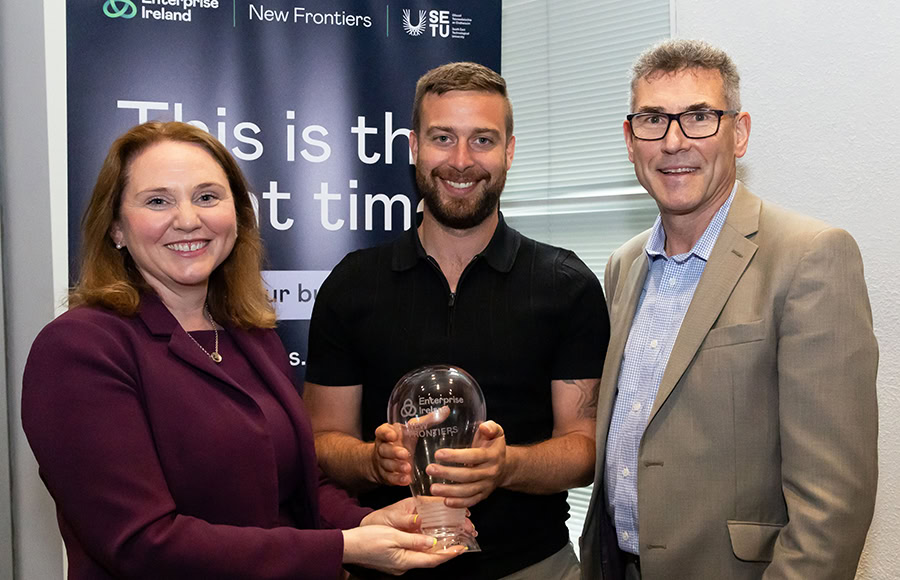
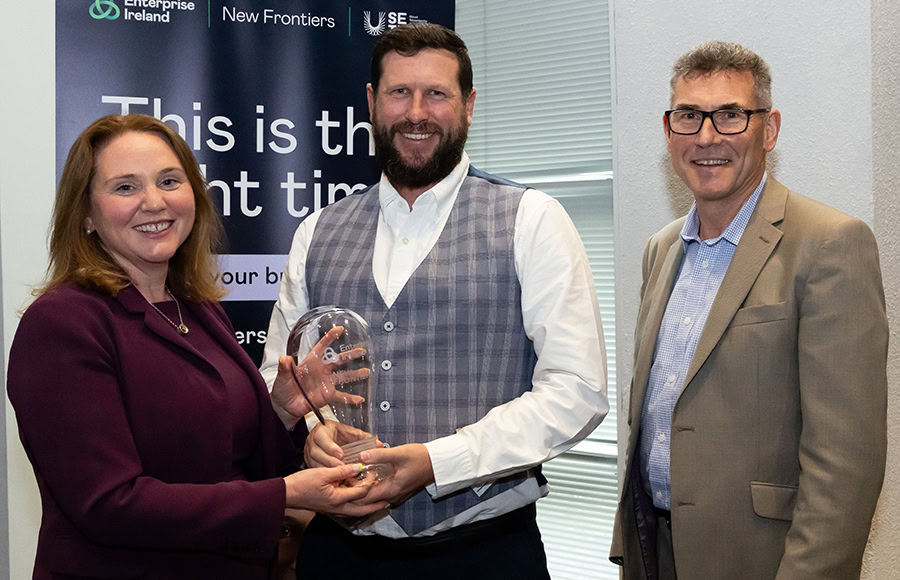
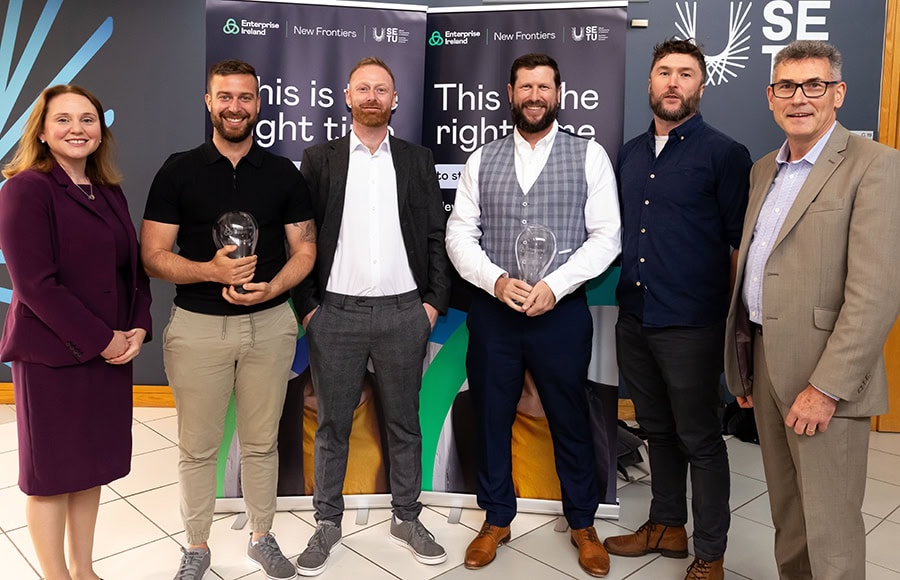
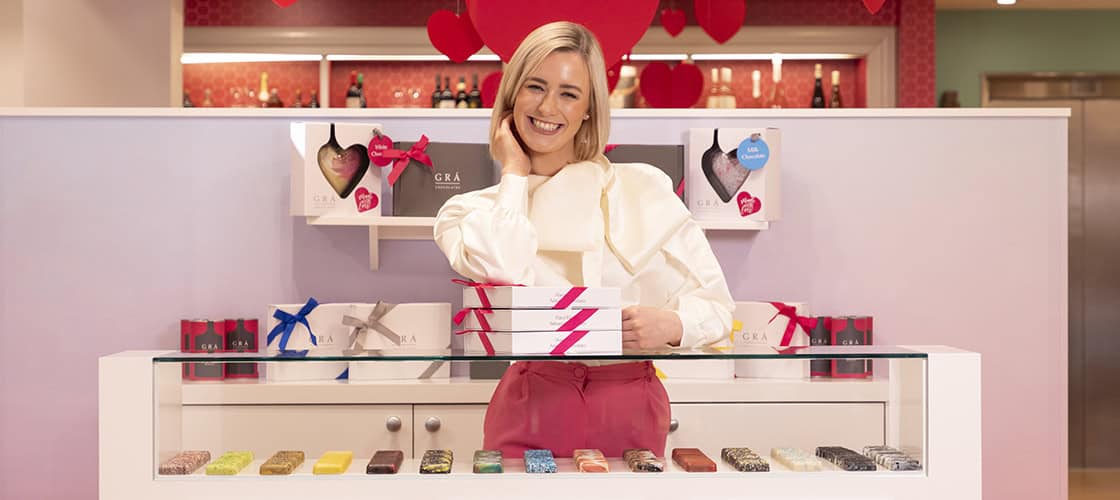
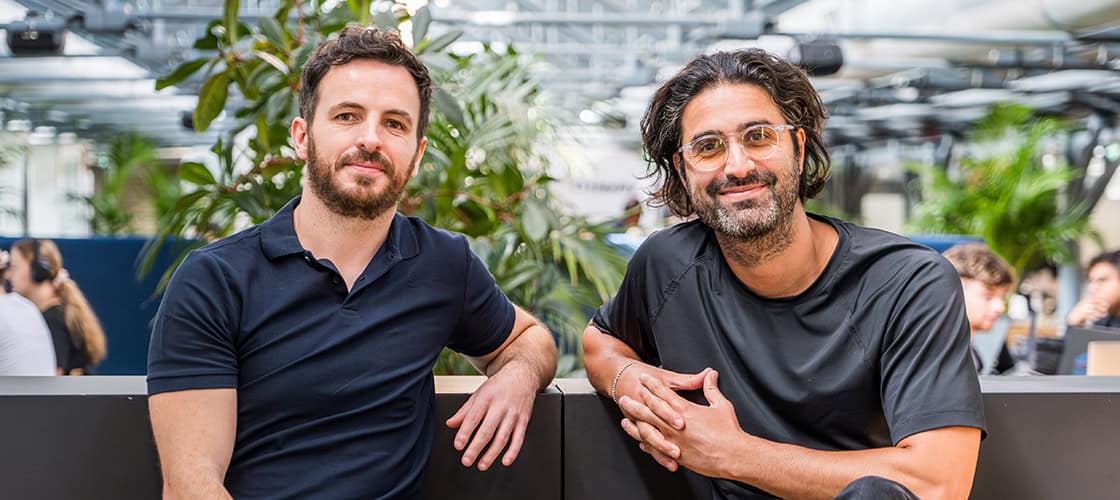

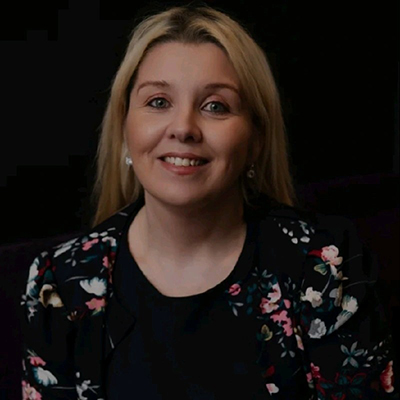
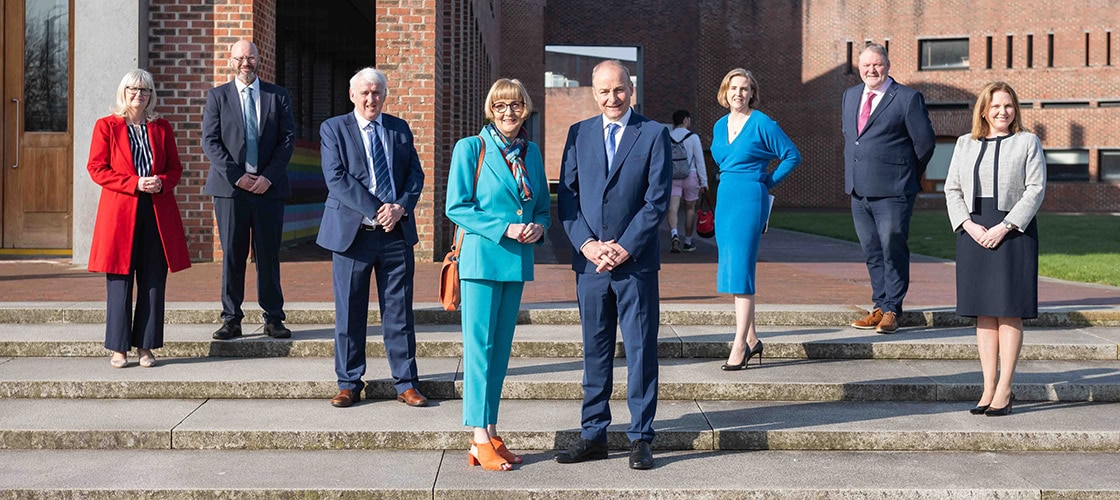
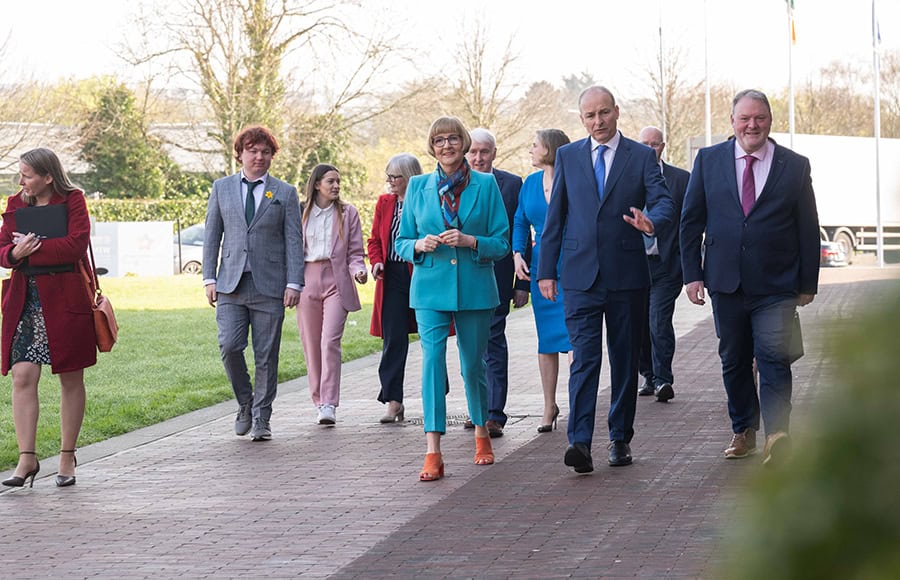
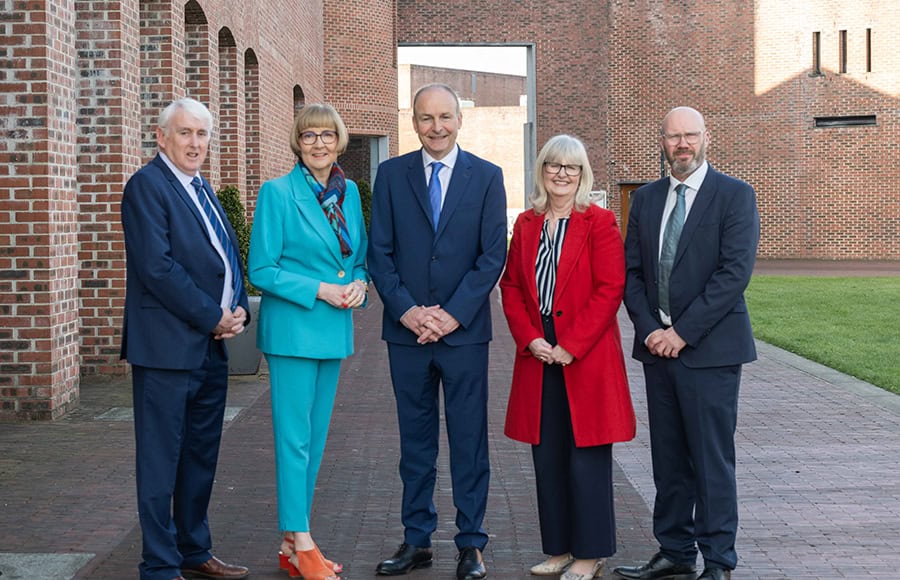
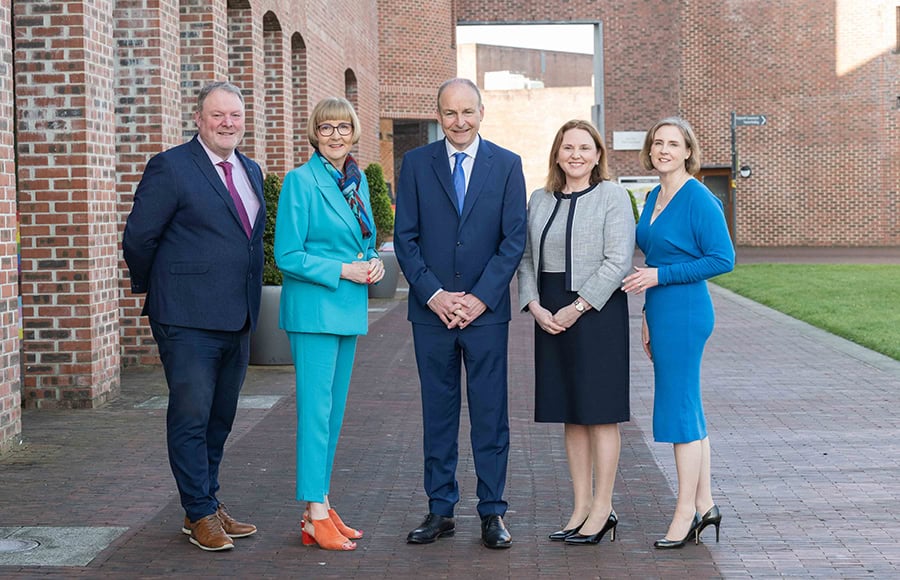
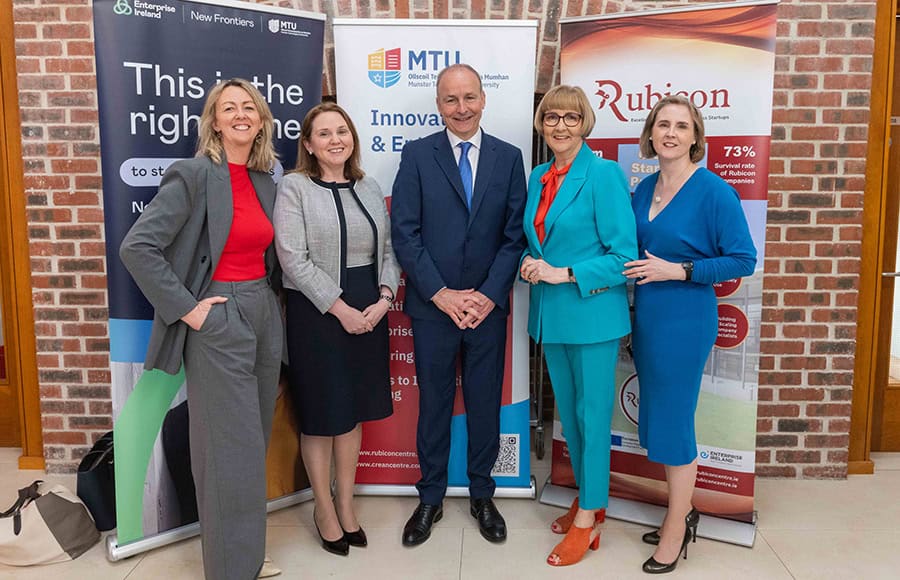
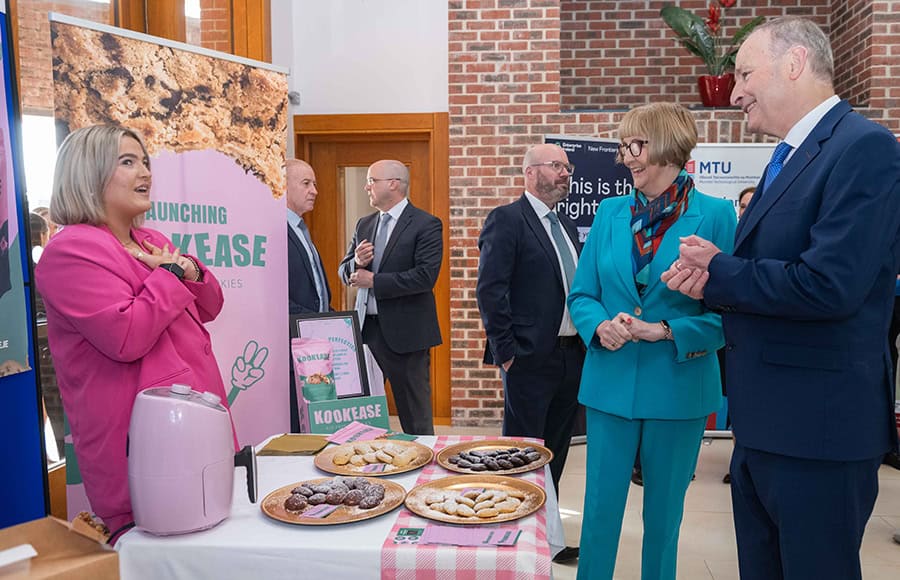
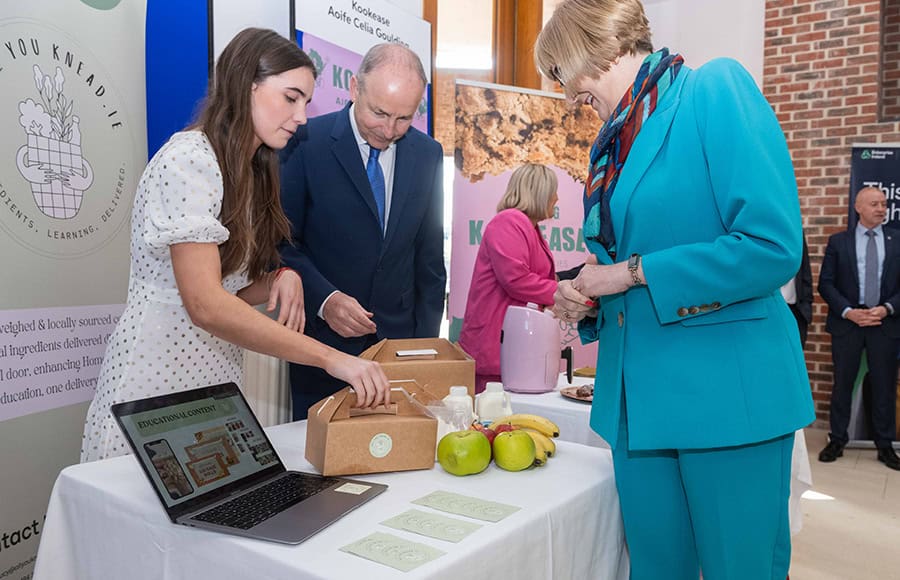
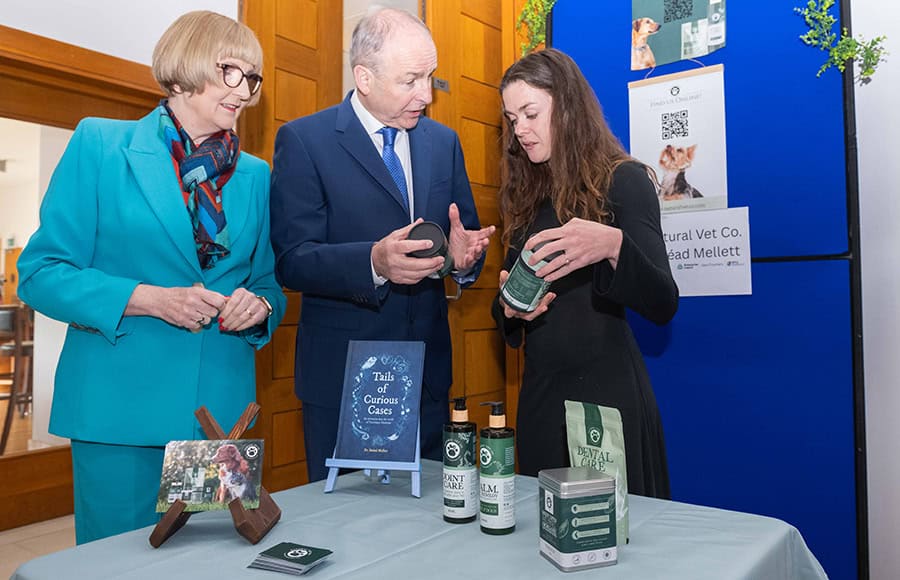
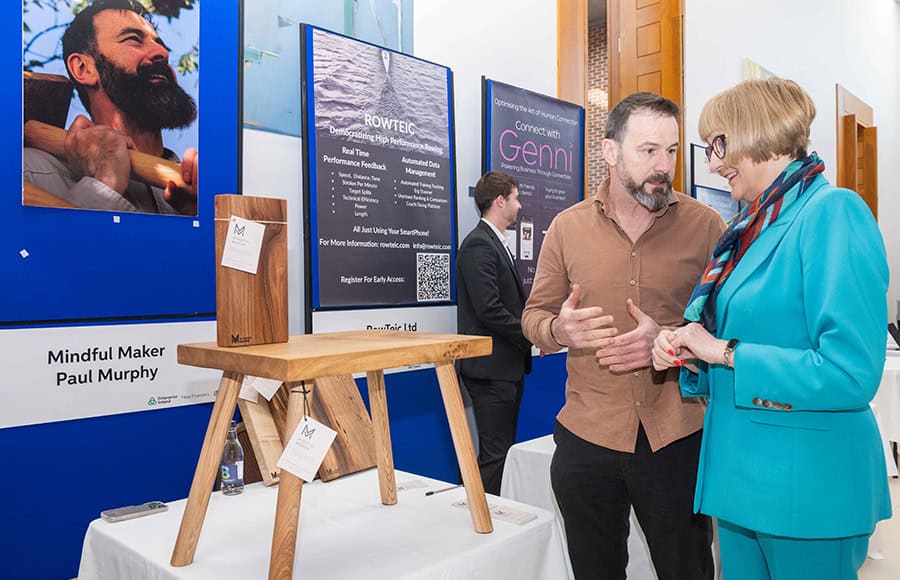
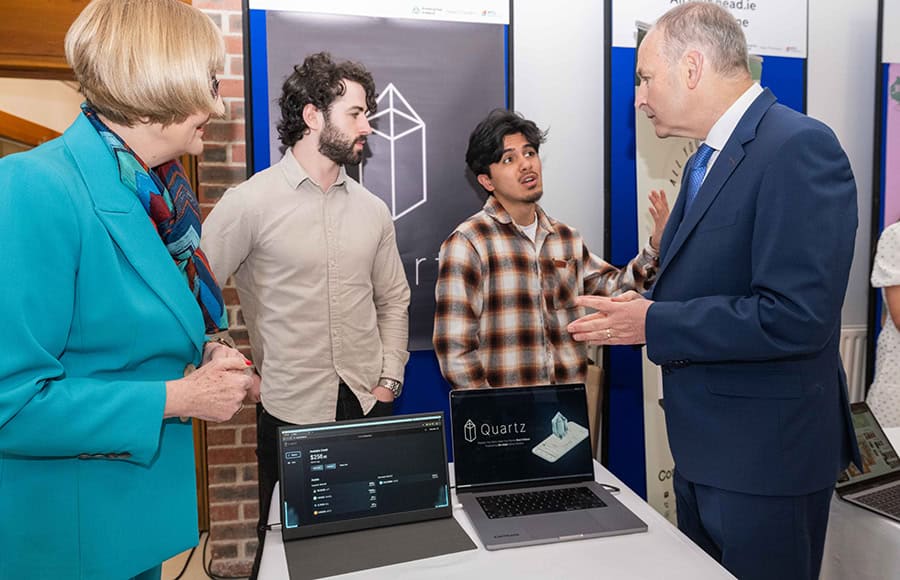
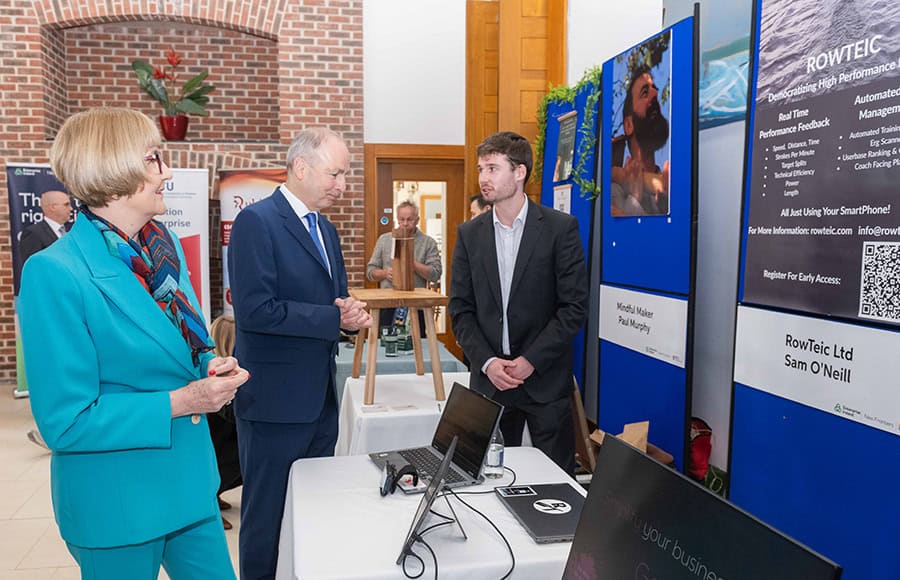
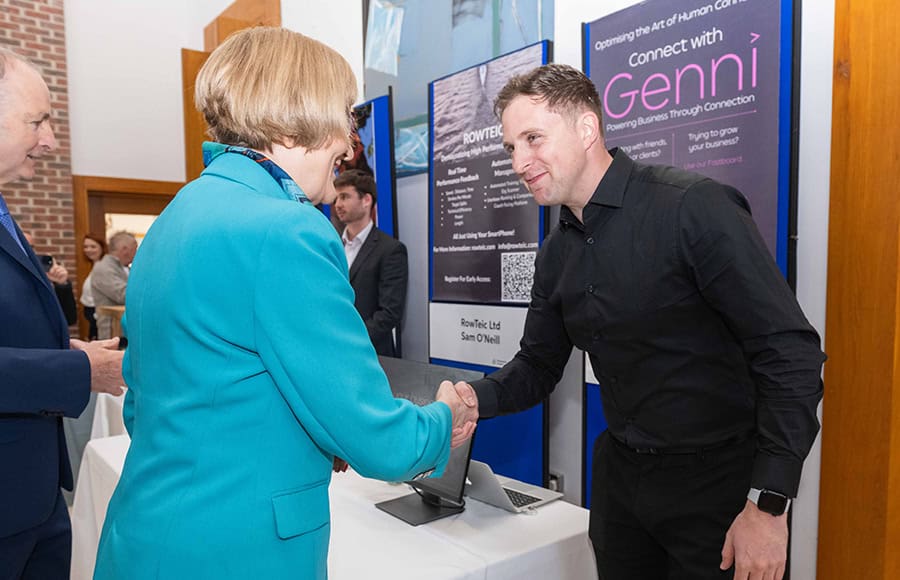
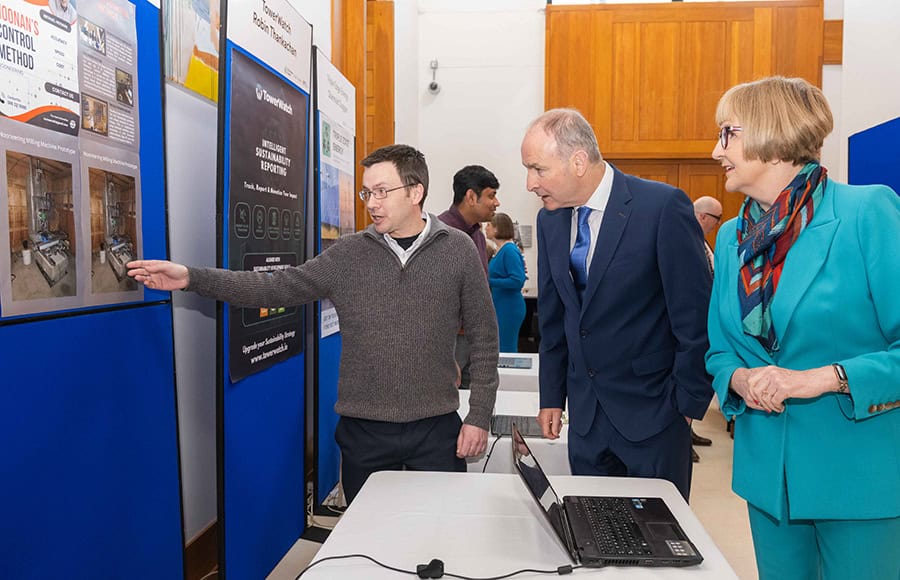
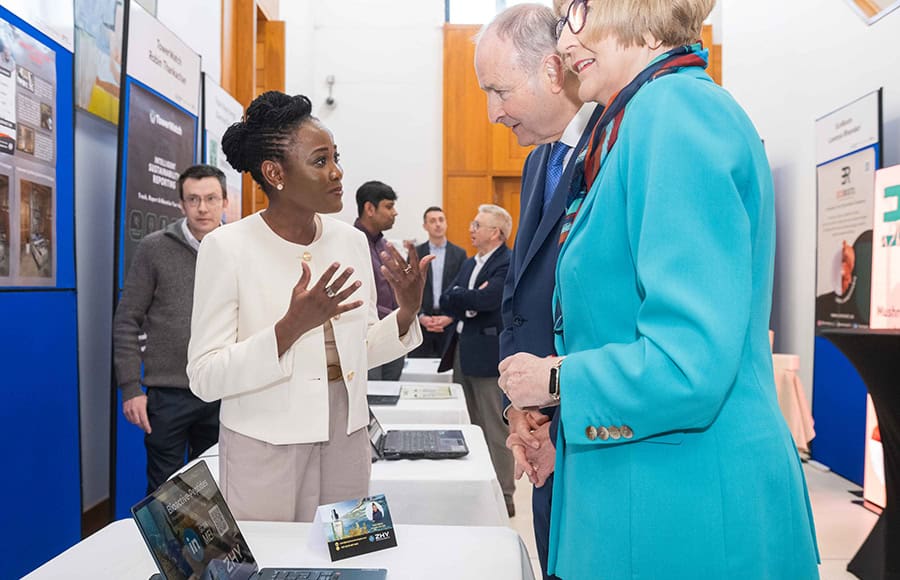
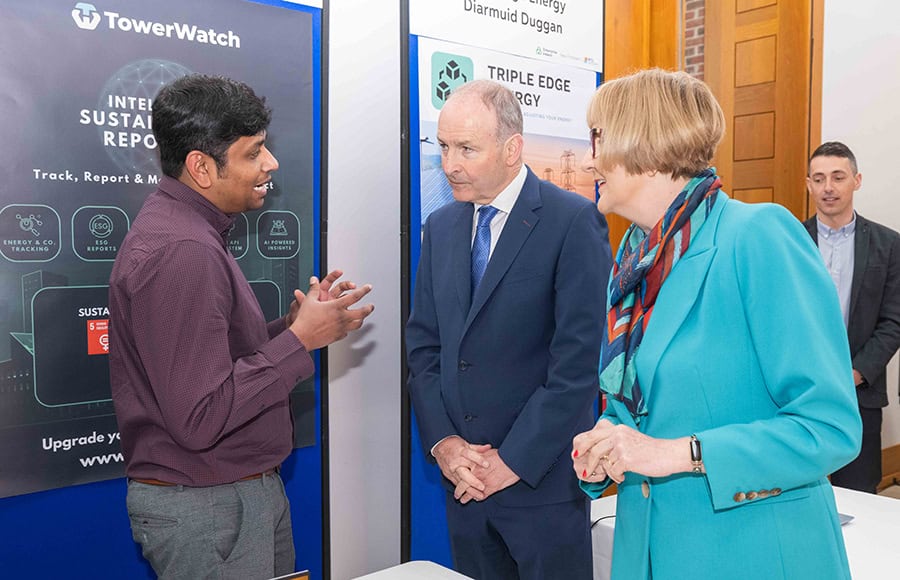
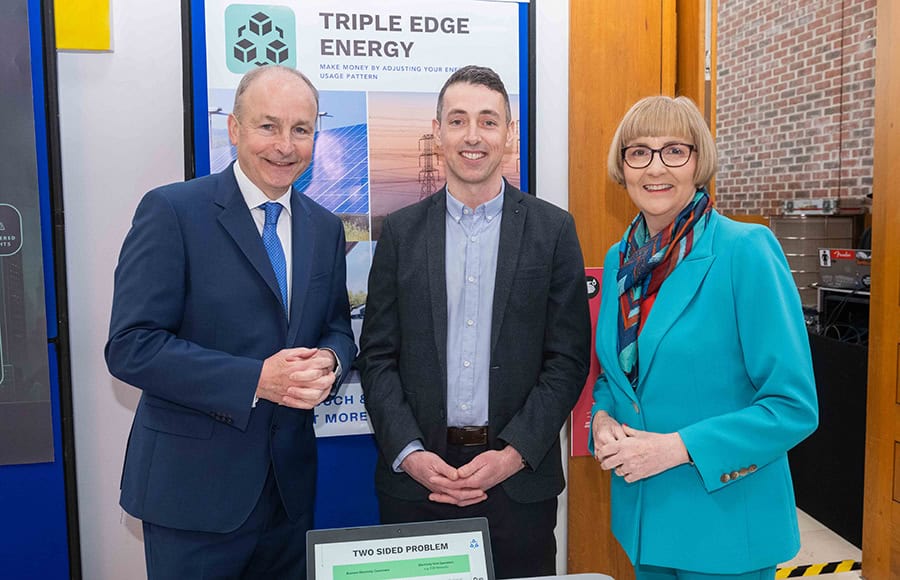
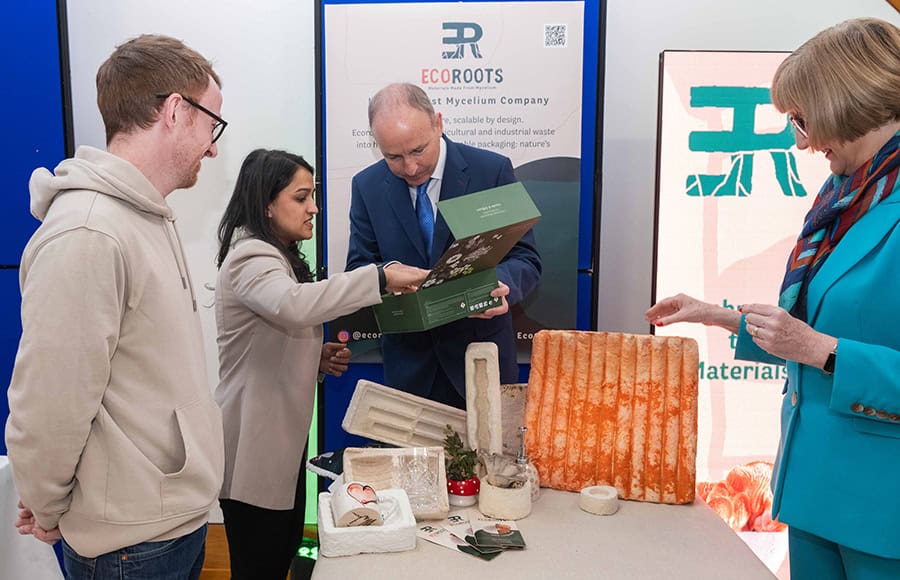
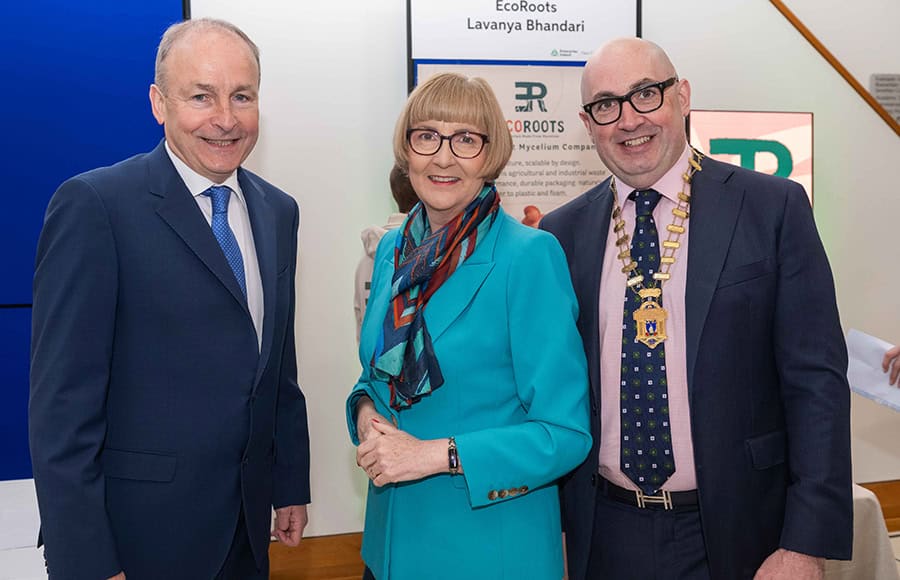
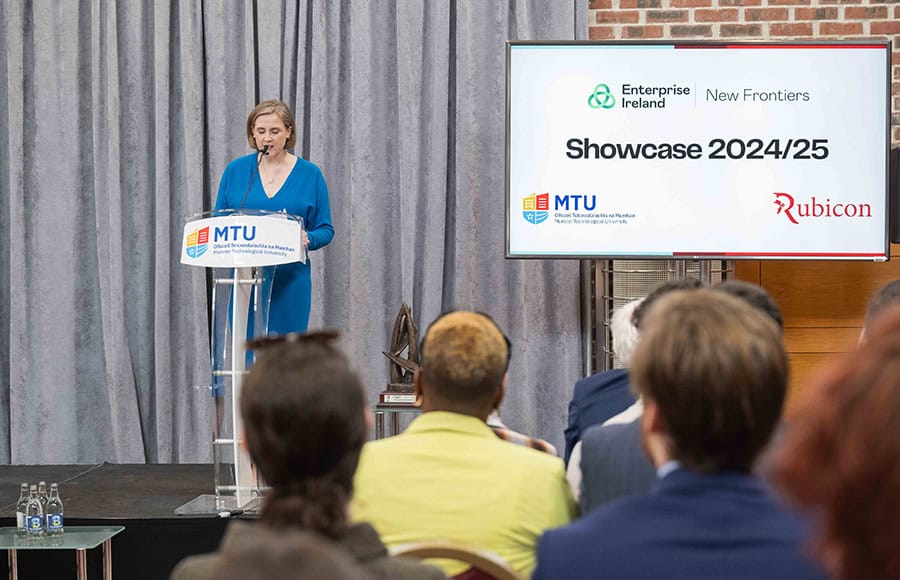
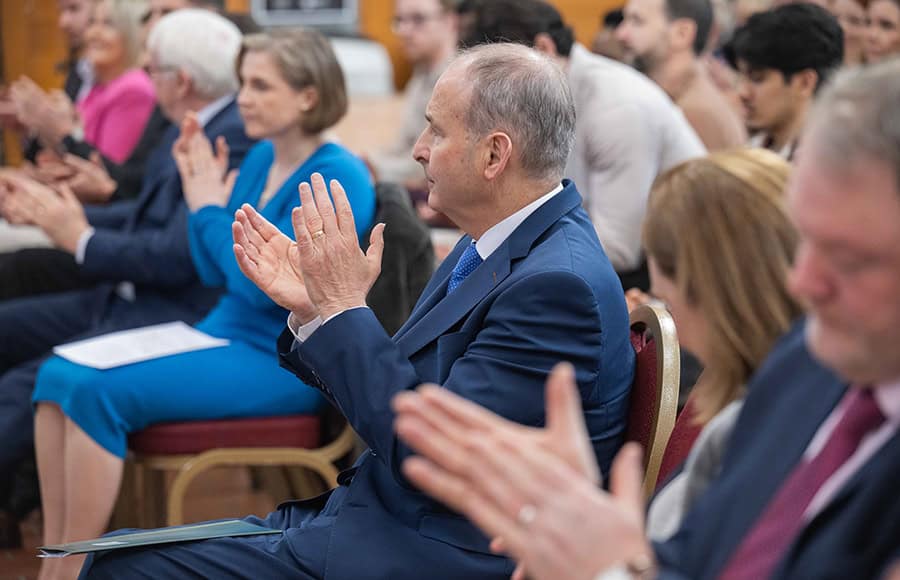
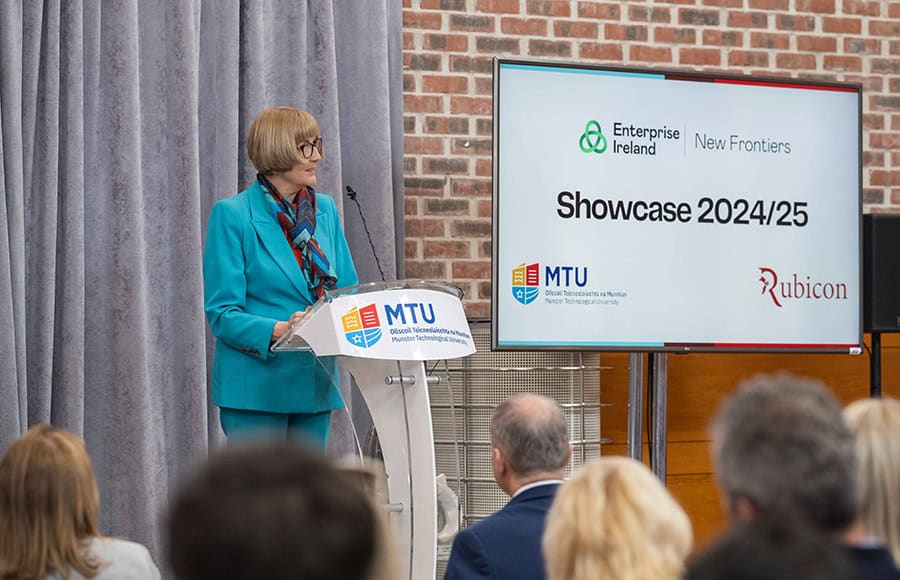
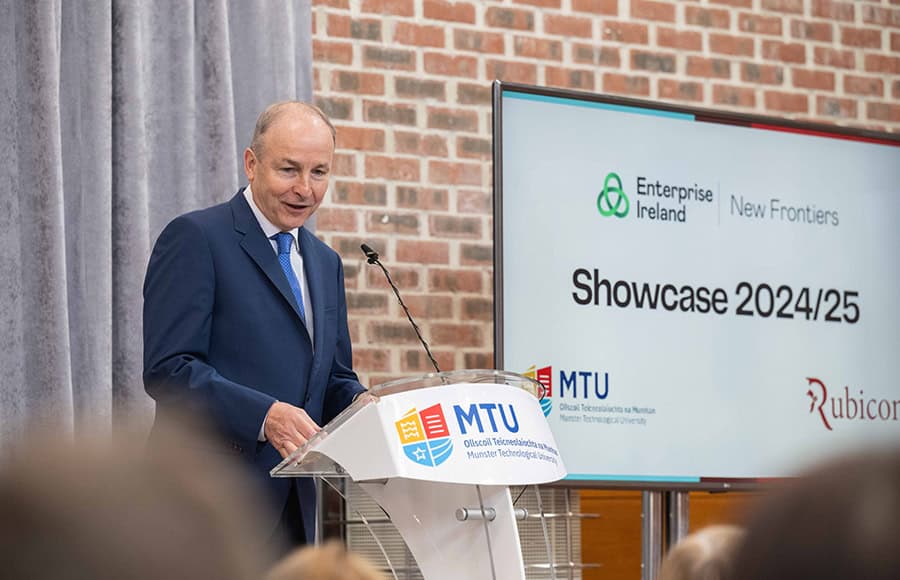
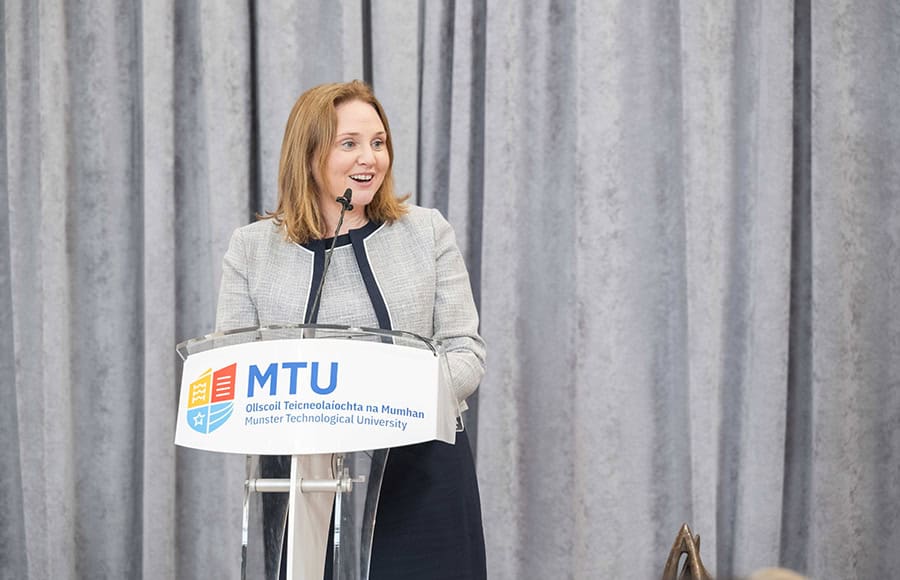
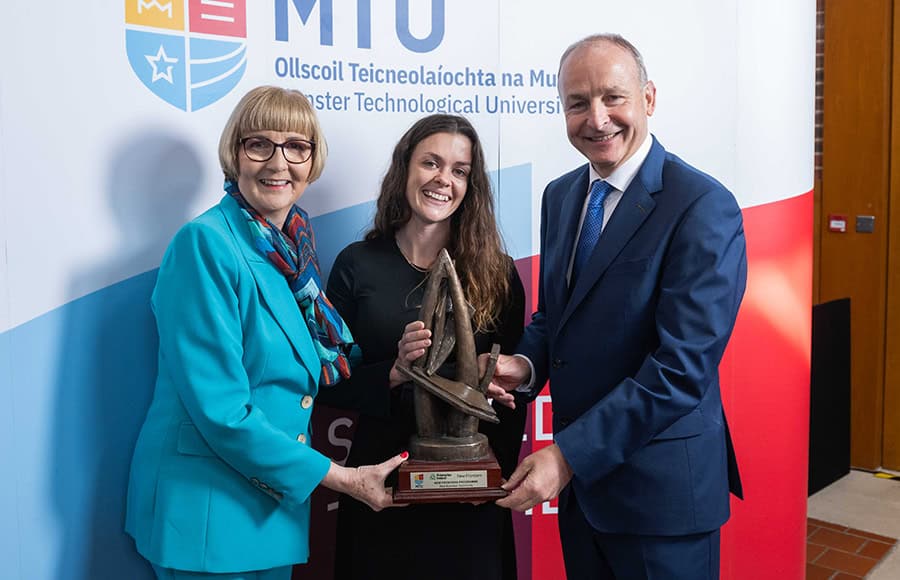
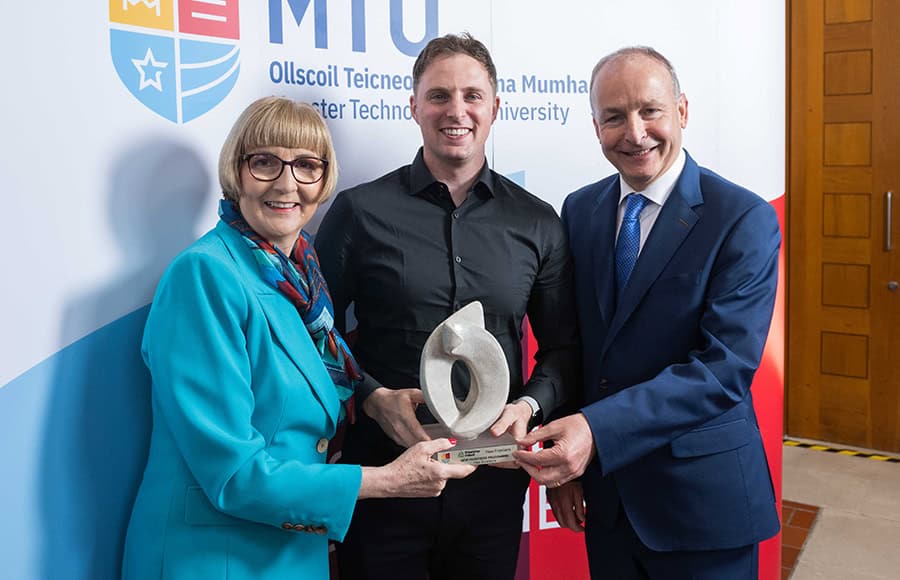
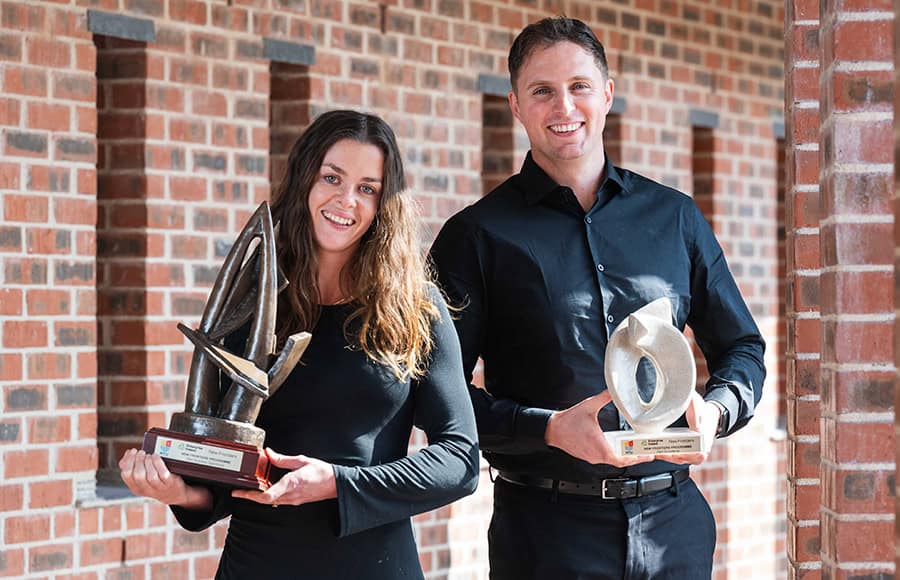
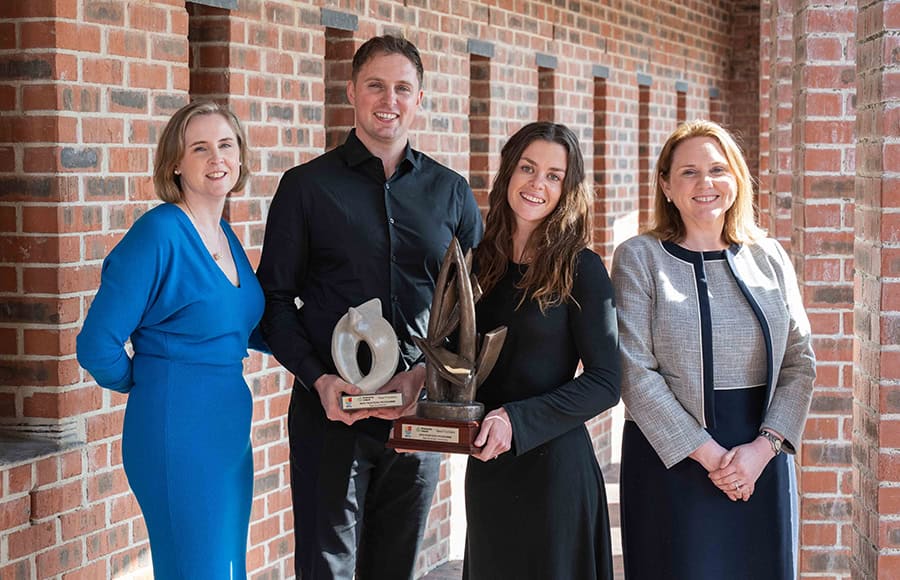
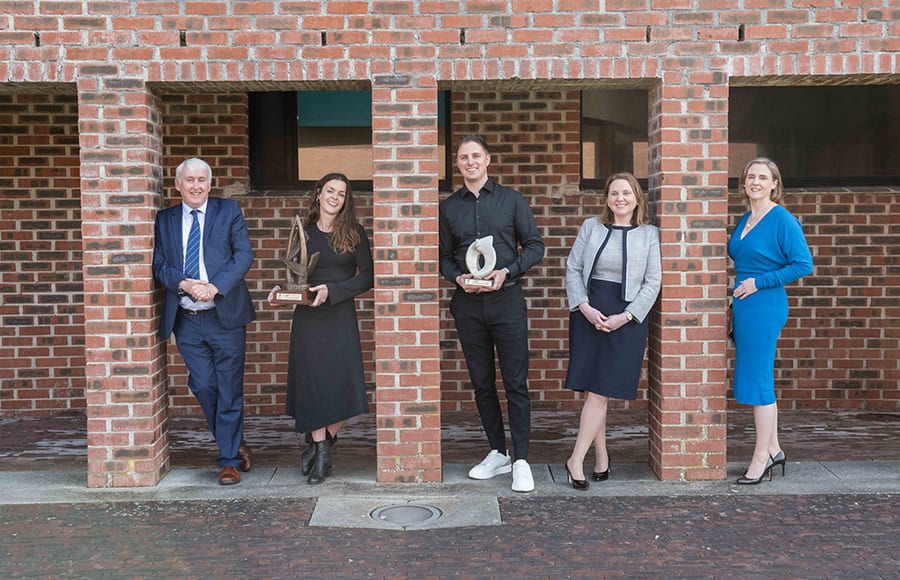
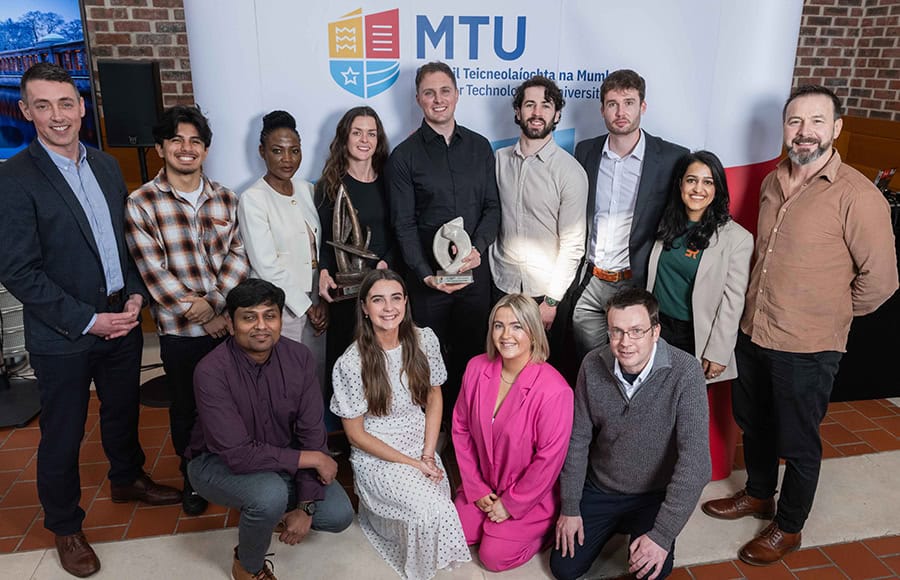
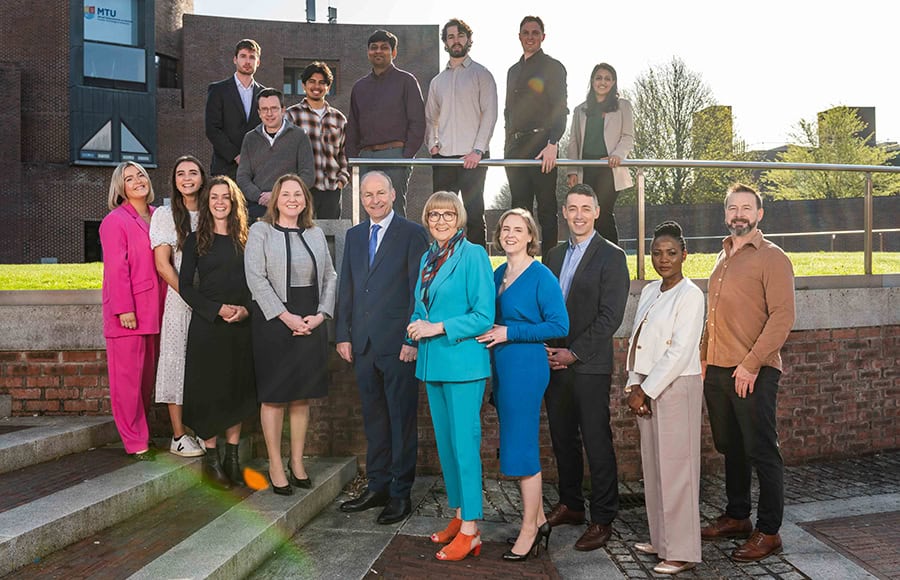
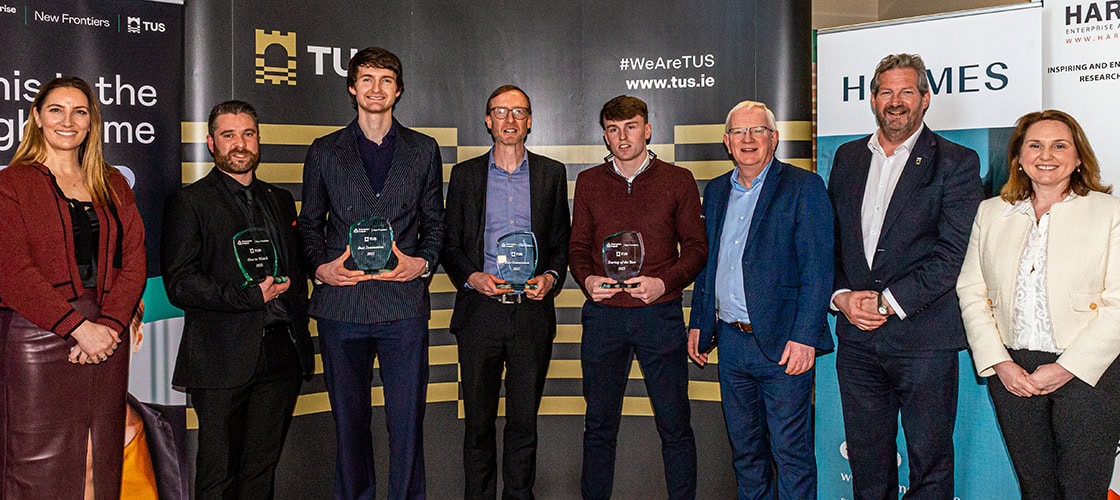
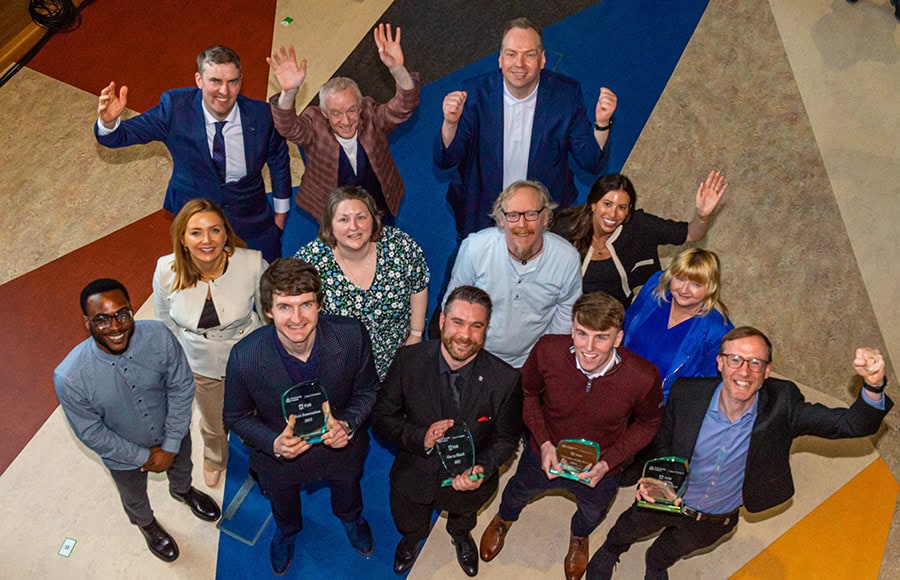
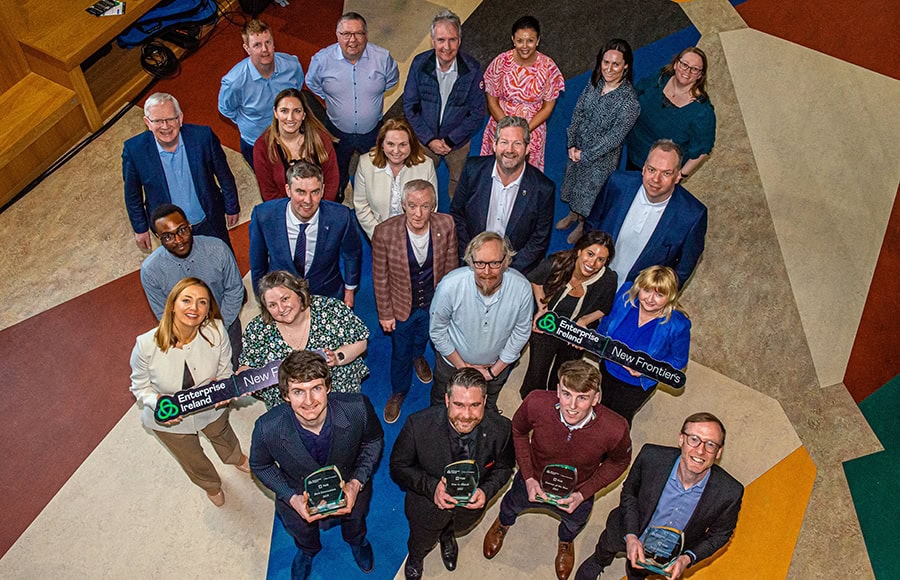
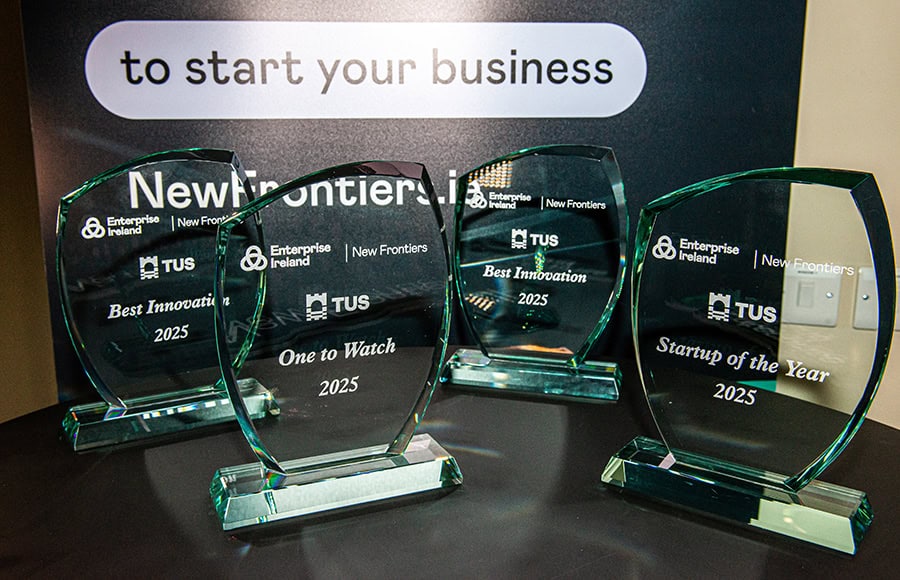
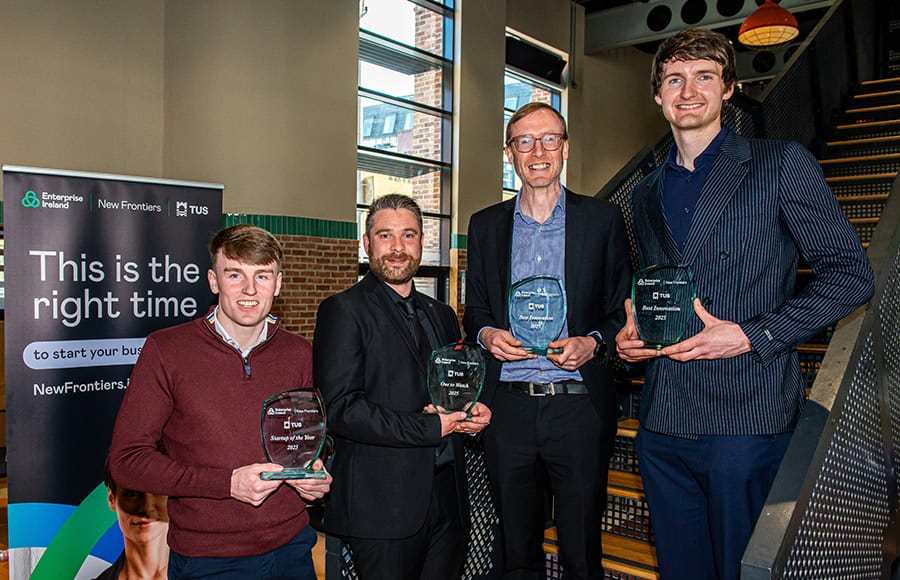
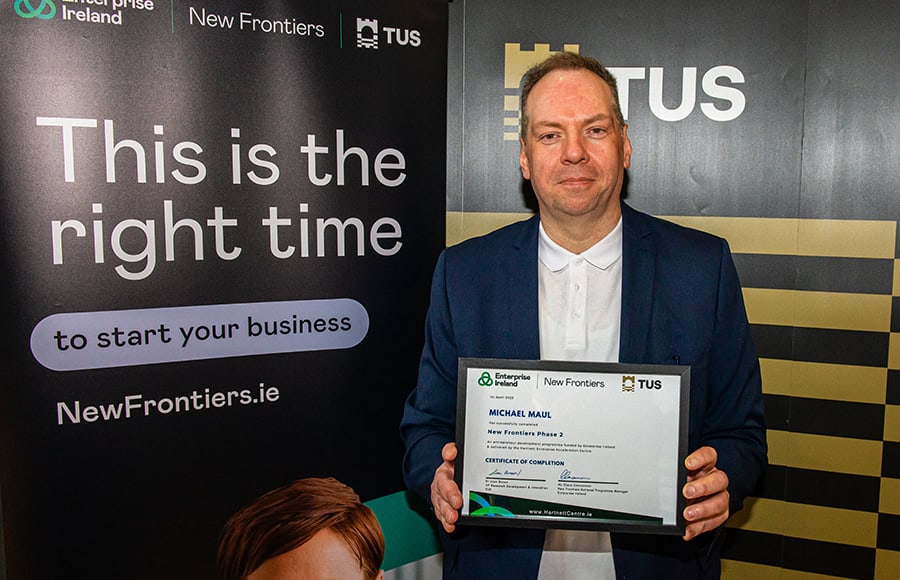
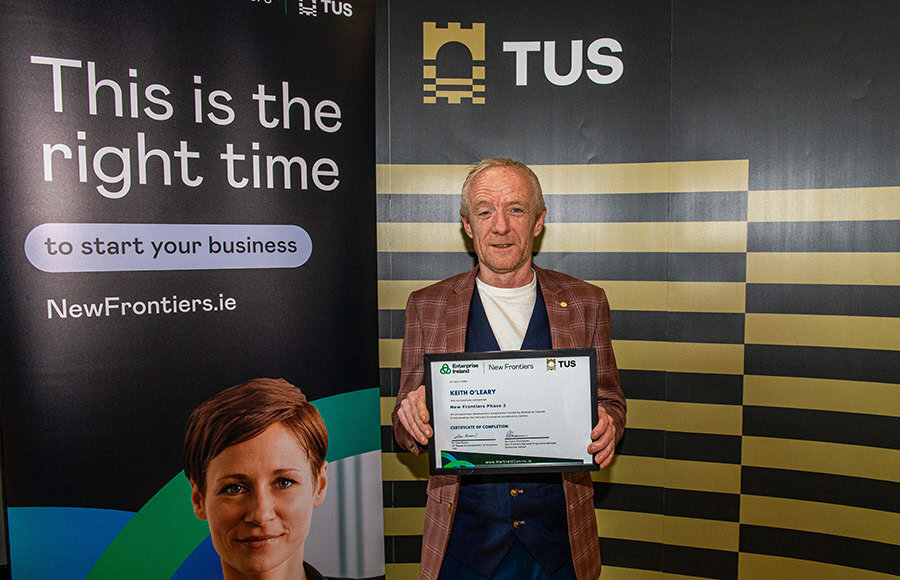
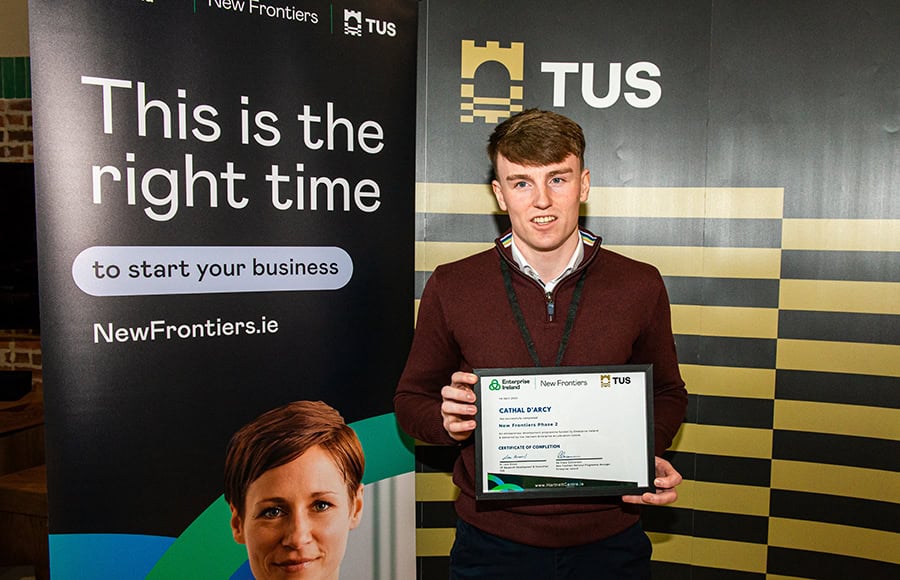
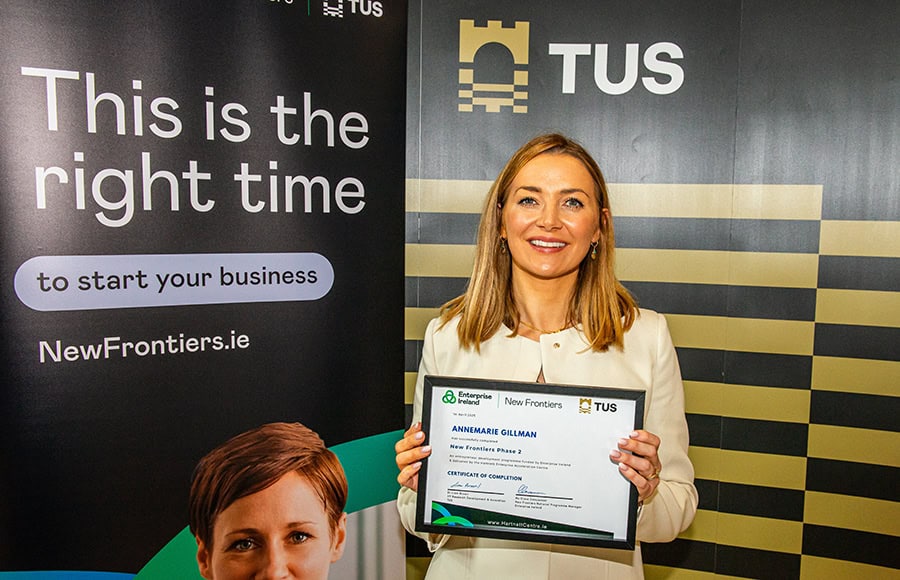
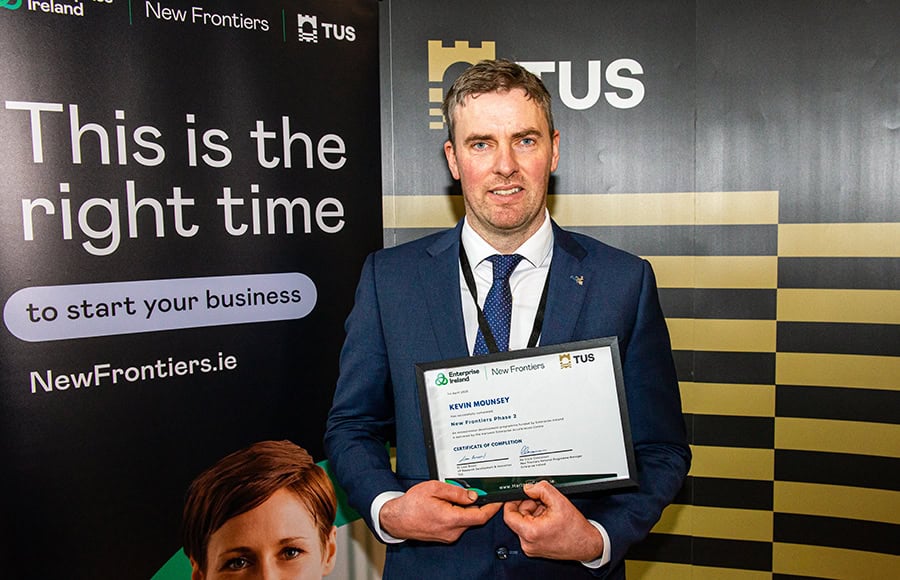
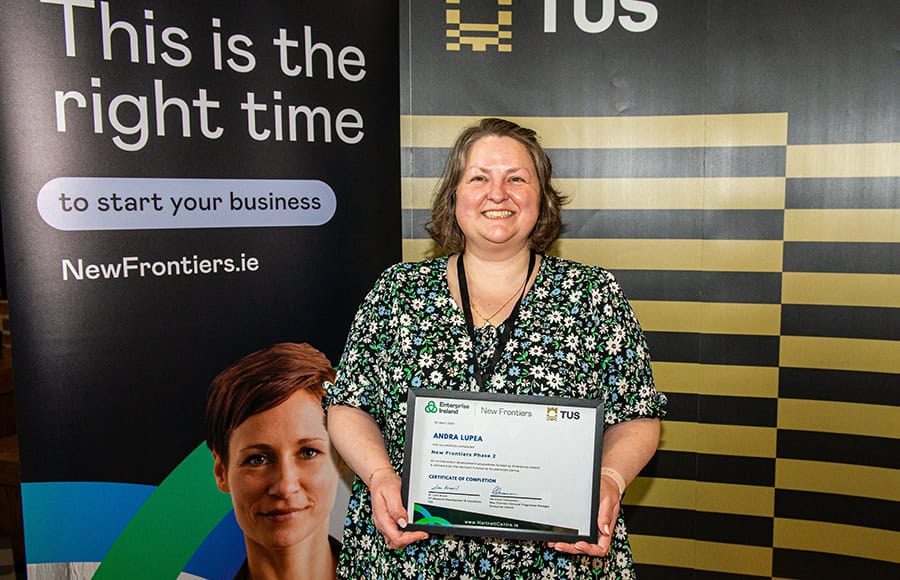
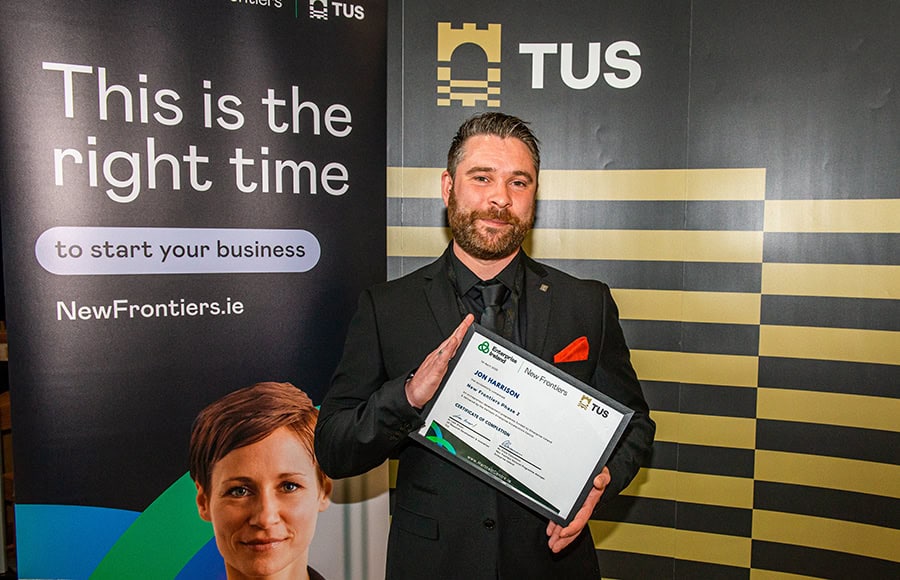
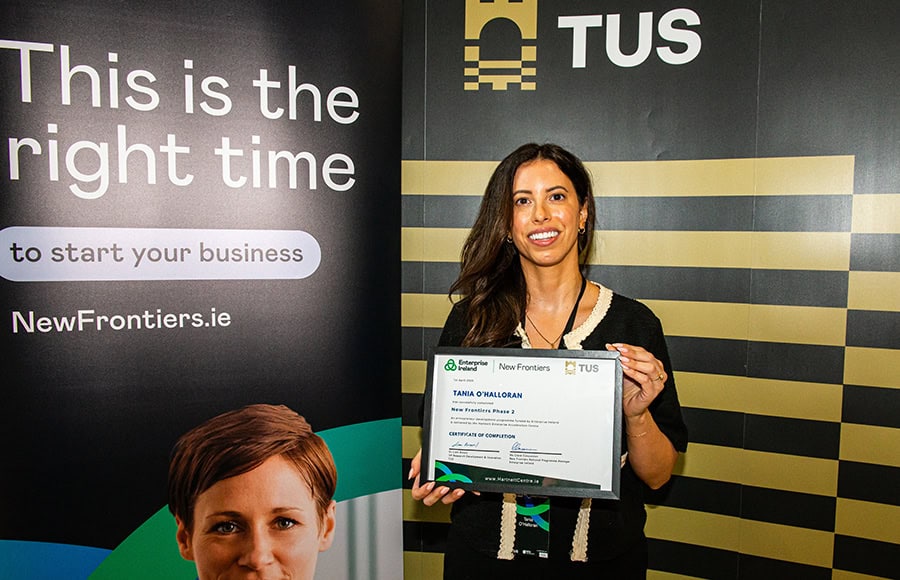
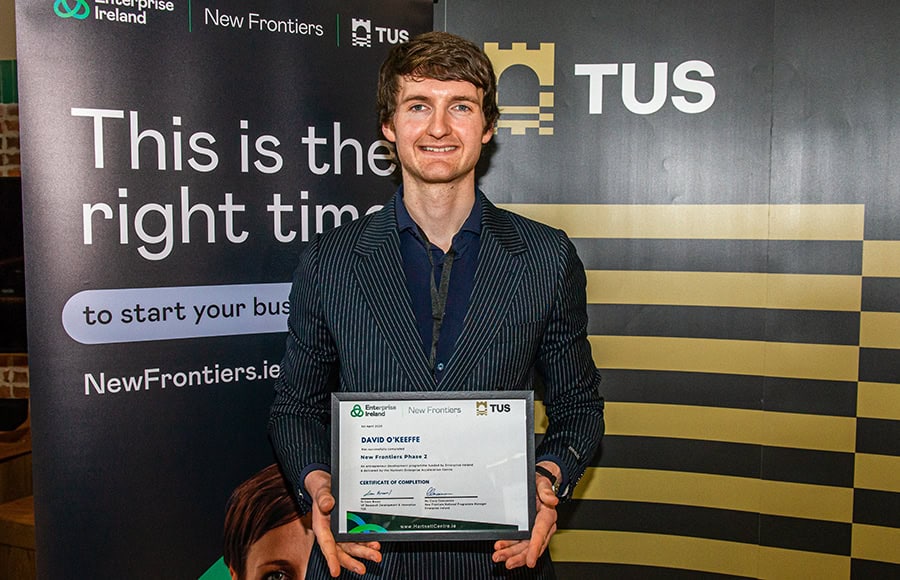
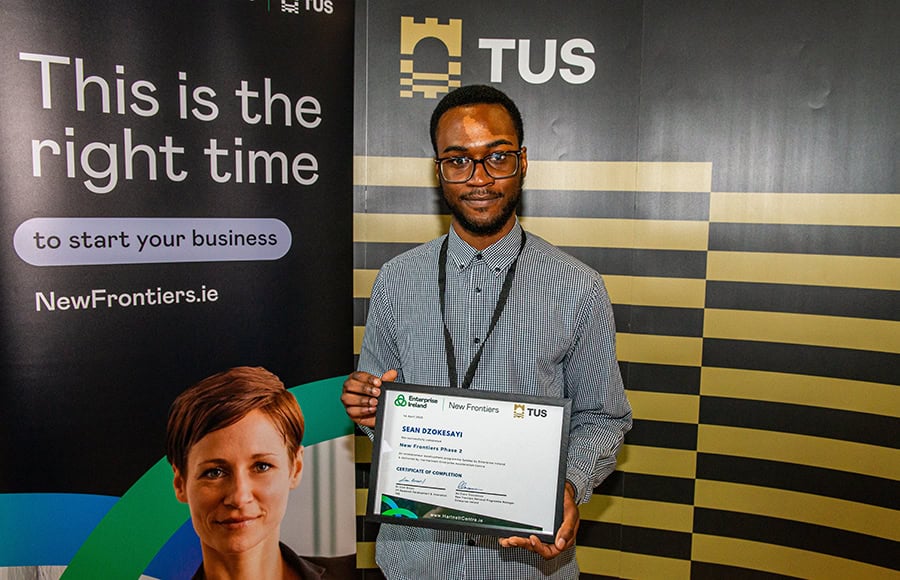
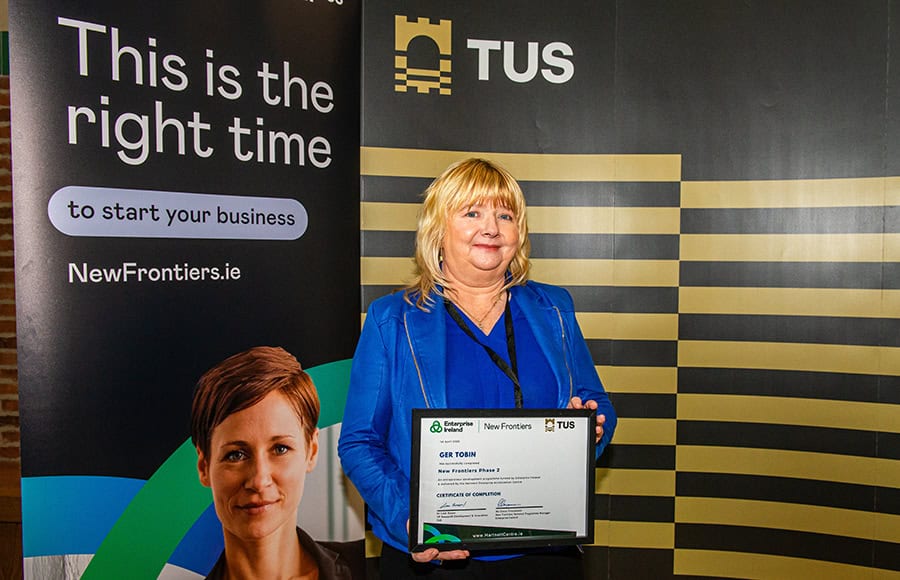
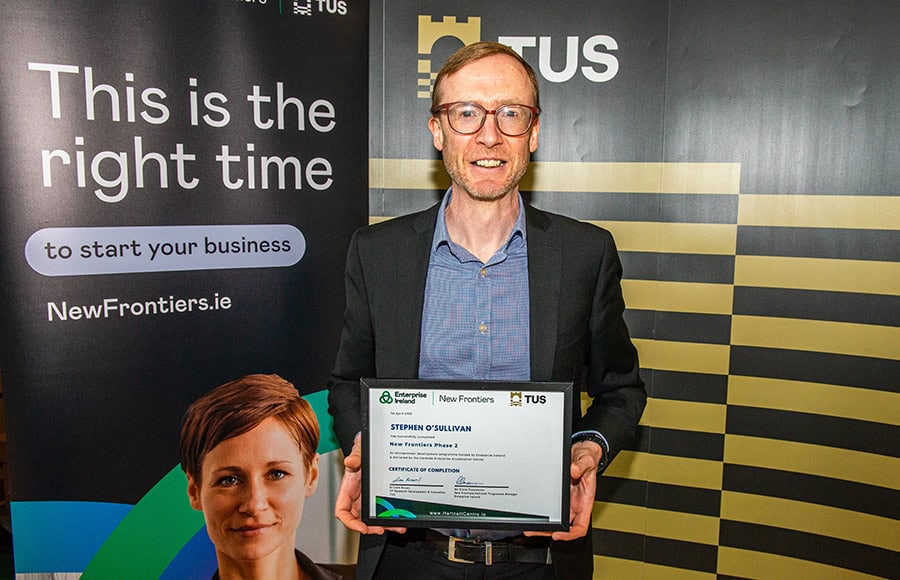
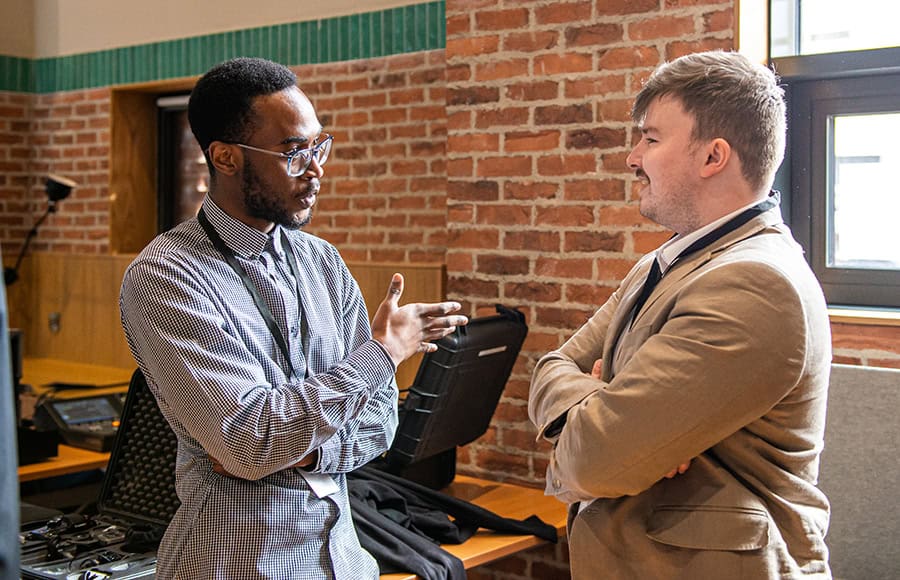
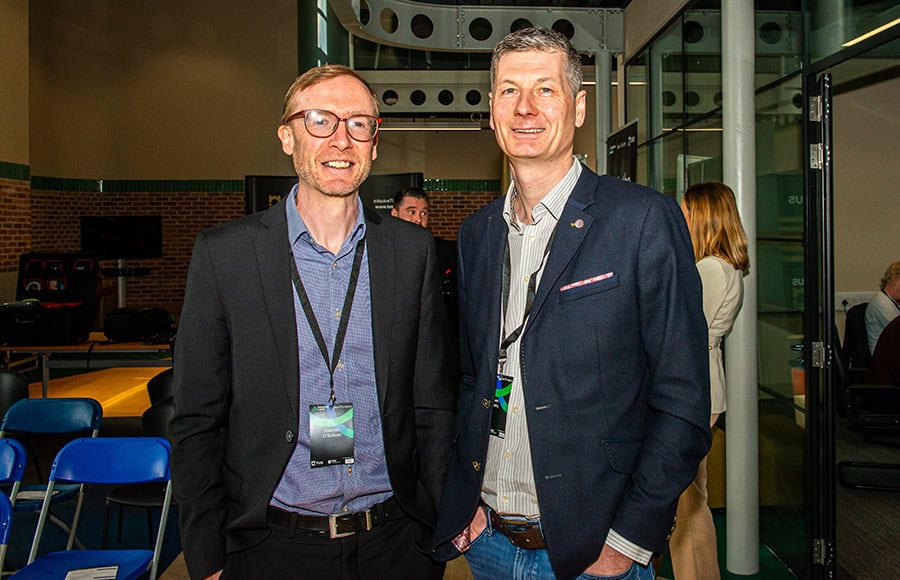
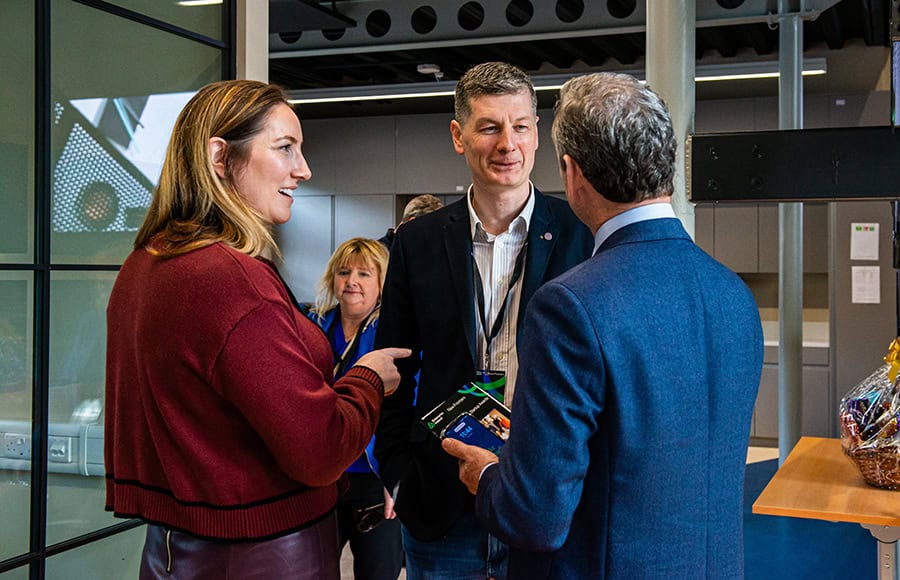
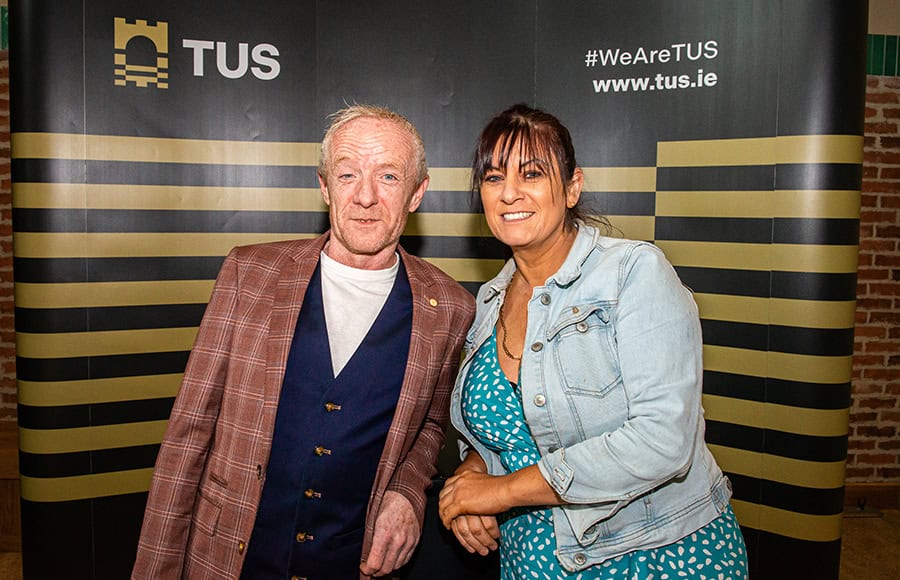
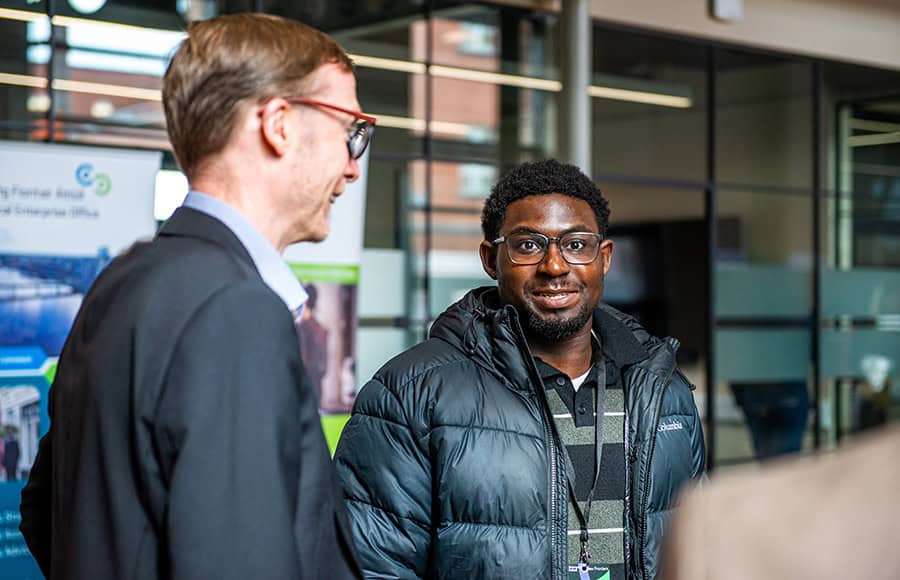
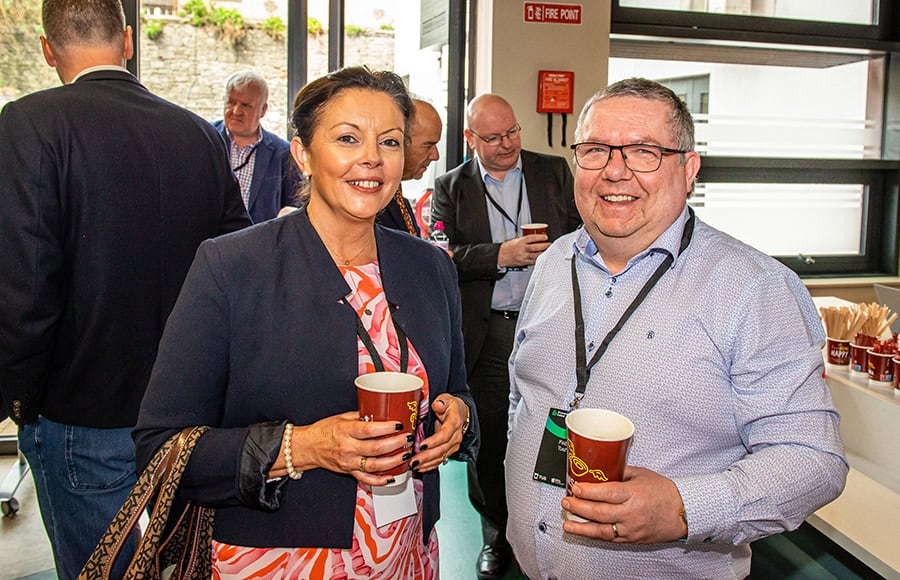
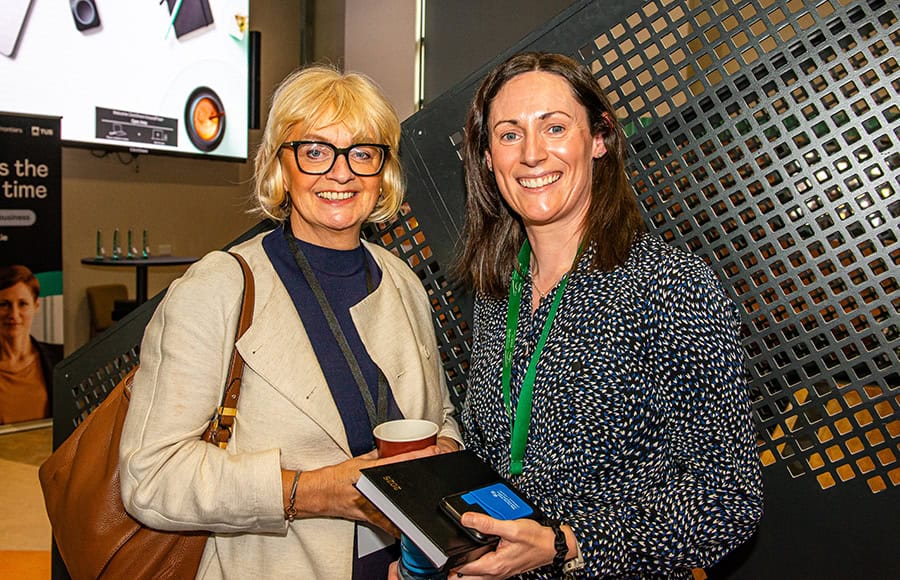
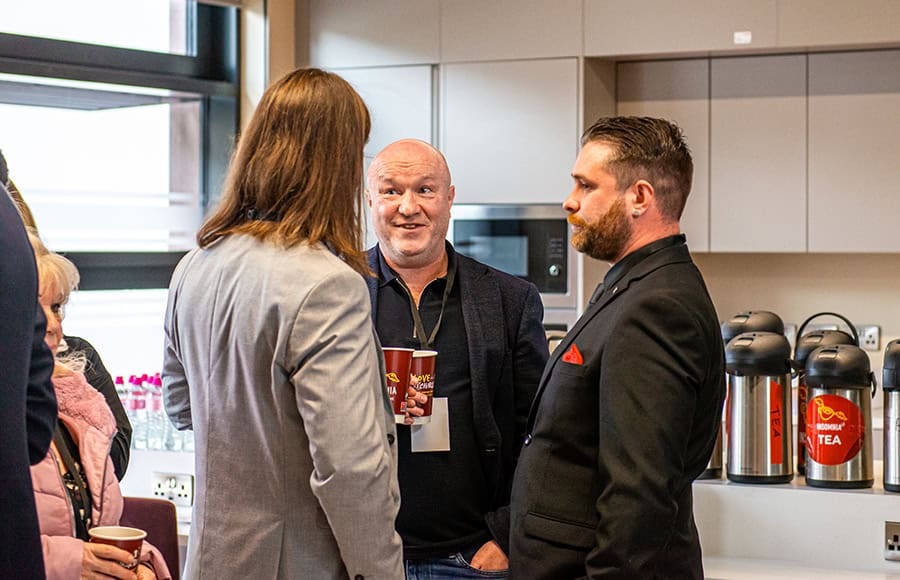
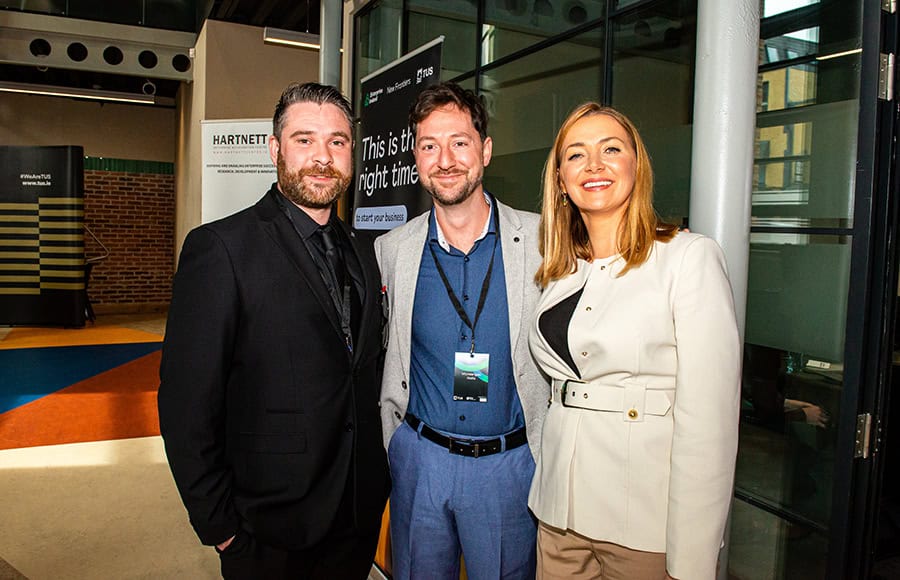
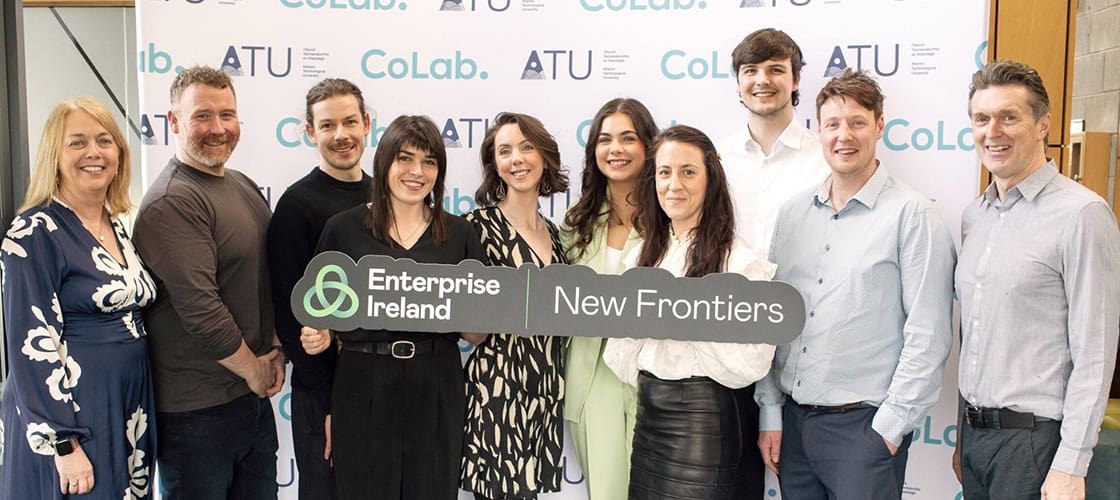
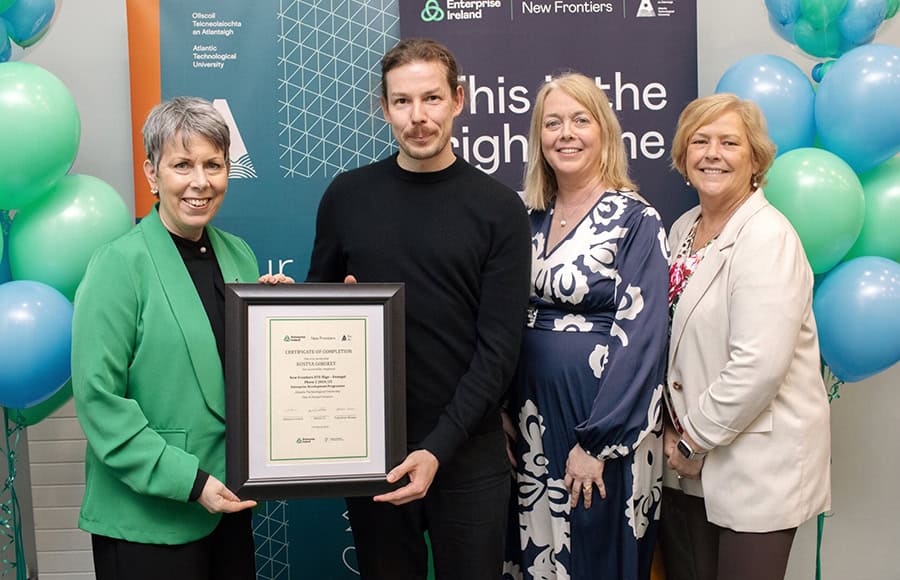
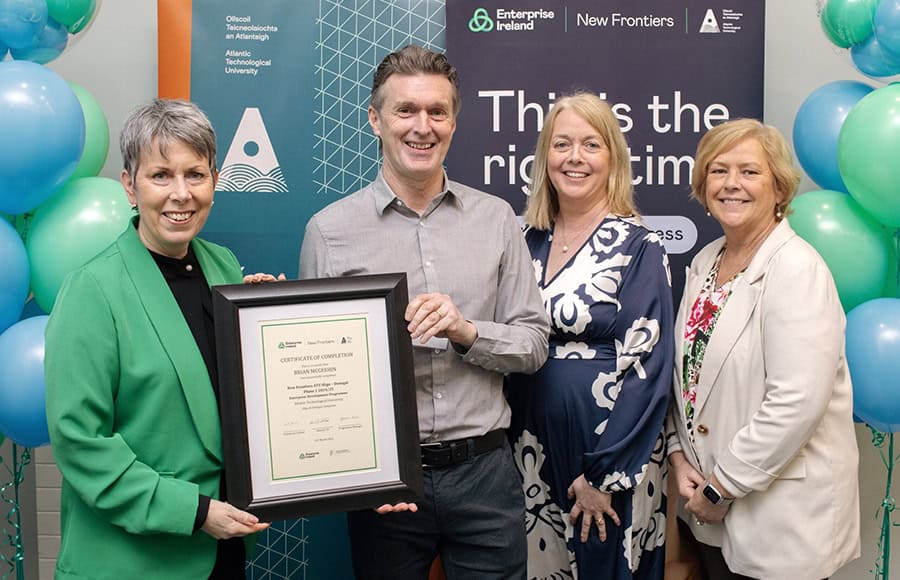
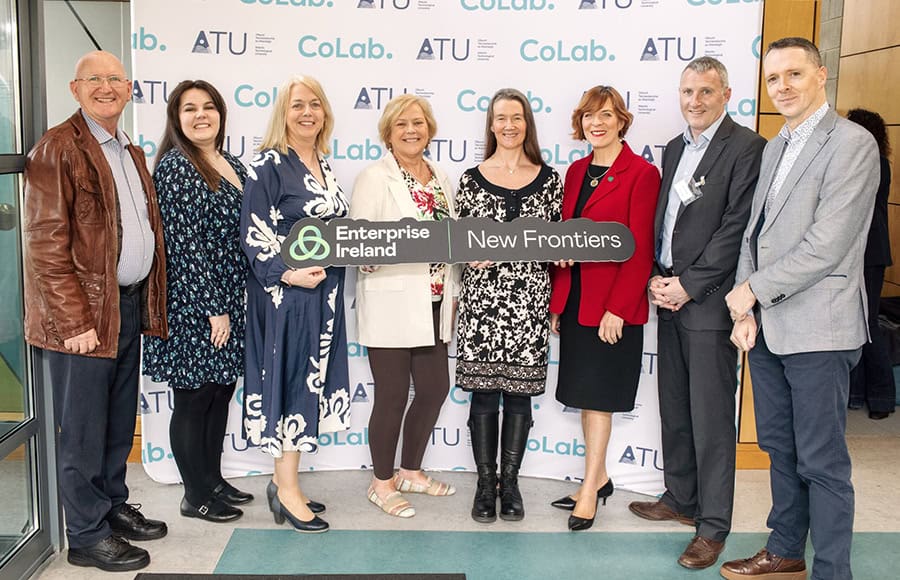
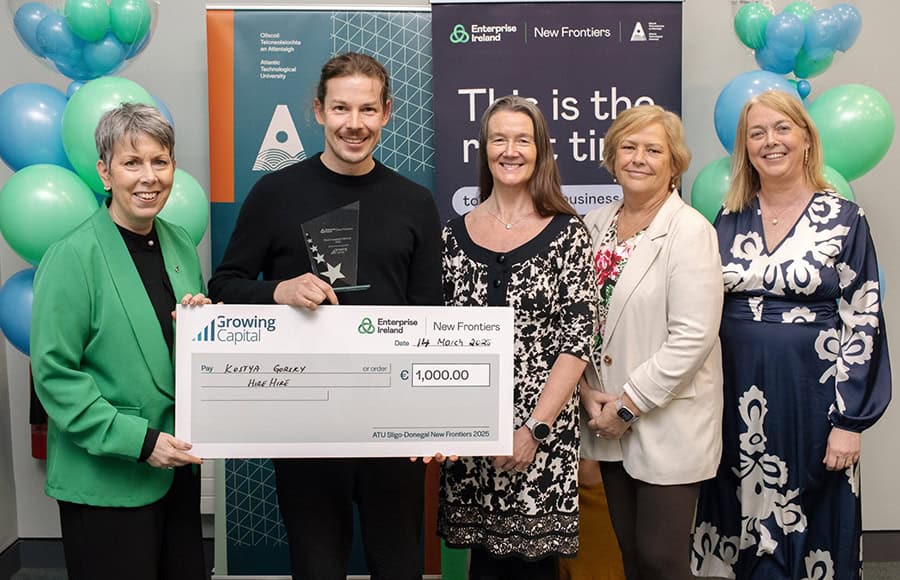
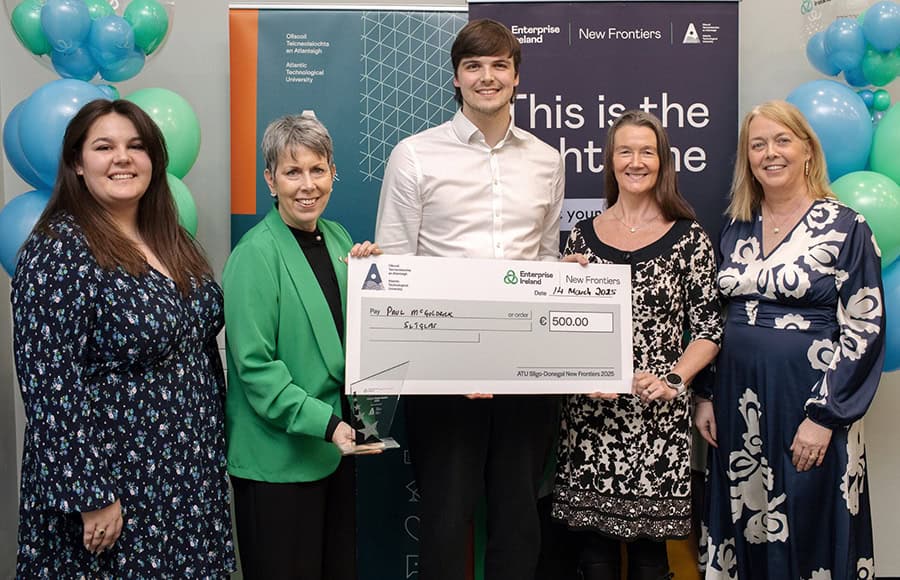
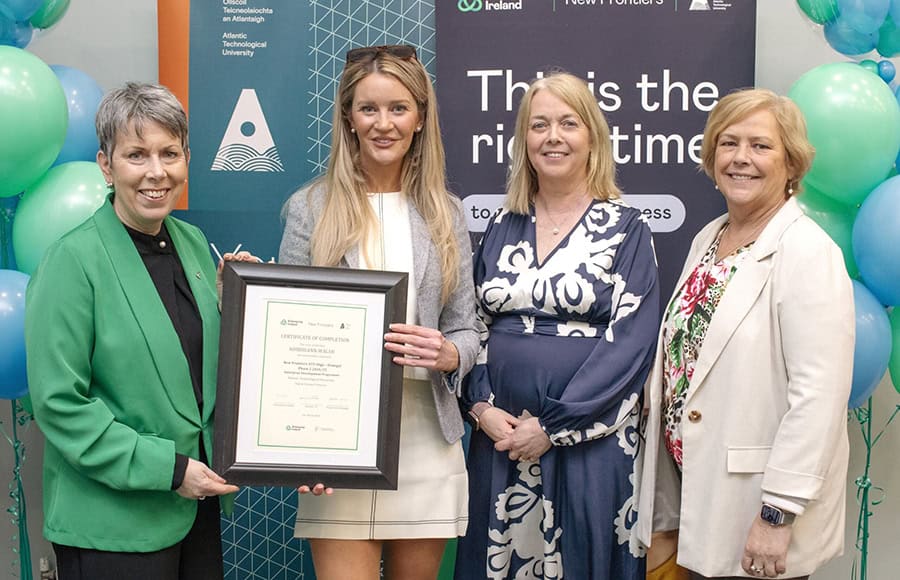
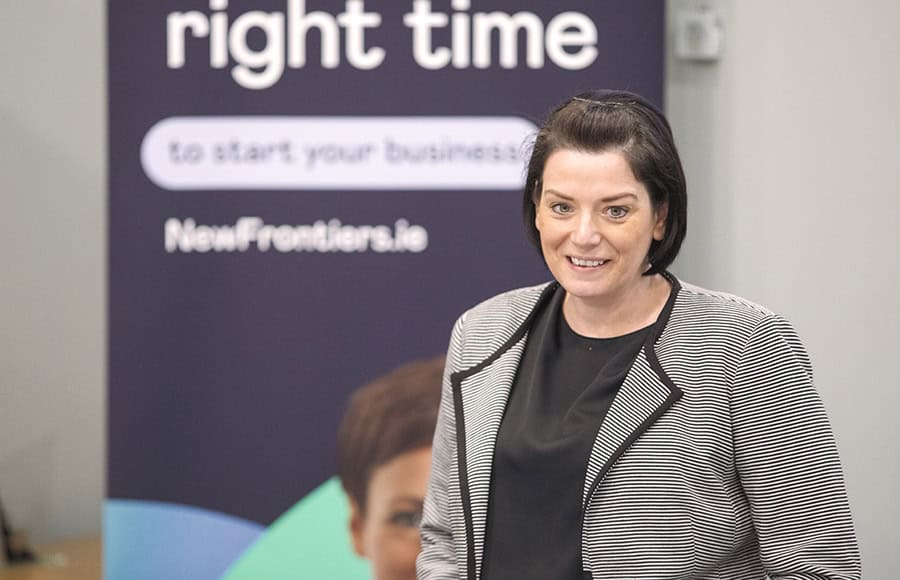
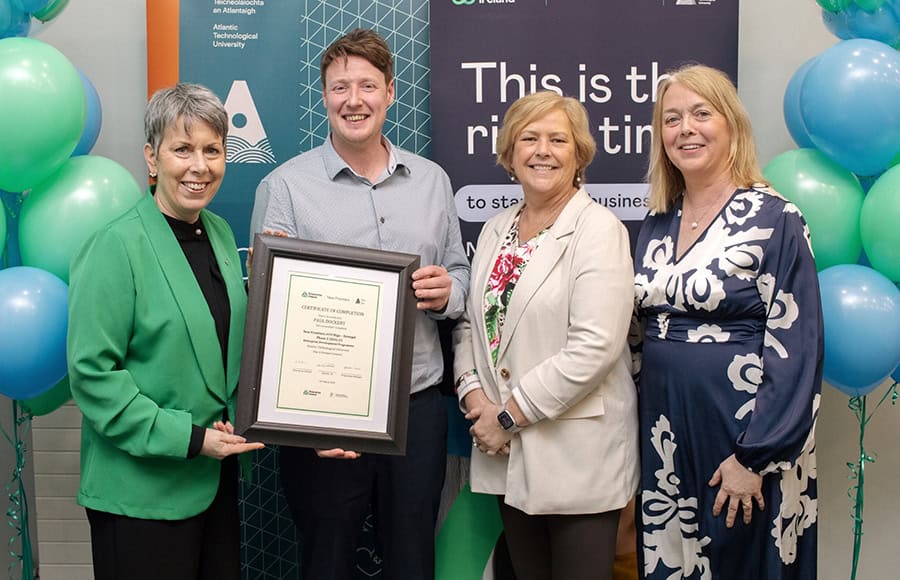
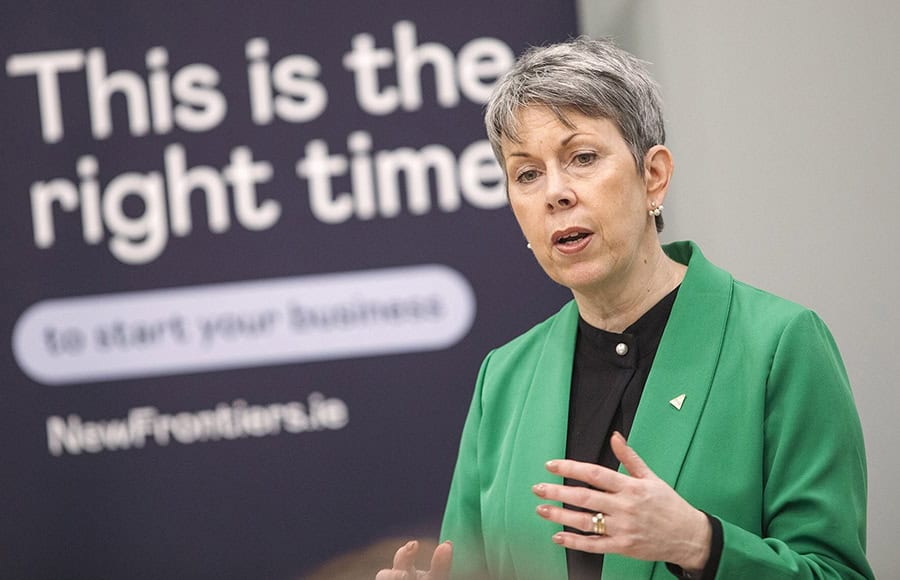
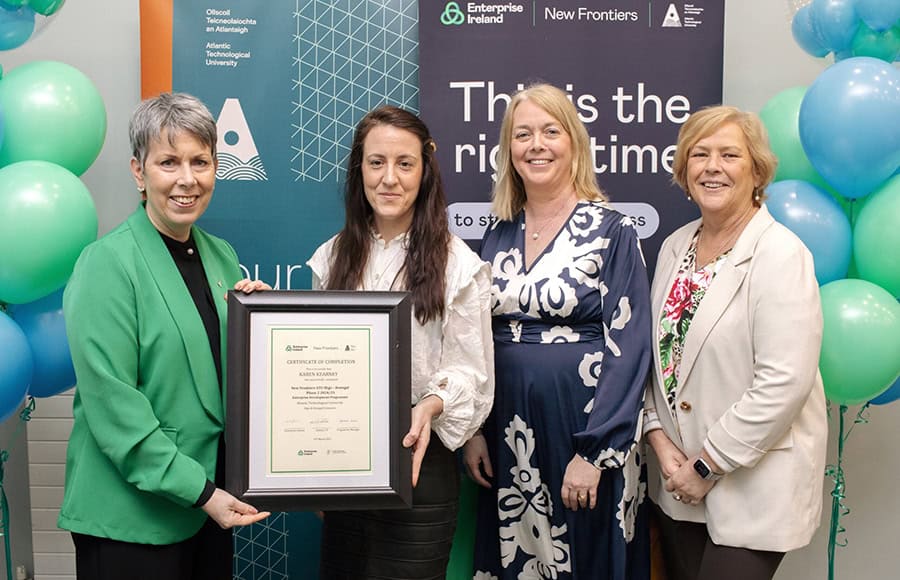
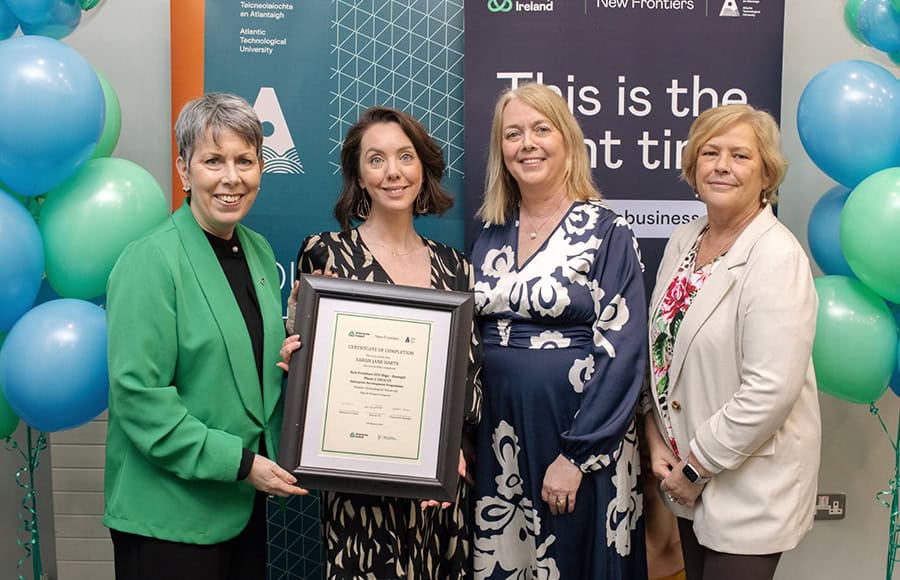
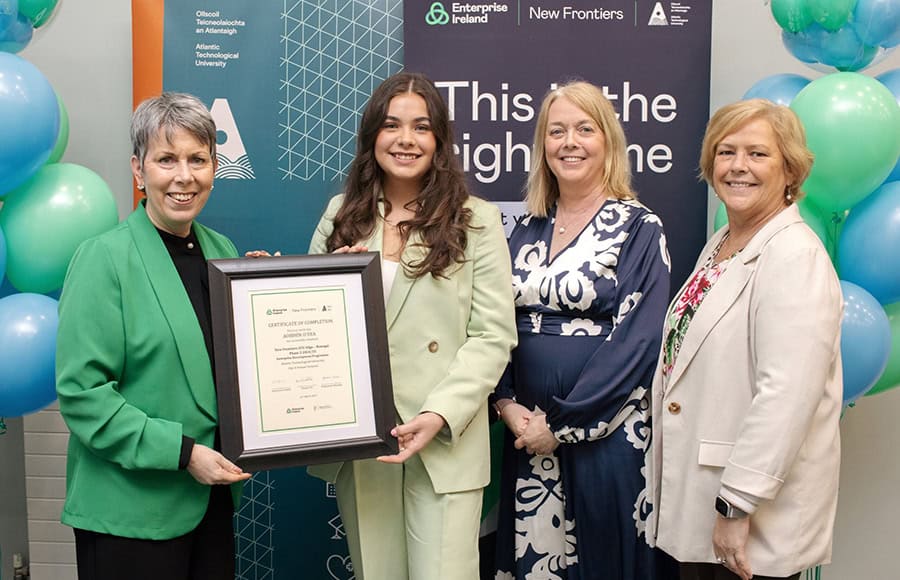
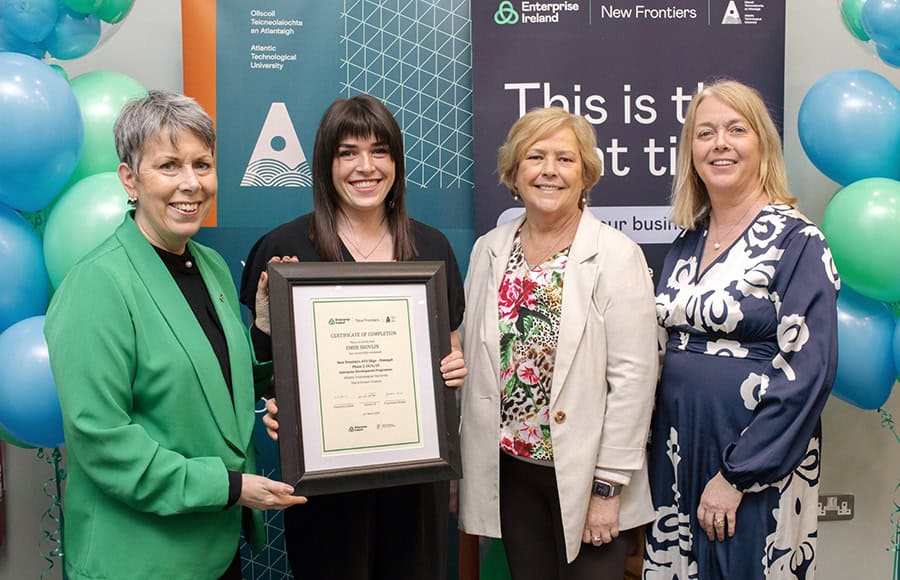
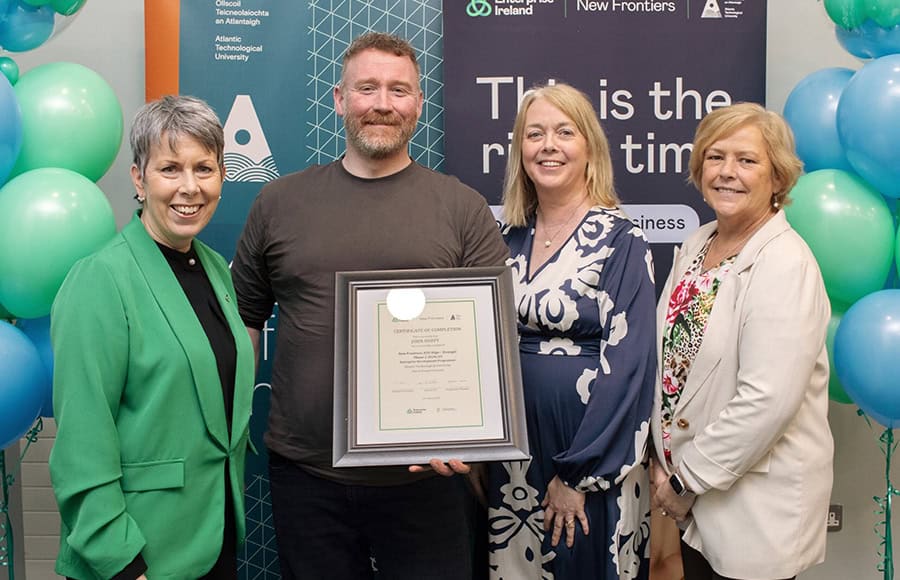
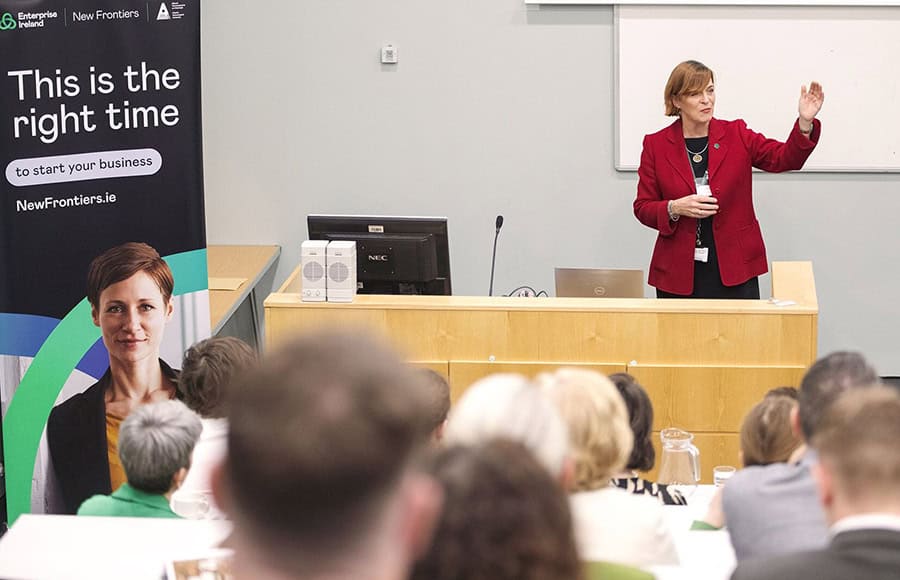
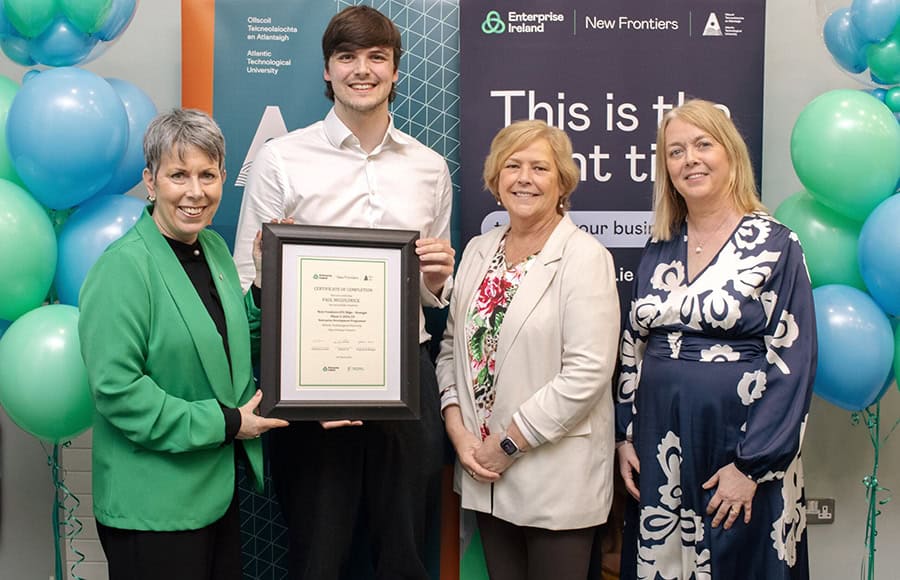
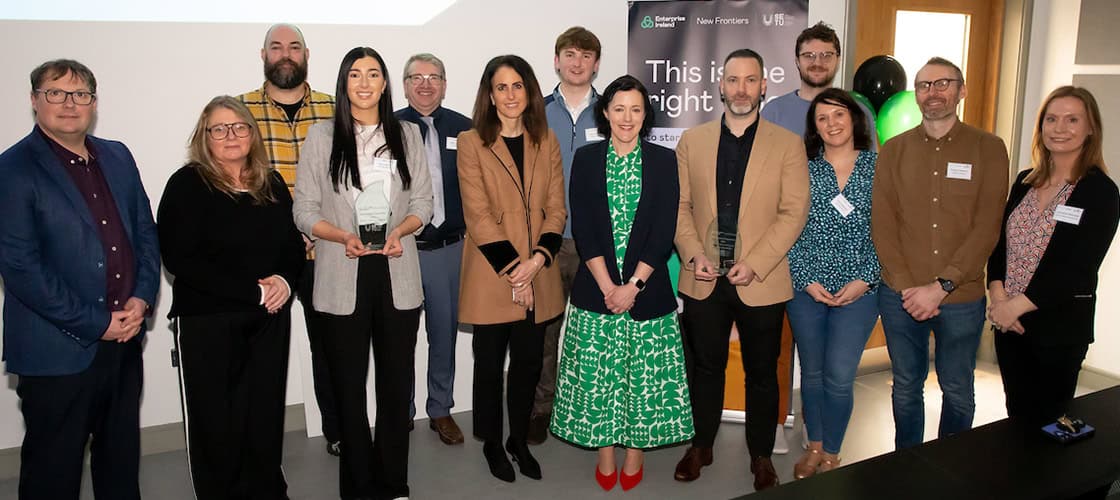
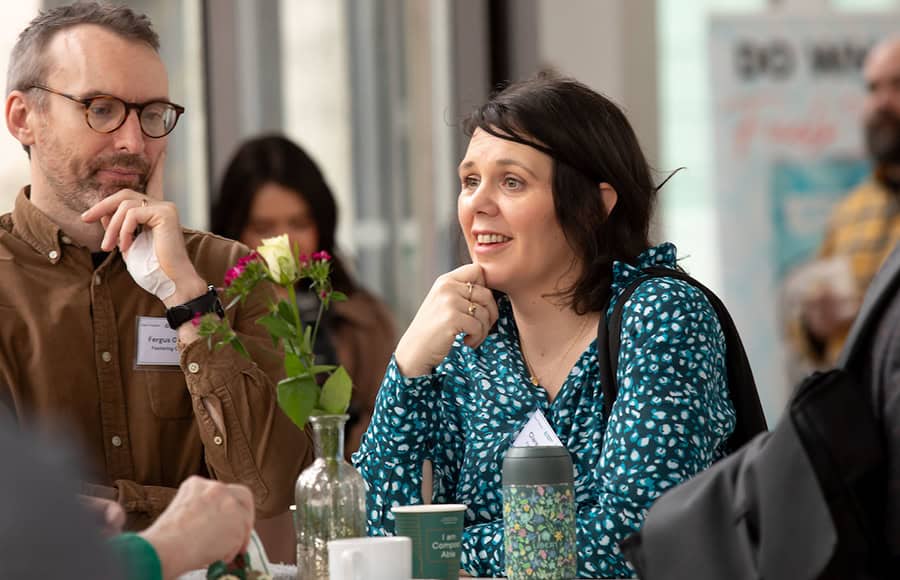
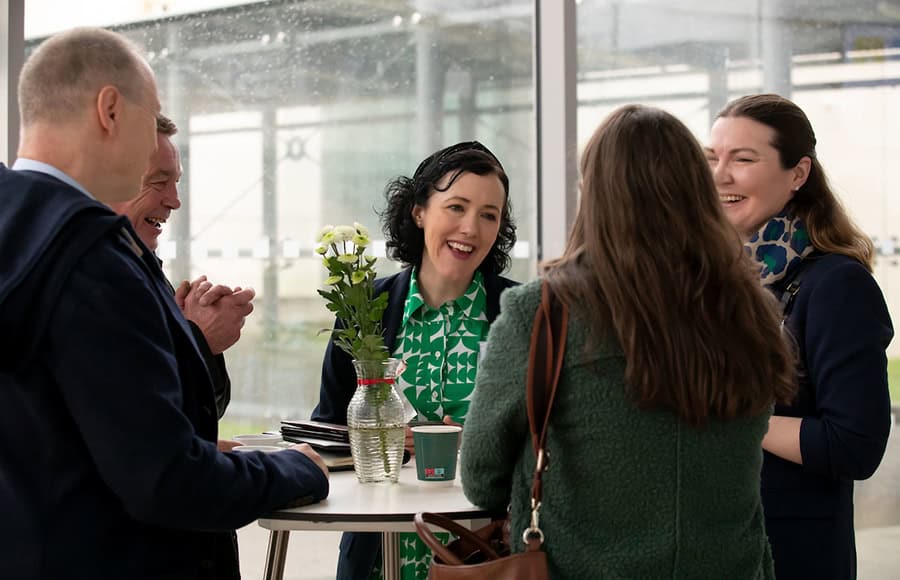
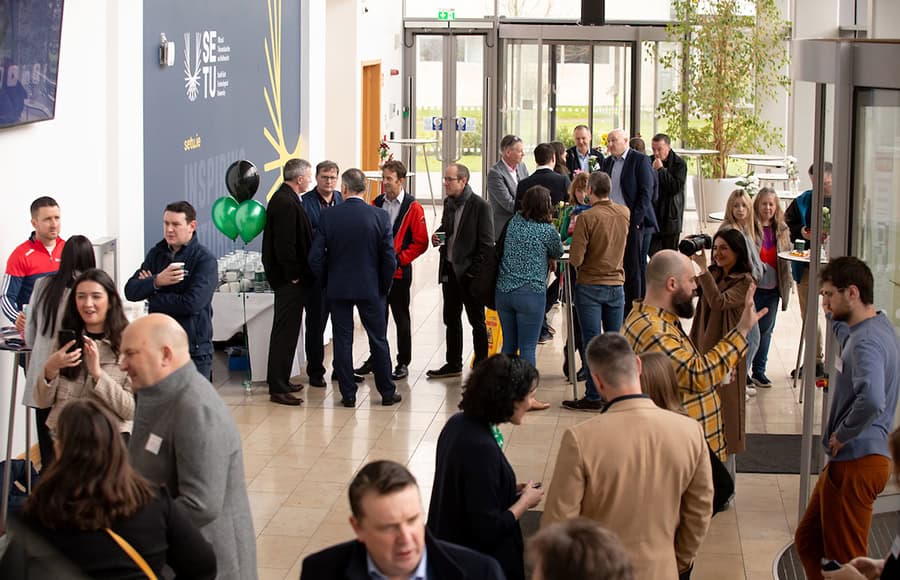
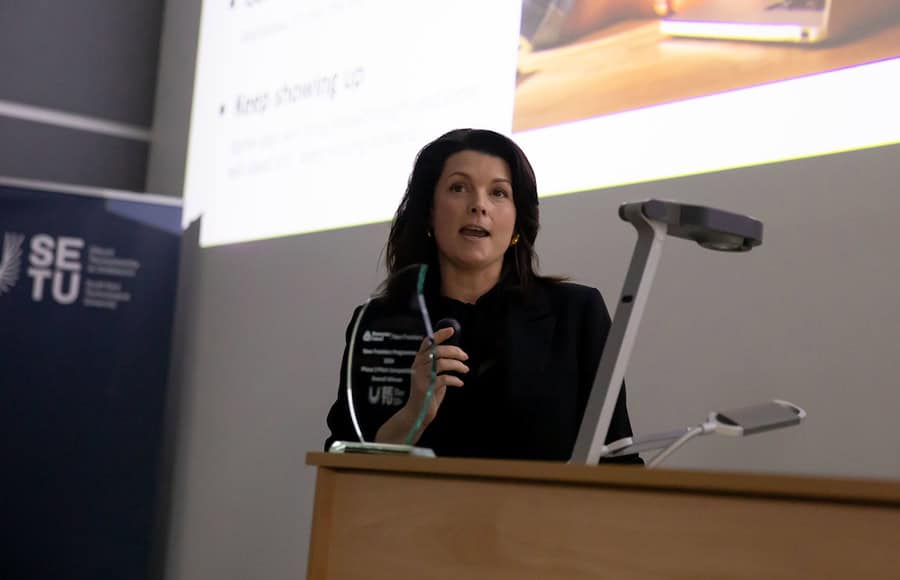
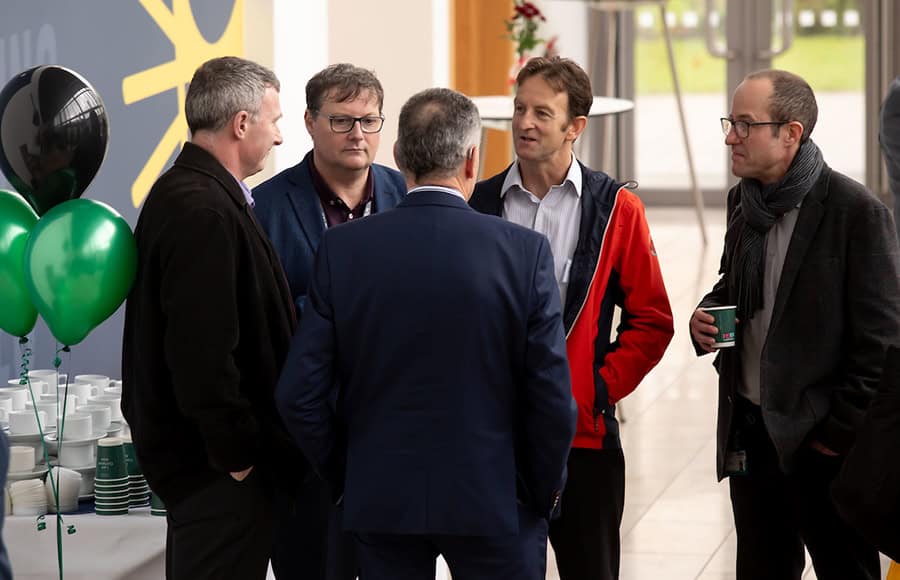
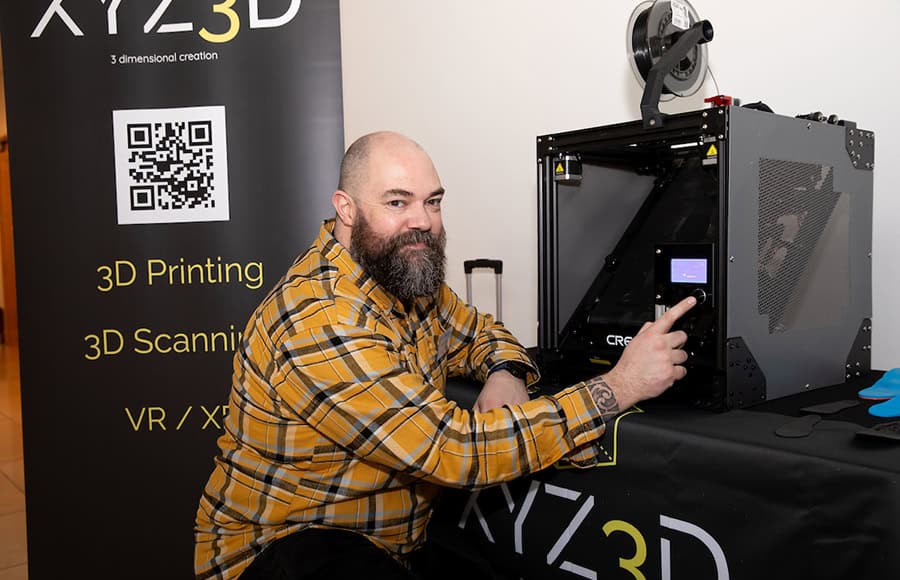
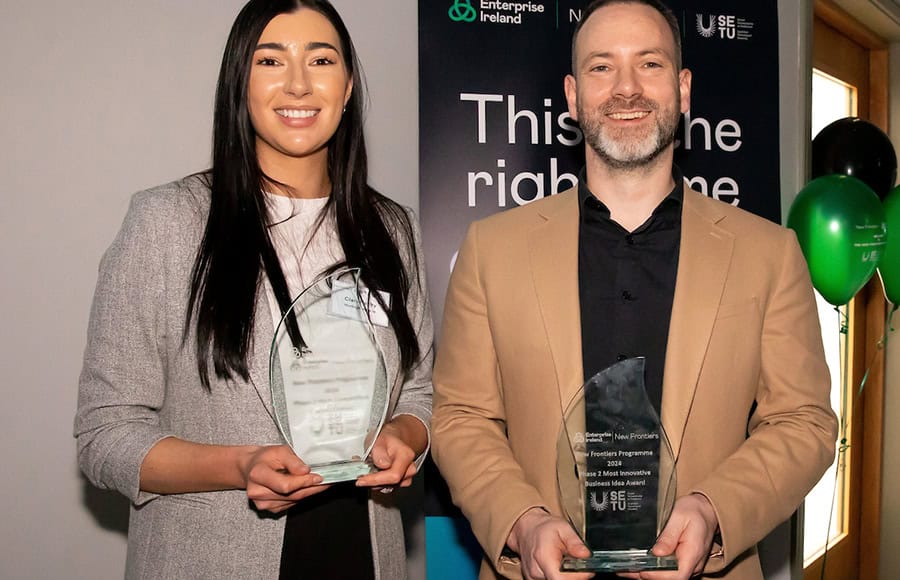
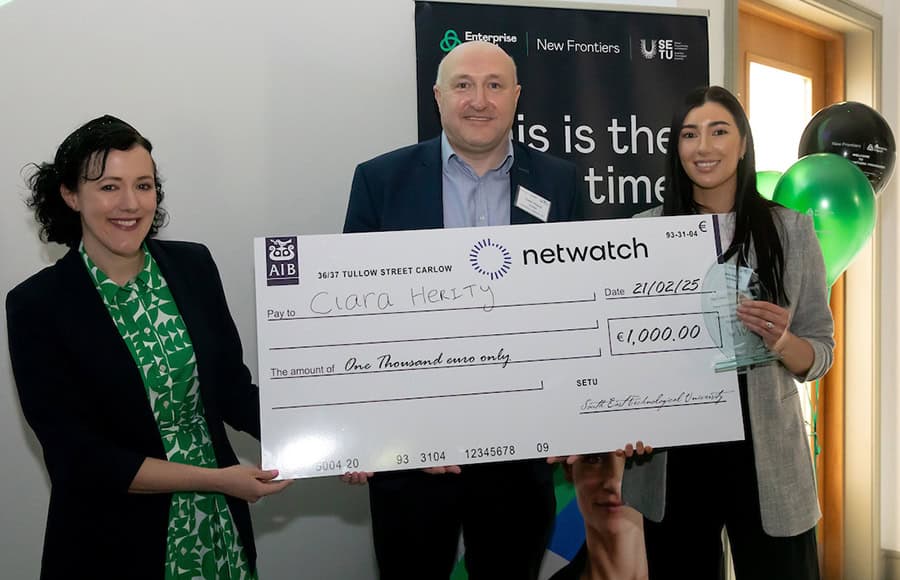
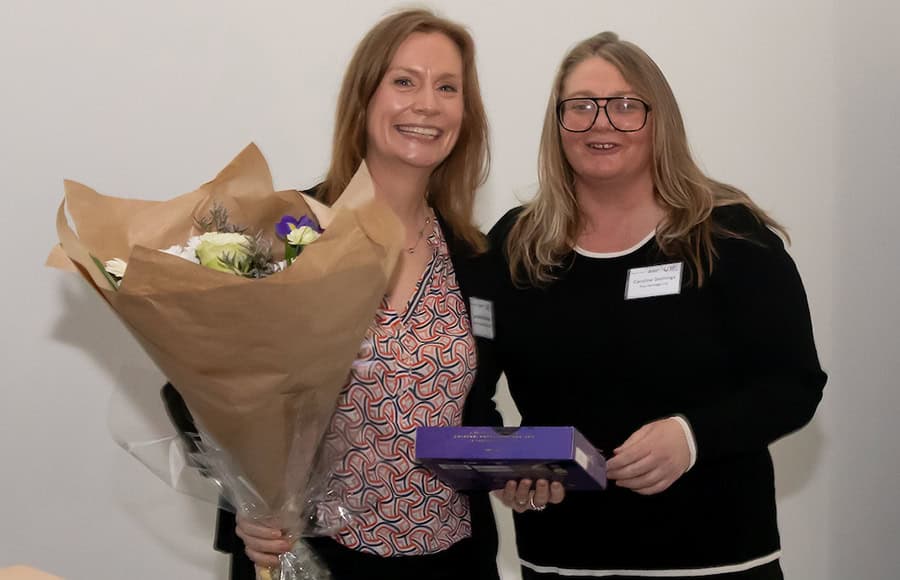
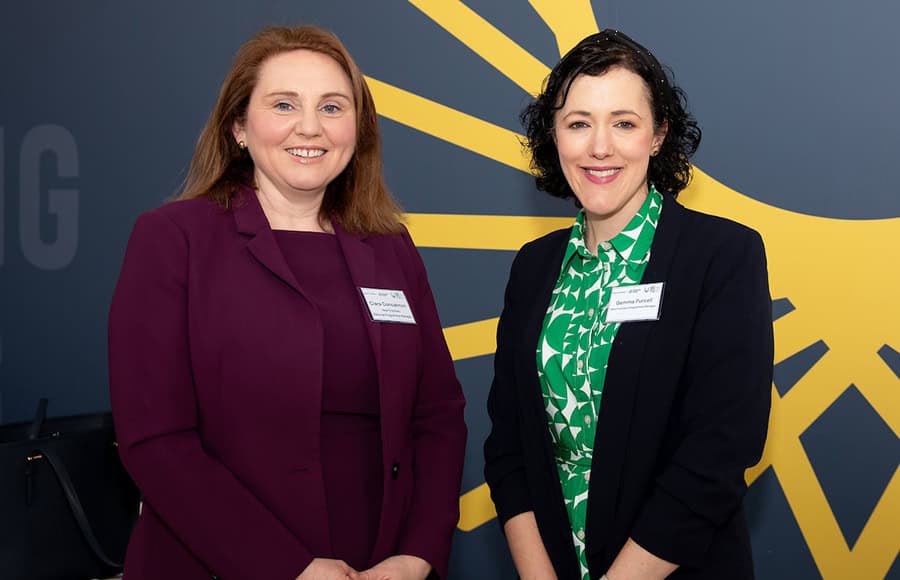
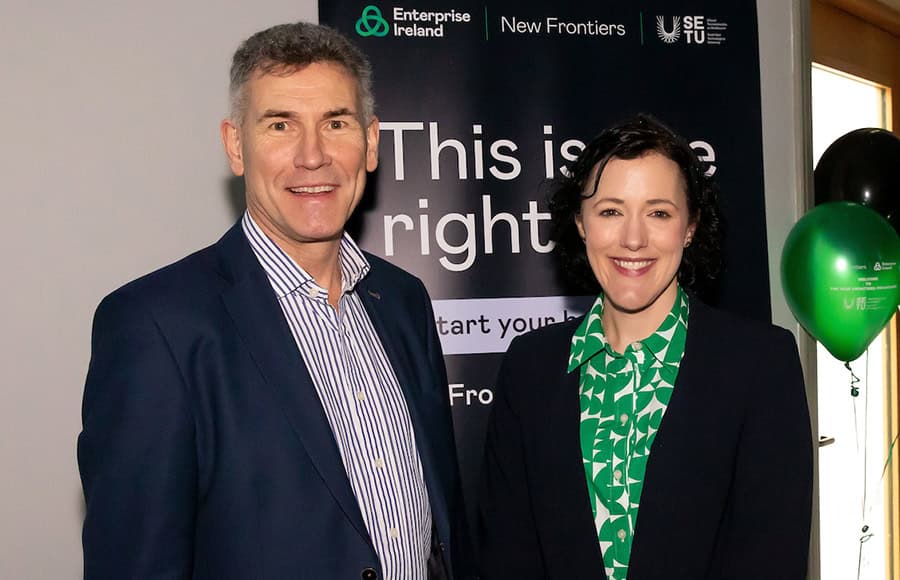
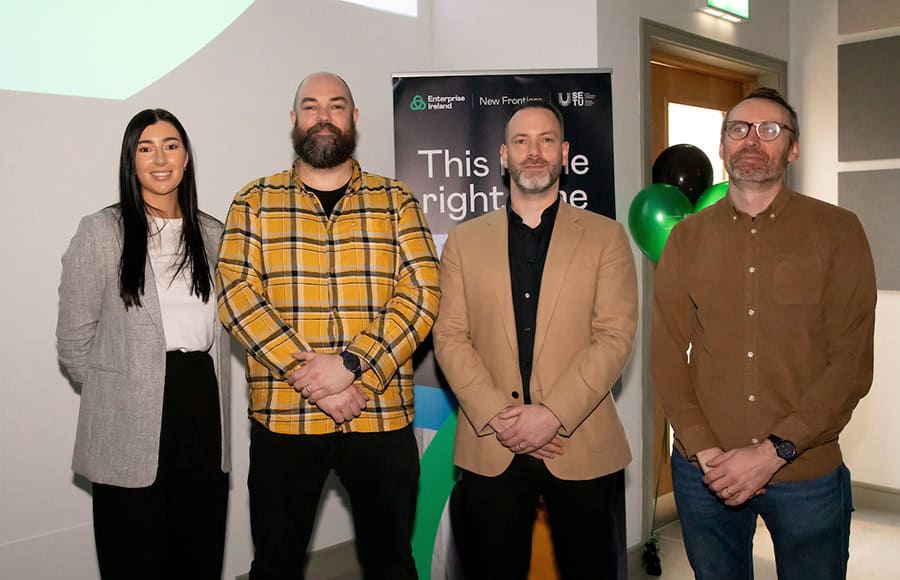
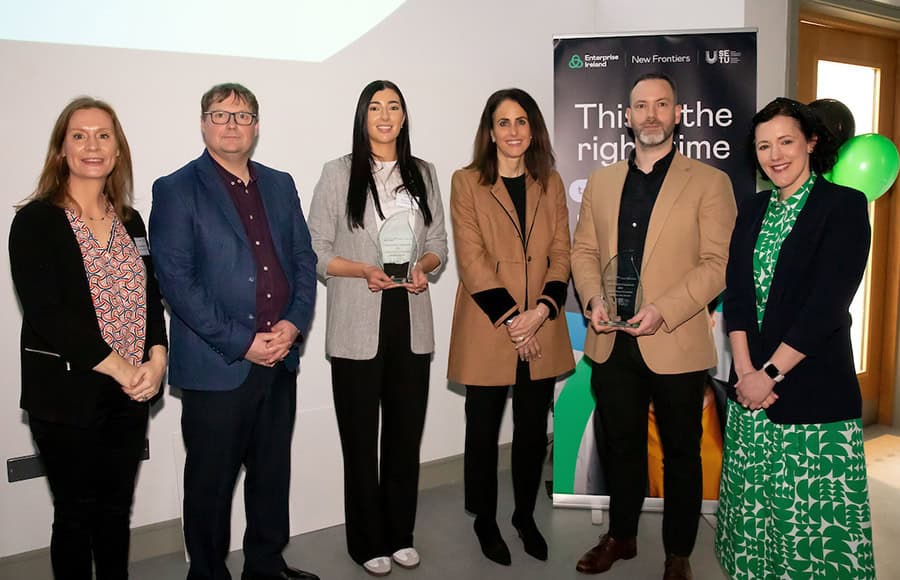
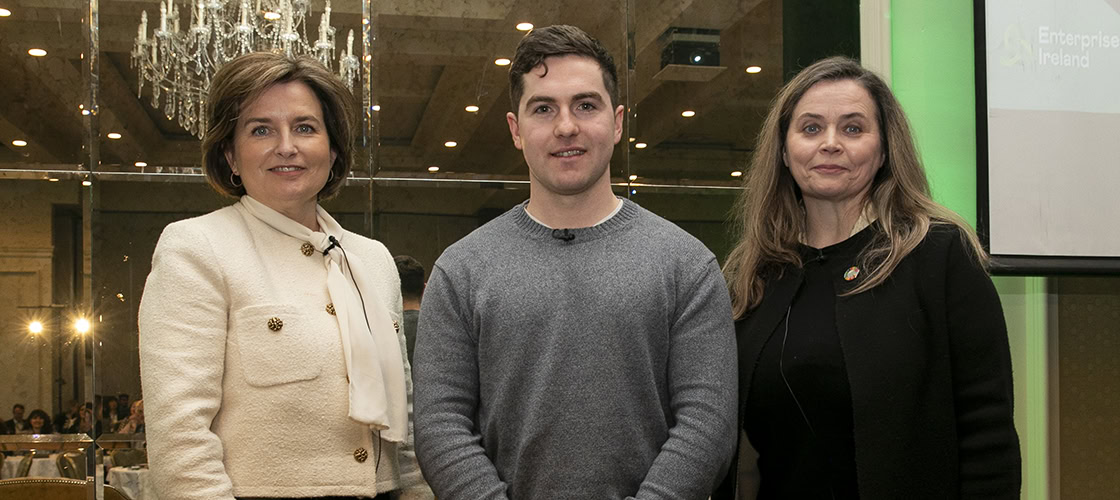
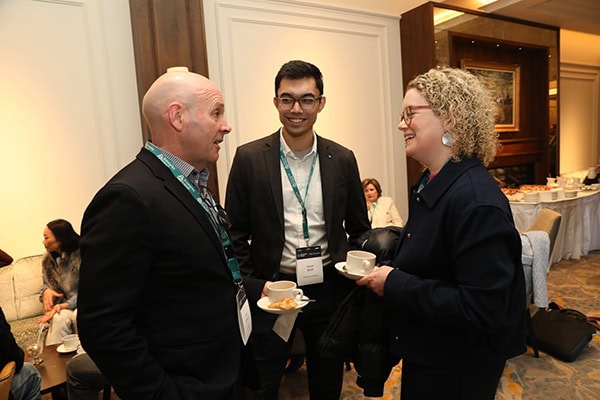
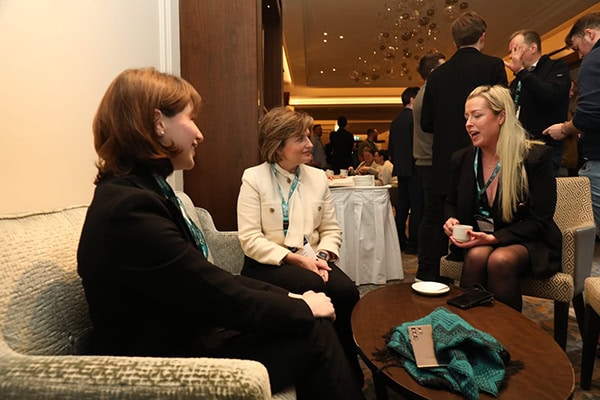
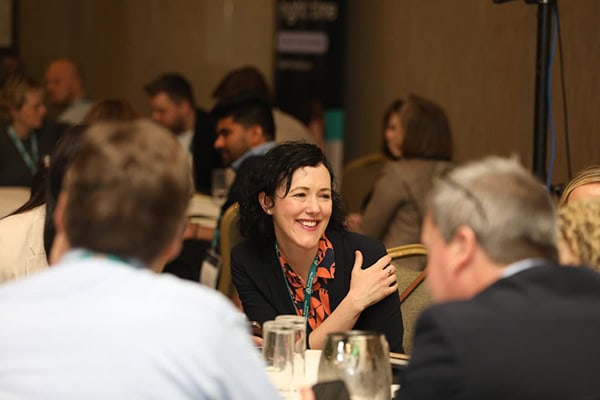
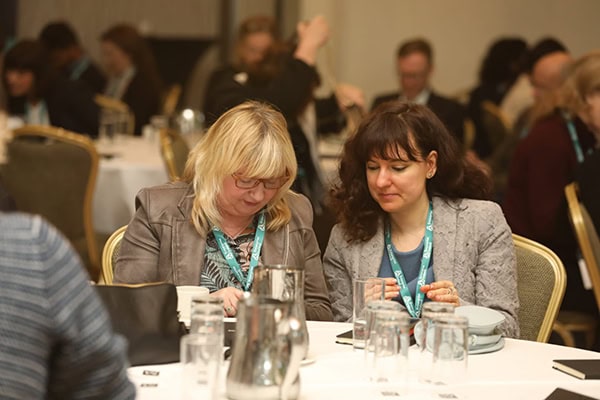
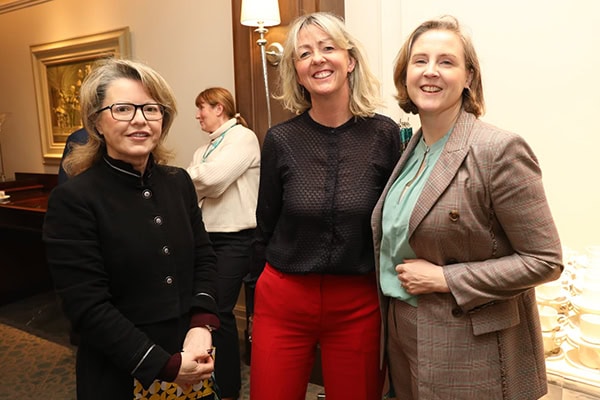
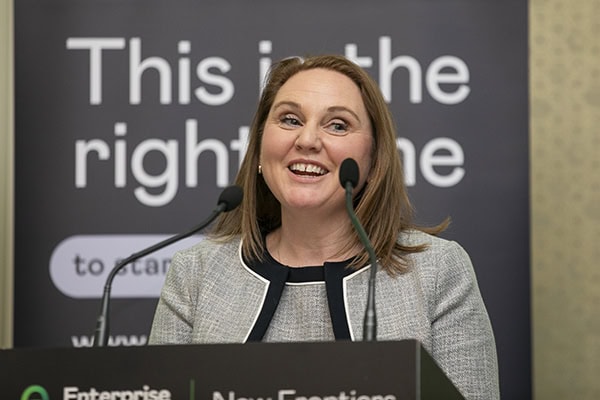
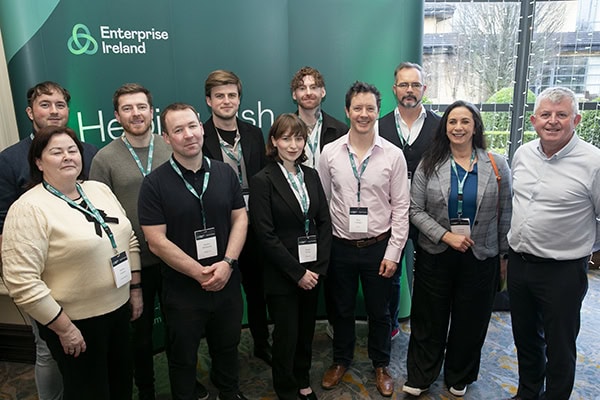
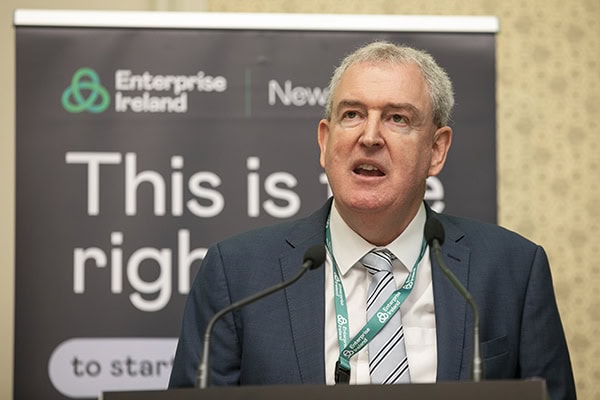
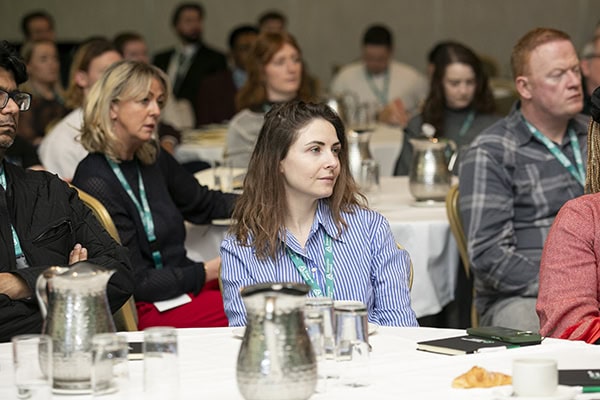
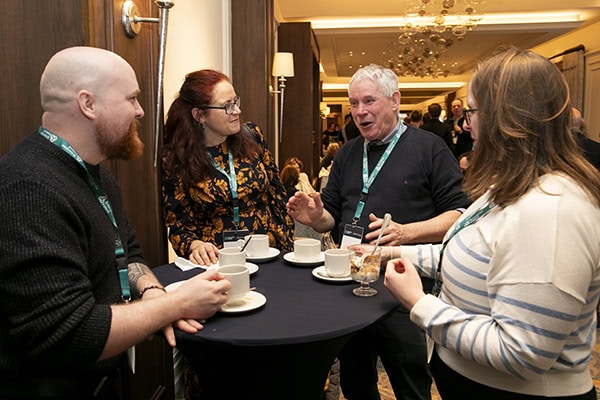
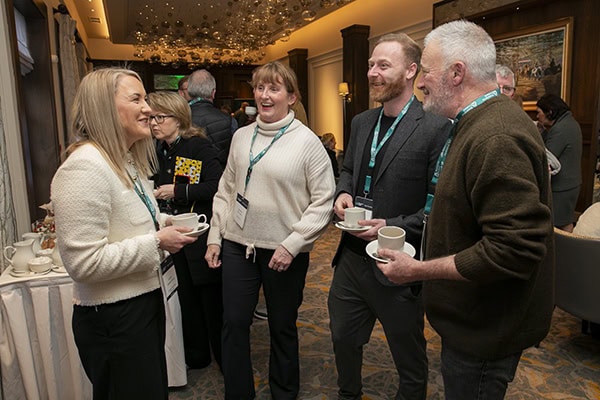
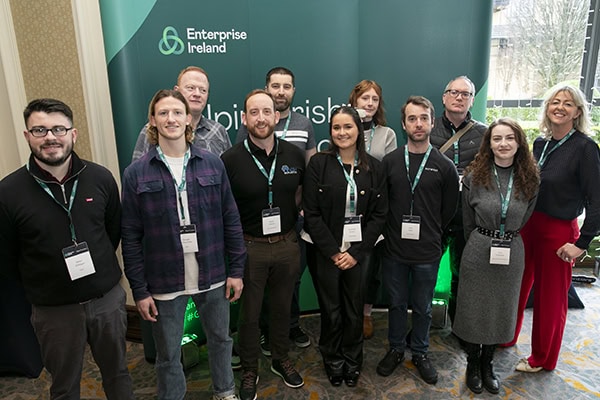
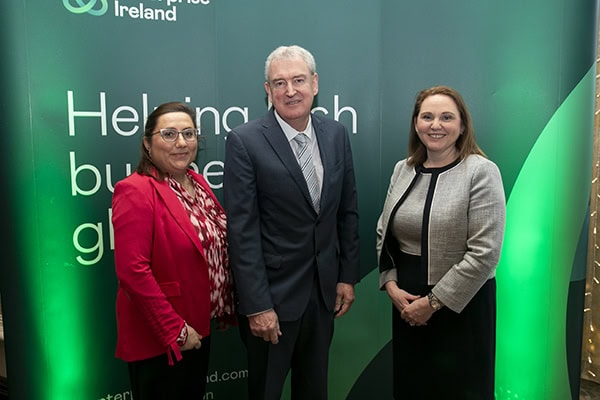
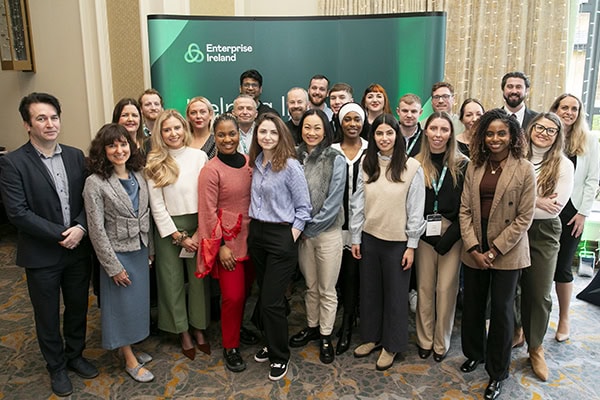
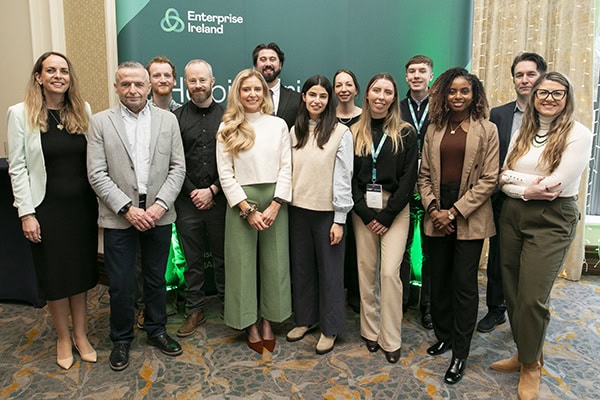
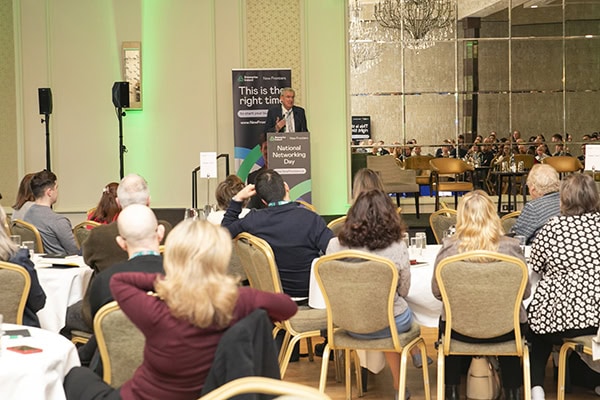
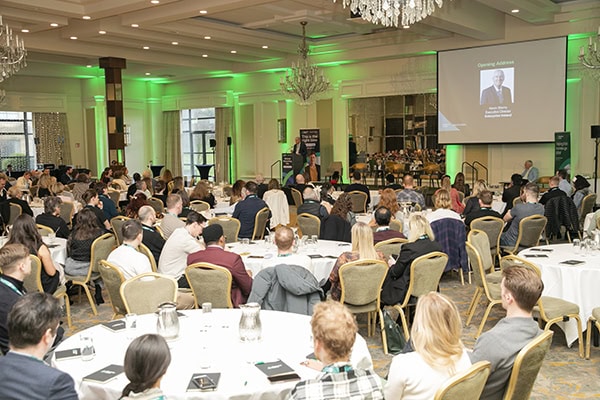
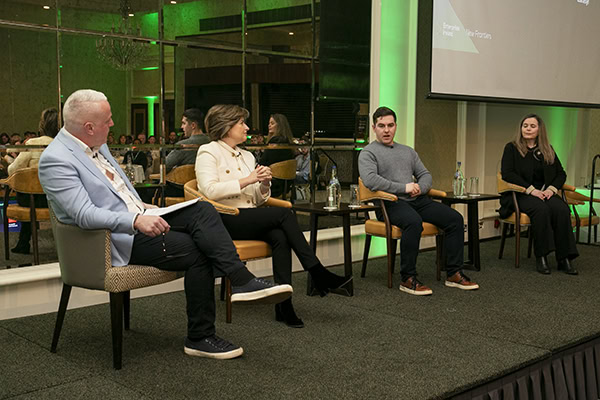
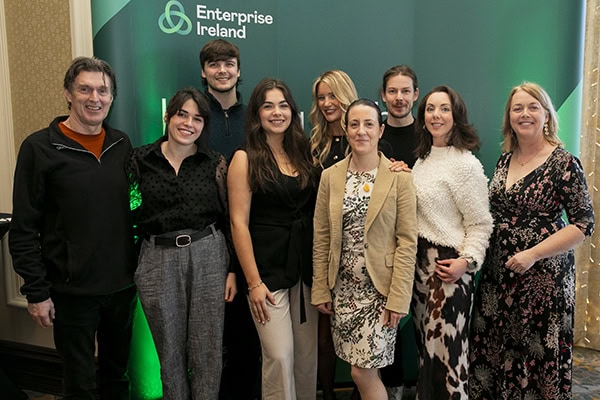
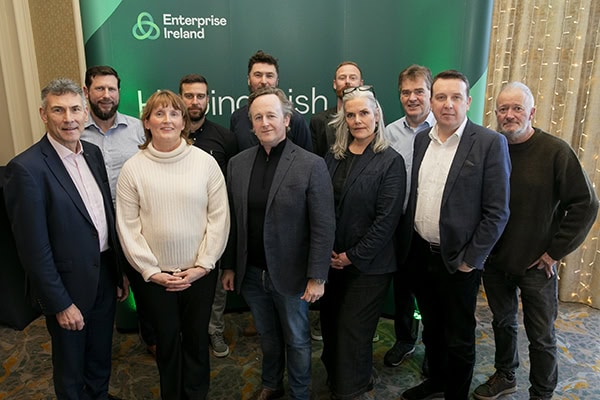
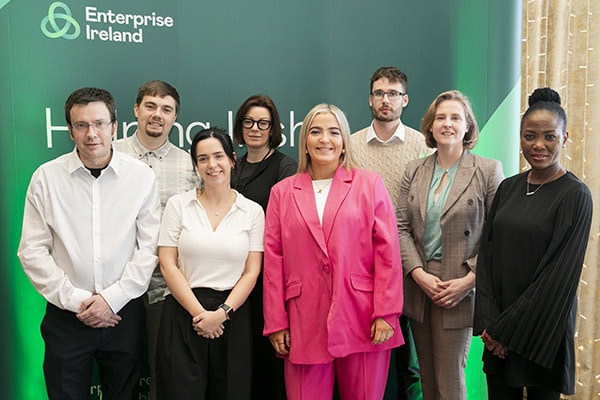
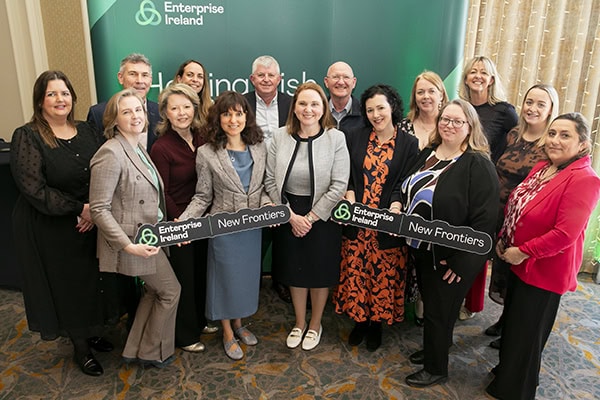
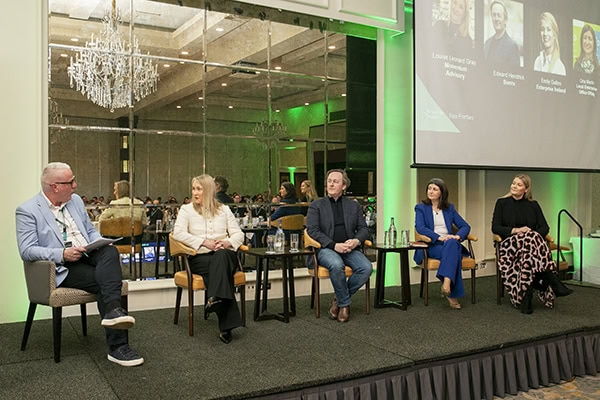
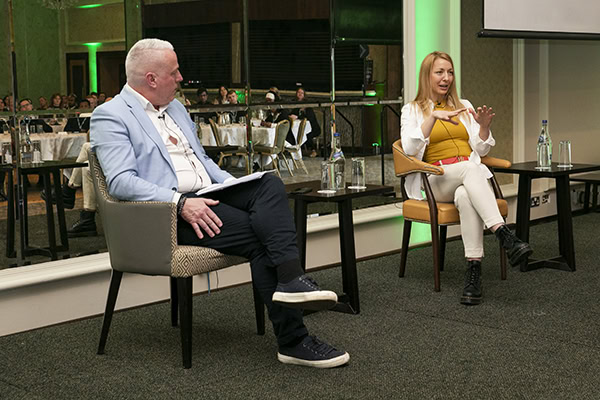
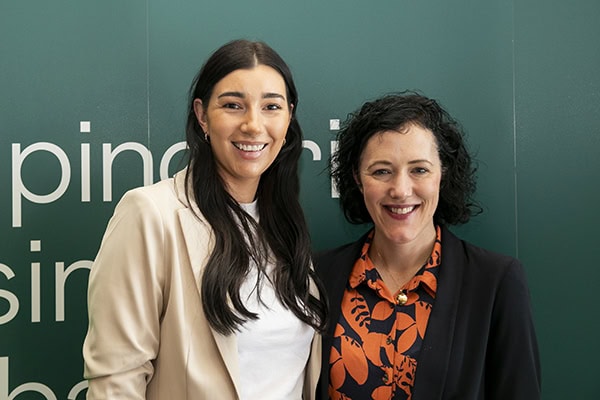
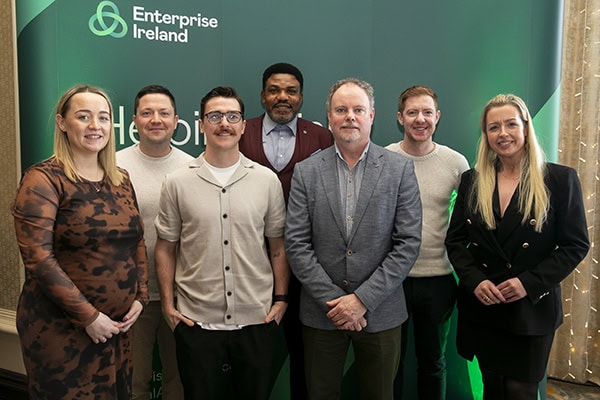
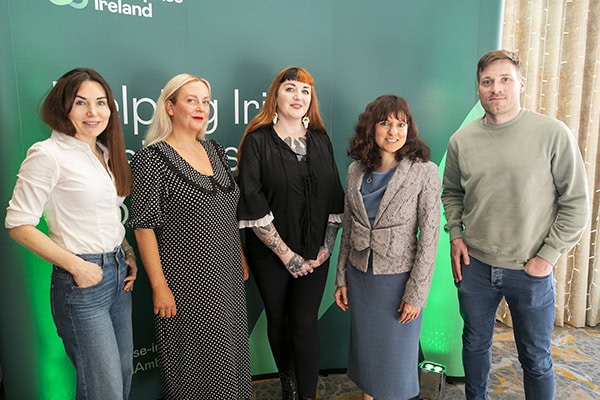
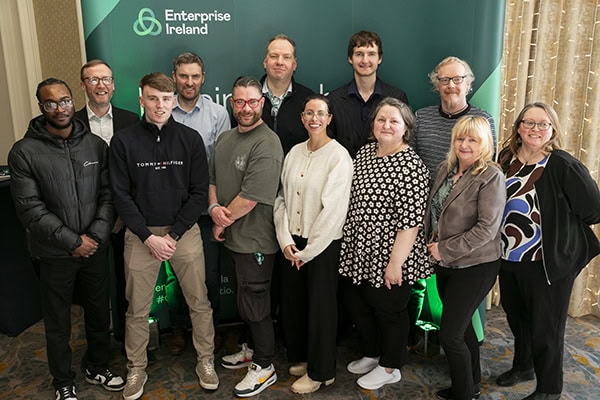
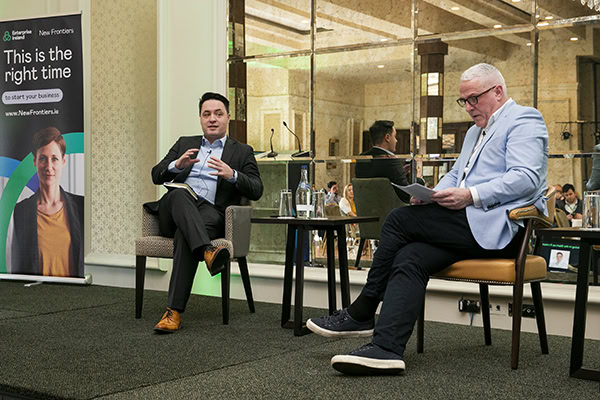
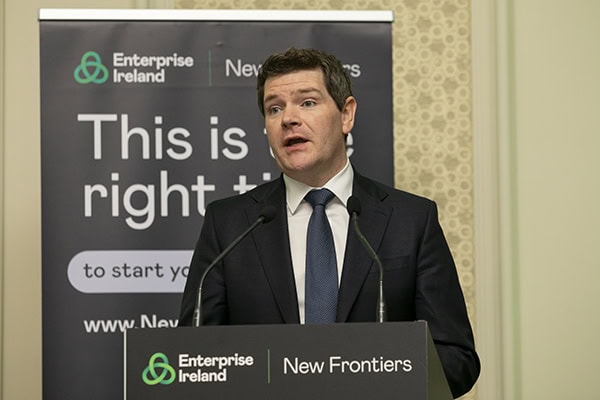
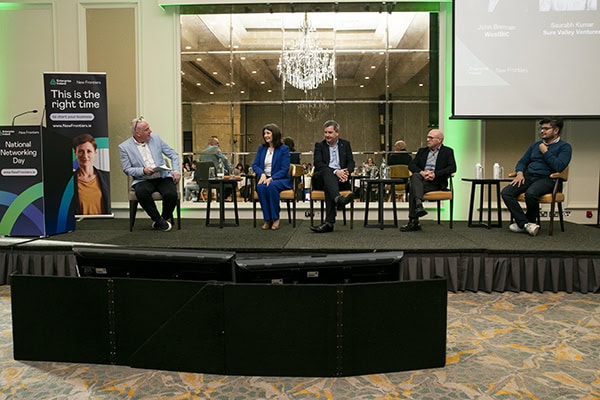
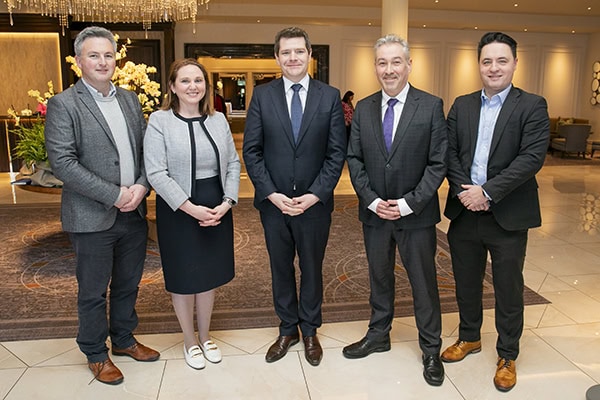
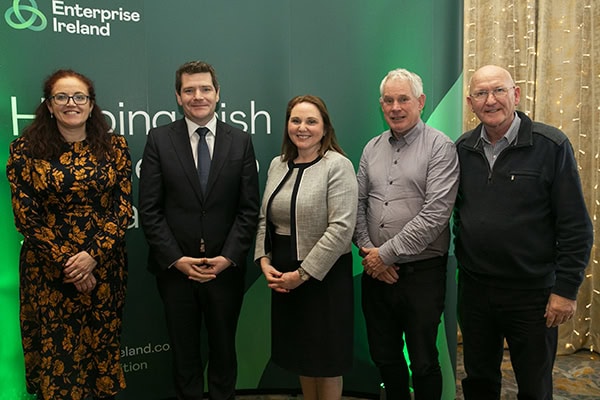
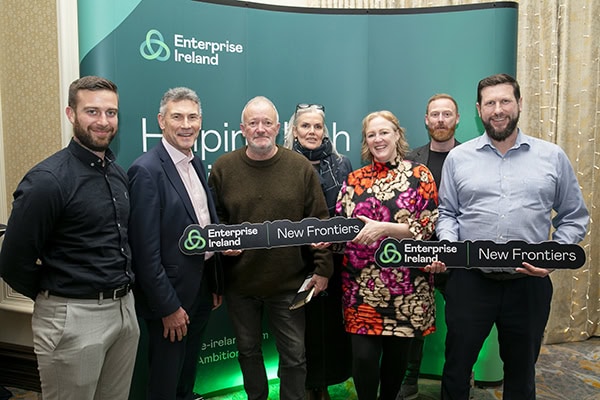

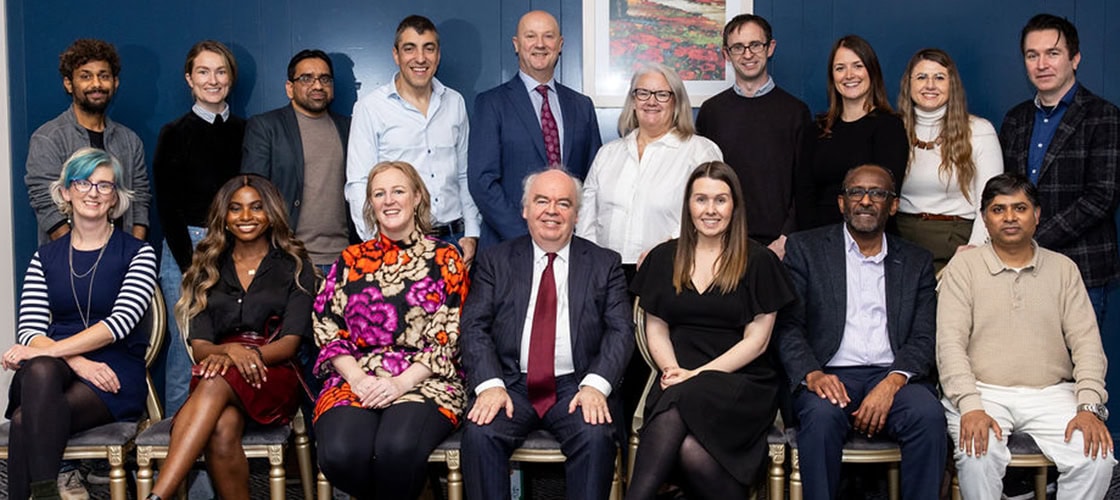
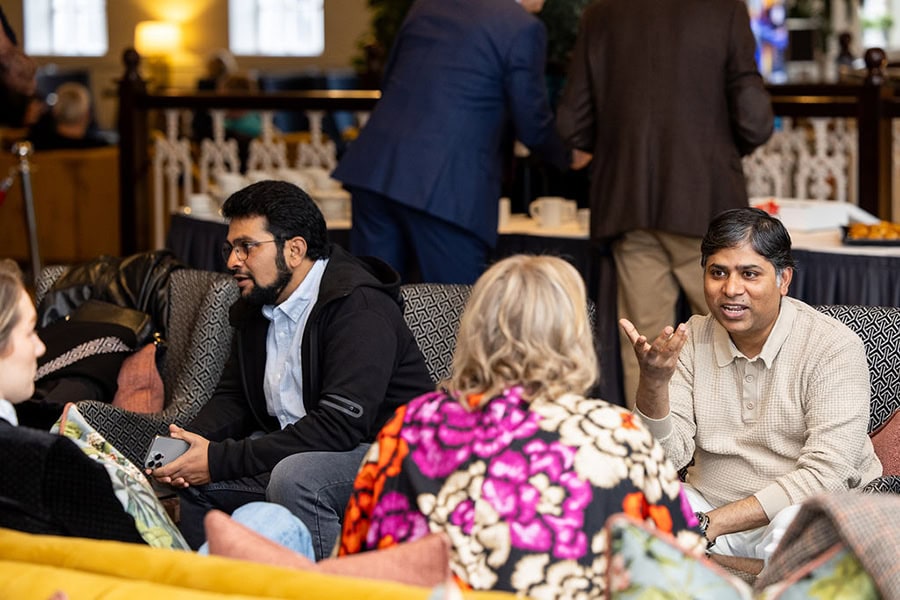
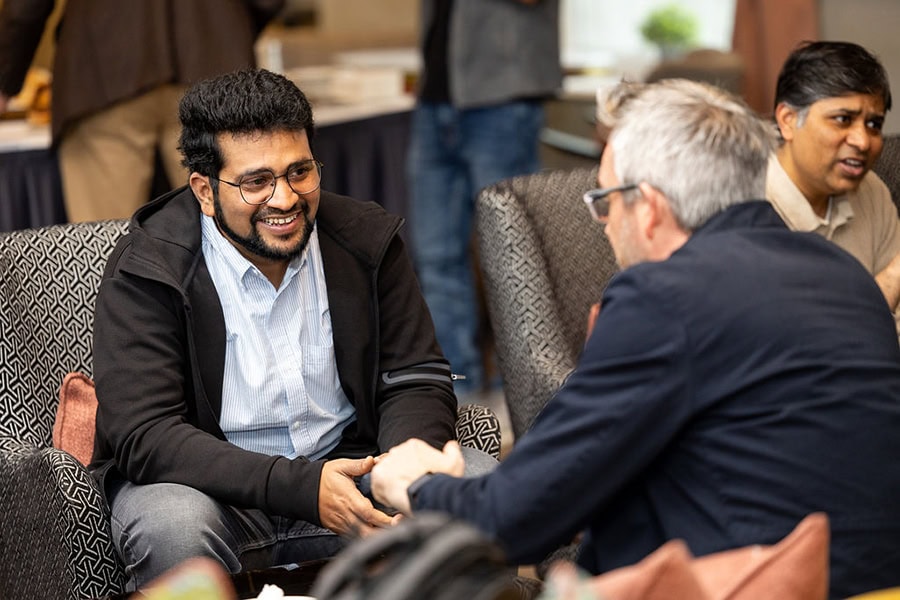
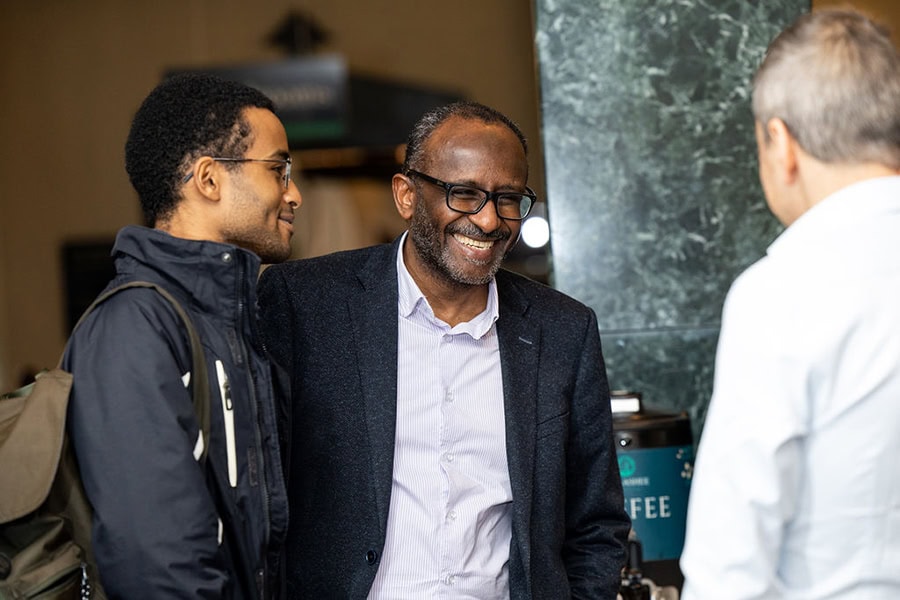
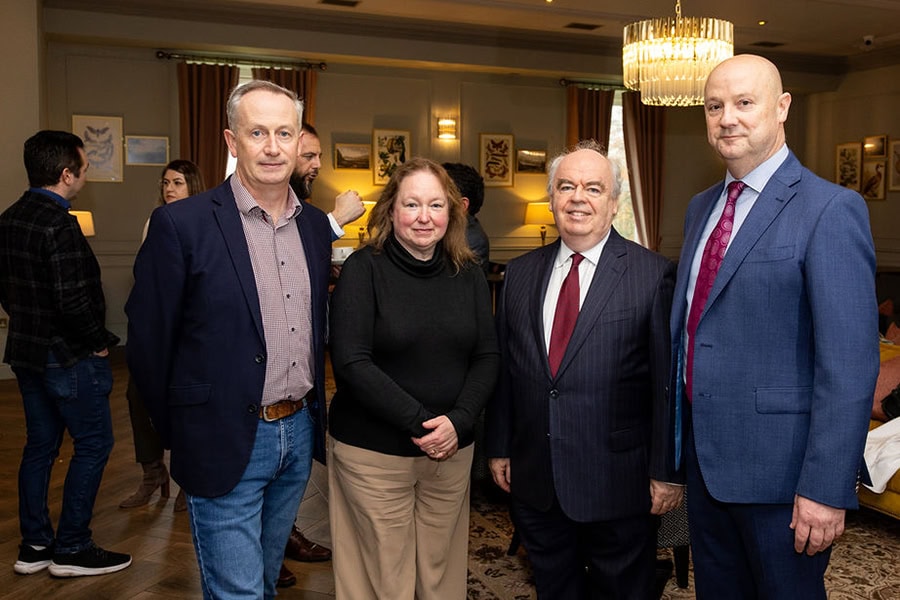
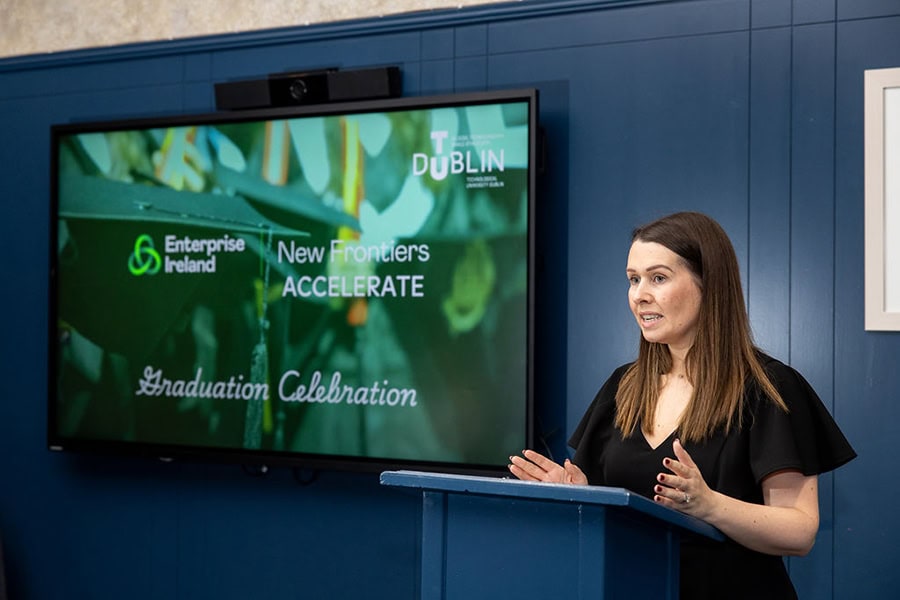
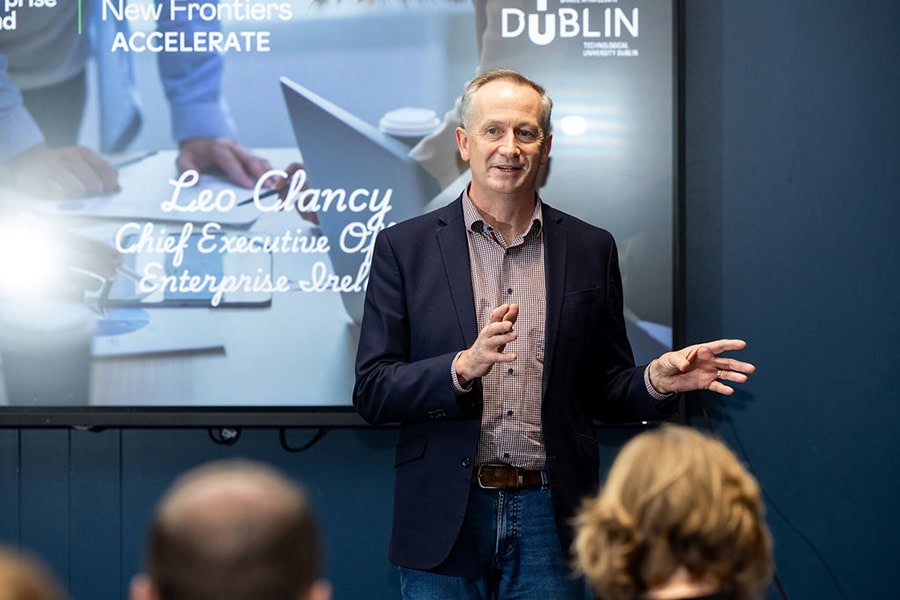
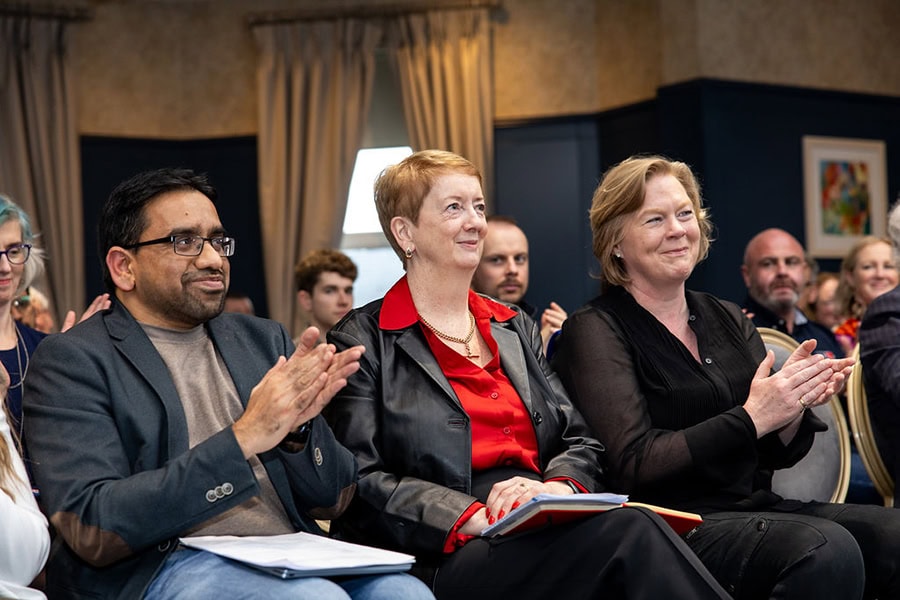
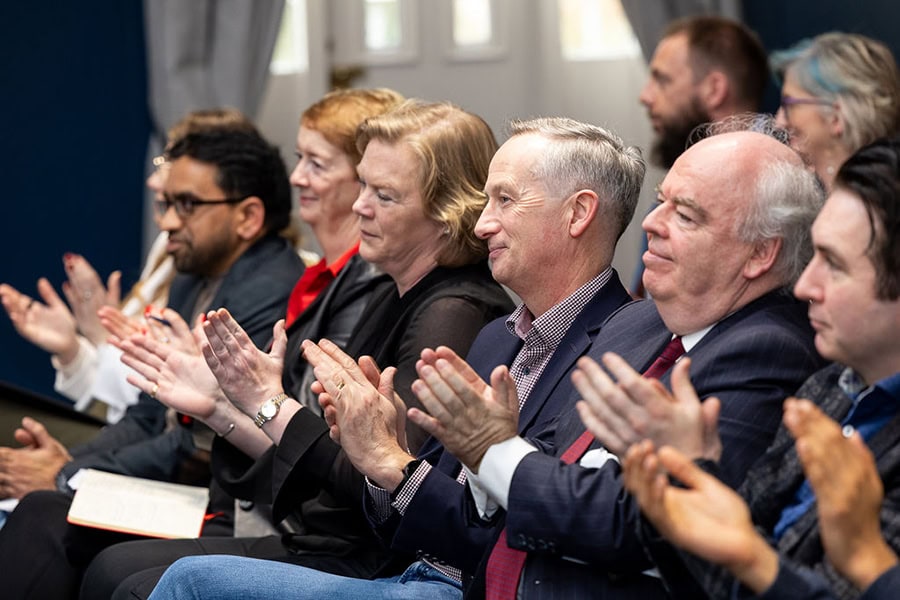
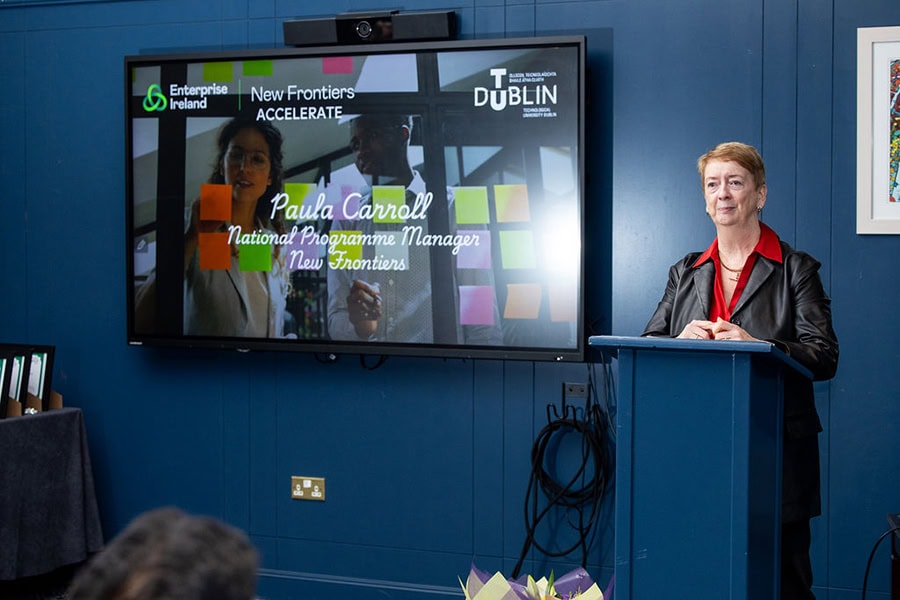
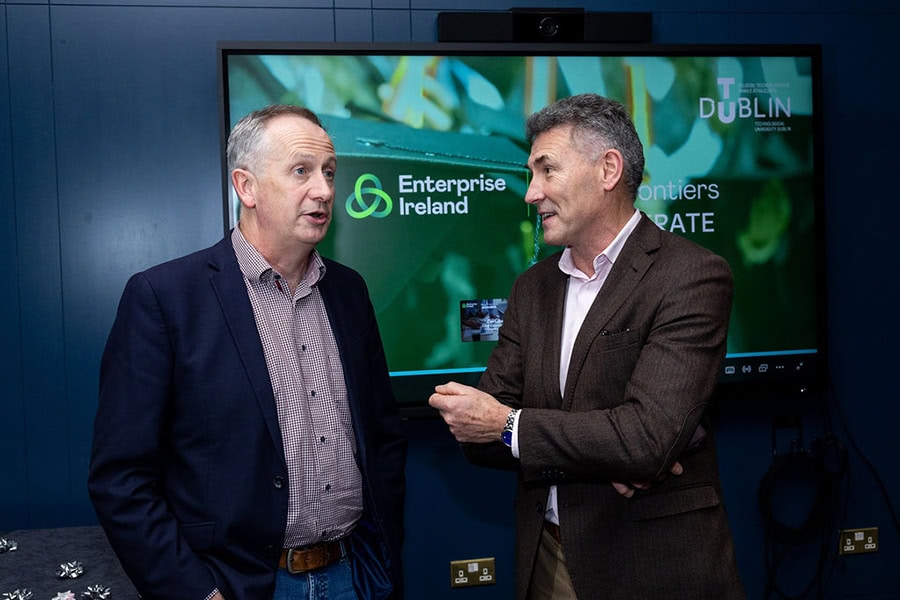
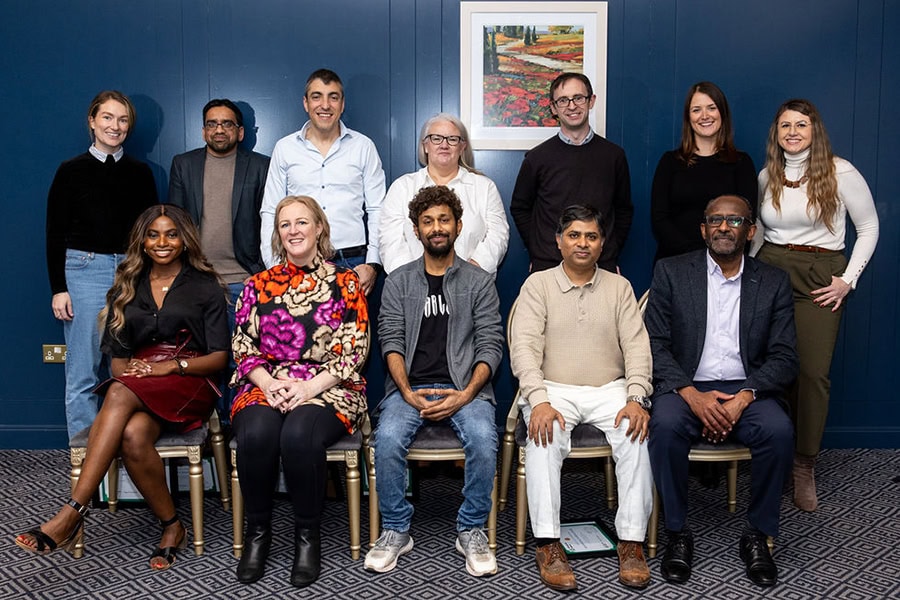
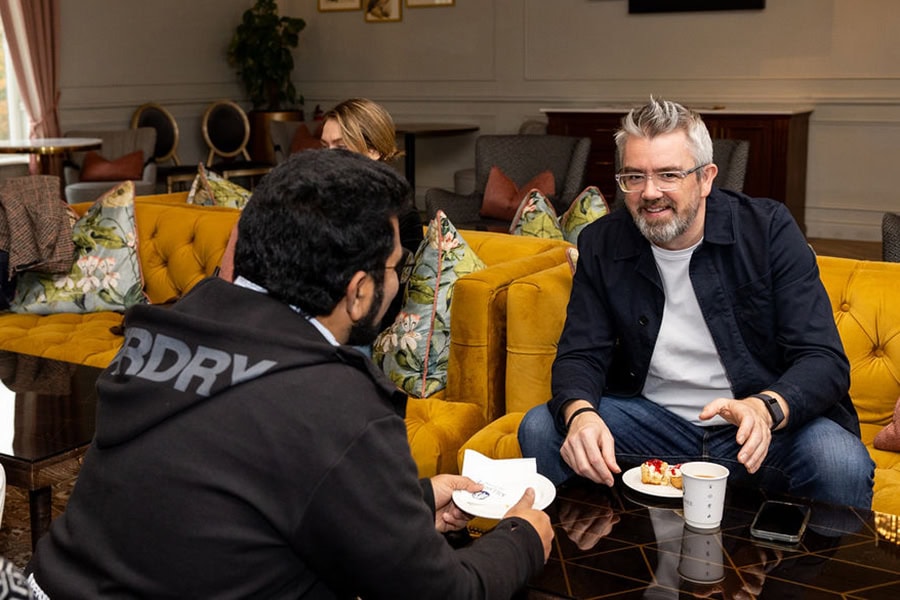
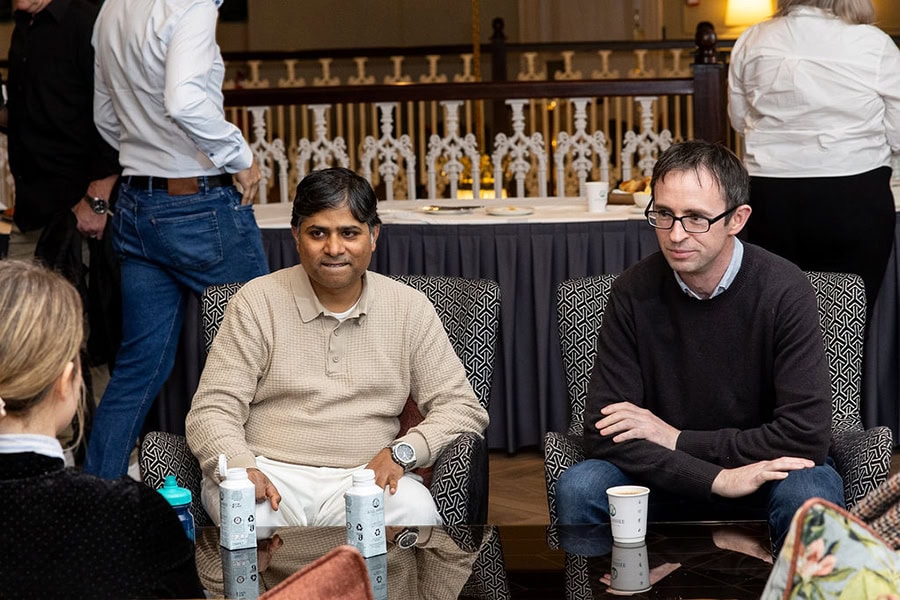
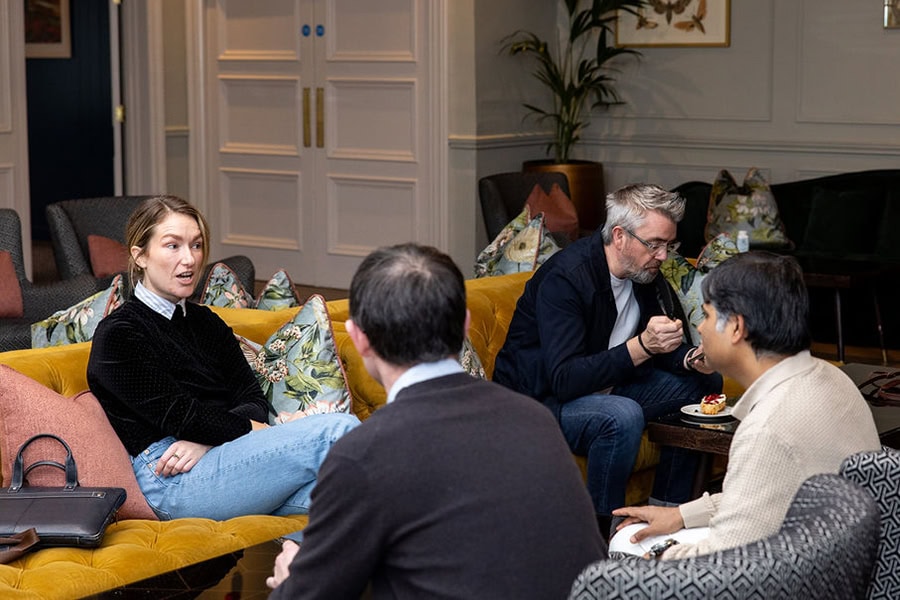
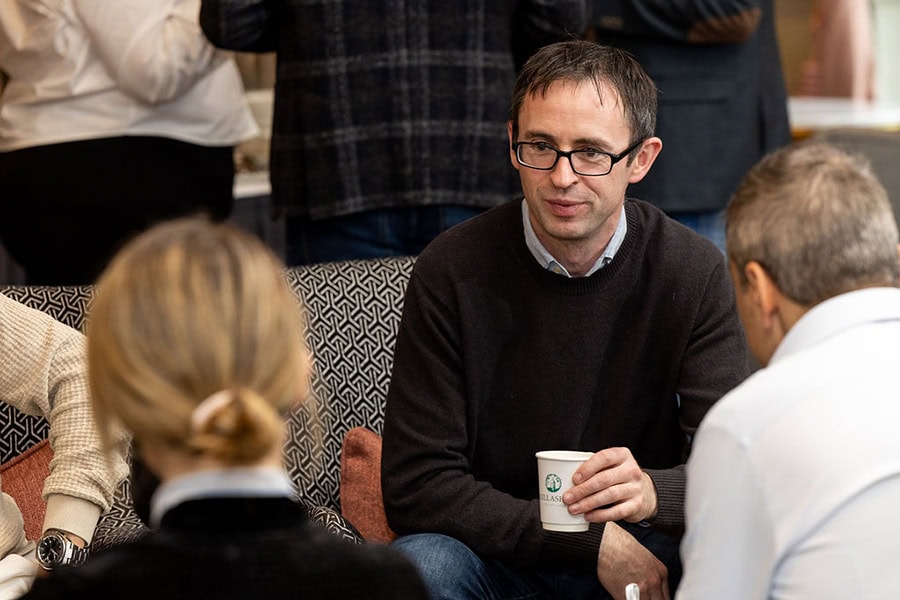
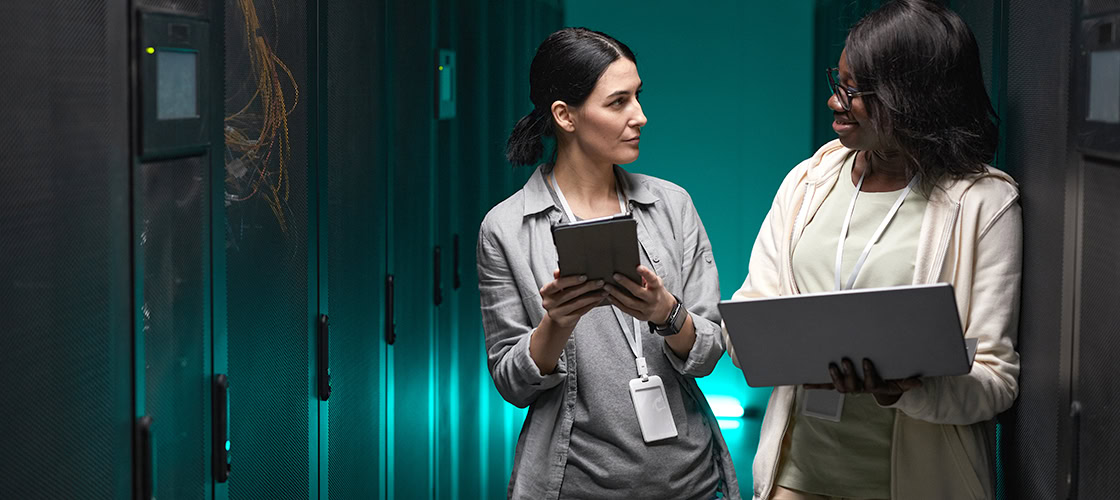
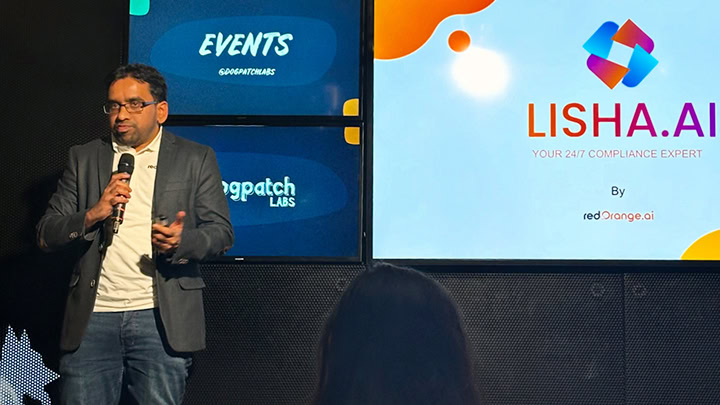 With RedOrange AI, Amit applies his philosophy of intelligent automation to compliance management. He believes compliance should be a streamlined, proactive process that leverages technology to reduce human error and help businesses navigate regulation without disruption. So, how will RedOrange AI help businesses keep up with the pace and complexity of today’s regulatory environment?
With RedOrange AI, Amit applies his philosophy of intelligent automation to compliance management. He believes compliance should be a streamlined, proactive process that leverages technology to reduce human error and help businesses navigate regulation without disruption. So, how will RedOrange AI help businesses keep up with the pace and complexity of today’s regulatory environment?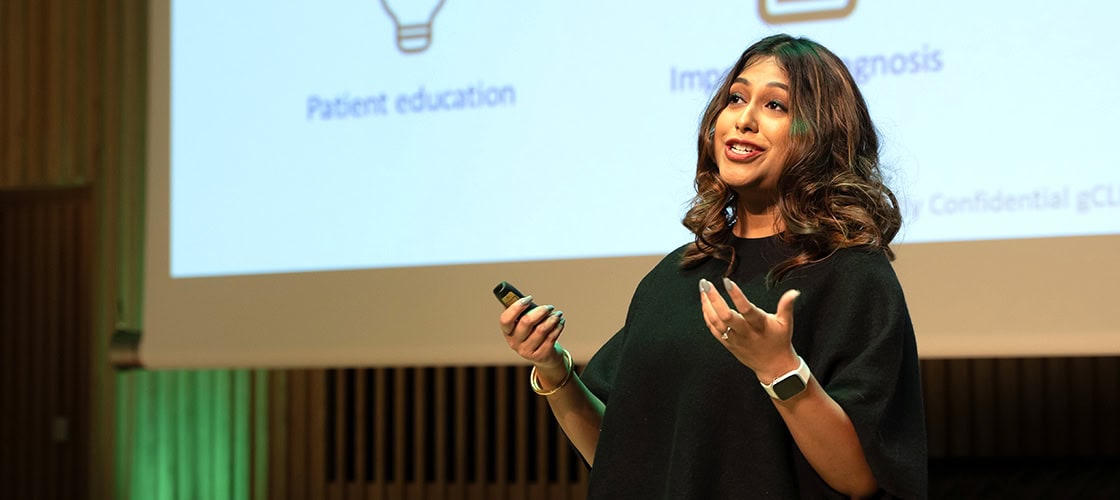
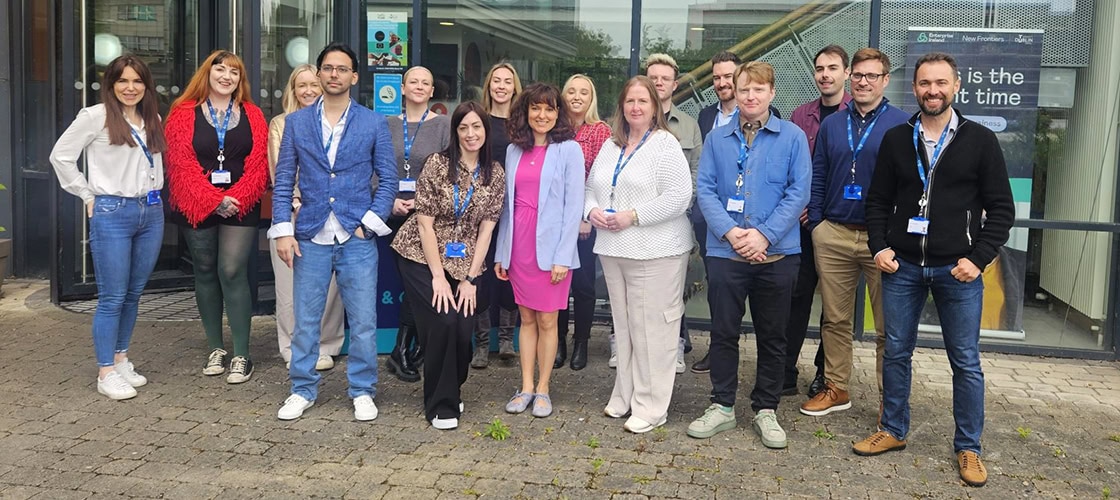
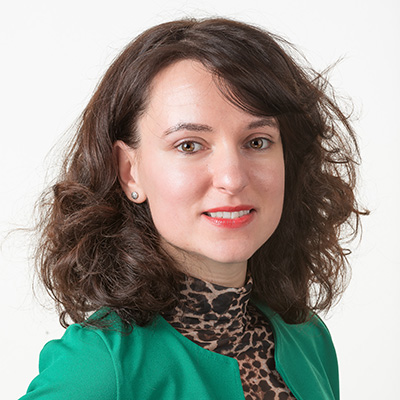



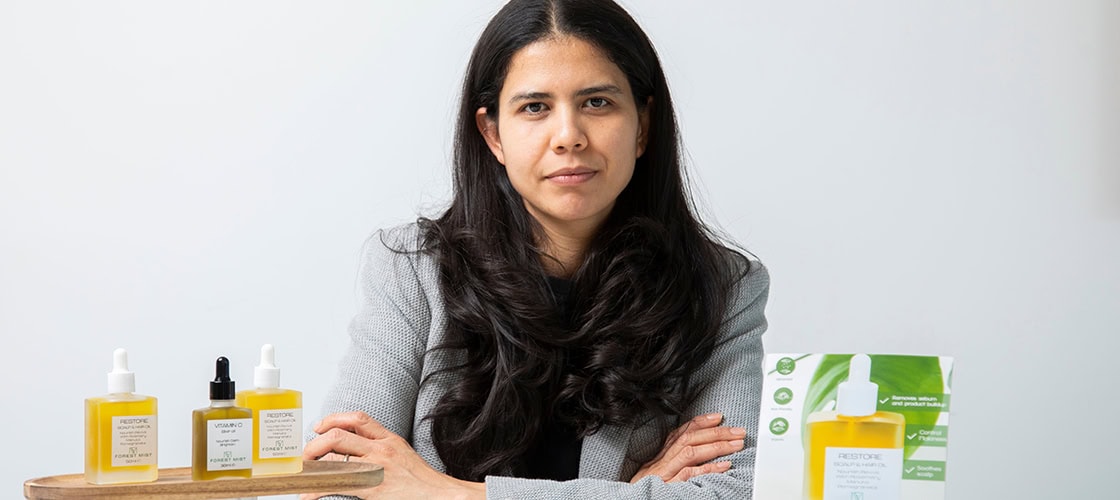
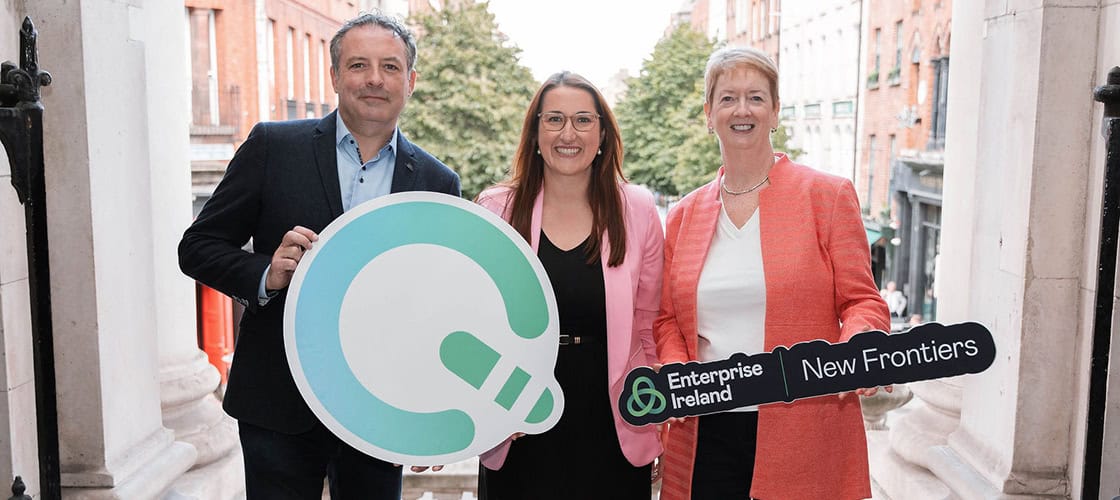
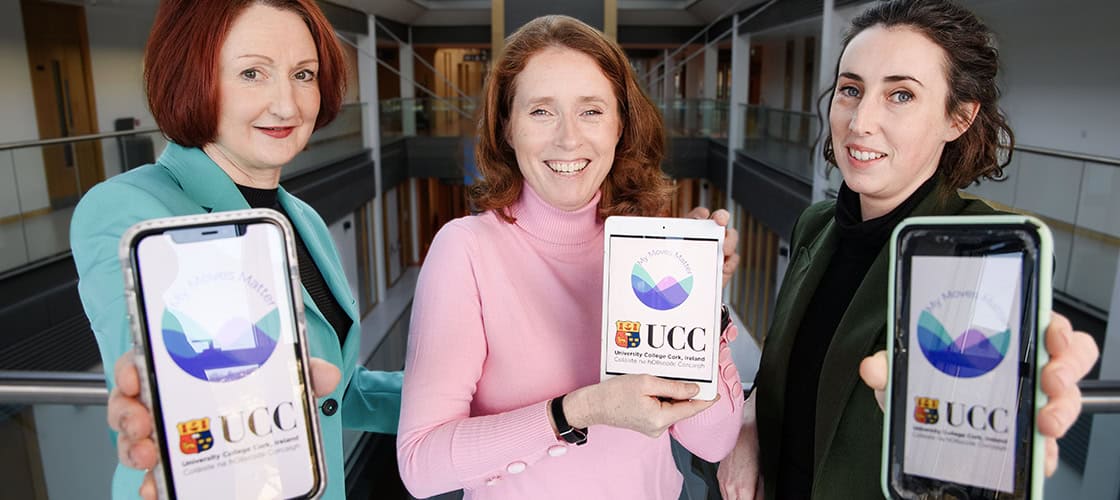
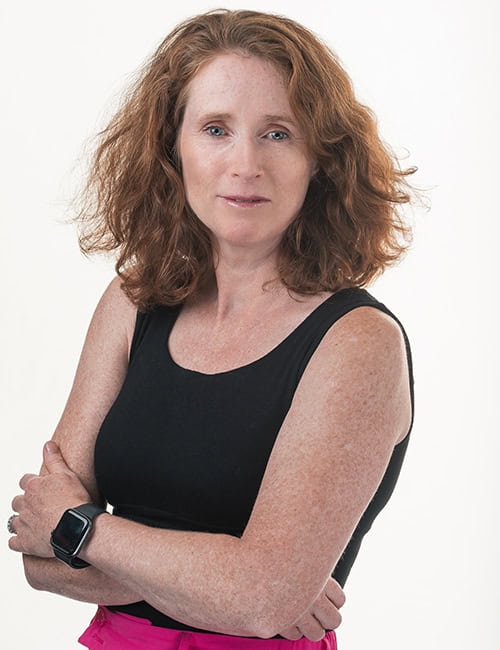
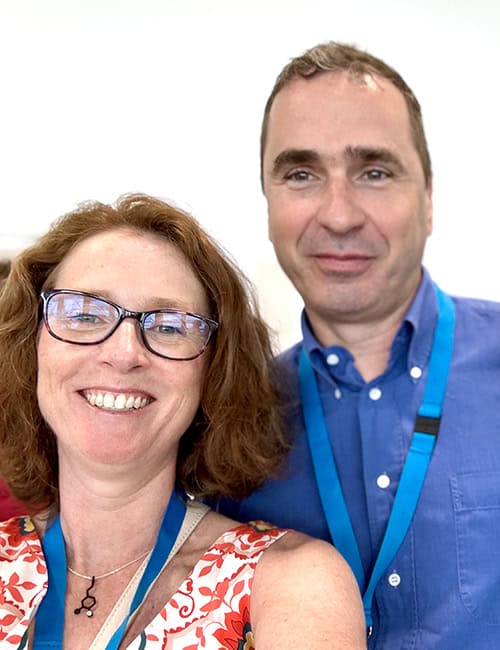
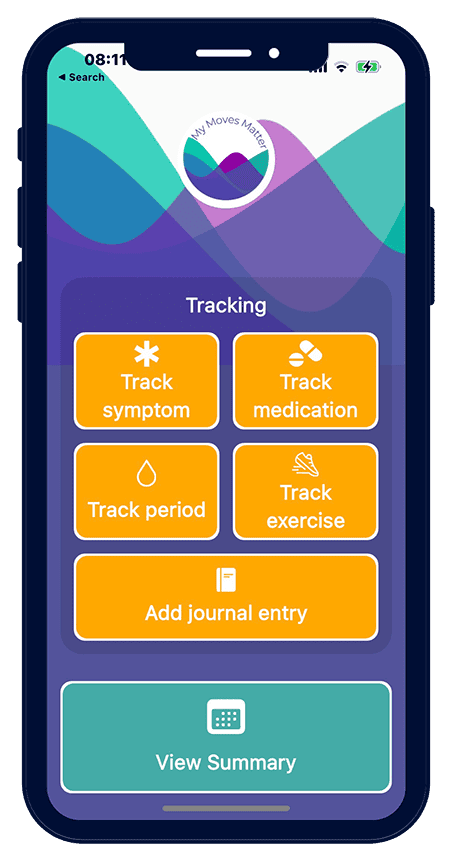 The My Moves Matter app was launched last July. It’s free for anyone with Parkinson’s and available for Apple or Android, with currently 1,100 users. It helps people track their diet, medication times, exercise, sleep, and hormonal fluctuations – all of which affect how well someone can live with Parkinson’s Disease. In addition, the app supports the input of clinical trial IDs, which means it is helping to fill that critical research gap. Right now, My Moves Matter is working with the University of Cork on a global pilot study (where women at different hormonal life stages track their PD symptoms over four months) and with France Parkinson’s (a trial in four neurological centres for French women tracking their symptoms across the menstrual cycle).
The My Moves Matter app was launched last July. It’s free for anyone with Parkinson’s and available for Apple or Android, with currently 1,100 users. It helps people track their diet, medication times, exercise, sleep, and hormonal fluctuations – all of which affect how well someone can live with Parkinson’s Disease. In addition, the app supports the input of clinical trial IDs, which means it is helping to fill that critical research gap. Right now, My Moves Matter is working with the University of Cork on a global pilot study (where women at different hormonal life stages track their PD symptoms over four months) and with France Parkinson’s (a trial in four neurological centres for French women tracking their symptoms across the menstrual cycle).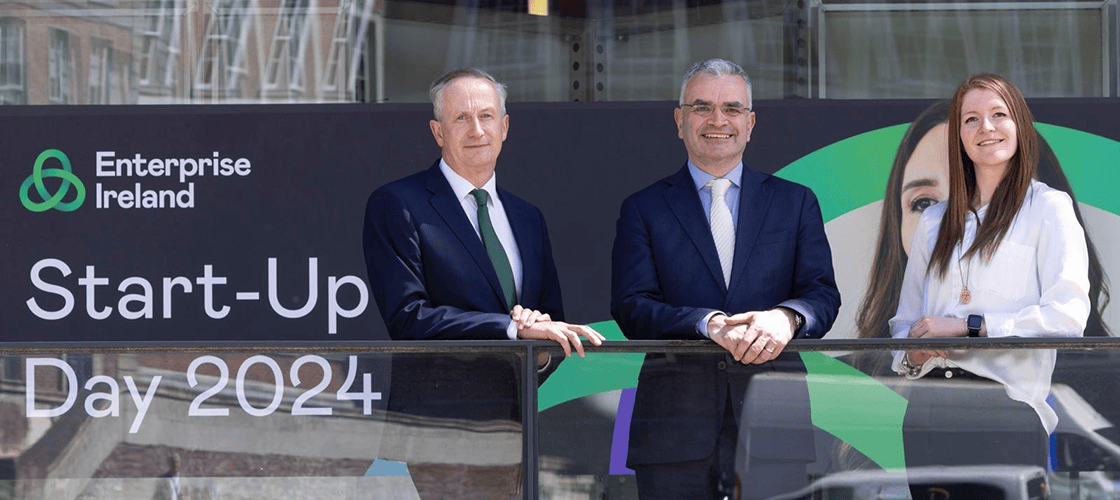

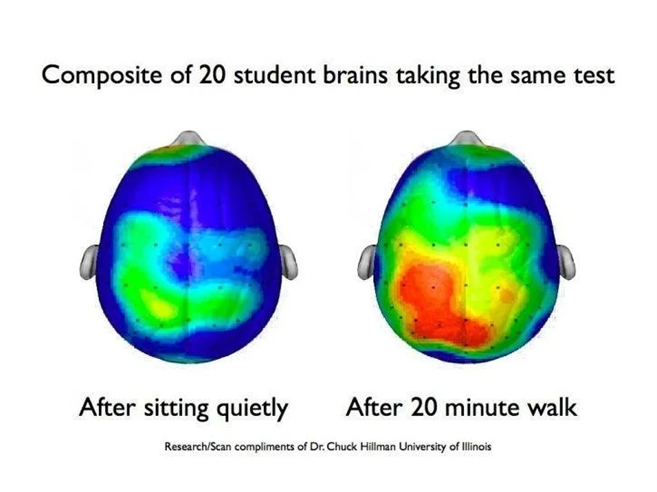 3. Building grit
3. Building grit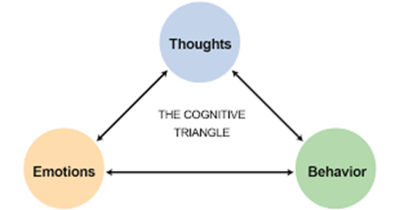 By nurturing your emotional health through physical activity, you develop the resilience needed to navigate the emotional highs and lows of start-up life with grace and resilience.
By nurturing your emotional health through physical activity, you develop the resilience needed to navigate the emotional highs and lows of start-up life with grace and resilience.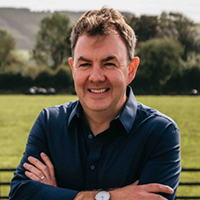 Johnn Barron
Johnn Barron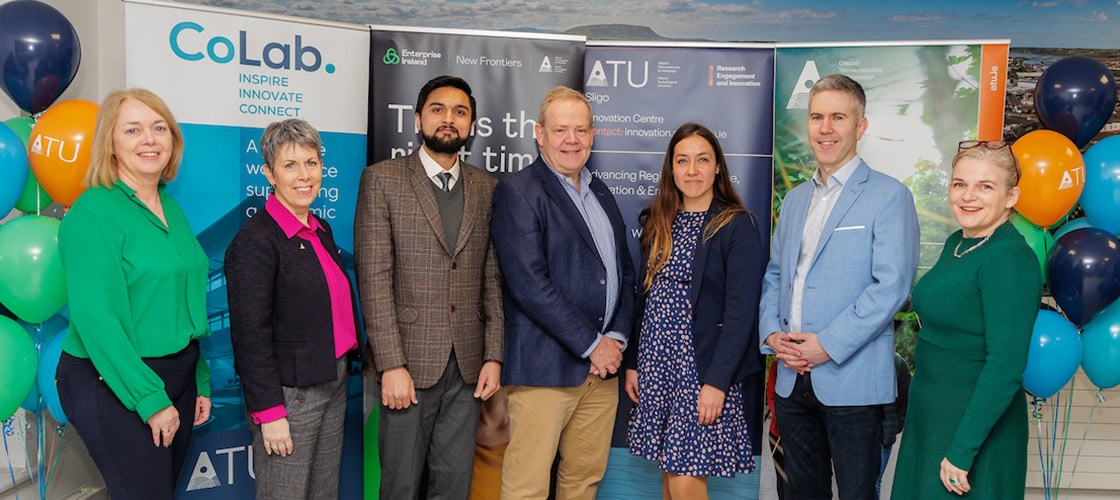
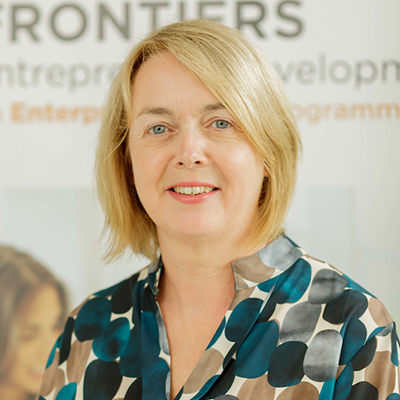
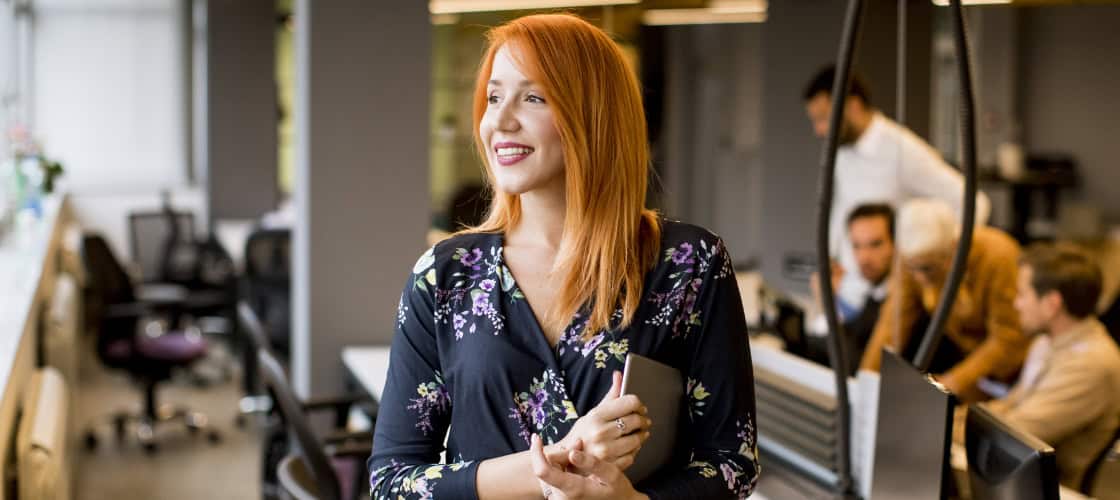
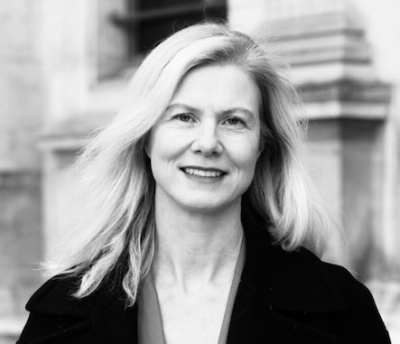
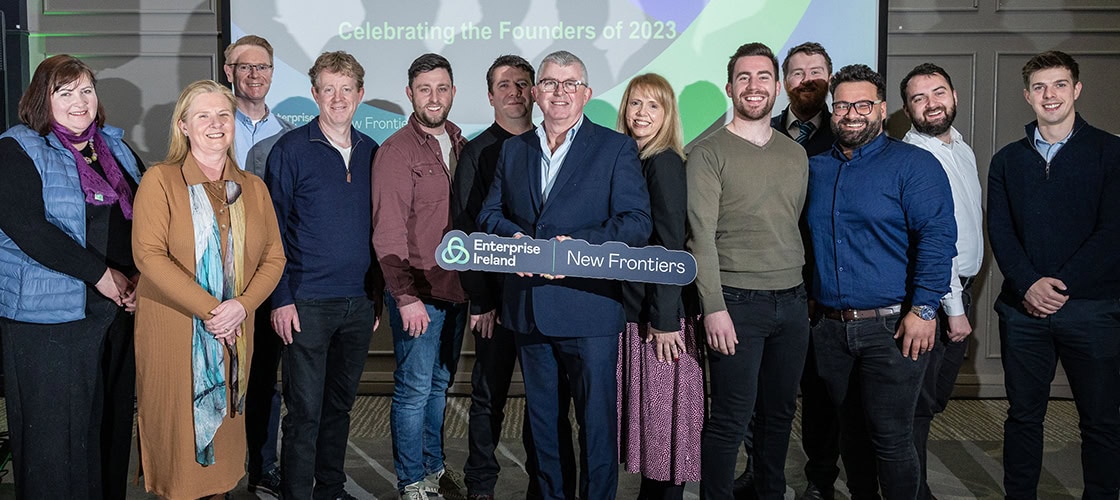

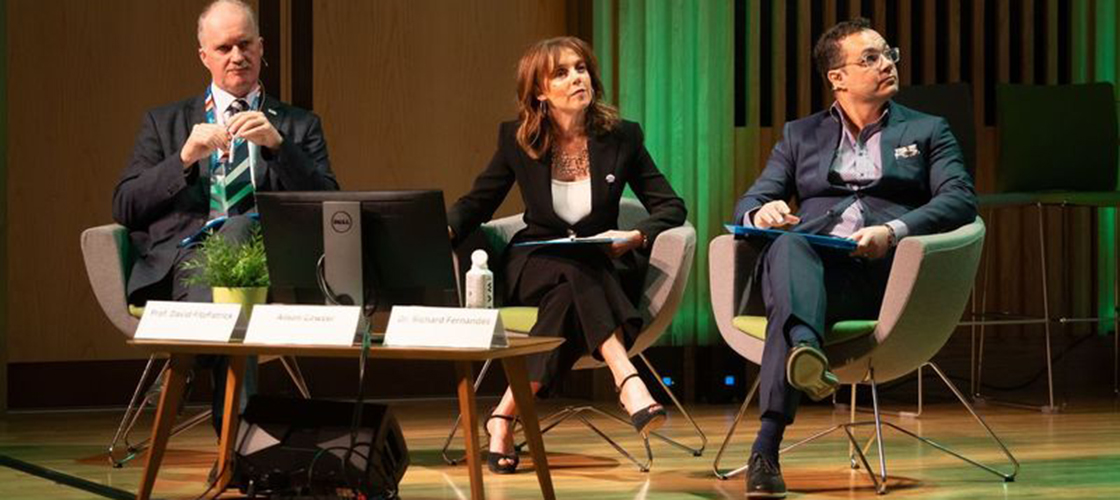
 This year the event was held on 8
This year the event was held on 8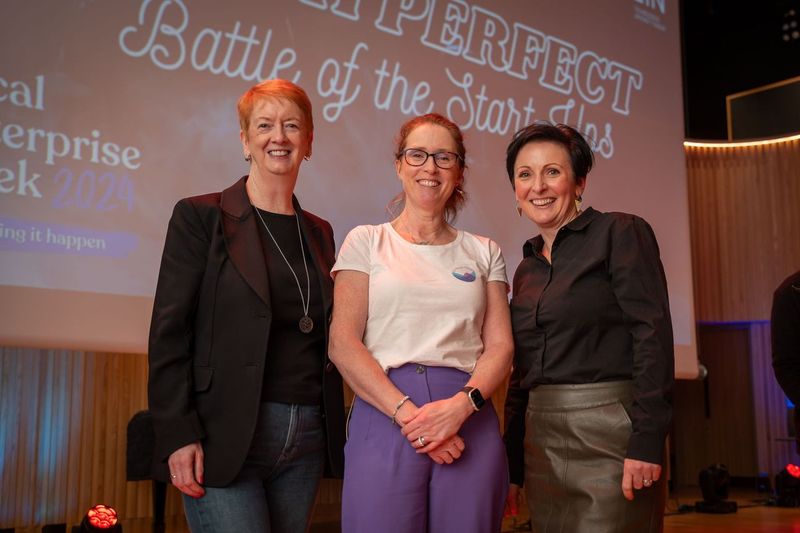
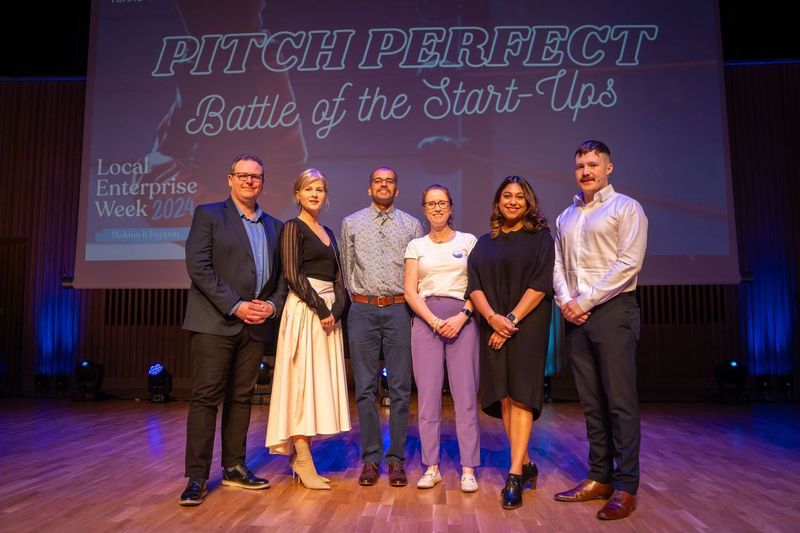
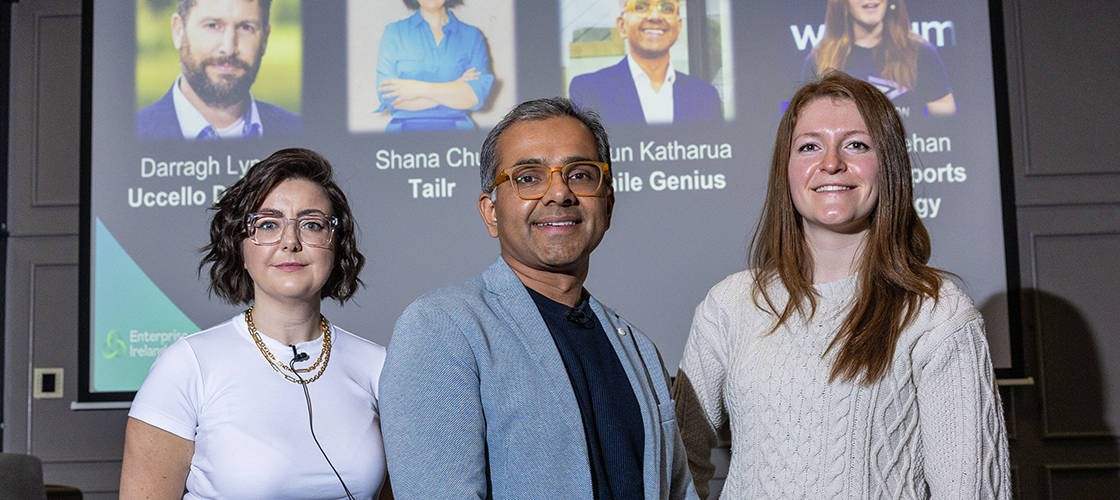
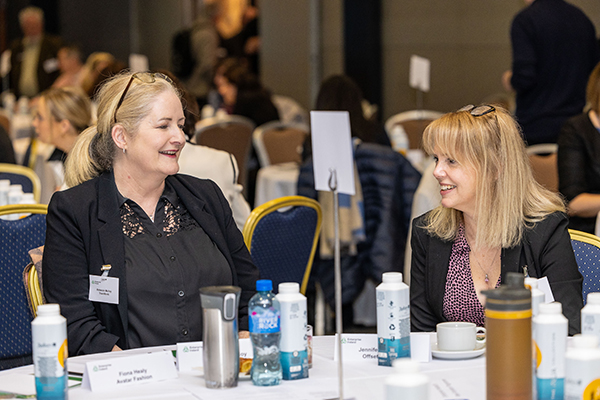
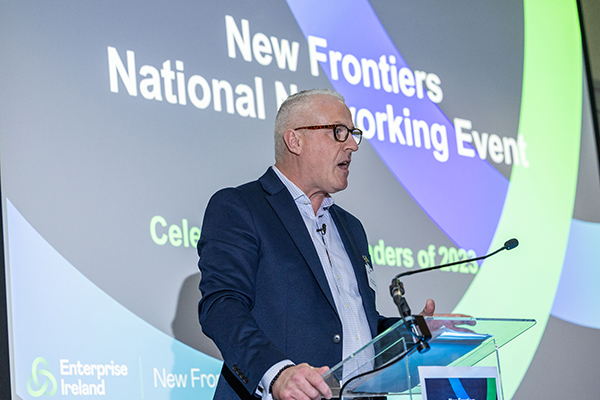
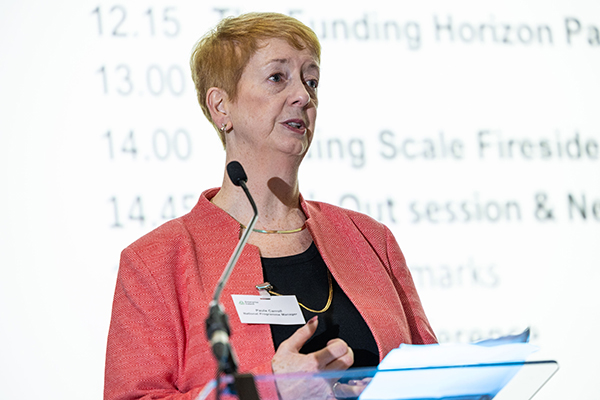
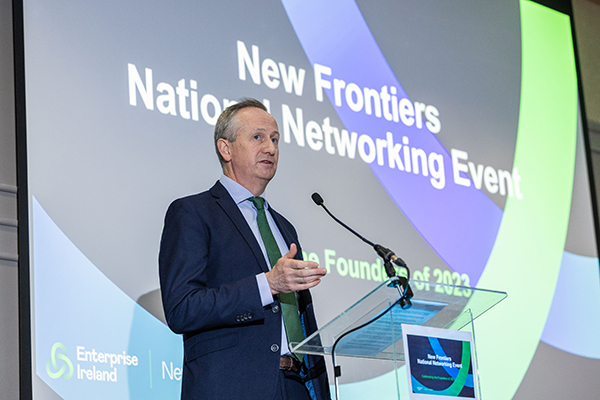
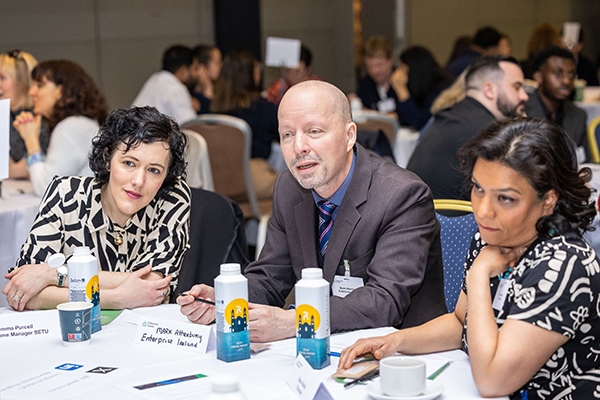
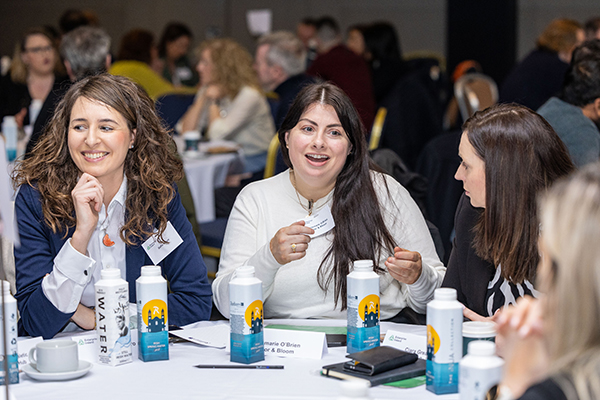
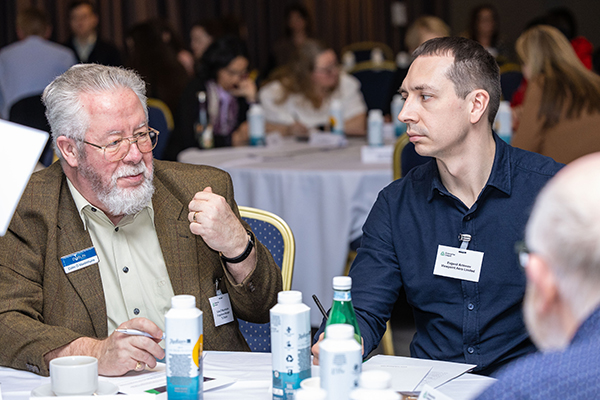
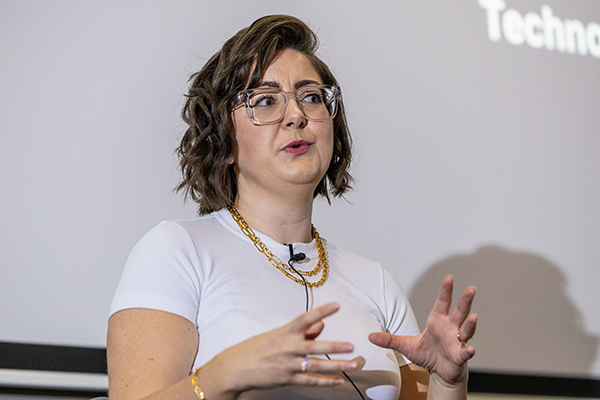
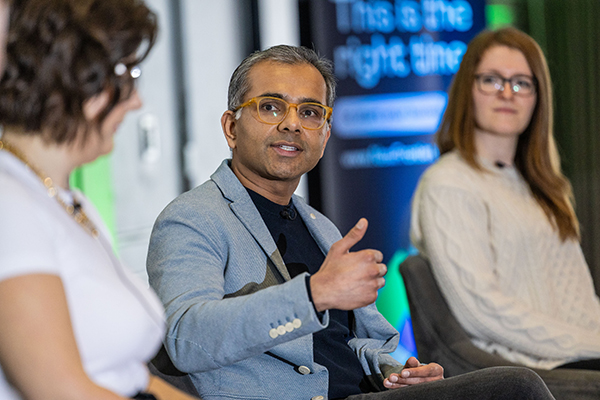
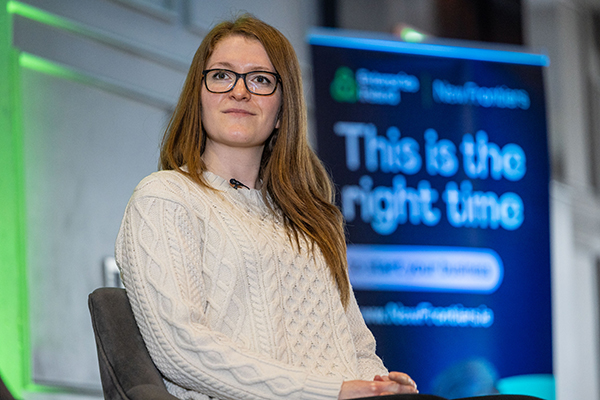
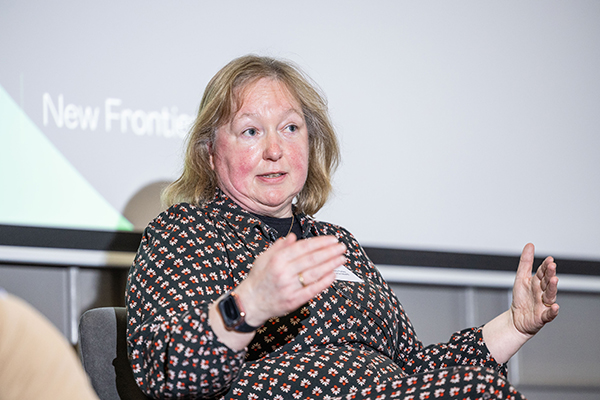
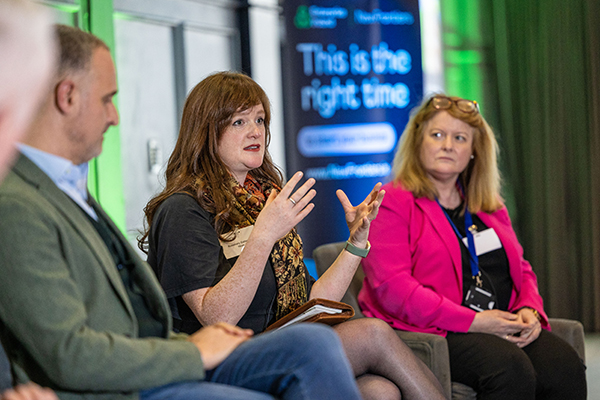
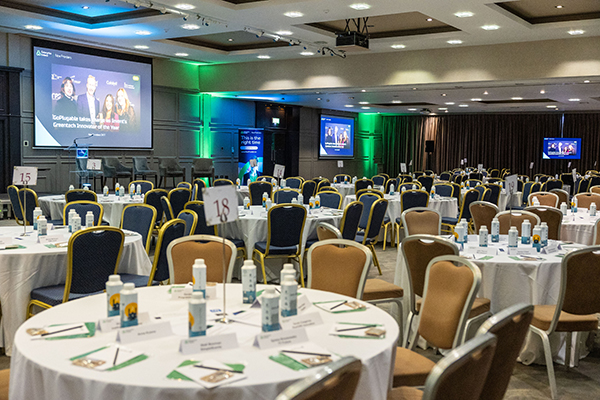
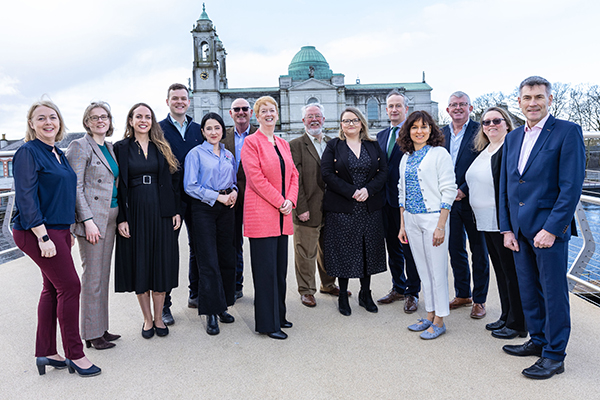
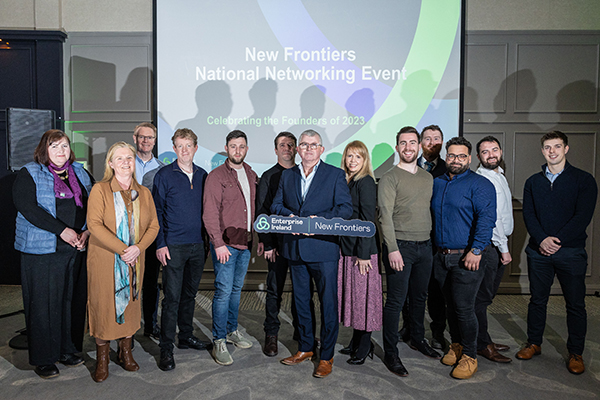
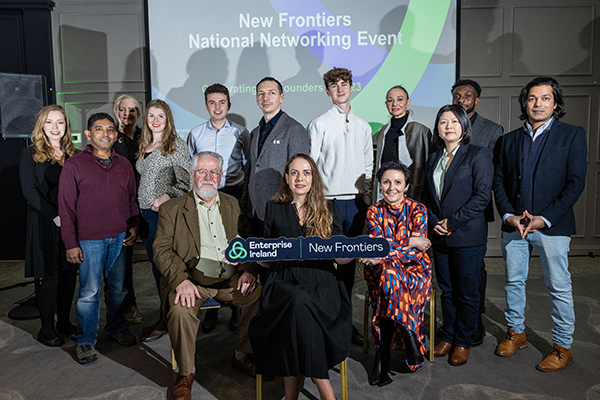
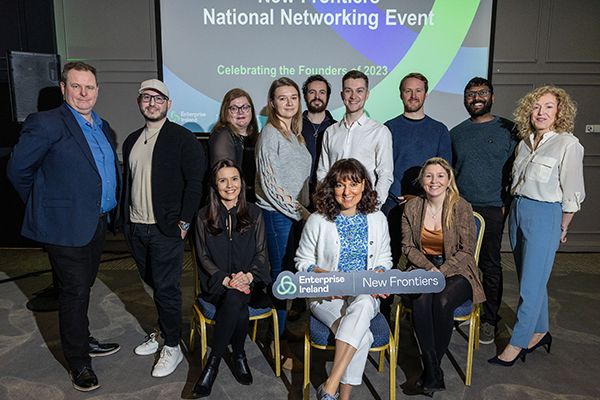
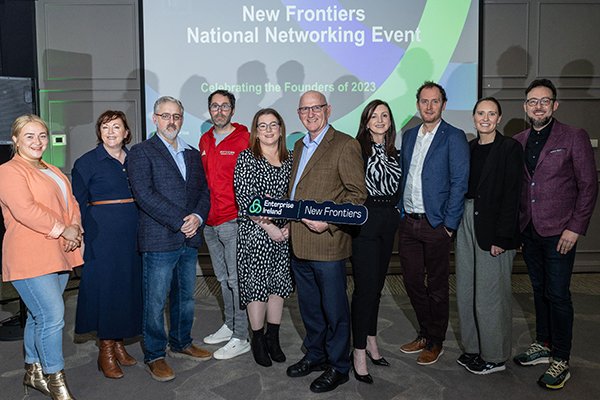
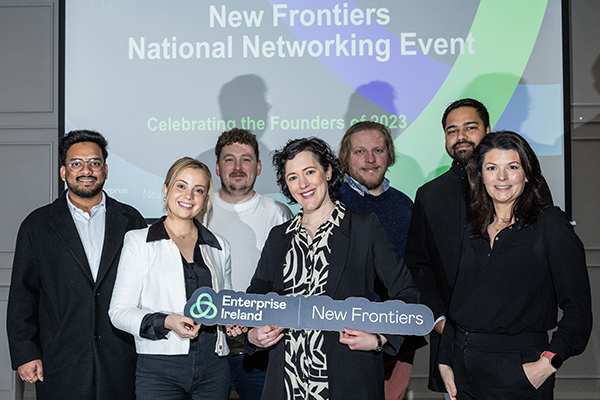
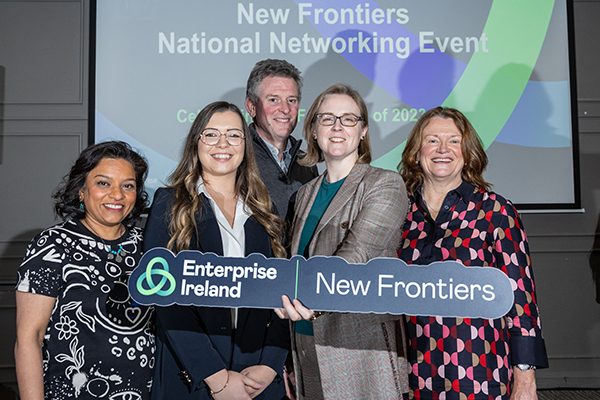
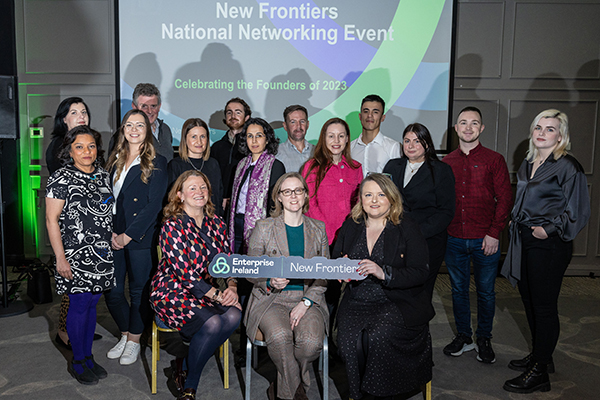
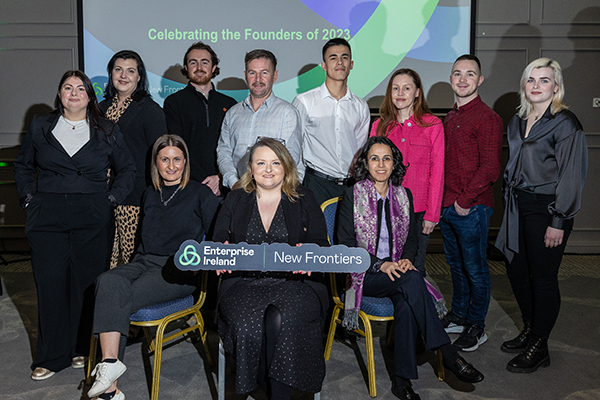
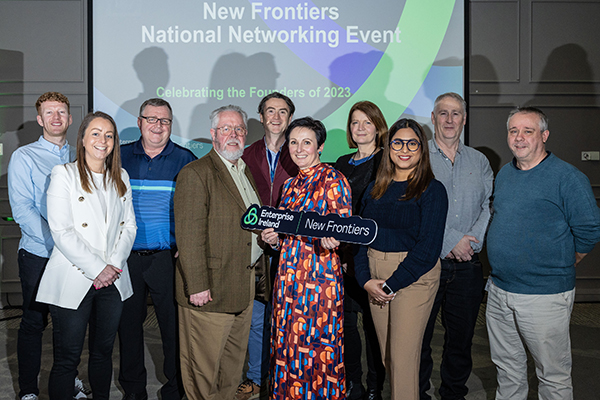
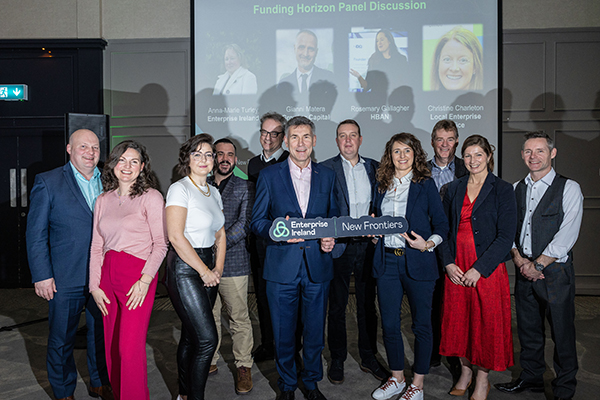
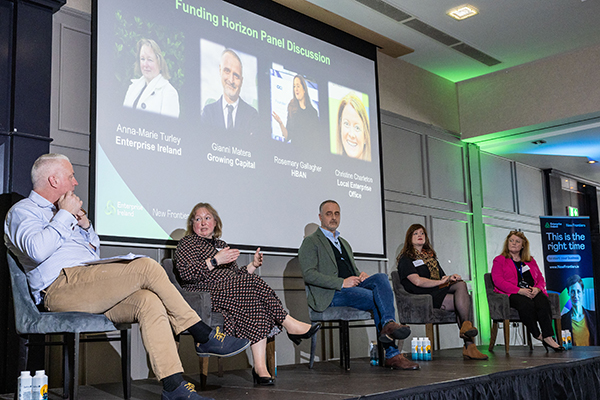
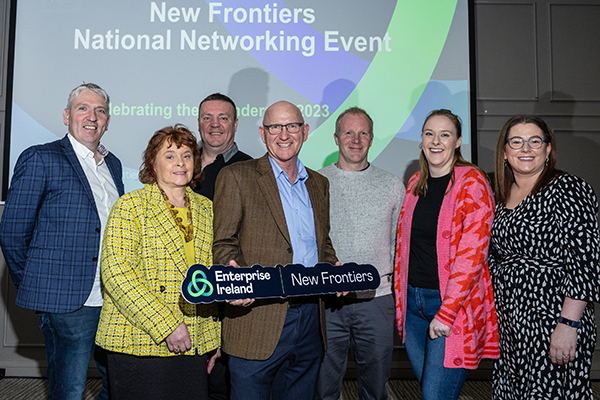
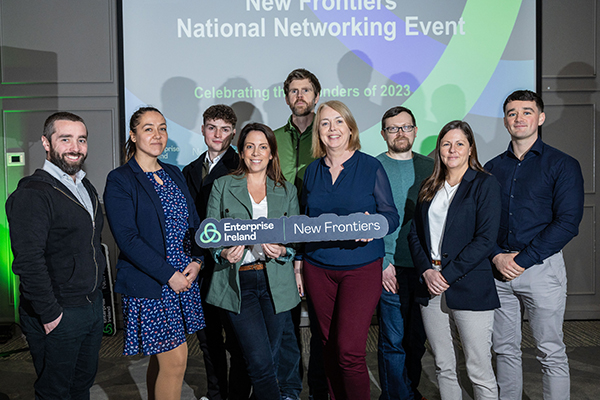
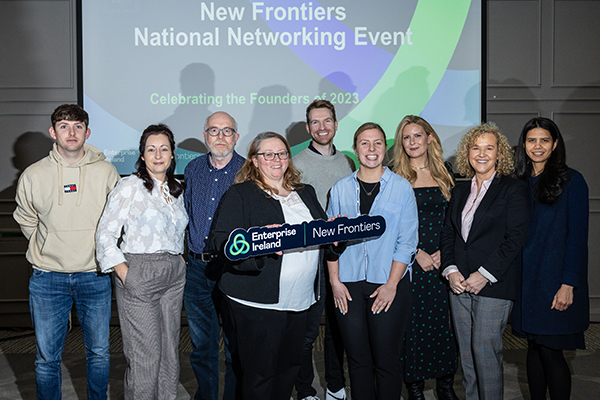
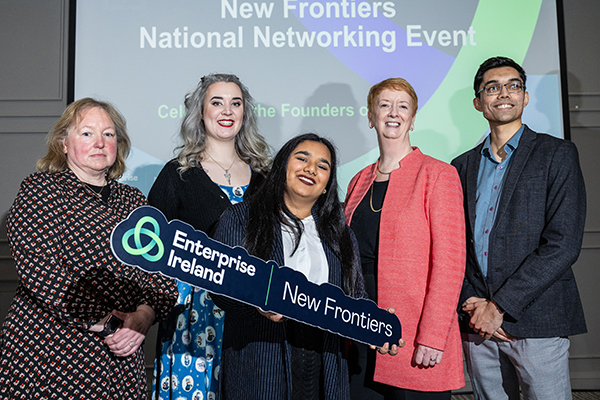
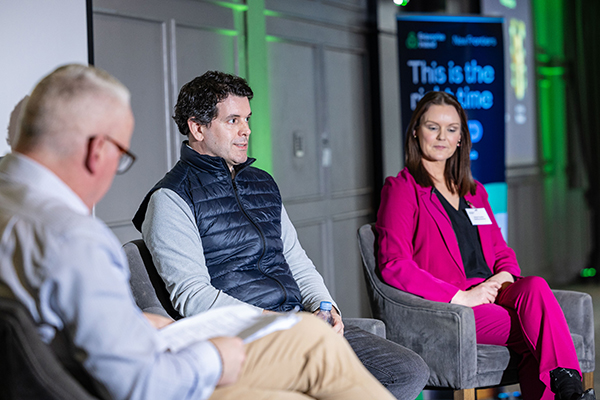
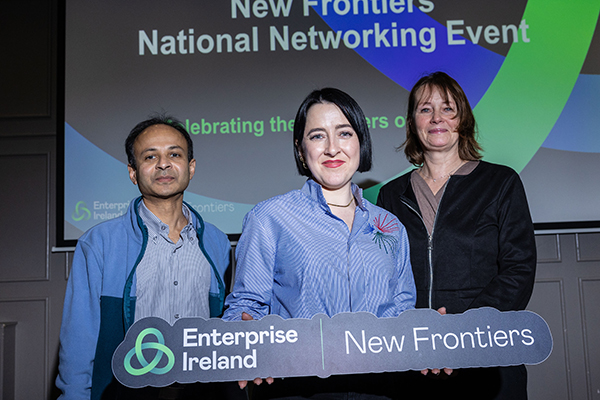
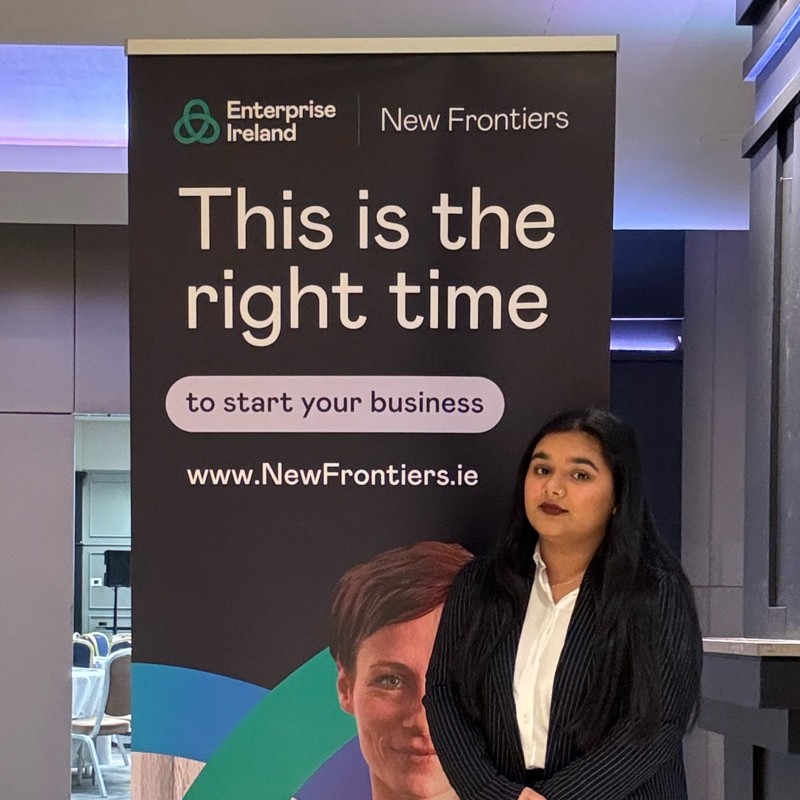

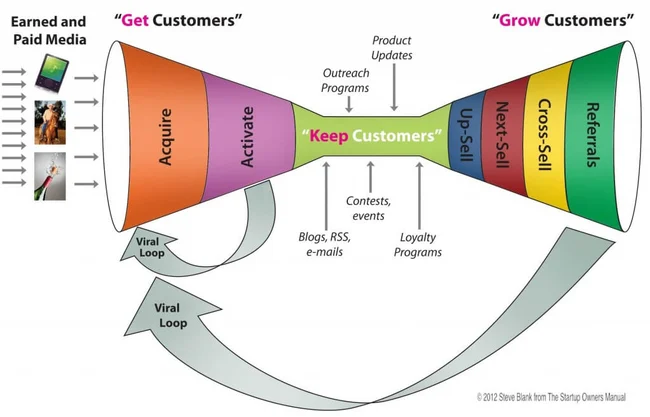 Gemma Purcell, Programme Manager at SETU – Carlow Campus
Gemma Purcell, Programme Manager at SETU – Carlow Campus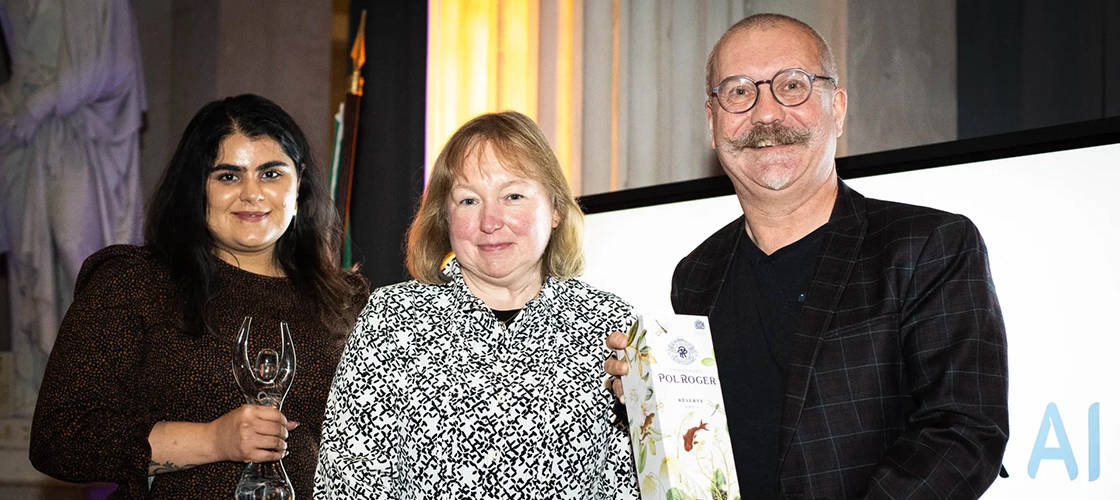
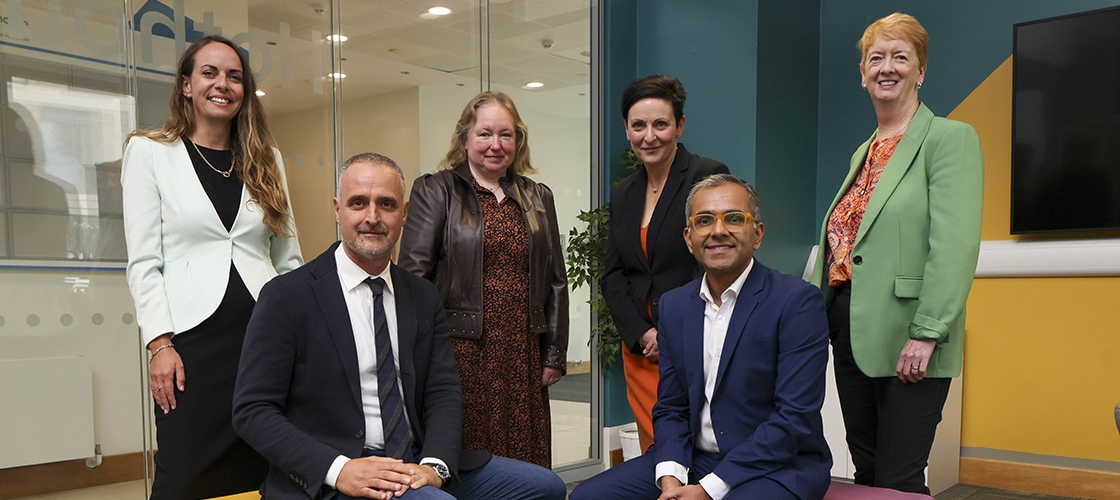
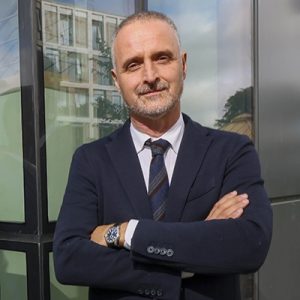 About Gianni Matera
About Gianni Matera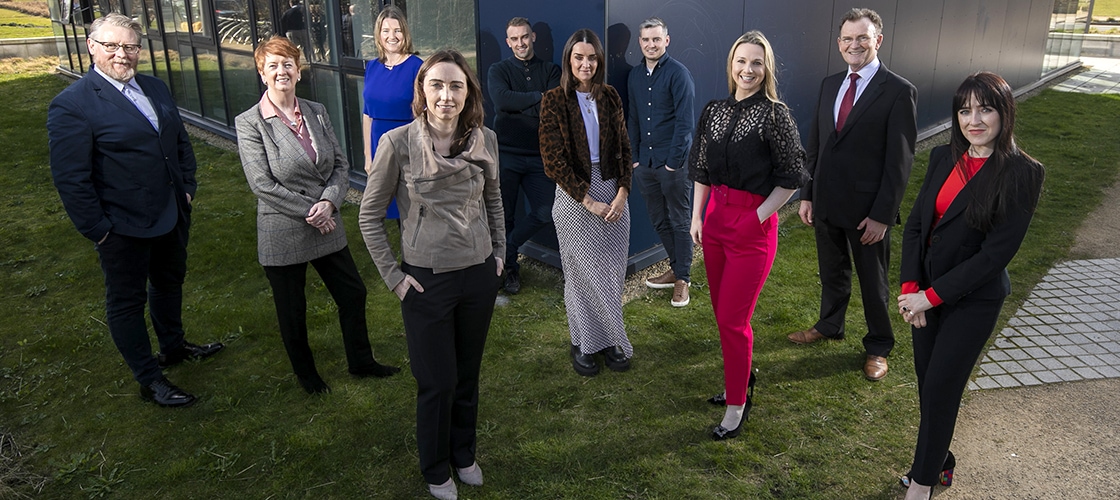
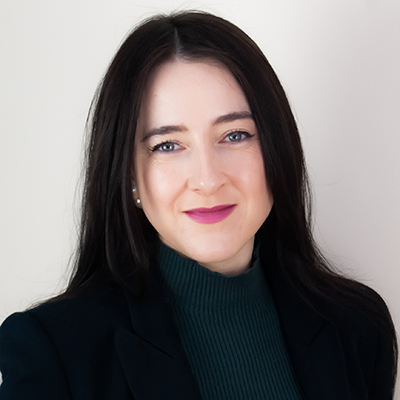
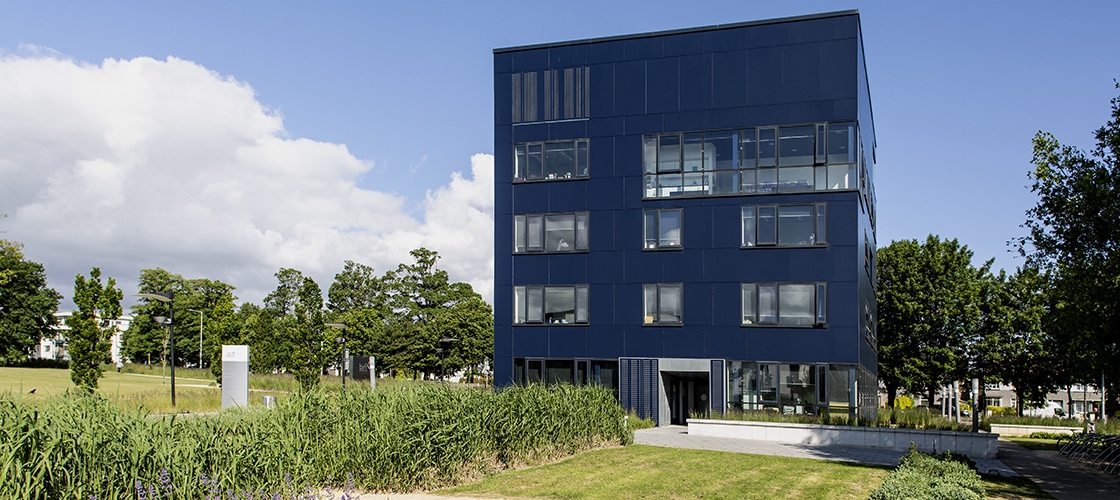
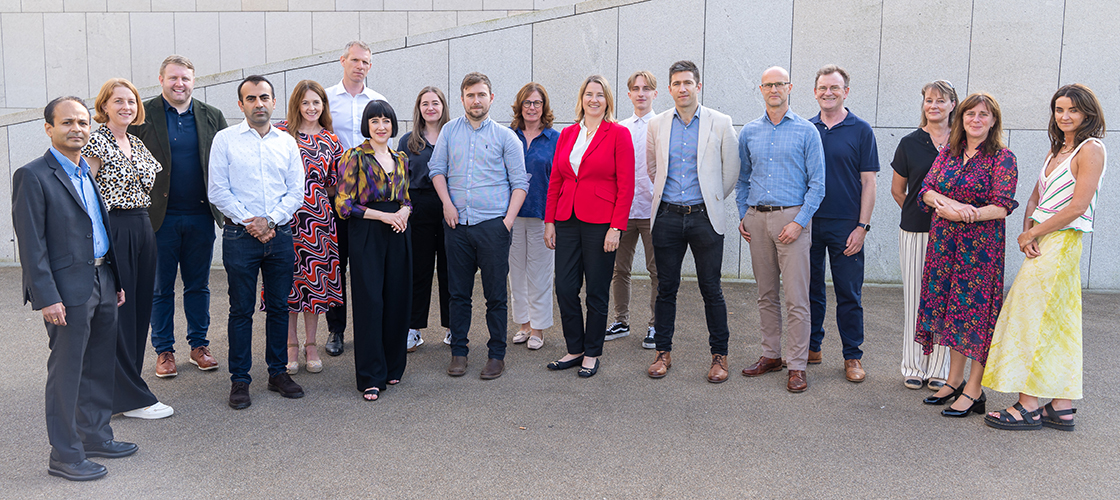
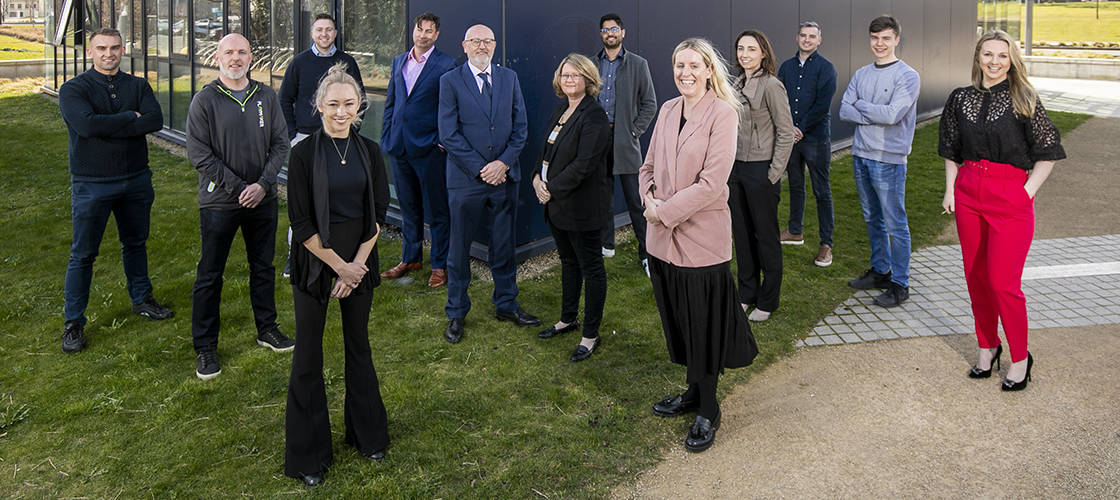
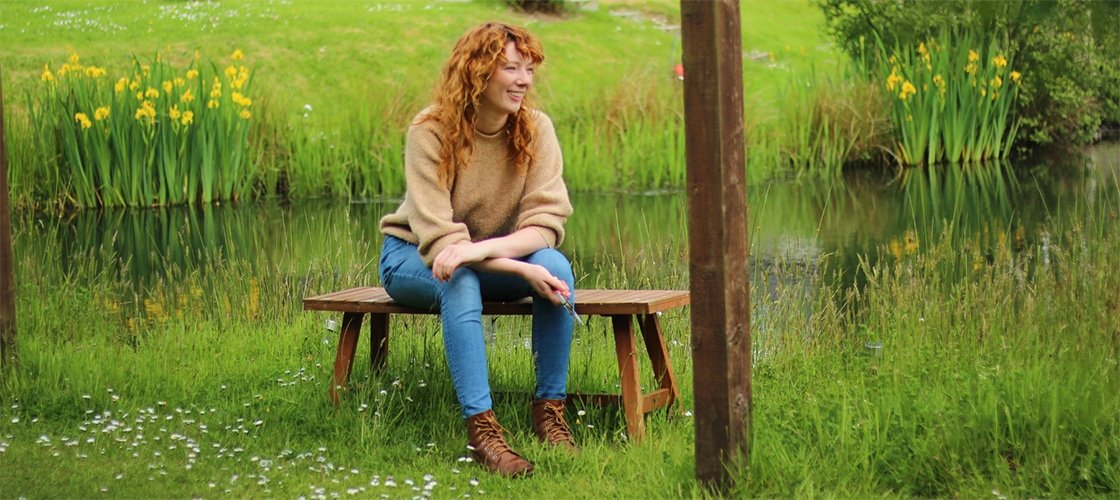
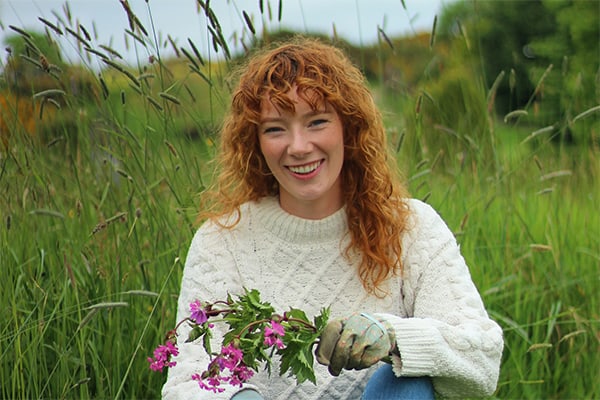 Alexandria: Yes, it started off as a personal project back in 2021. As I shared my gardening passion and other experiences on my blog, a community began to build around it. I was enrolled at SETU – Carlow Campus, studying for my BSc in Business with Marketing at the time. During a period of poor mental health, I was given a set of aromatherapy essential oils. The impact the products had on me was profound, and I started to experiment with the different fragrances and applications like candles. People I knew started asking me to make them, and before I knew it, I was developing a product range. It wasn’t planned as such, it all just happened quite organically.
Alexandria: Yes, it started off as a personal project back in 2021. As I shared my gardening passion and other experiences on my blog, a community began to build around it. I was enrolled at SETU – Carlow Campus, studying for my BSc in Business with Marketing at the time. During a period of poor mental health, I was given a set of aromatherapy essential oils. The impact the products had on me was profound, and I started to experiment with the different fragrances and applications like candles. People I knew started asking me to make them, and before I knew it, I was developing a product range. It wasn’t planned as such, it all just happened quite organically.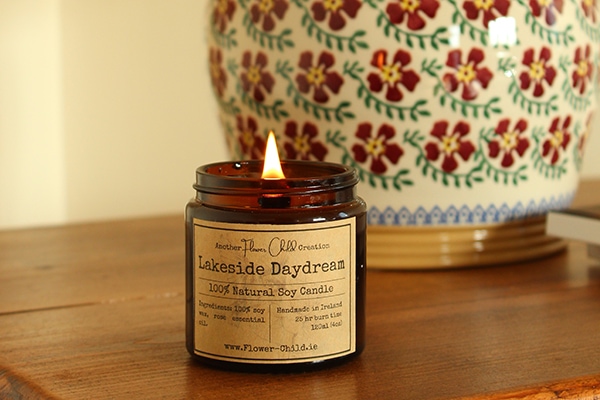 Alexandria: Absolutely. My family home, Turra Lodge Farm, has a beautiful garden which my Mum and Nana designed and planted when I was younger. It is a cornerstone of my mental health. Luckily, my family has indulged my passion, or obsession, with gardening for years now and given me lots of creative freedom to develop different parts of it. That’s what my blog initially revolved around.
Alexandria: Absolutely. My family home, Turra Lodge Farm, has a beautiful garden which my Mum and Nana designed and planted when I was younger. It is a cornerstone of my mental health. Luckily, my family has indulged my passion, or obsession, with gardening for years now and given me lots of creative freedom to develop different parts of it. That’s what my blog initially revolved around.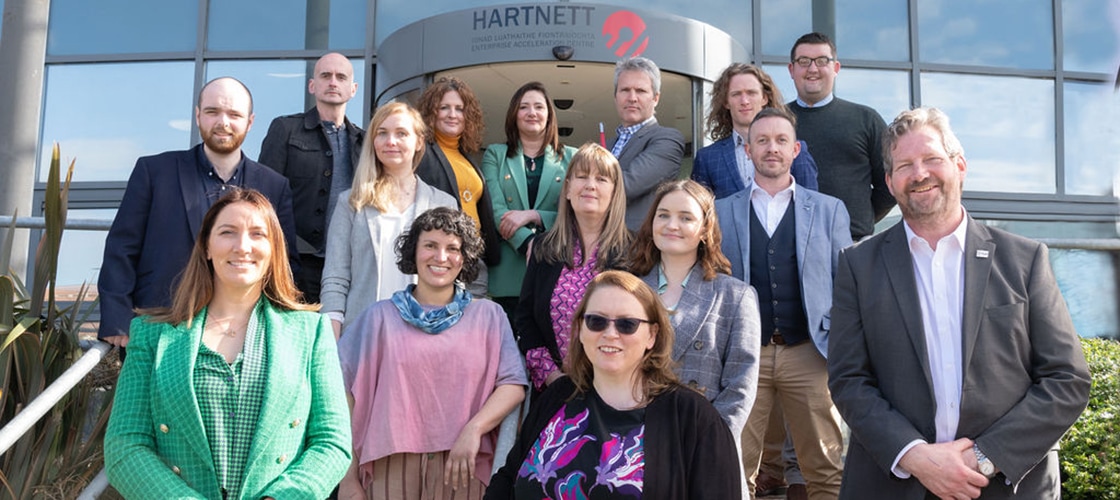
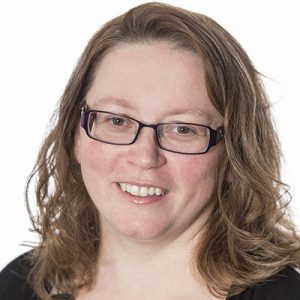
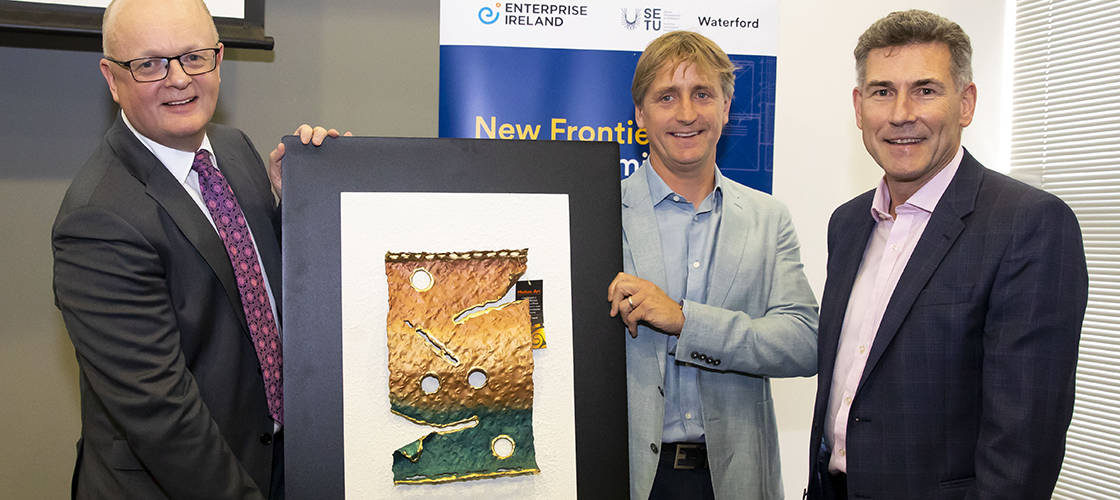
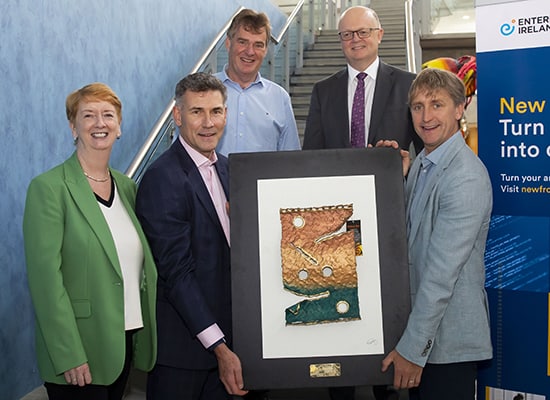
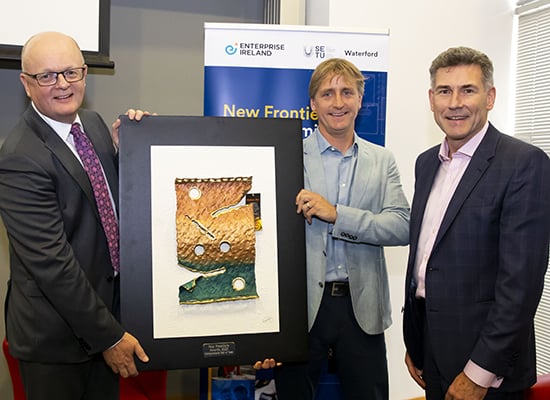
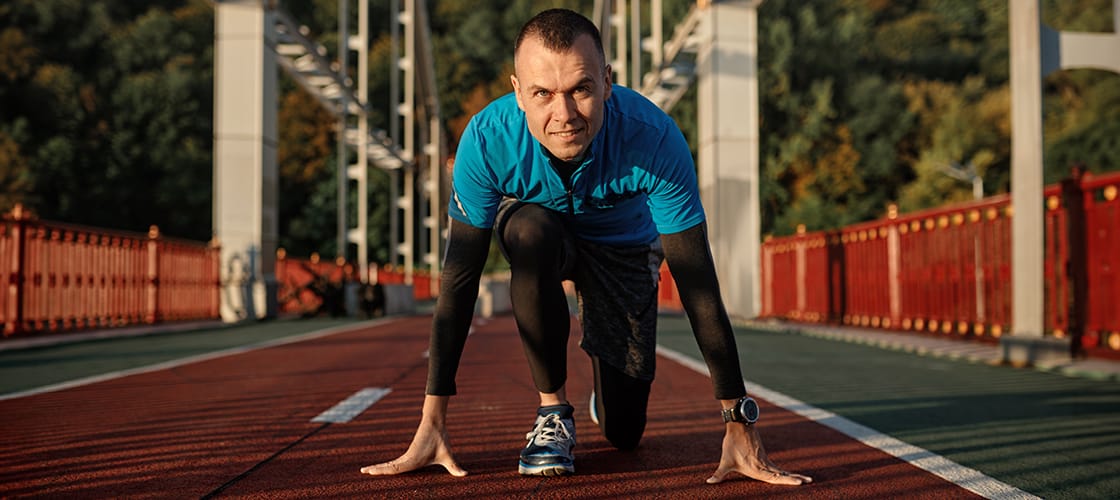
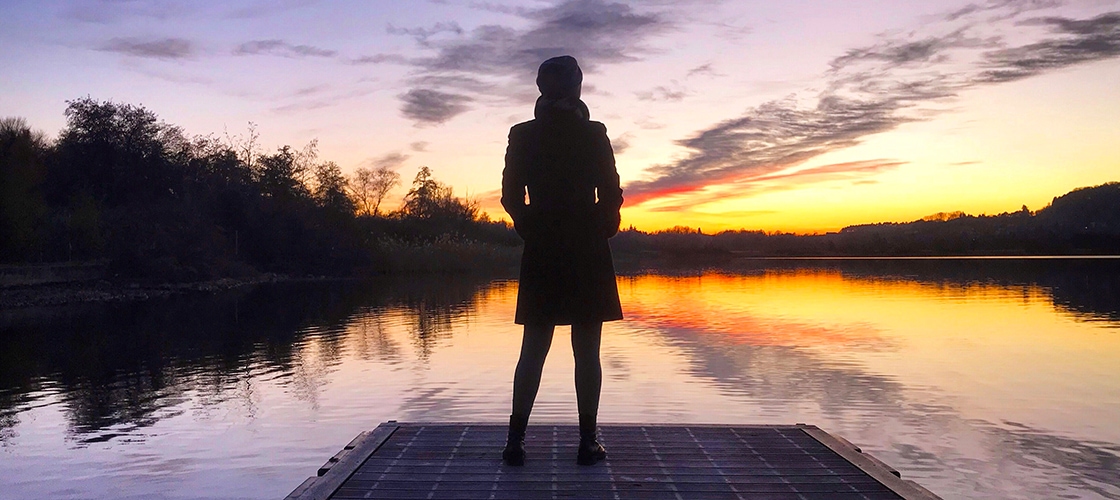
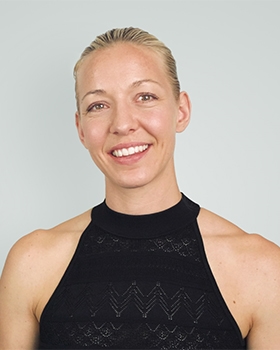 Heidi Davis: There are 440 million women going through the menopausal transition worldwide and 330 million of these women will experience symptoms that are negatively affecting their lives at work and at home. We know that about 60% of women that suffer from their symptoms will seek medical help, but only 30% of these women will get a diagnosis and treatment plan, leaving 70% of the women wanting help to suffer. The simple reason women do not get a diagnosis and treatment plan easily is that there are no clear diagnostic tests to establish perimenopause. Clinicians rely on self-reported symptoms on the frequency and severity of symptoms to establish perimenopause and prescribe treatment. We are developing a first-of-its-kind wearable biosensor and digital platform that can passively quantify & profile the frequency and severity of menopausal symptoms, providing women and clinicians with the necessary information to diagnose & personalise symptom management.
Heidi Davis: There are 440 million women going through the menopausal transition worldwide and 330 million of these women will experience symptoms that are negatively affecting their lives at work and at home. We know that about 60% of women that suffer from their symptoms will seek medical help, but only 30% of these women will get a diagnosis and treatment plan, leaving 70% of the women wanting help to suffer. The simple reason women do not get a diagnosis and treatment plan easily is that there are no clear diagnostic tests to establish perimenopause. Clinicians rely on self-reported symptoms on the frequency and severity of symptoms to establish perimenopause and prescribe treatment. We are developing a first-of-its-kind wearable biosensor and digital platform that can passively quantify & profile the frequency and severity of menopausal symptoms, providing women and clinicians with the necessary information to diagnose & personalise symptom management.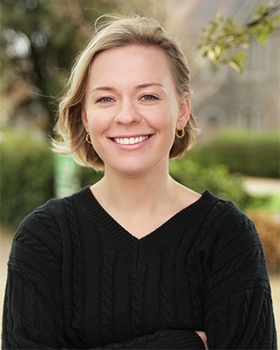 Grainne Byrne: Norma is a psychosexual wellbeing platform and app. Our first product is a digital support programme for two very common conditions that impact sexual wellbeing, vaginismus and dyspareunia, which can affect approximately 1 in 5 in women.* These conditions can cause pain, anxiety, and difficulties with things like penetrative sex, inserting menstrual products, or undergoing a smear test. Our dynamic programme empowers these people with the knowledge and the tools to understand, manage and overcome these conditions at home today. Thankfully, in recent years, there has been a surge of much-needed, user-centric innovations in areas like cycle tracking, fertility, and menopause. At Norma, we are definitely excited to be riding the crest of this long-overdue femtech wave.
Grainne Byrne: Norma is a psychosexual wellbeing platform and app. Our first product is a digital support programme for two very common conditions that impact sexual wellbeing, vaginismus and dyspareunia, which can affect approximately 1 in 5 in women.* These conditions can cause pain, anxiety, and difficulties with things like penetrative sex, inserting menstrual products, or undergoing a smear test. Our dynamic programme empowers these people with the knowledge and the tools to understand, manage and overcome these conditions at home today. Thankfully, in recent years, there has been a surge of much-needed, user-centric innovations in areas like cycle tracking, fertility, and menopause. At Norma, we are definitely excited to be riding the crest of this long-overdue femtech wave.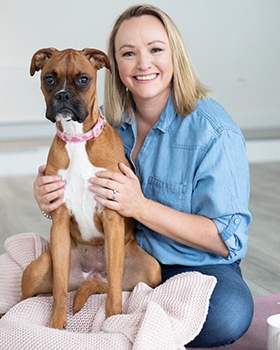 Deborah Brock: Nua Fertility is revolutionising the field of reproductive health by harnessing the power of the microbiome to enhance and optimise fertility outcomes. We combine personal experience, scientific research, and innovative products and digital solutions to optimise the microbiome for fertility success. The idea behind Nua Fertility is one whose time has come as the area of the microbiome for reproductive health is one of the most innovative and growing areas in fertility health. There is a rising awareness of the significant role that the microbiome plays in reproductive health, and scientific advancements have highlighted its impact on various aspects of fertility.
Deborah Brock: Nua Fertility is revolutionising the field of reproductive health by harnessing the power of the microbiome to enhance and optimise fertility outcomes. We combine personal experience, scientific research, and innovative products and digital solutions to optimise the microbiome for fertility success. The idea behind Nua Fertility is one whose time has come as the area of the microbiome for reproductive health is one of the most innovative and growing areas in fertility health. There is a rising awareness of the significant role that the microbiome plays in reproductive health, and scientific advancements have highlighted its impact on various aspects of fertility.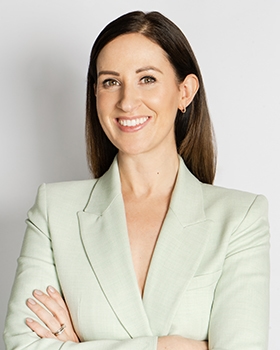 Alison Clarke: Every day, women experiencing fertility problems walk out of their career, resulting in depleted talent pools and costing employers tens of thousands. Fembition is a pioneering women’s fertility and leadership platform for progressive employers who want to retain their top female talent, close the gender gap and build a more inclusive culture at work. Essentially, we provide analytics, networking and peer support for women in business who are experiencing a challenging fertility journey. One of the biggest challenges for many women is managing their career whilst they’re trying to conceive. We work with these women through our platform and provide resources, workshops, and live support.
Alison Clarke: Every day, women experiencing fertility problems walk out of their career, resulting in depleted talent pools and costing employers tens of thousands. Fembition is a pioneering women’s fertility and leadership platform for progressive employers who want to retain their top female talent, close the gender gap and build a more inclusive culture at work. Essentially, we provide analytics, networking and peer support for women in business who are experiencing a challenging fertility journey. One of the biggest challenges for many women is managing their career whilst they’re trying to conceive. We work with these women through our platform and provide resources, workshops, and live support.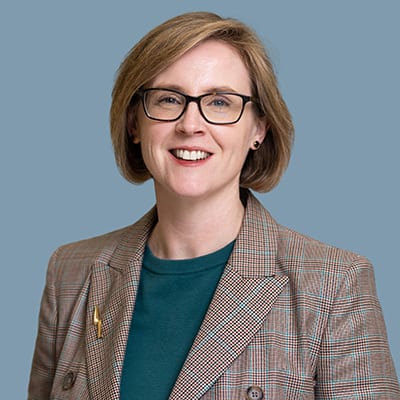 After university, Aoife went to work for an entrepreneur, gaining a real appreciation of the drive, commitment, resilience, and flexibility required to make a fledgling business successful. She then moved into an international setting for over a decade, at the heart of a rapidly scaling global tech startup. Following this, she consulted for a wide range of startups and SMEs in sectors such as pharma, hospitality, retail, and medtech. Through this work, Aoife developed a deeper interest in entrepreneurship, which led her to the role of Enterprise Programmes Manager at the Innovation & Enterprise Office, MTU. An experienced project manager, Aoife brings strong analytical thinking and problem-solving skills to the table, supporting entrepreneurs through their journey with a pragmatic, straightforward approach.
After university, Aoife went to work for an entrepreneur, gaining a real appreciation of the drive, commitment, resilience, and flexibility required to make a fledgling business successful. She then moved into an international setting for over a decade, at the heart of a rapidly scaling global tech startup. Following this, she consulted for a wide range of startups and SMEs in sectors such as pharma, hospitality, retail, and medtech. Through this work, Aoife developed a deeper interest in entrepreneurship, which led her to the role of Enterprise Programmes Manager at the Innovation & Enterprise Office, MTU. An experienced project manager, Aoife brings strong analytical thinking and problem-solving skills to the table, supporting entrepreneurs through their journey with a pragmatic, straightforward approach.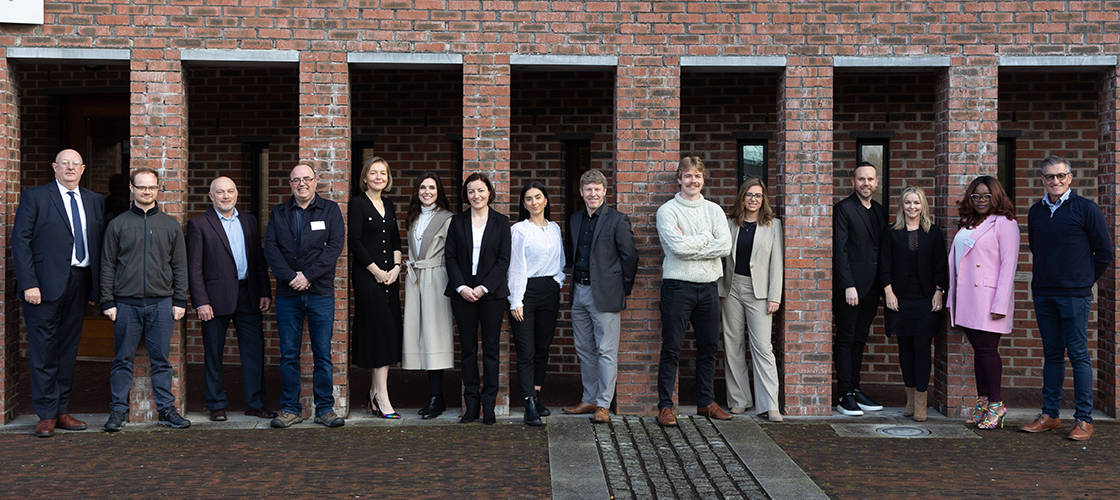 What does the programme at Cork offer?
What does the programme at Cork offer?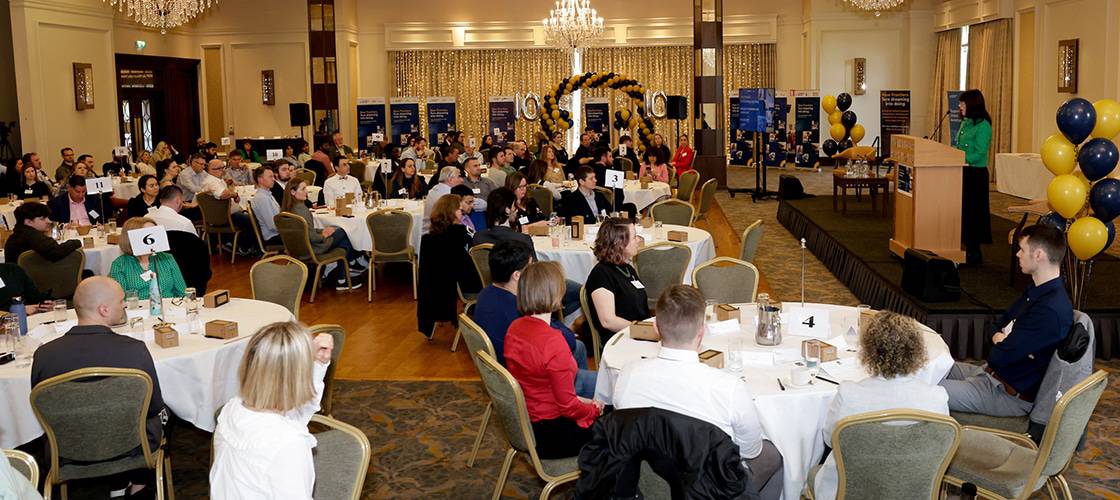
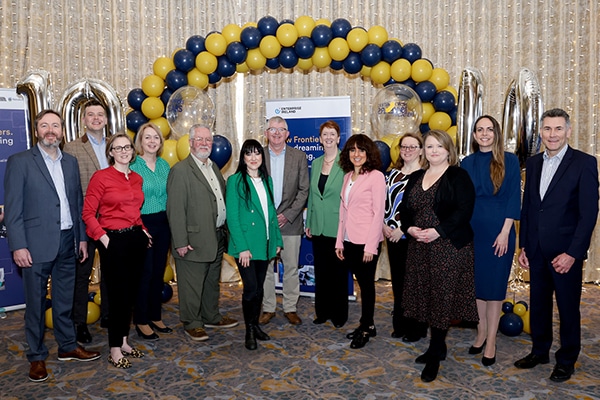
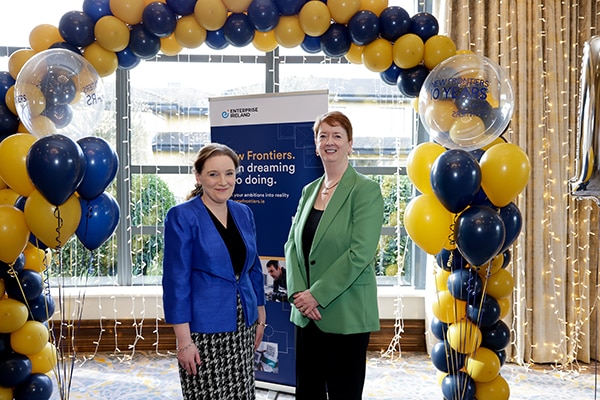
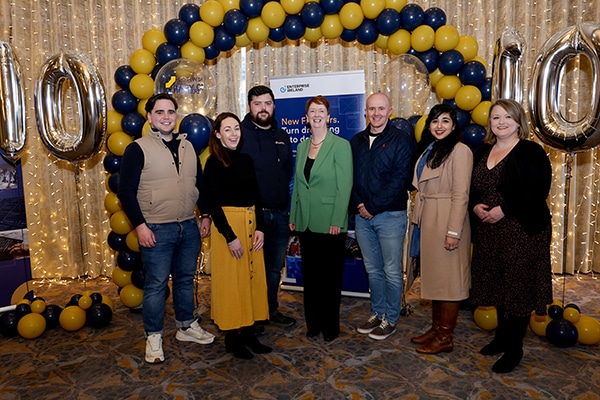
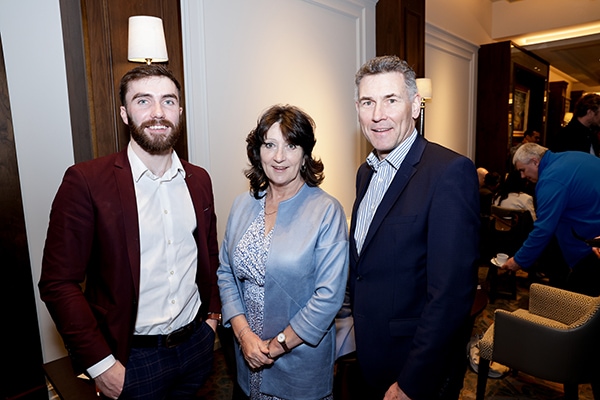
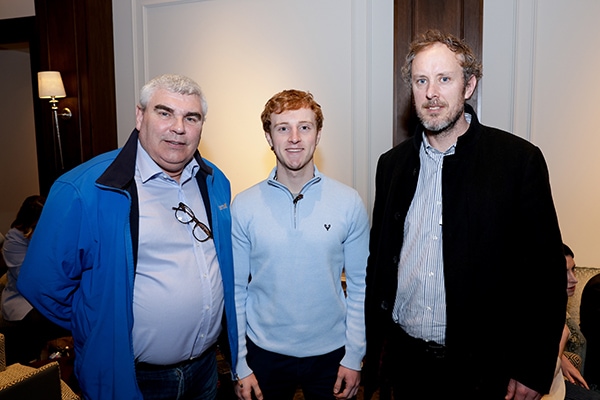
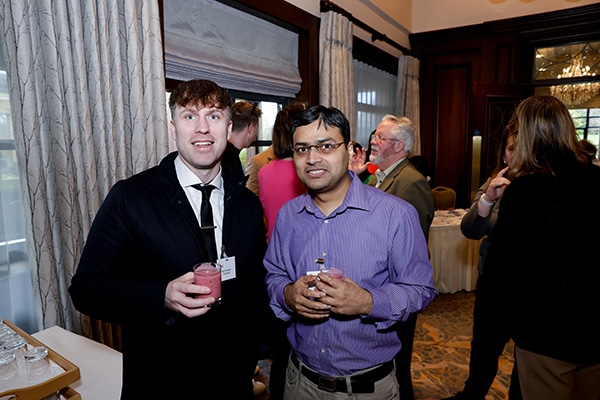
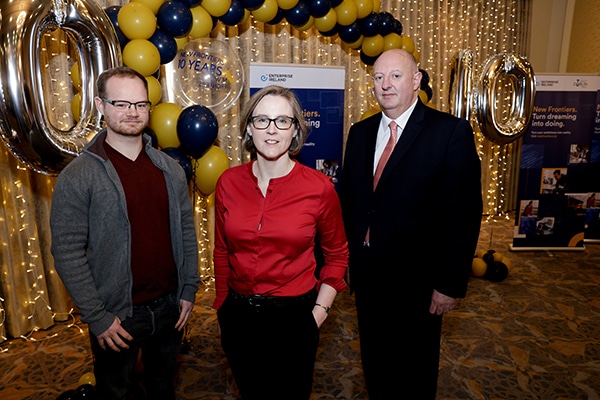
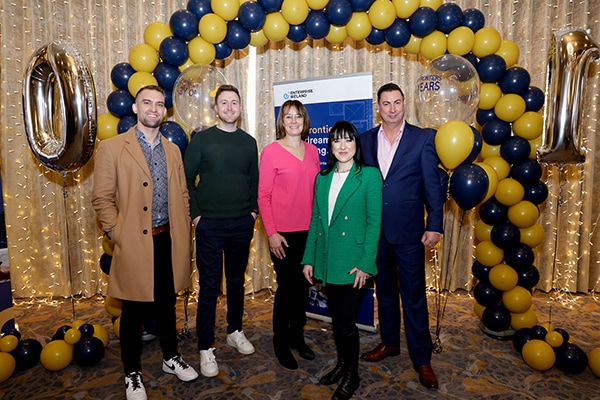
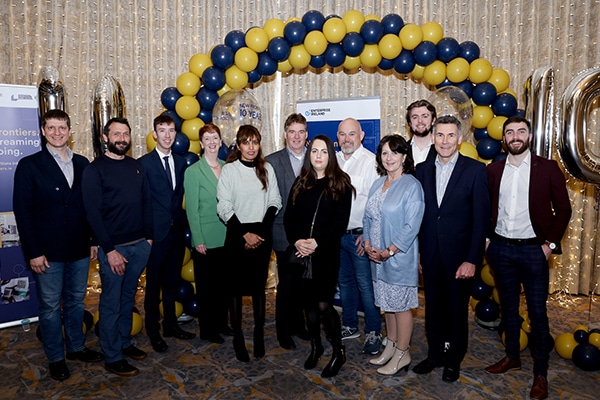
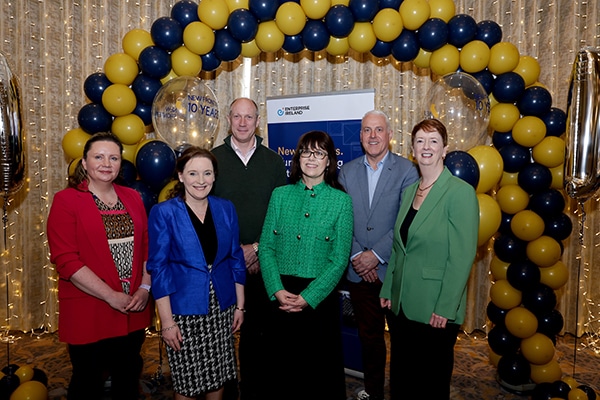
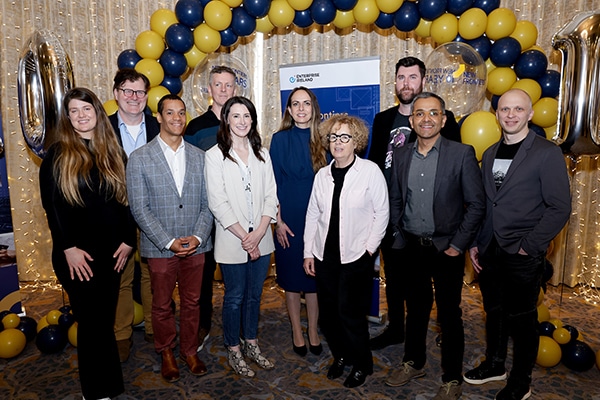
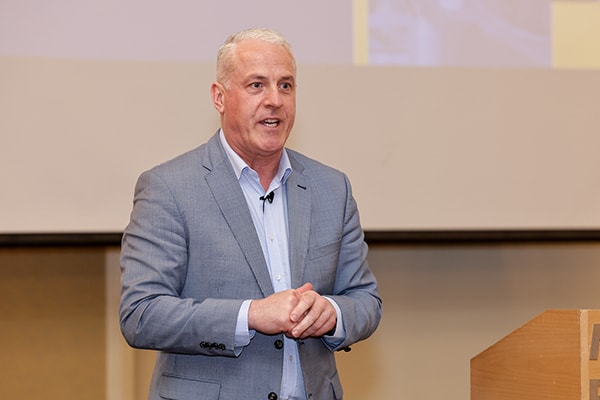
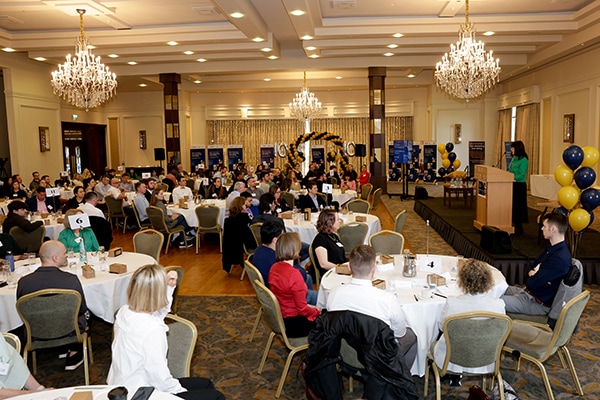
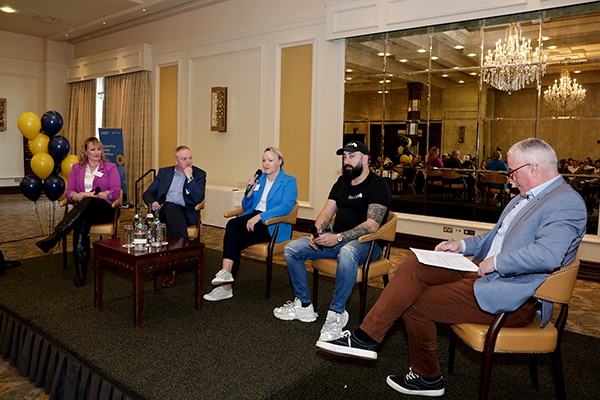
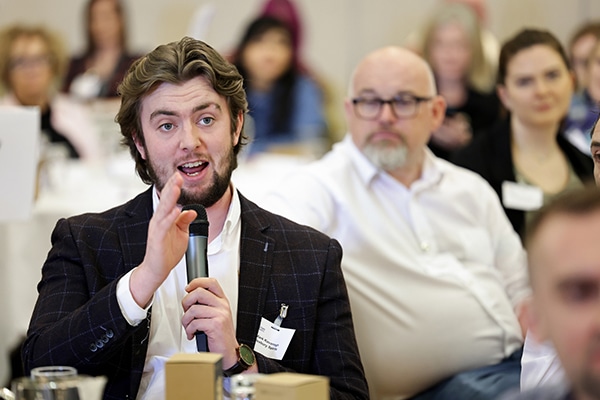
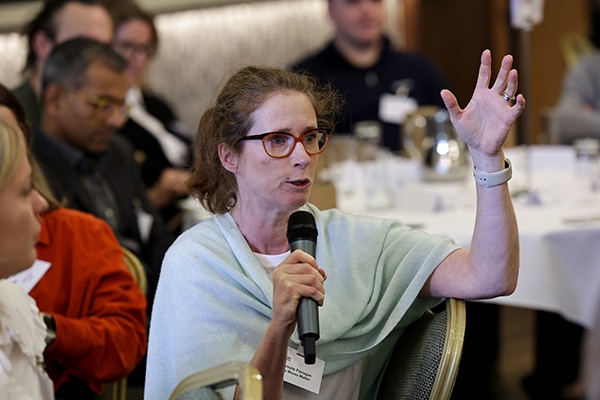
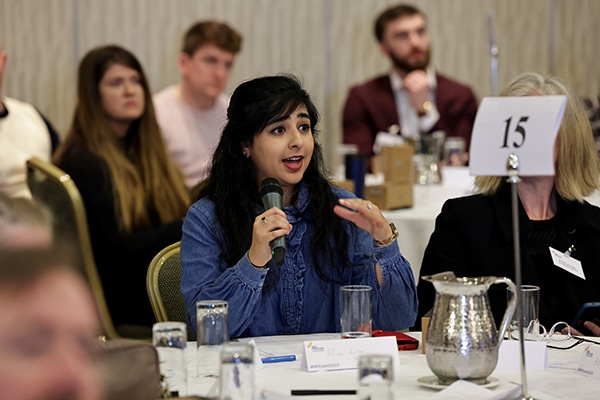
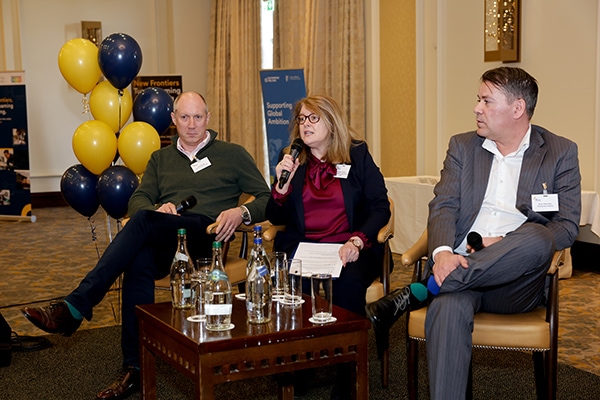
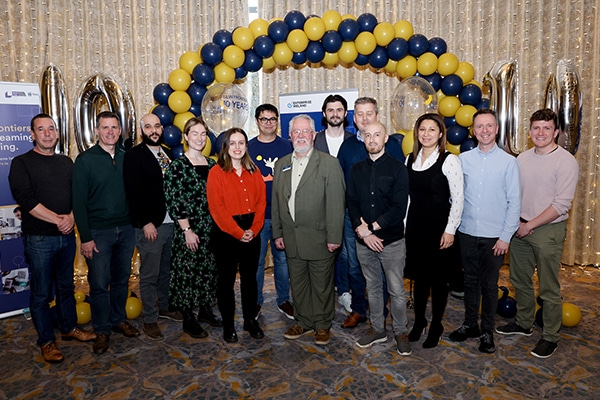
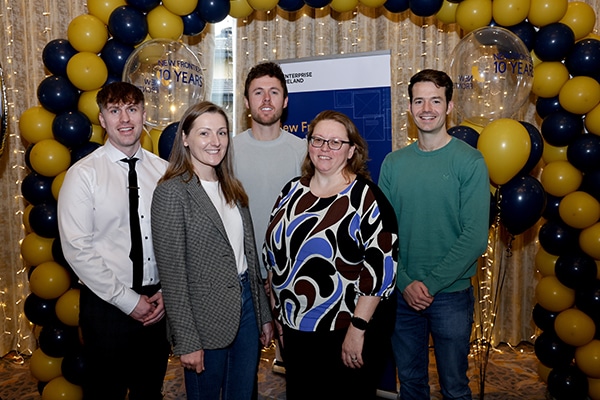
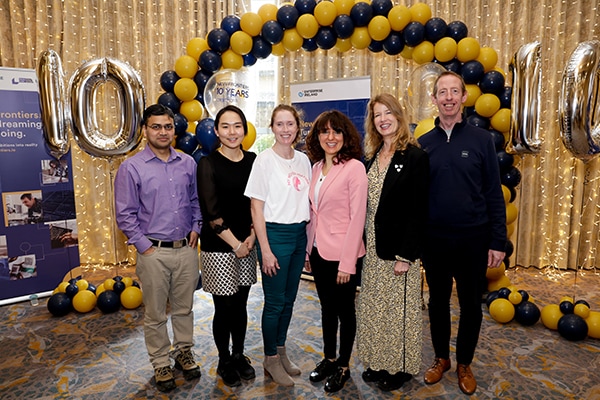
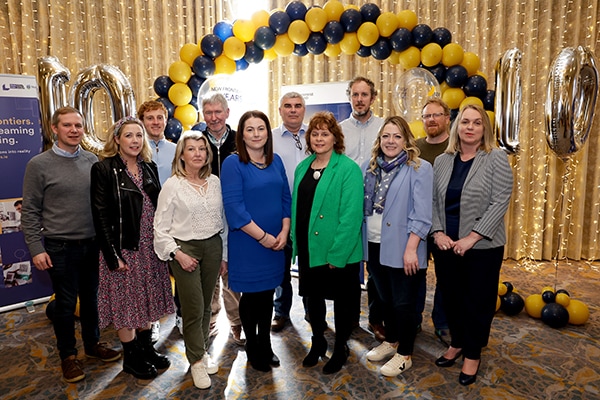
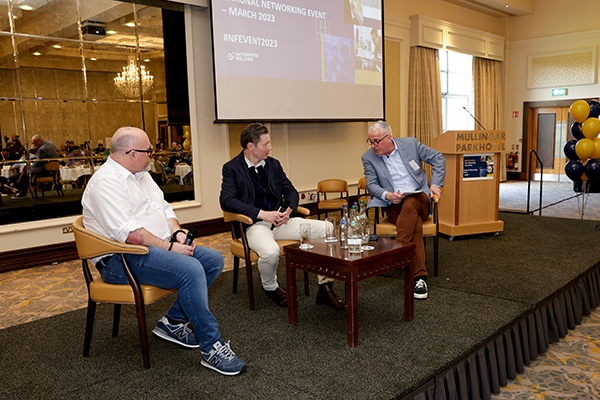
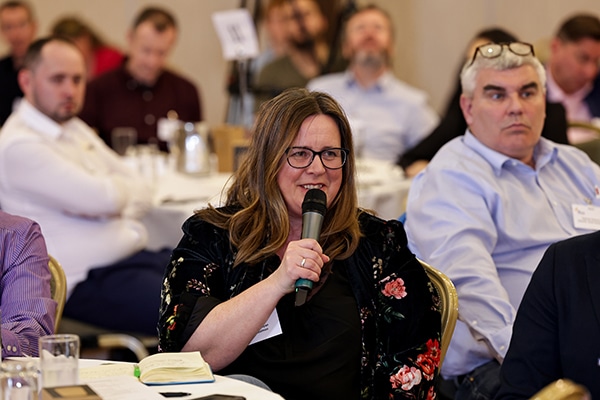
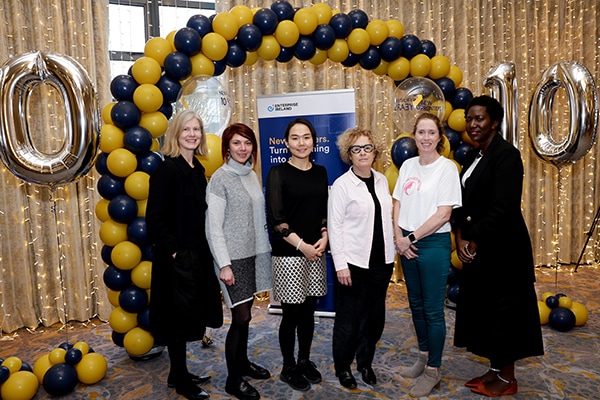
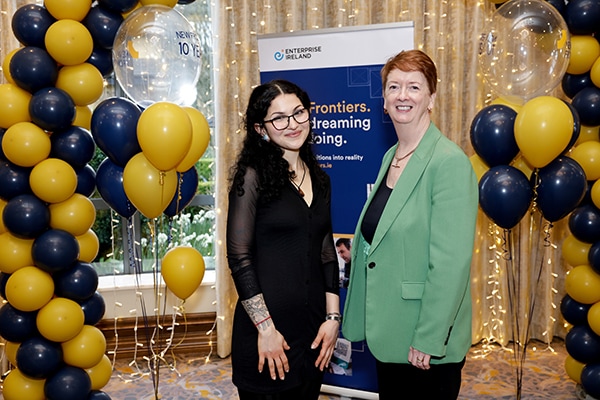

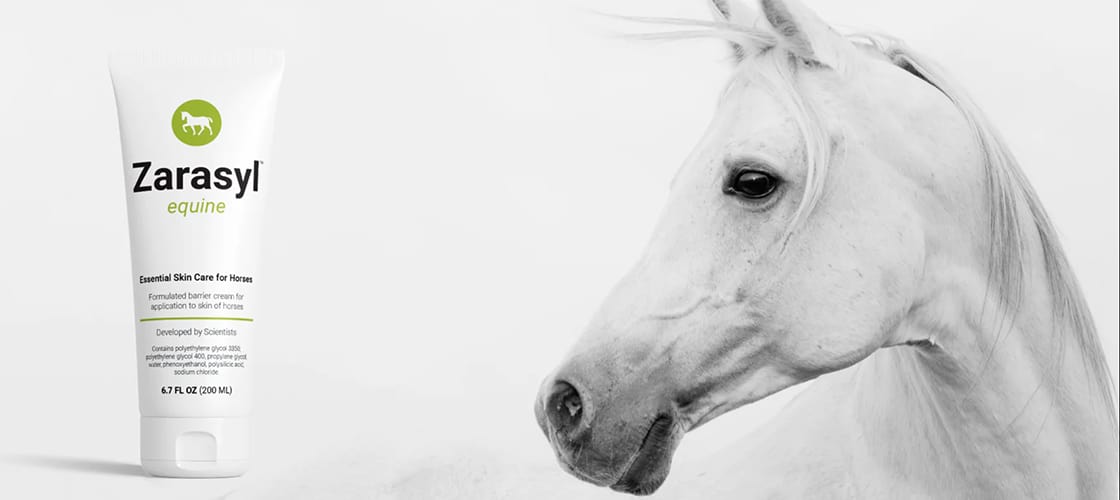 Because Zarasyl is a new product, buyers may not know what it does, how it works, or why it’s so effective. This means that Adrienne’s first step in selling the product would typically mean a visit to the veterinary surgery, farm, or horse yard to have a face-to-face discussion with the buyer. These trips became impossible during Covid-19, so Adrienne turned her attention to the USA, reaching out to buyers individually and asking if they would like to trial the product.
Because Zarasyl is a new product, buyers may not know what it does, how it works, or why it’s so effective. This means that Adrienne’s first step in selling the product would typically mean a visit to the veterinary surgery, farm, or horse yard to have a face-to-face discussion with the buyer. These trips became impossible during Covid-19, so Adrienne turned her attention to the USA, reaching out to buyers individually and asking if they would like to trial the product.
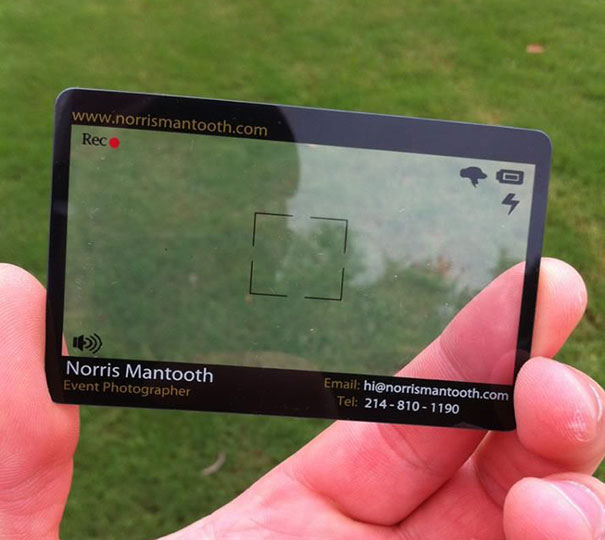


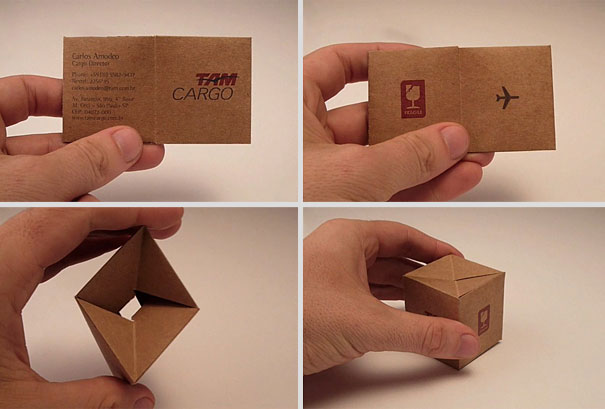



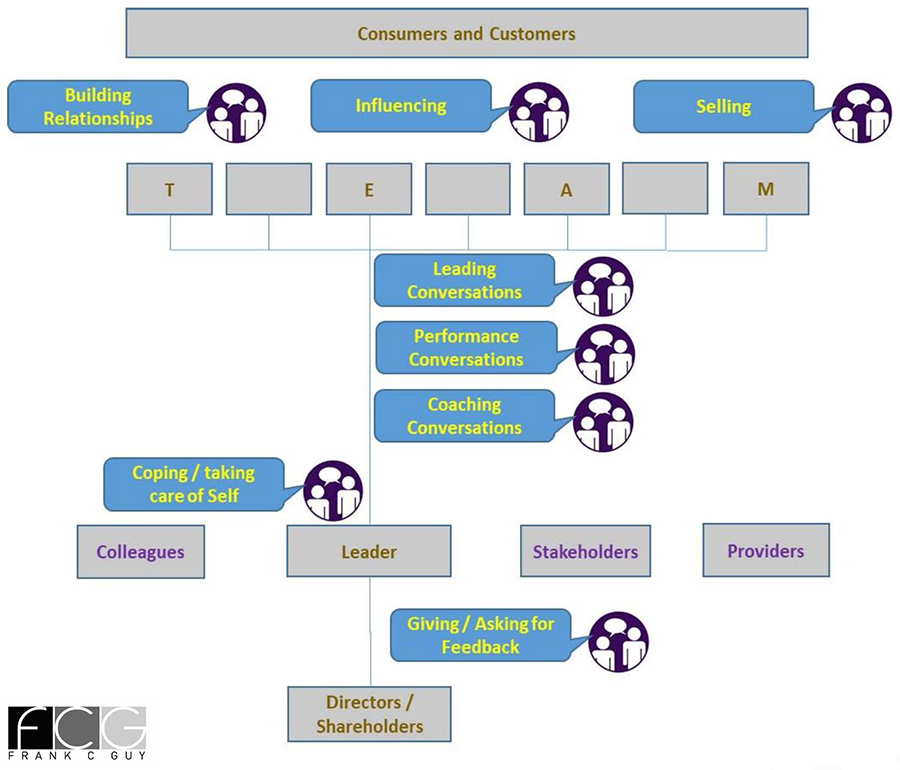
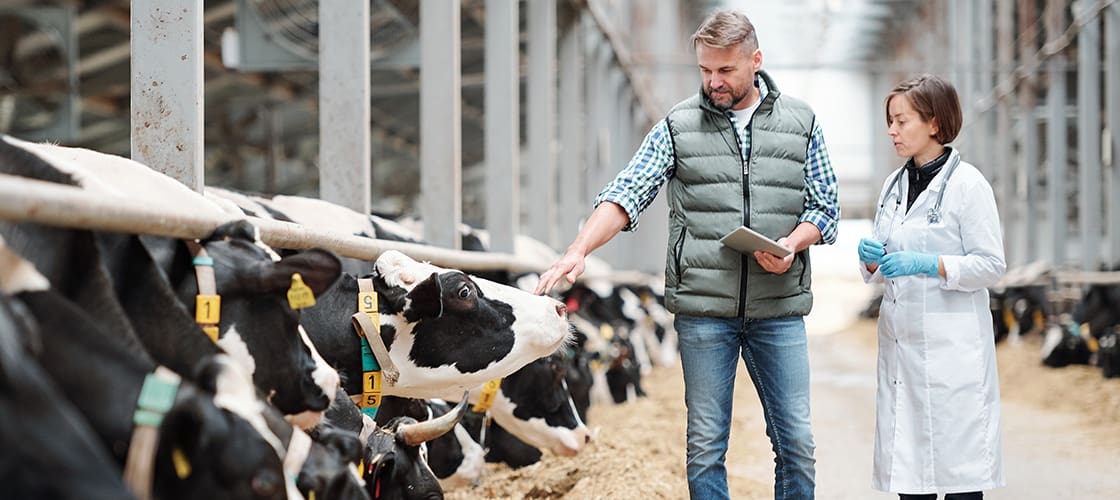
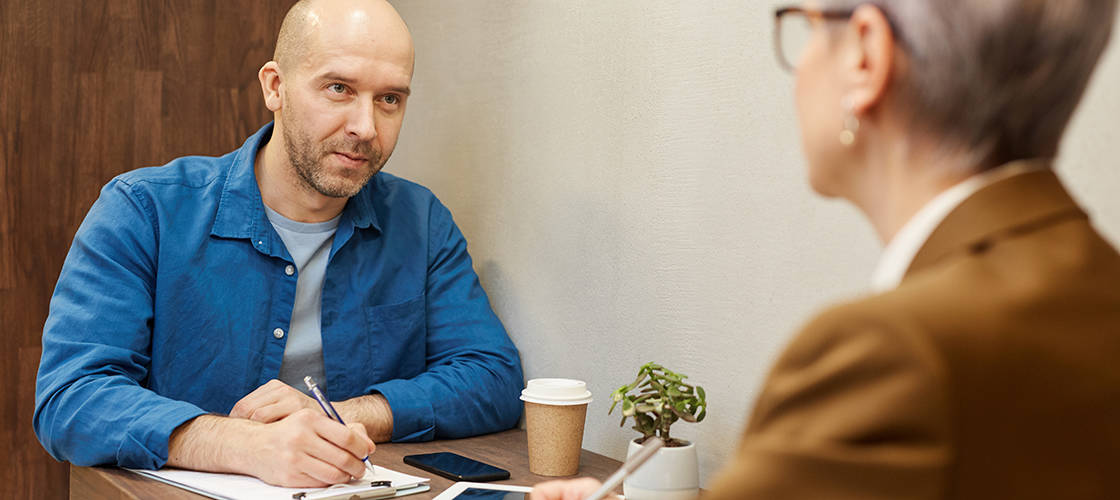
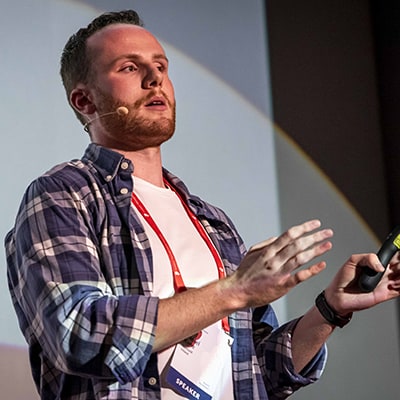

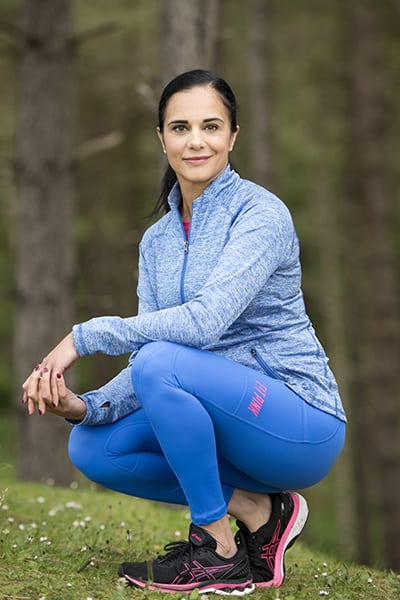
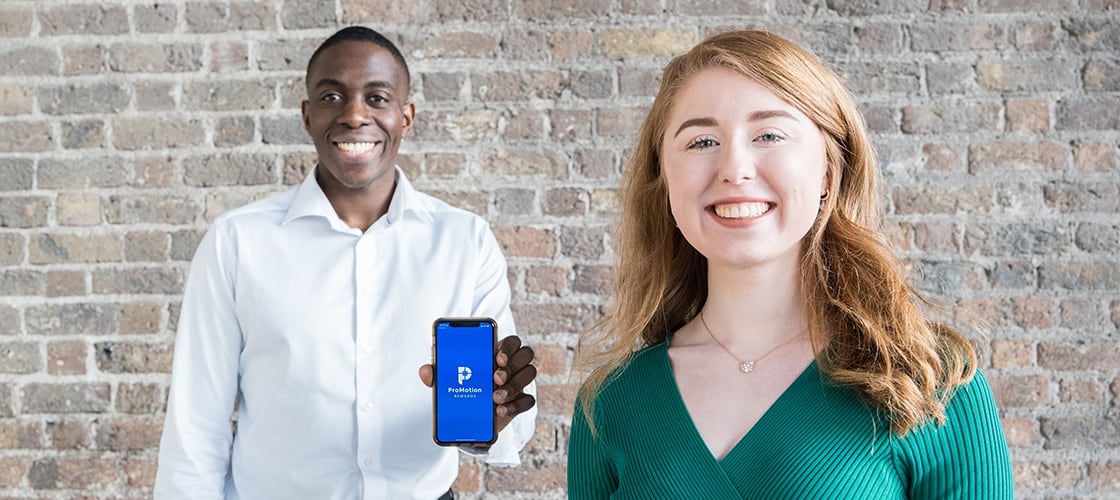
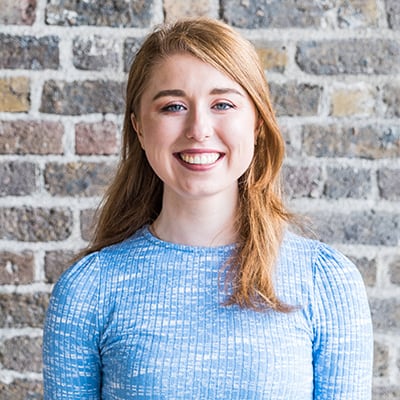 Lauren and Bidemi met while completing degrees in pharmacy. In fact, they had an idea for a different promotion startup before having the lightbulb moment that led to developing the ProMotion Rewards app.
Lauren and Bidemi met while completing degrees in pharmacy. In fact, they had an idea for a different promotion startup before having the lightbulb moment that led to developing the ProMotion Rewards app.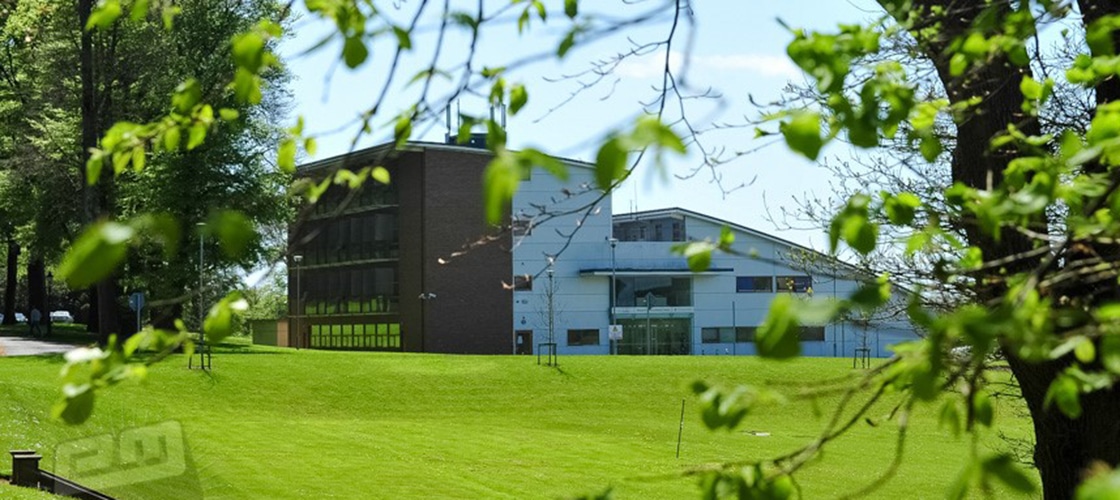
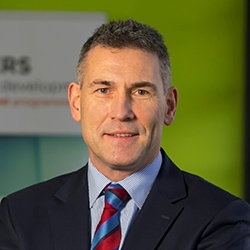 Today, we’re catching up with the New Frontiers Programme Manager at
Today, we’re catching up with the New Frontiers Programme Manager at 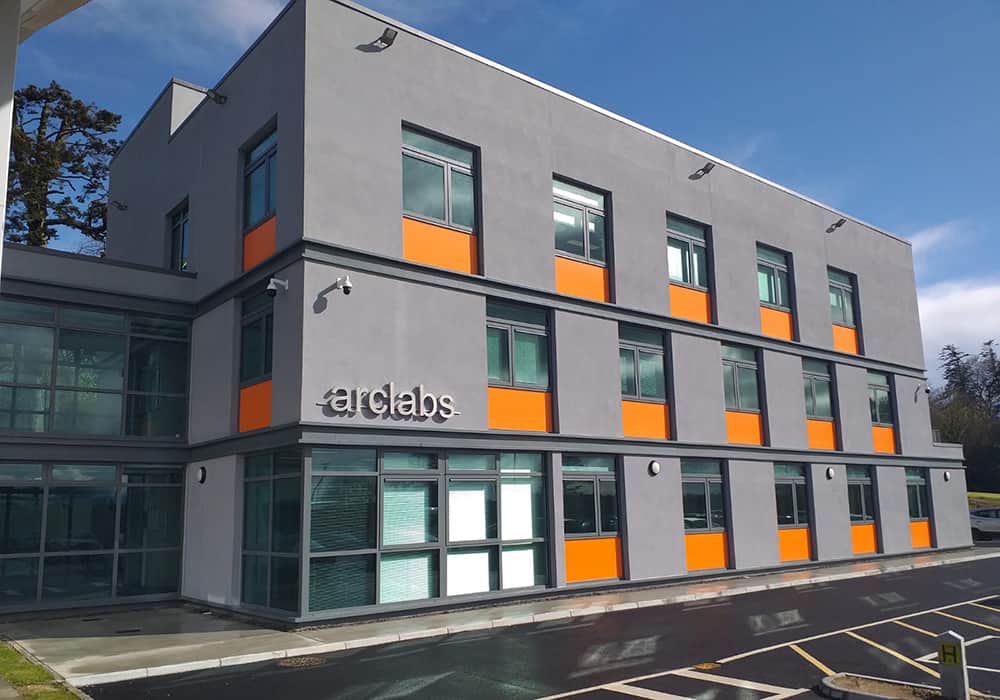
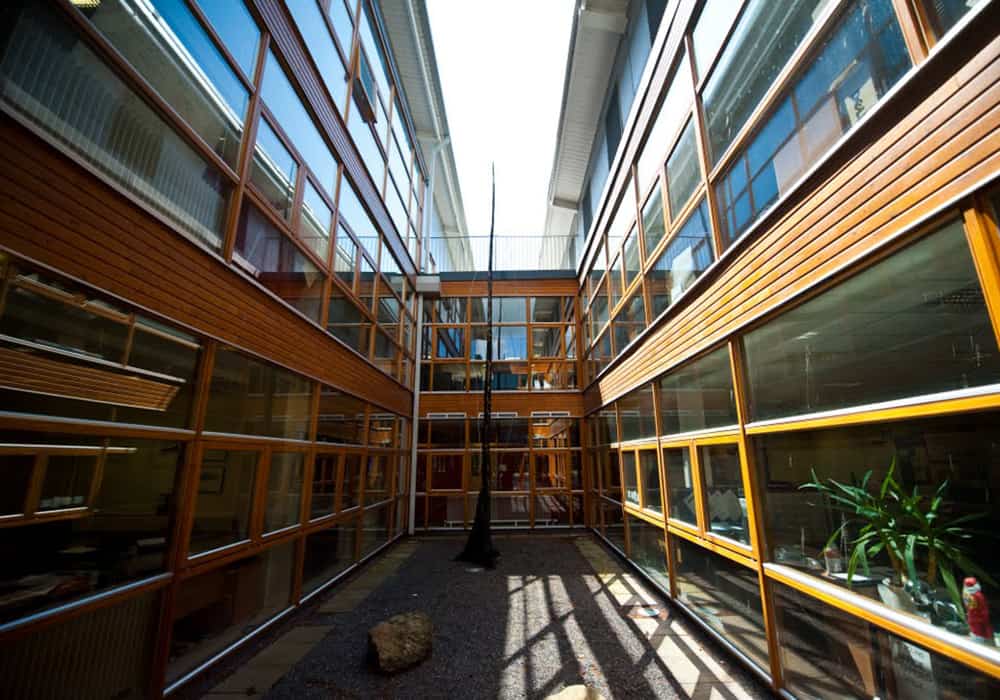
 (For more evidence that Waterford punches above its entrepreneurial weight, check out pages 10 and 11 of this edition of
(For more evidence that Waterford punches above its entrepreneurial weight, check out pages 10 and 11 of this edition of 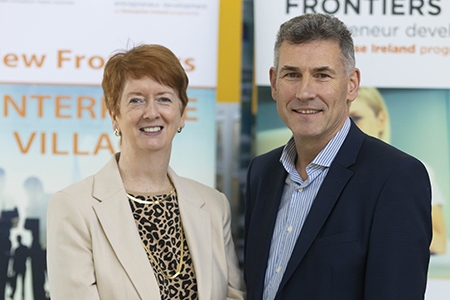
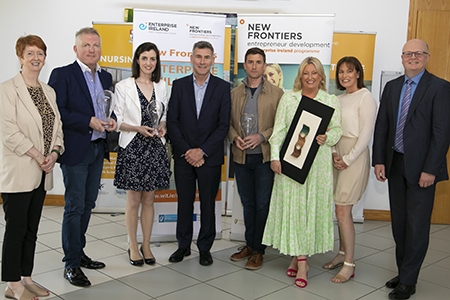
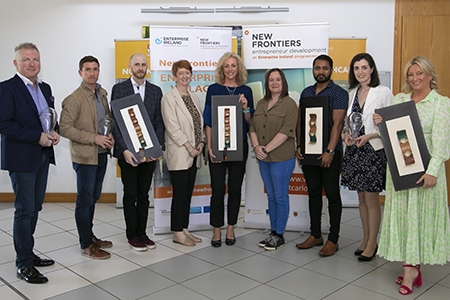
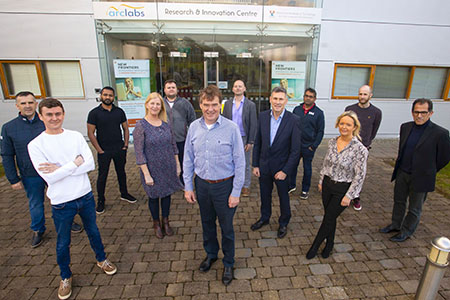
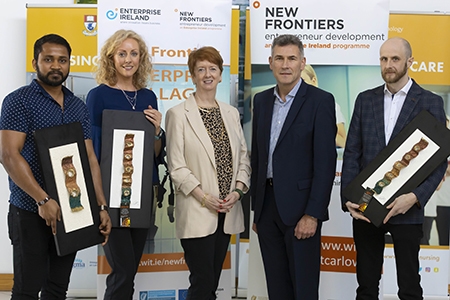
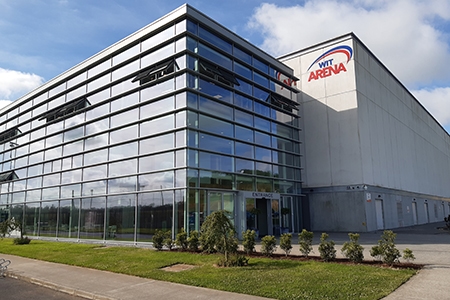


 The innovator mindset
The innovator mindset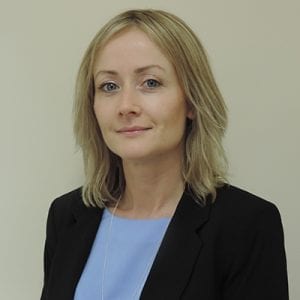
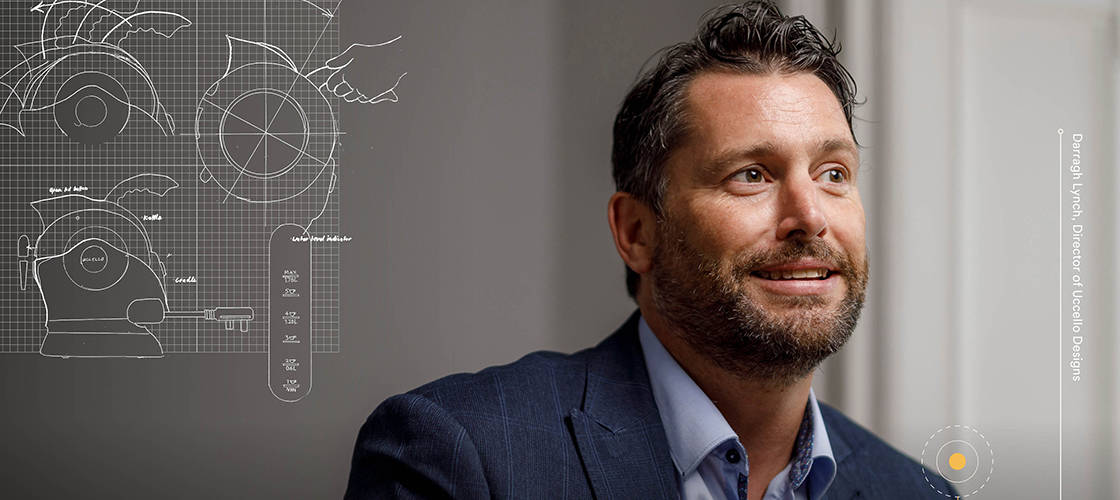
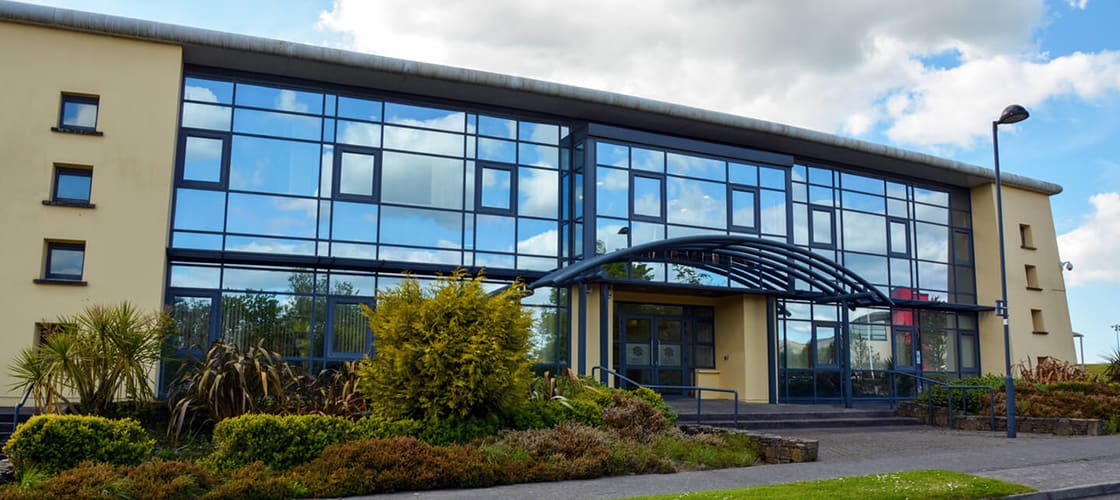

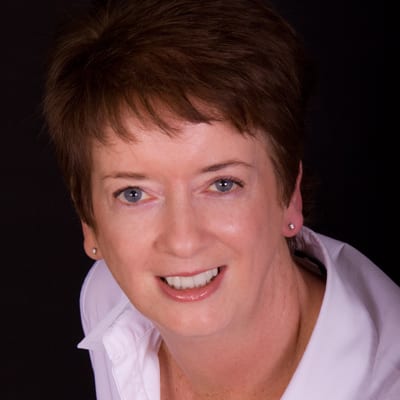 Paula Carroll is the New Frontiers National Programme Manager at Enterprise Ireland. She is the connection between Enterprise Ireland and the 18 locations that deliver the programme around Ireland. Her role is incredibly varied and on any given day she may be welcoming new participants on the programme via Zoom (at the moment), running a programme managers’ meeting, or promoting the programme on the radio or in press interviews. If you’ve been to any New Frontiers events, pre-Covid, you may well have met Paula as she makes a point of attending showcase events and launches across the country.
Paula Carroll is the New Frontiers National Programme Manager at Enterprise Ireland. She is the connection between Enterprise Ireland and the 18 locations that deliver the programme around Ireland. Her role is incredibly varied and on any given day she may be welcoming new participants on the programme via Zoom (at the moment), running a programme managers’ meeting, or promoting the programme on the radio or in press interviews. If you’ve been to any New Frontiers events, pre-Covid, you may well have met Paula as she makes a point of attending showcase events and launches across the country.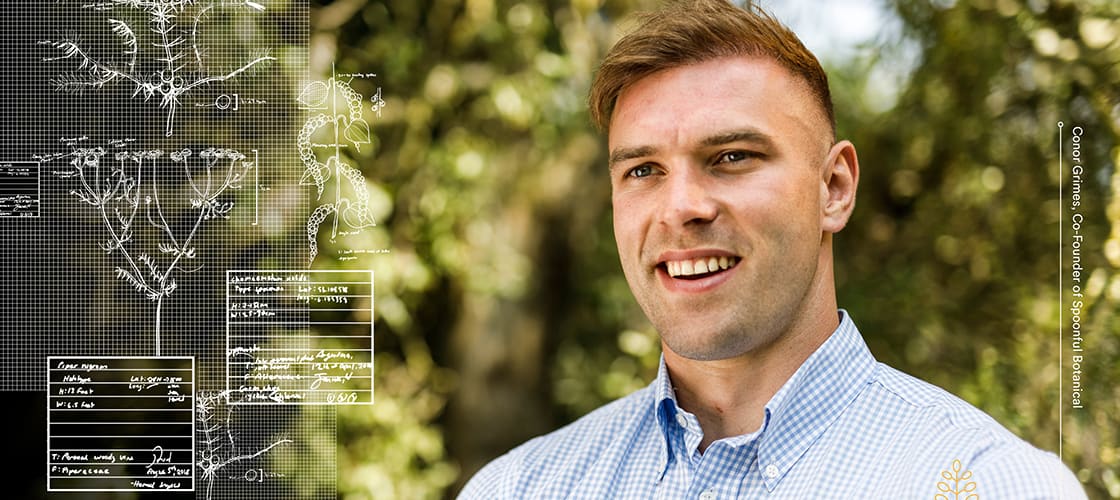
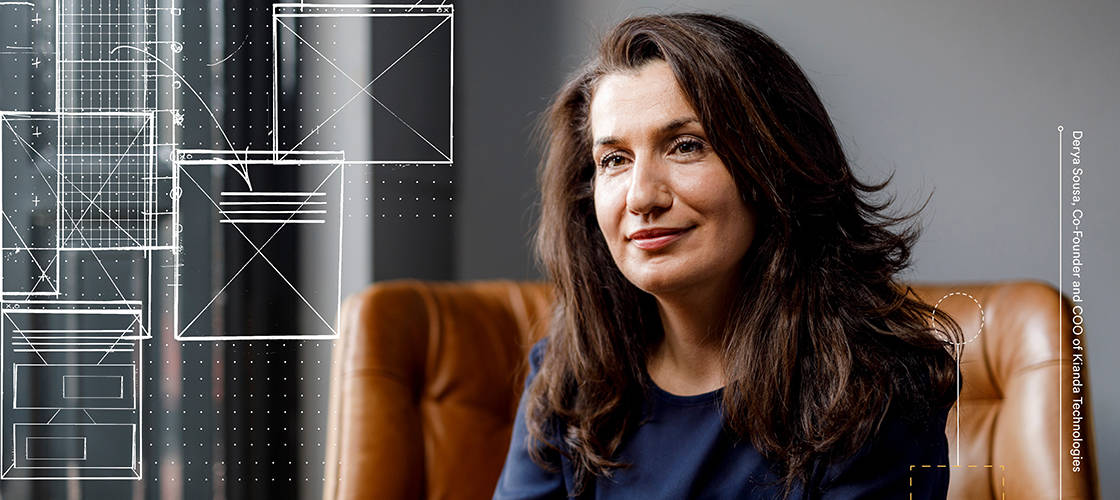
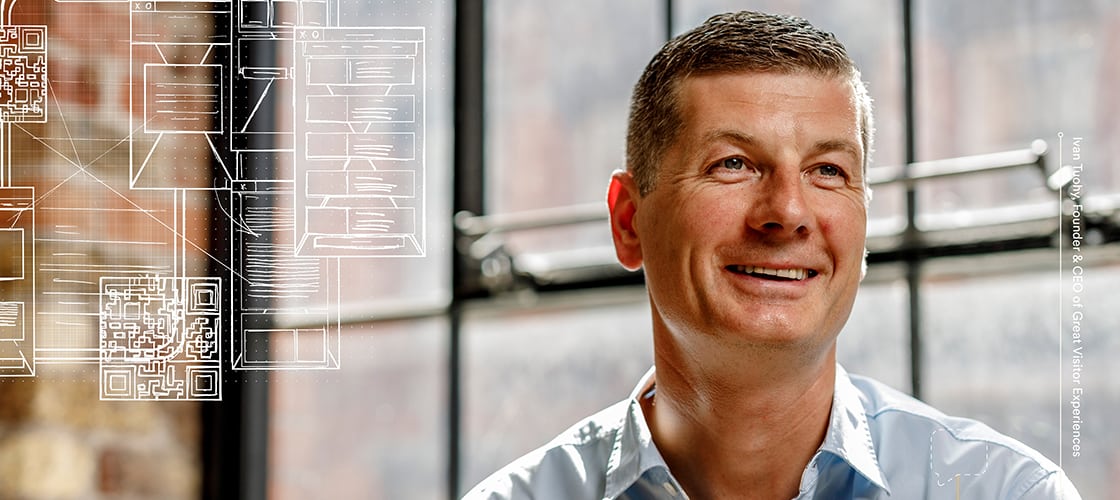





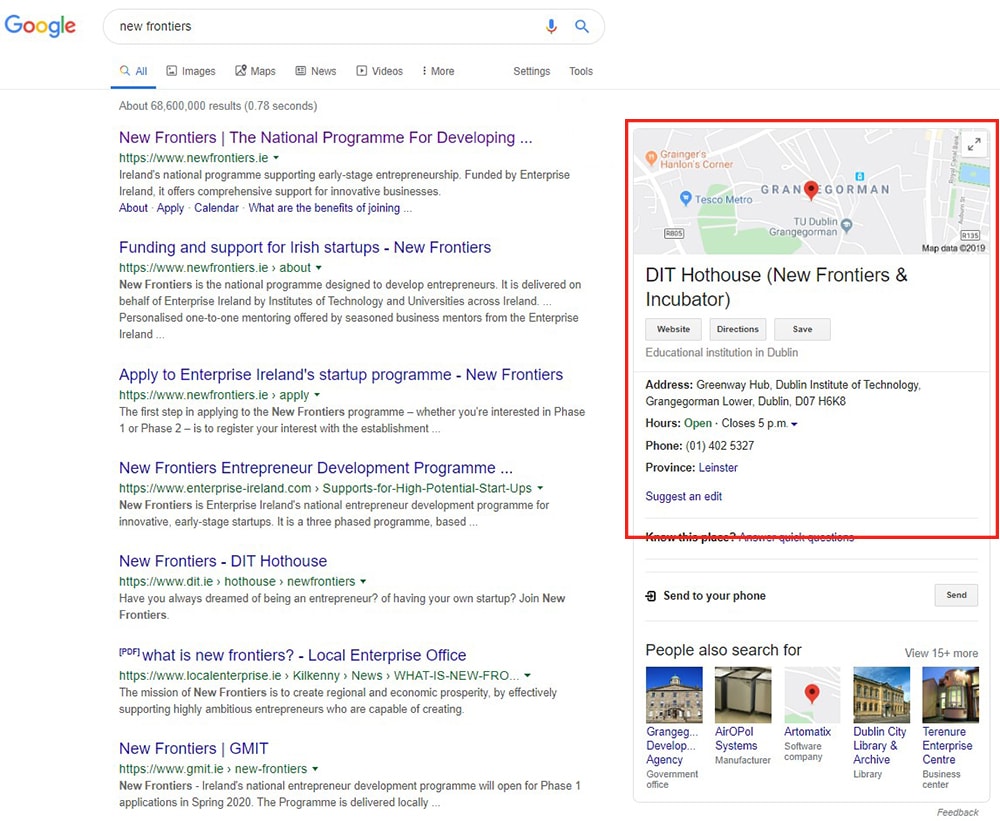
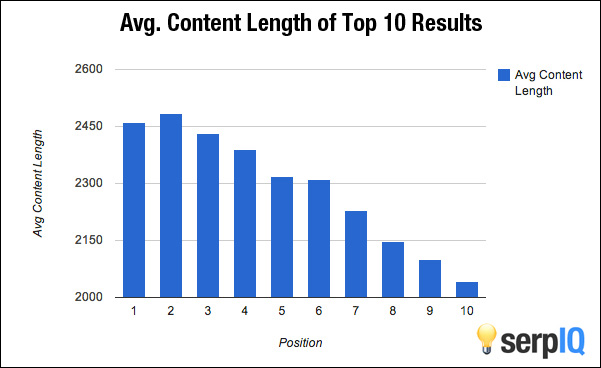

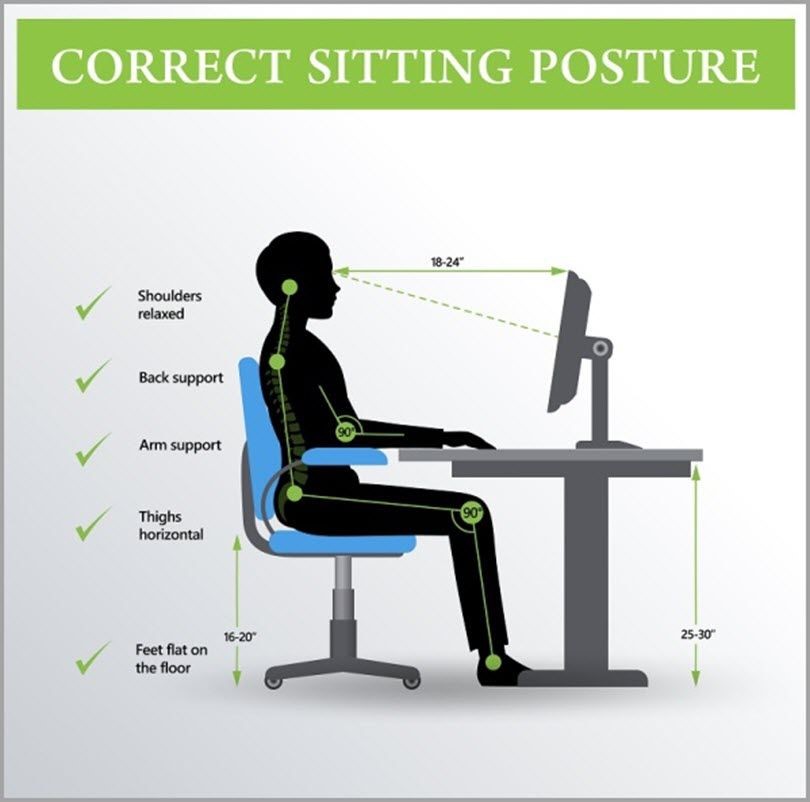

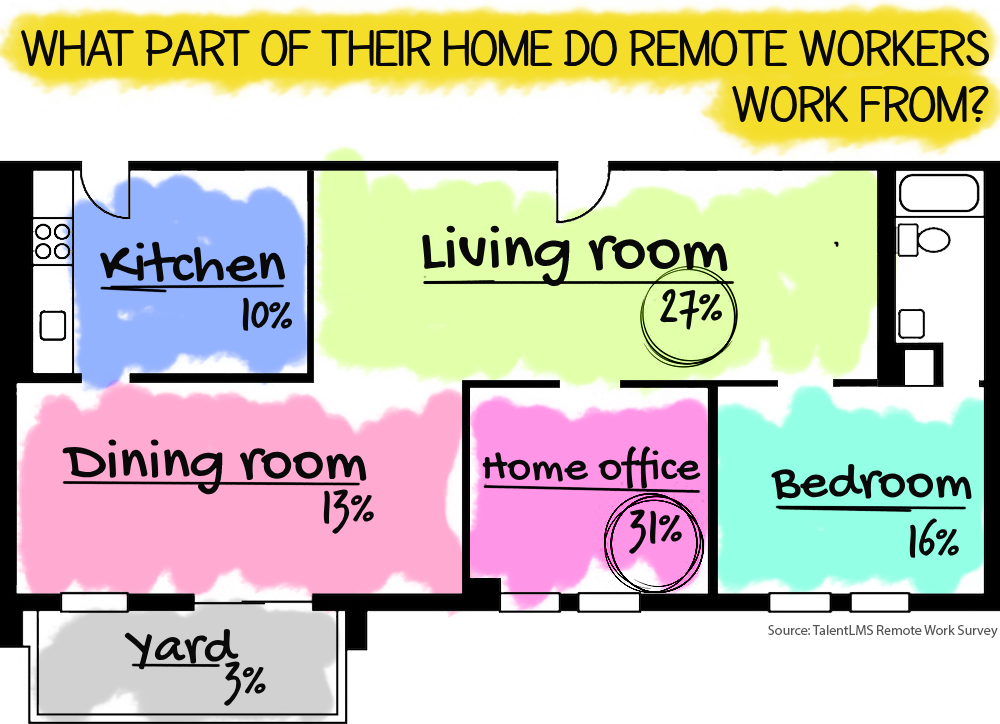

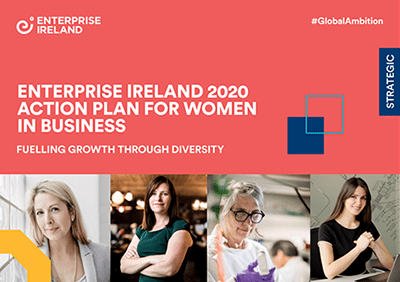




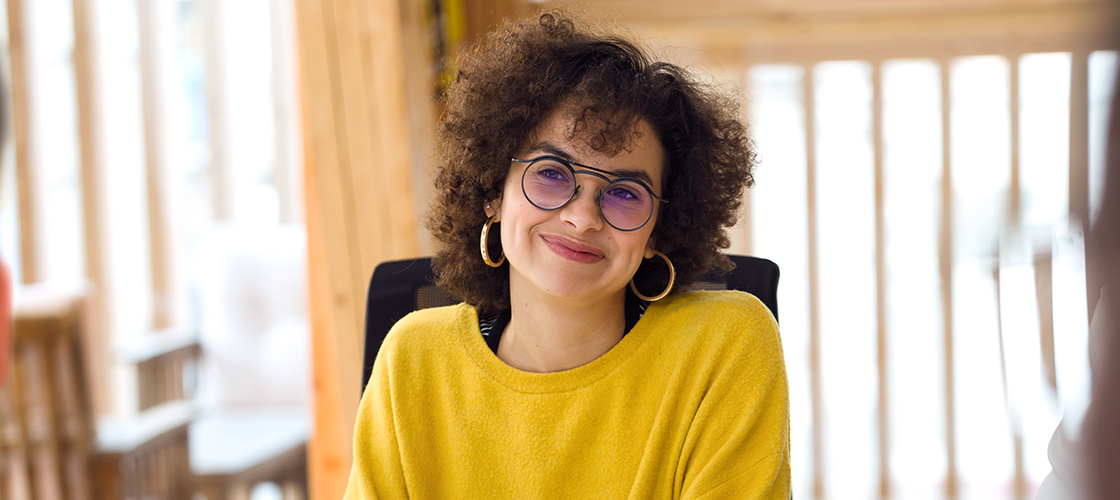

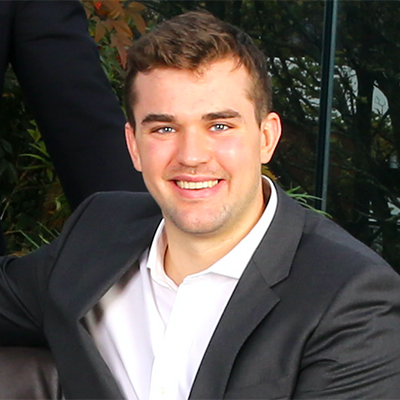 Pierce Dargan
Pierce Dargan
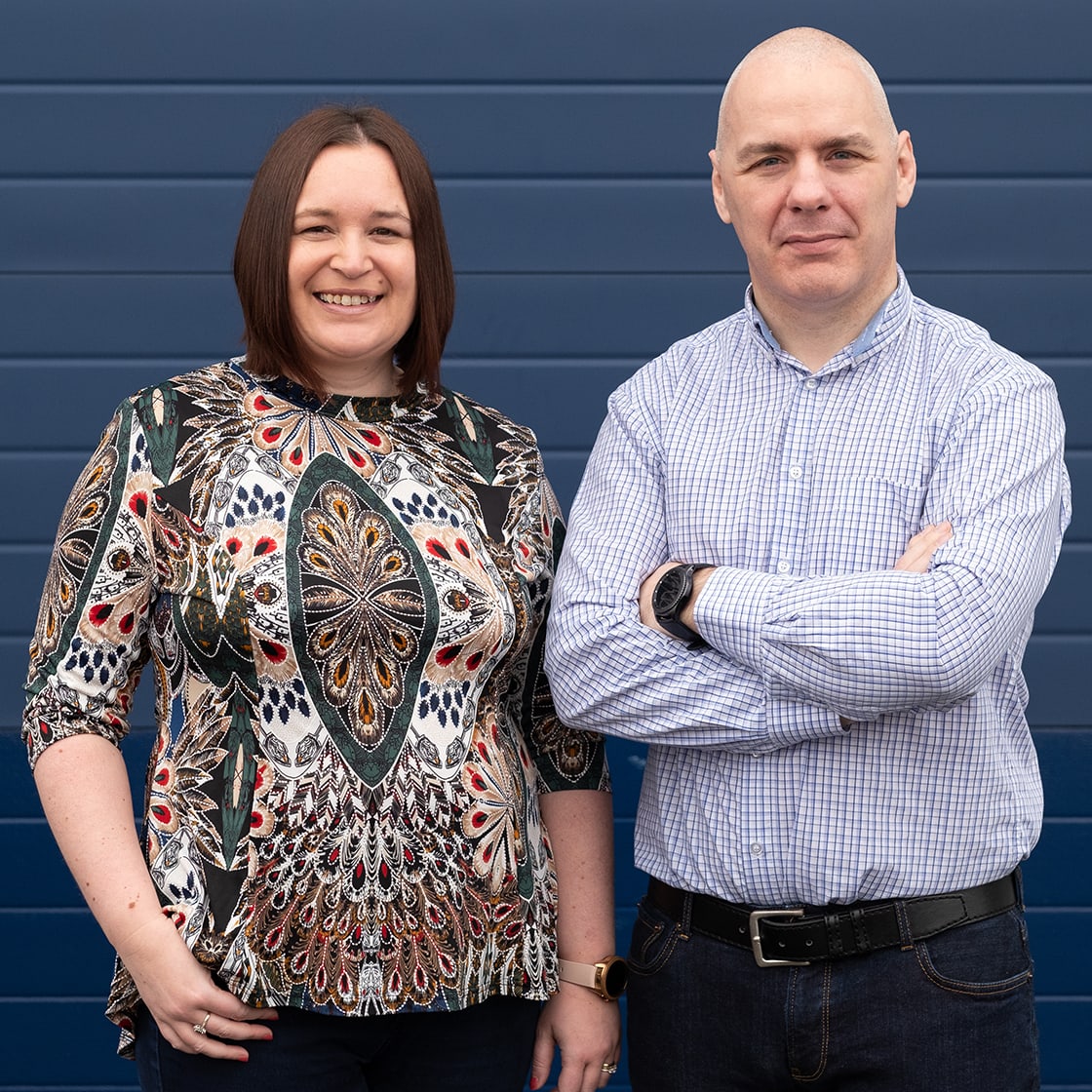
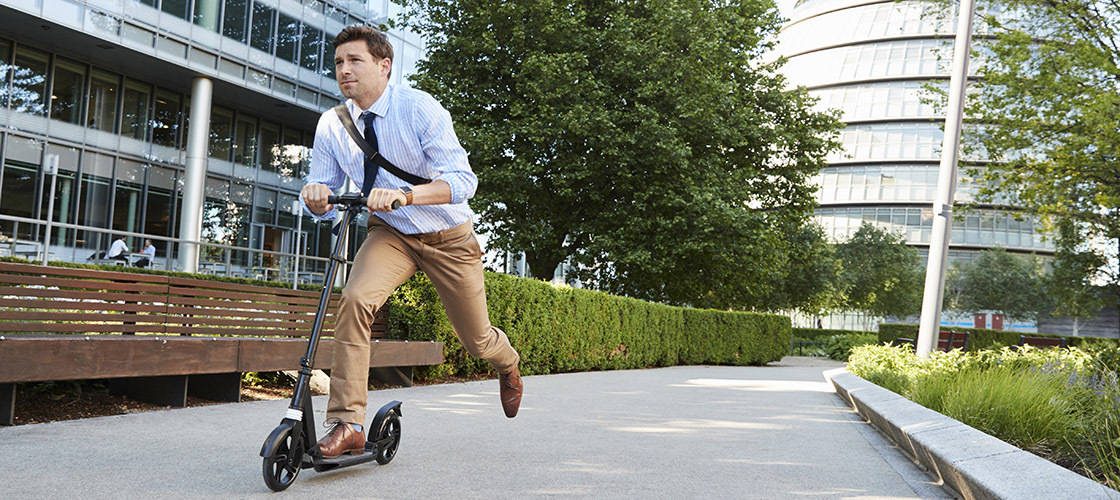

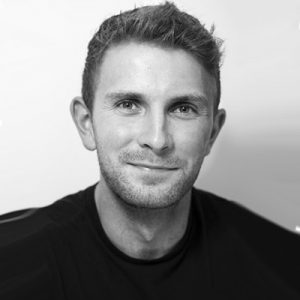 Finn Murphy
Finn Murphy


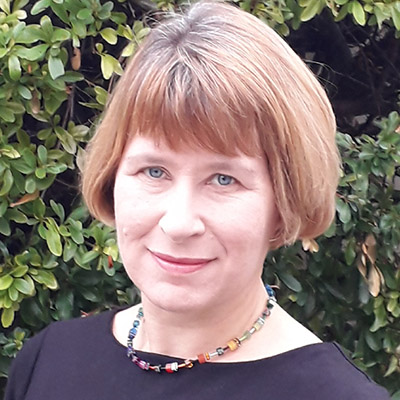 Orla Donohoe
Orla Donohoe

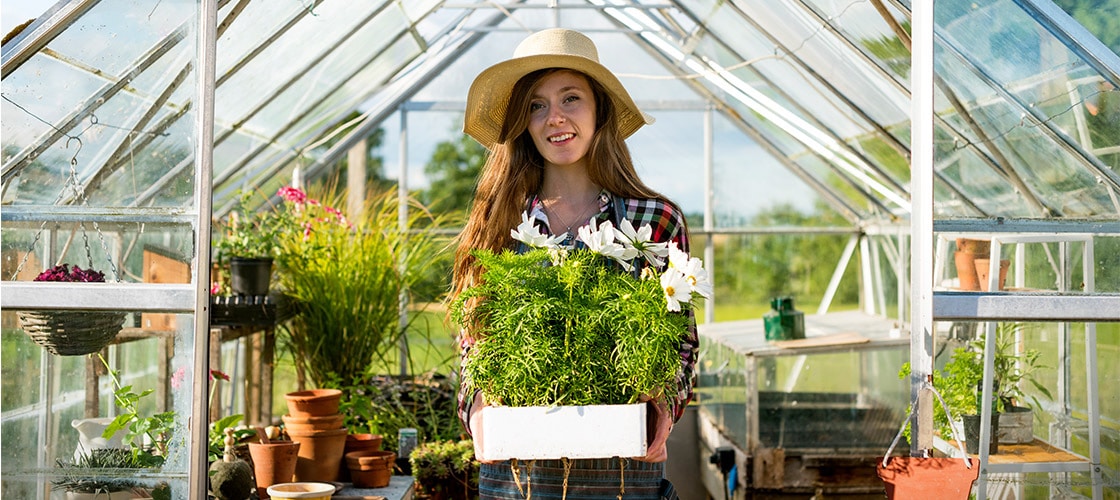

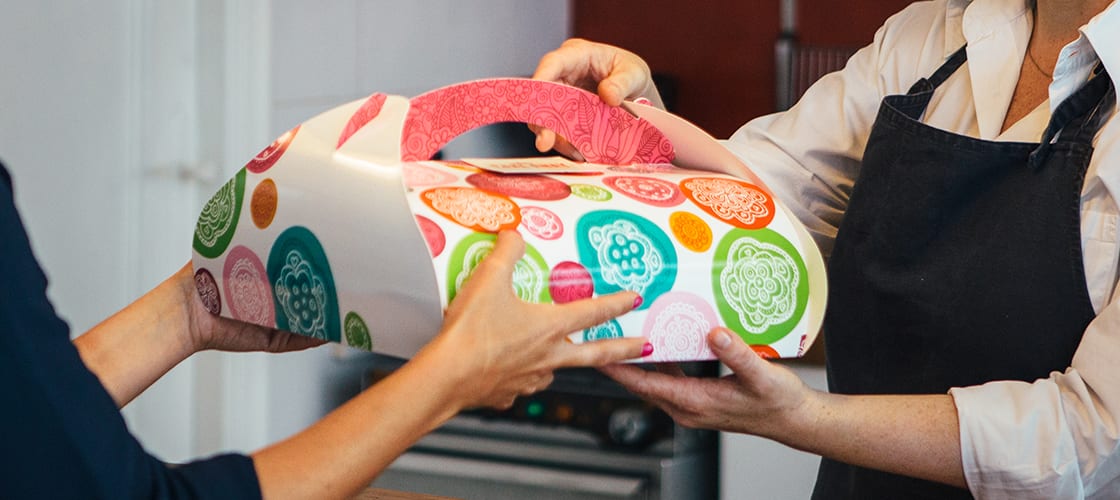
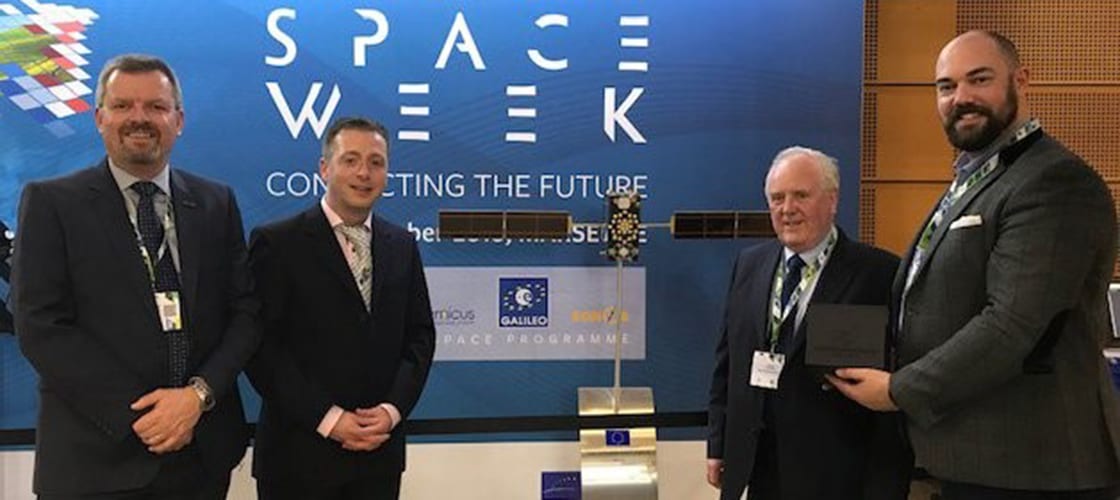
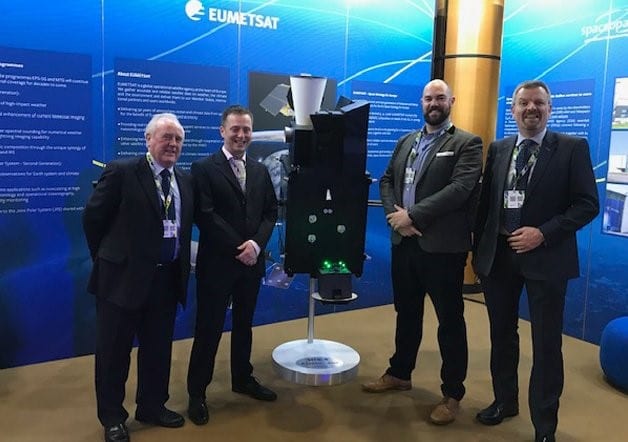

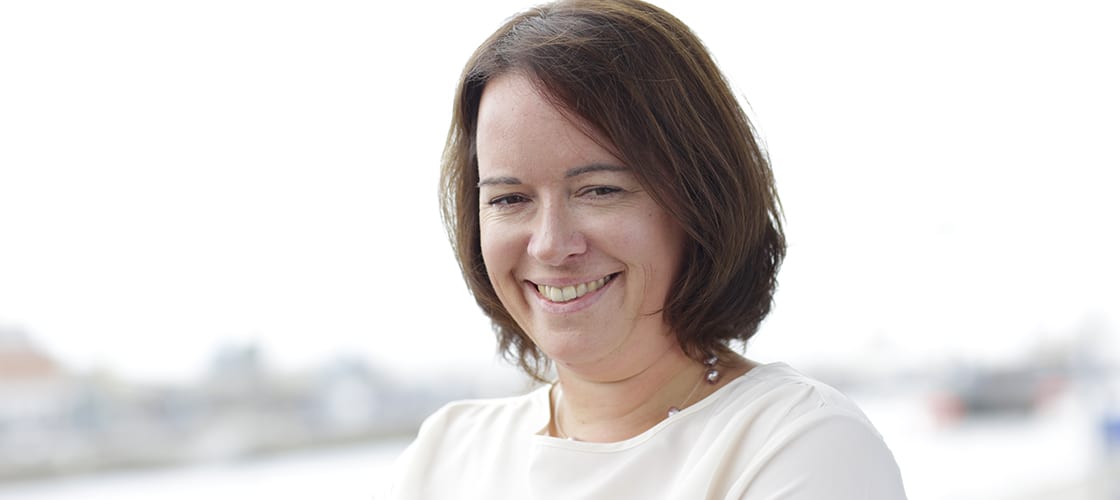
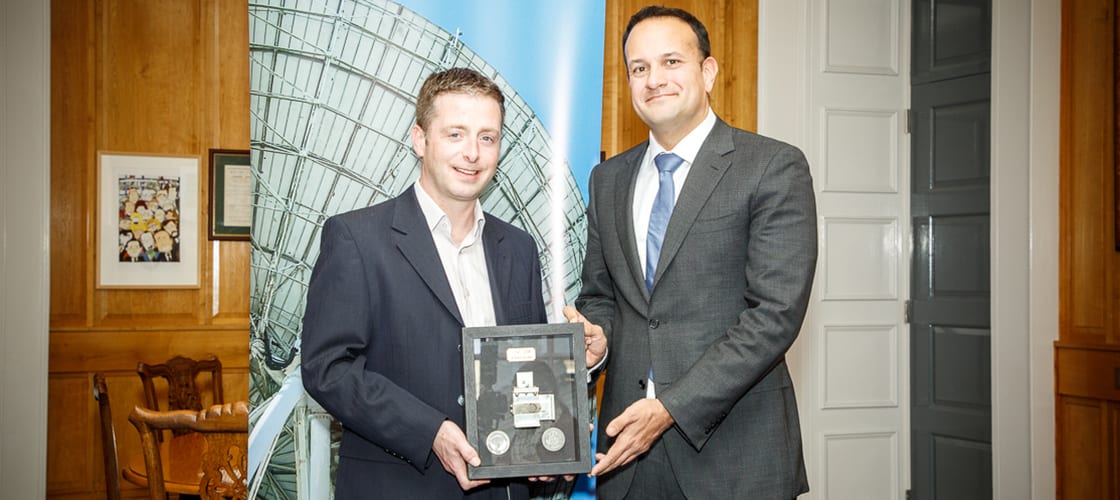
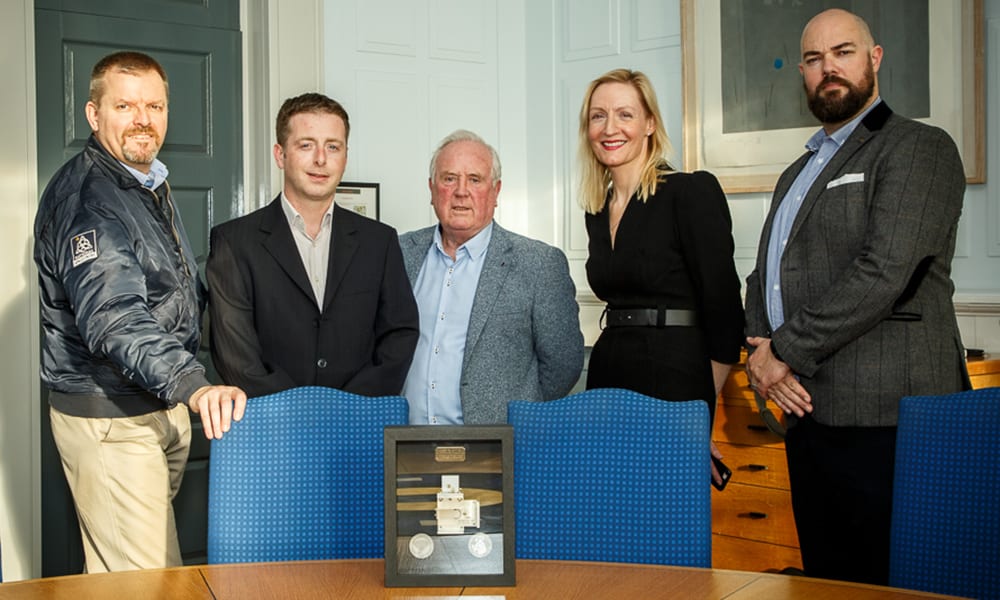
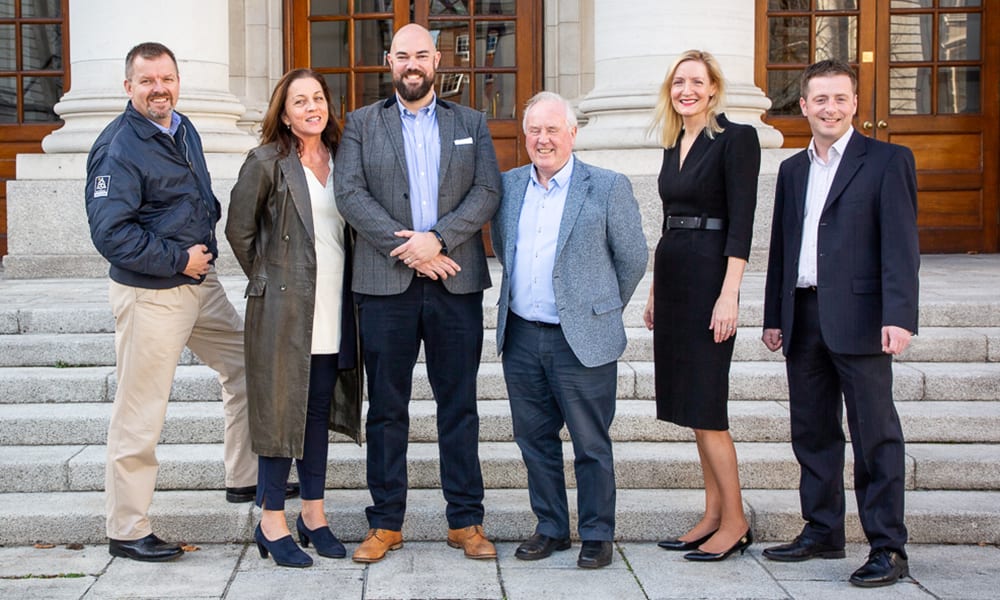
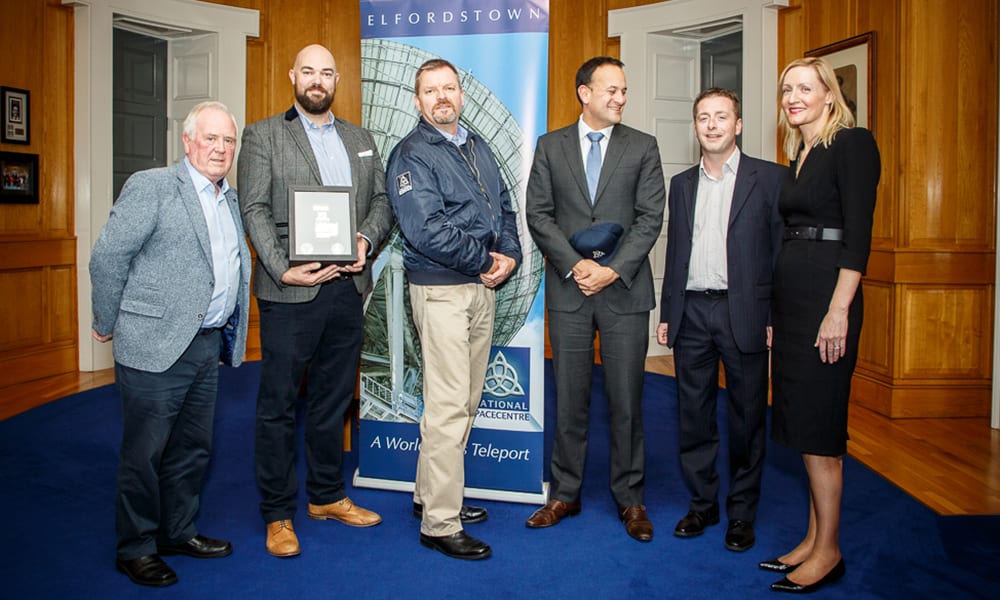


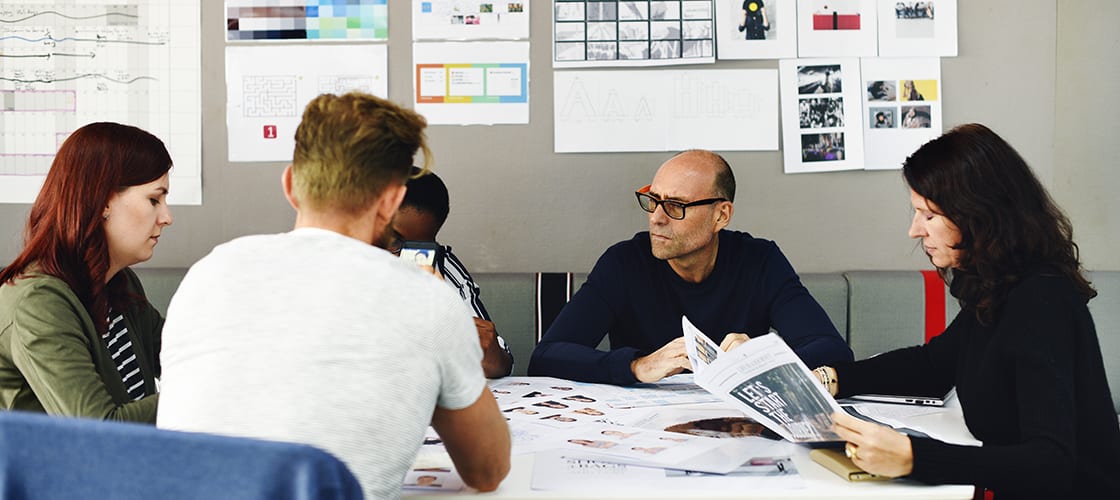
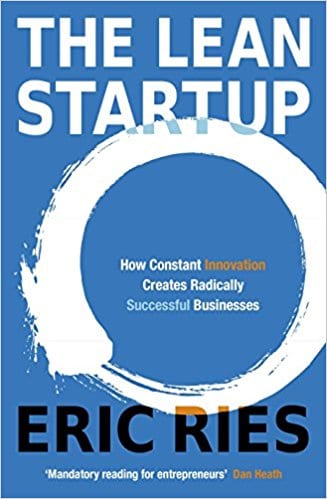 The customer-focused development process which was originally developed by
The customer-focused development process which was originally developed by  Dara Burke
Dara Burke

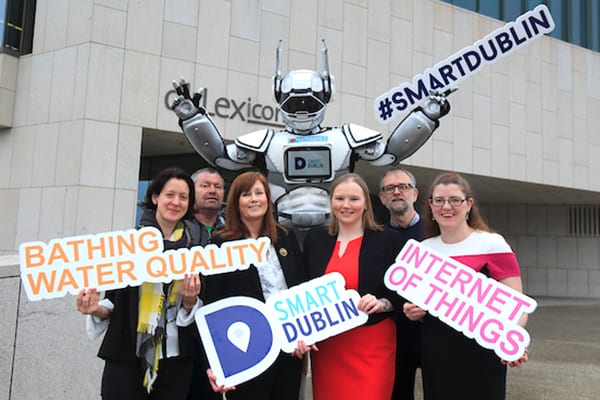
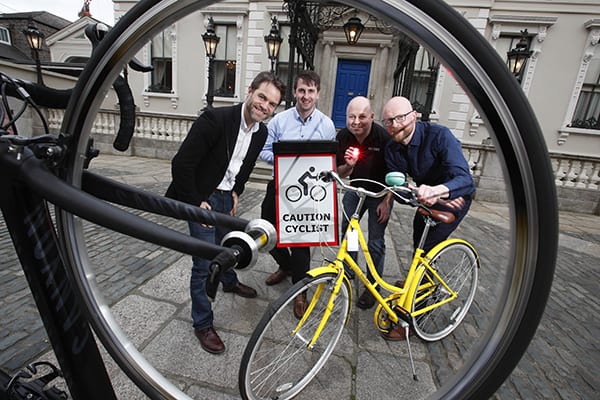
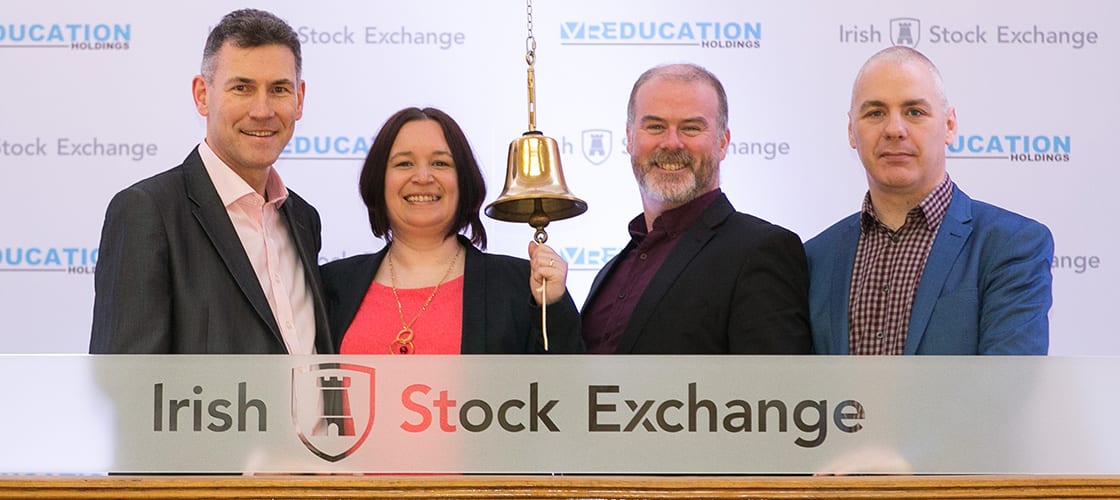

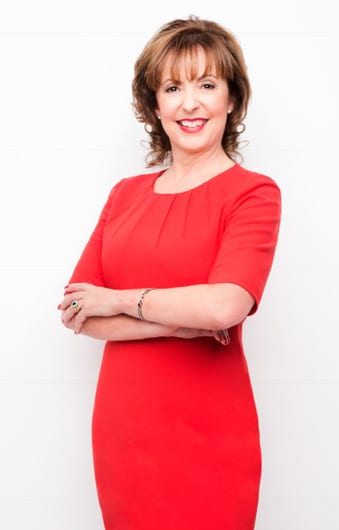

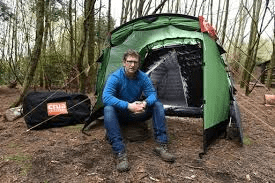
 Deep crowdfunding experience
Deep crowdfunding experience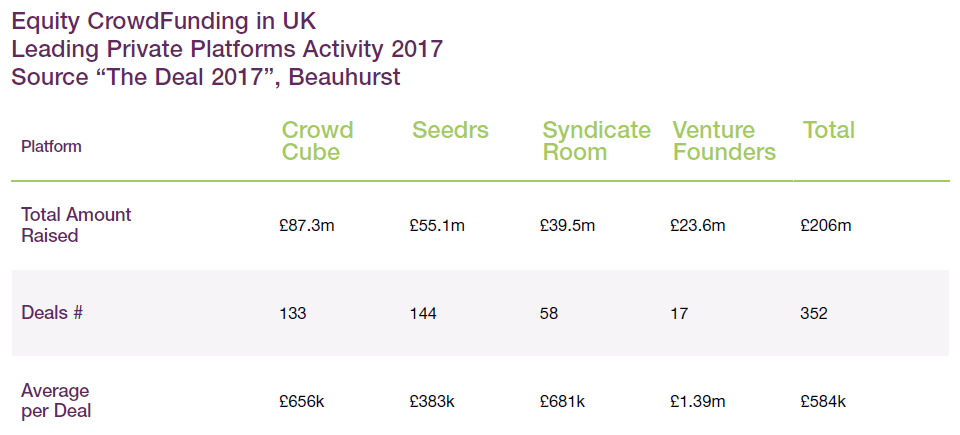
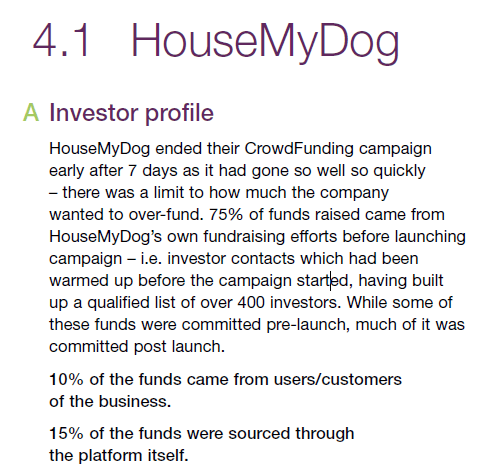 Watch my conversation with Derek
Watch my conversation with Derek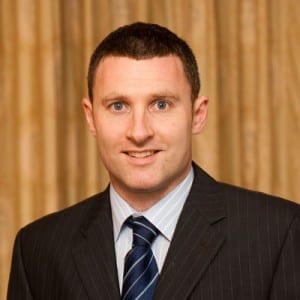 Donncha Hughes
Donncha Hughes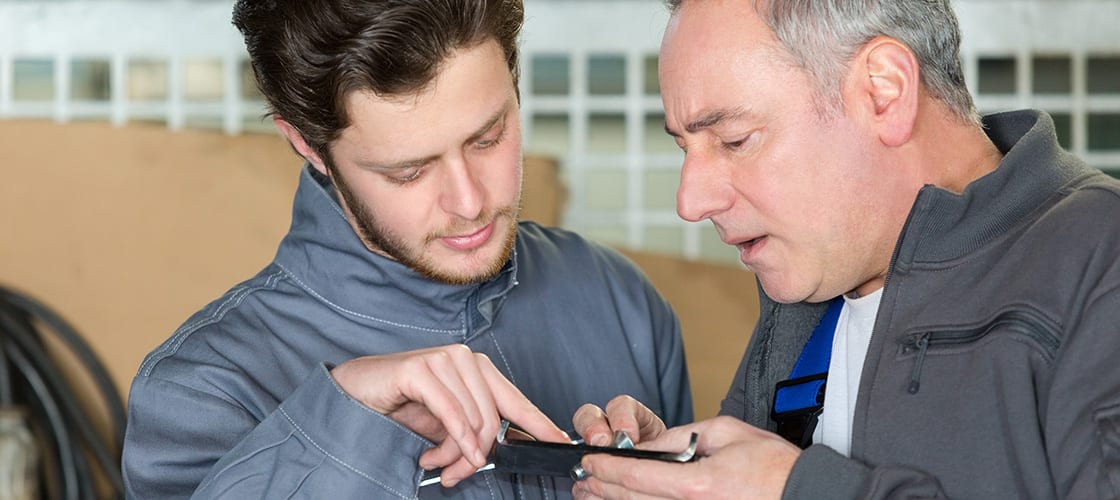

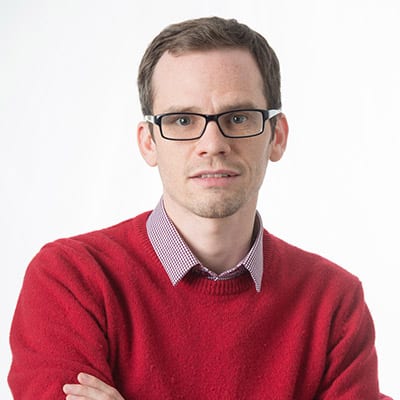 Gerard Comerford
Gerard Comerford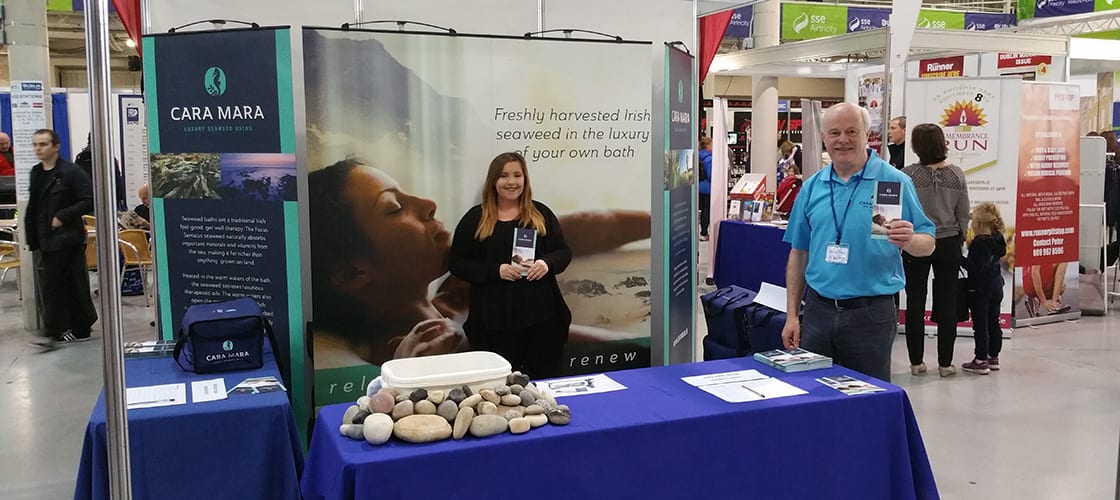
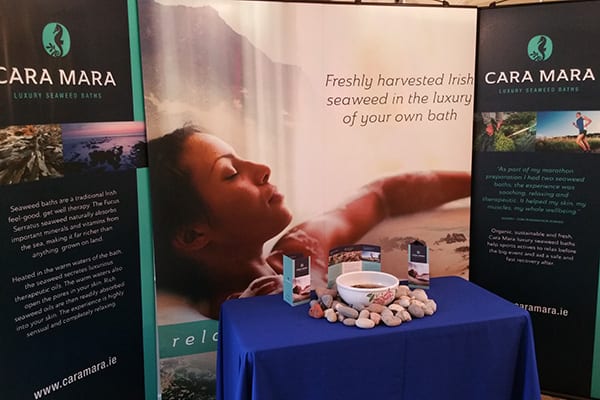 Stand preparation
Stand preparation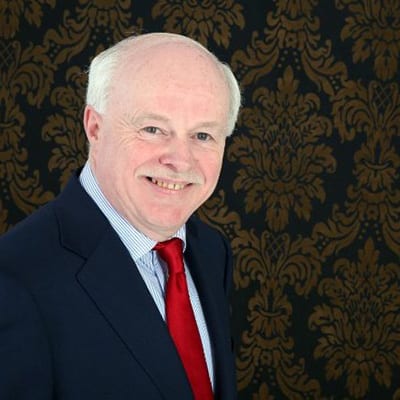

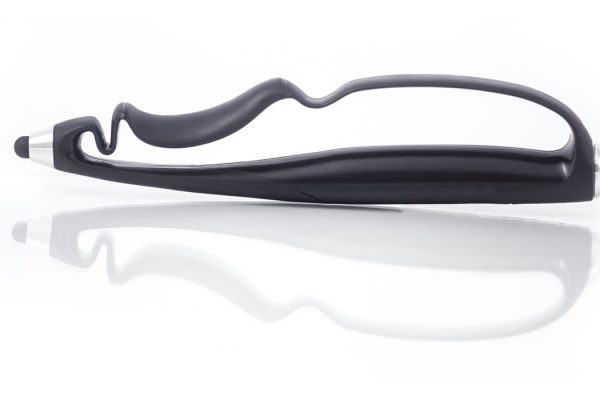
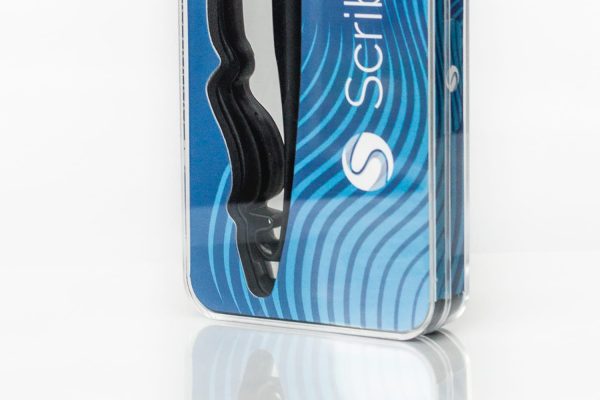

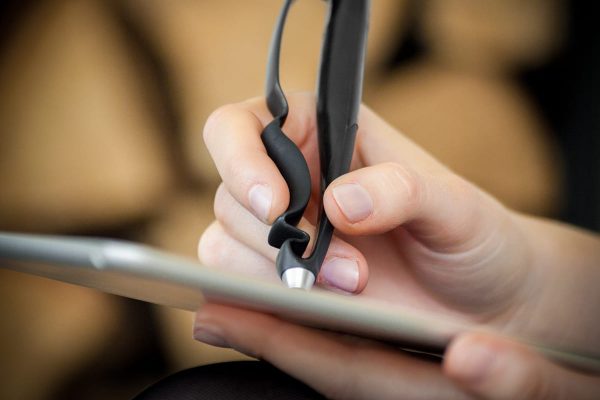

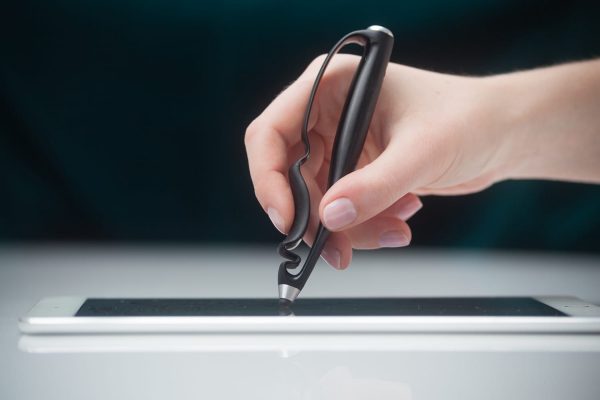

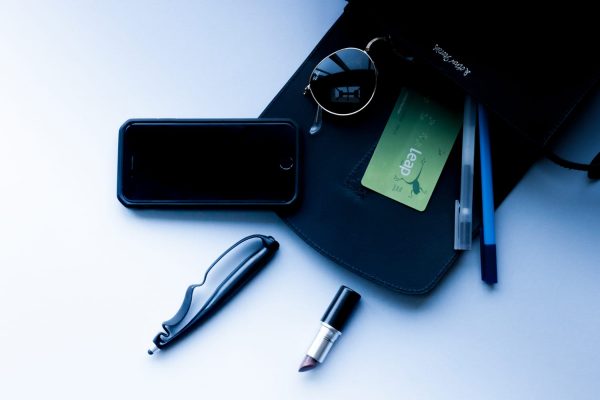
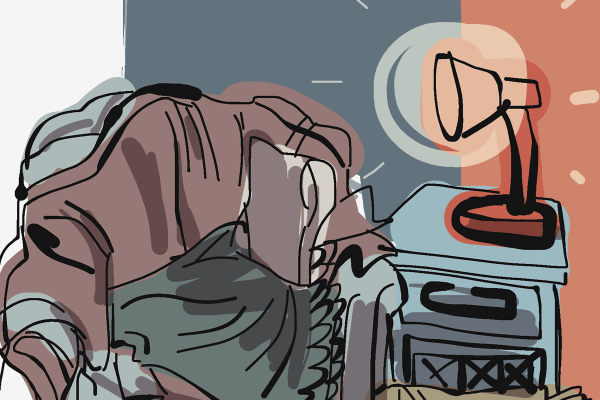

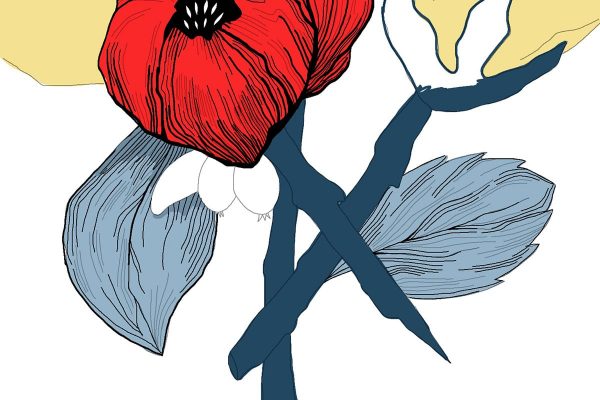


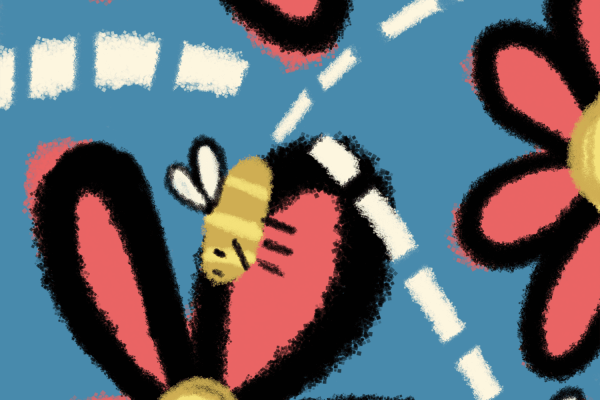



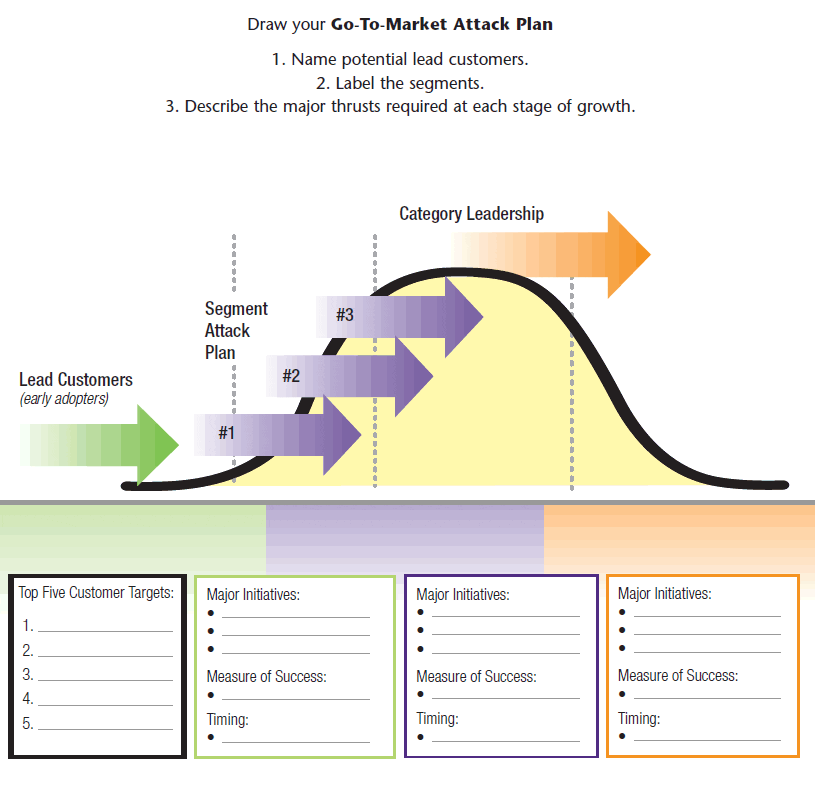 So what? Who cares? Why you?
So what? Who cares? Why you?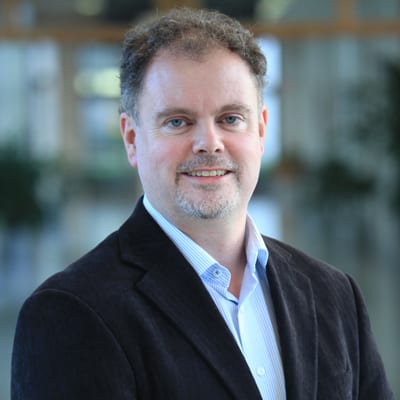 Garrett Duffy
Garrett Duffy
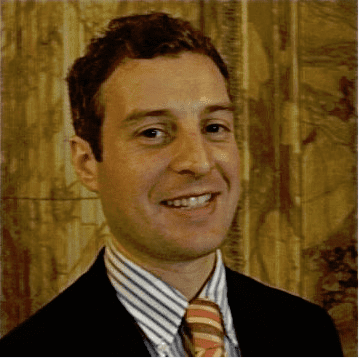 Donal Kerr
Donal Kerr
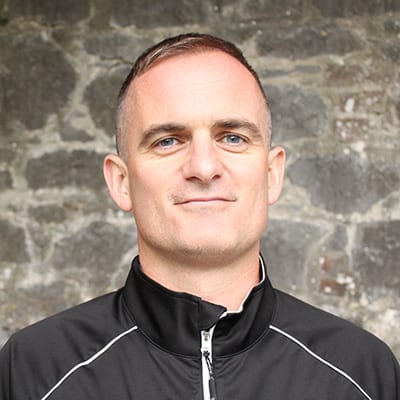 Francis Fitzgibbon
Francis Fitzgibbon
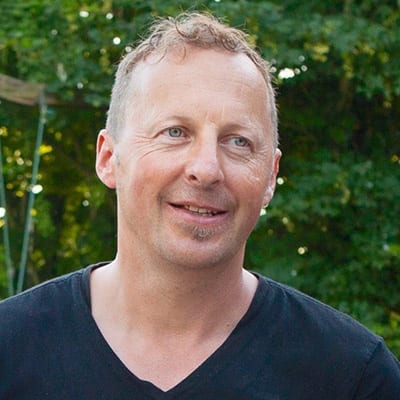
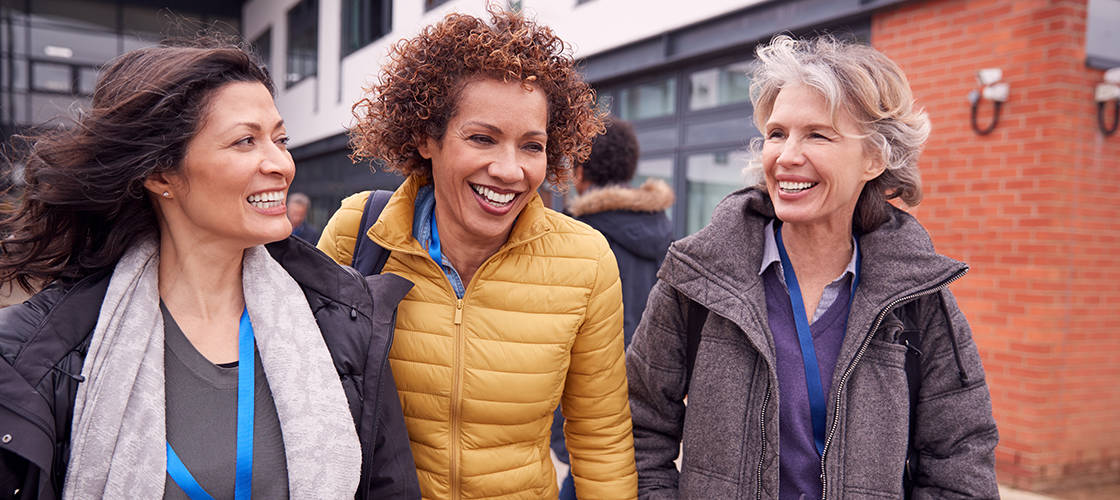
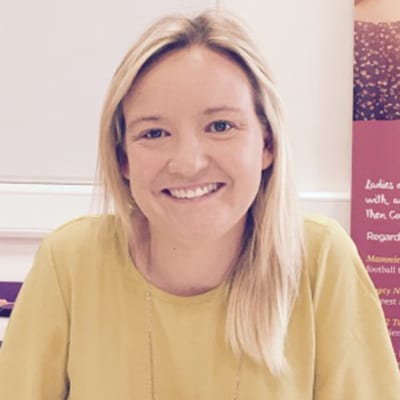
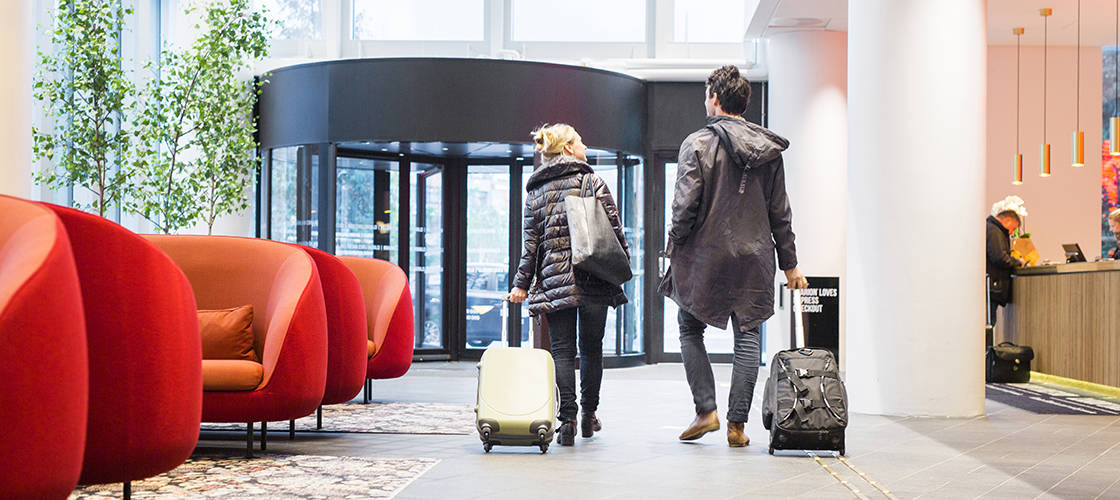
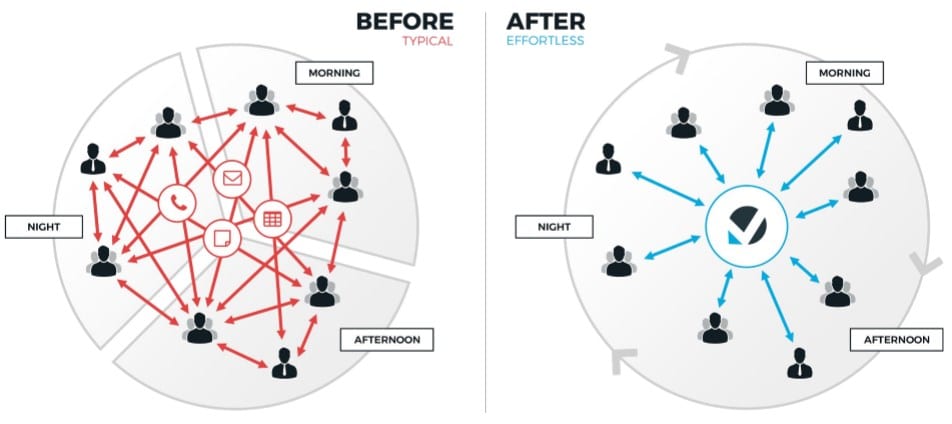




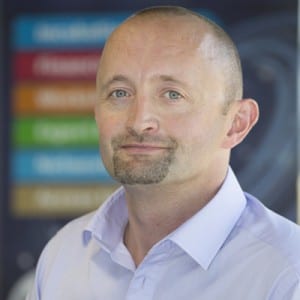 Dominic Mullan
Dominic Mullan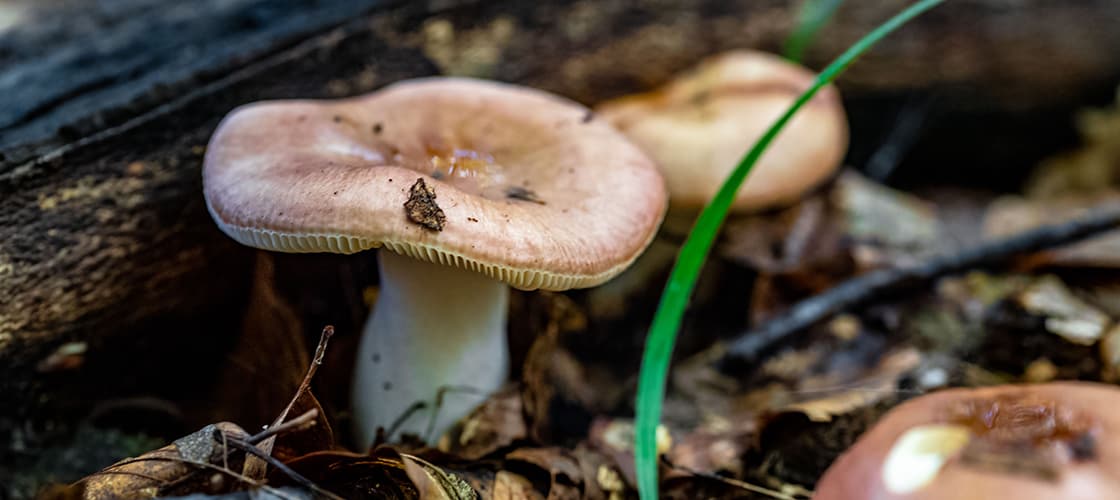
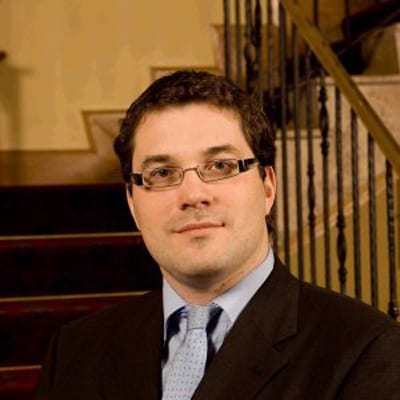 Alan Costello
Alan Costello
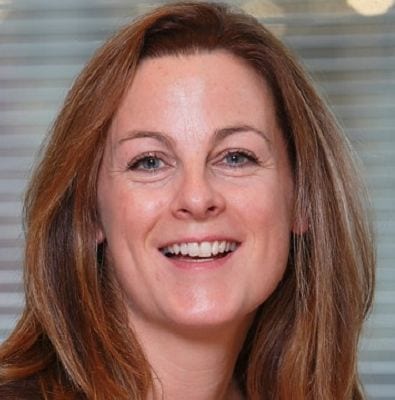 Nicola McDonnell
Nicola McDonnell
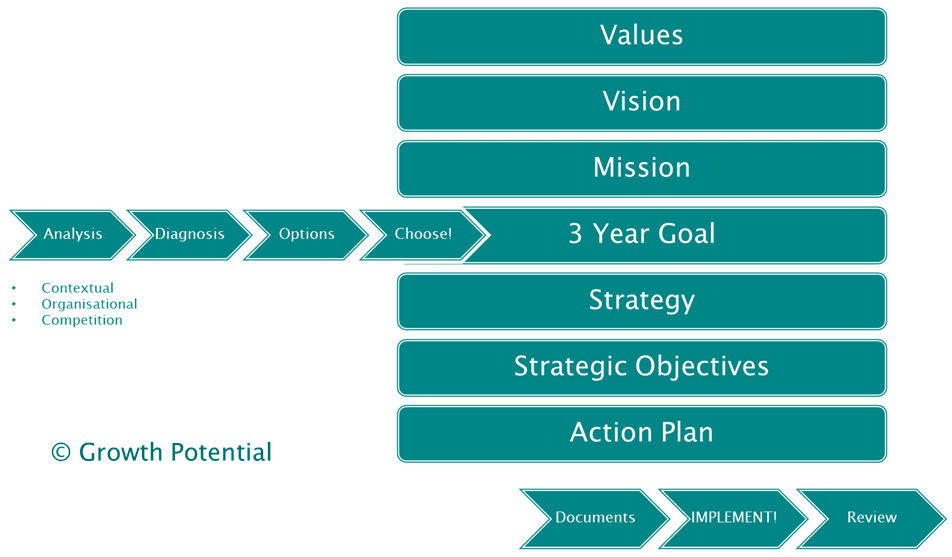
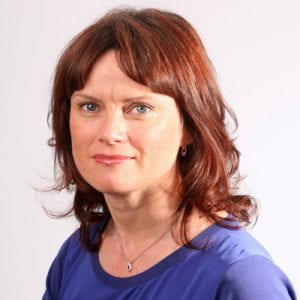
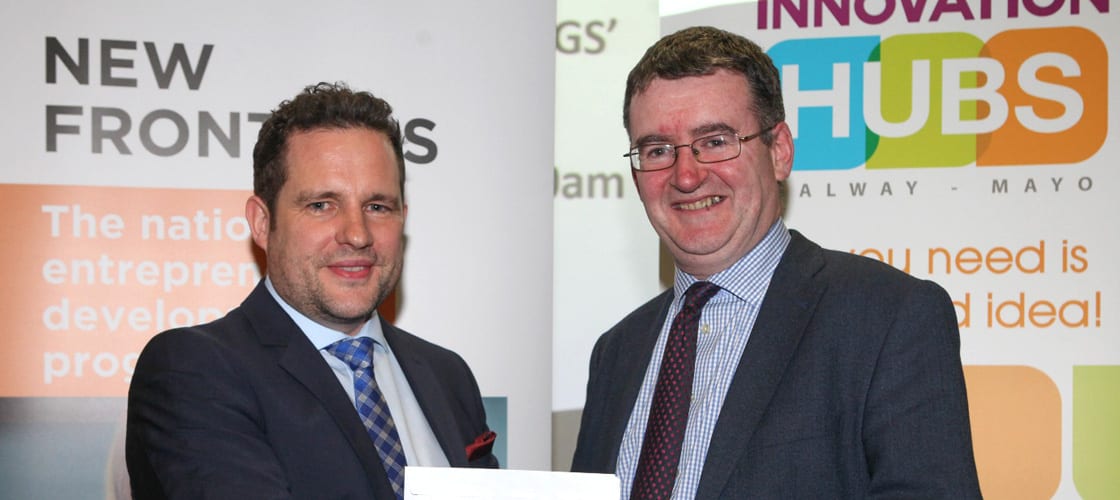
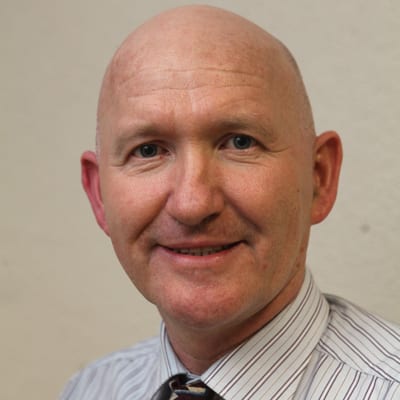

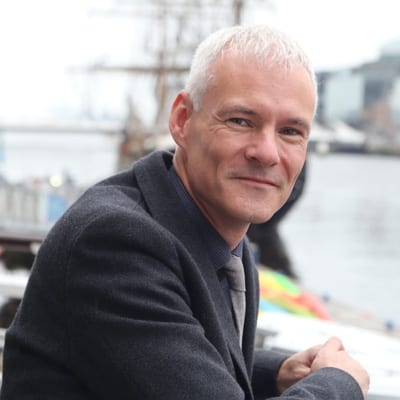 Tony Corrigan
Tony Corrigan
 In early 2015, Aidan started Phase 2 of the New Frontiers programme, at the Synergy Centre in Tallaght. With the feedback and validation processes that the programme takes entrepreneurs through, Aidan decided that while his concept was strong, the delivery itself could be improved on. He needed to establish a real niche, a truly unique selling point. The programme is not for the fainthearted, and you need a lot of drive and motivation to take part. Market research, and trial and error, are both vital parts of the process. As Aidan put it:
In early 2015, Aidan started Phase 2 of the New Frontiers programme, at the Synergy Centre in Tallaght. With the feedback and validation processes that the programme takes entrepreneurs through, Aidan decided that while his concept was strong, the delivery itself could be improved on. He needed to establish a real niche, a truly unique selling point. The programme is not for the fainthearted, and you need a lot of drive and motivation to take part. Market research, and trial and error, are both vital parts of the process. As Aidan put it: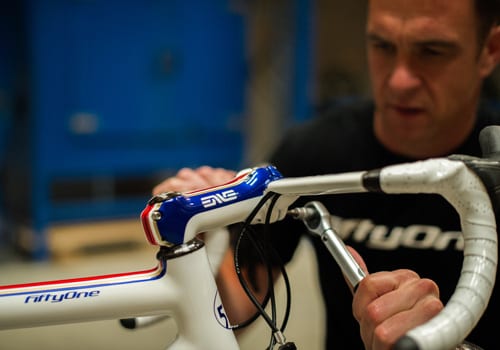 Aidan says the early stages of startup are vital to get things moving. He recommends creating the best network you can as early as possible. Although no one is going to grow your business for you, you’d be surprised at the help you will get if you reach out. Define what the overall goal or mission is, but don’t let it overwhelm you. Break jobs into bite-size chunks, define a road map and tick the boxes along the way. It takes time and you will go off course on a number of occasions, but a concise plan forces you to regroup and regain focus regularly.
Aidan says the early stages of startup are vital to get things moving. He recommends creating the best network you can as early as possible. Although no one is going to grow your business for you, you’d be surprised at the help you will get if you reach out. Define what the overall goal or mission is, but don’t let it overwhelm you. Break jobs into bite-size chunks, define a road map and tick the boxes along the way. It takes time and you will go off course on a number of occasions, but a concise plan forces you to regroup and regain focus regularly.
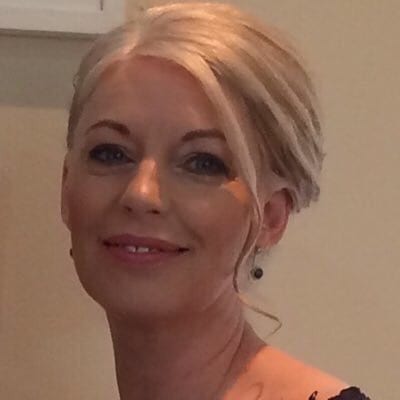

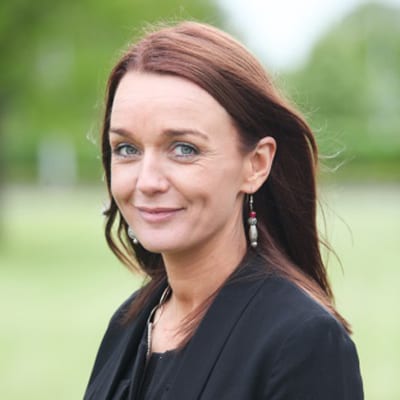 Rachel Hanna
Rachel Hanna
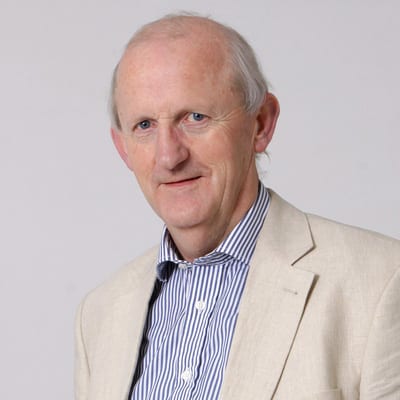
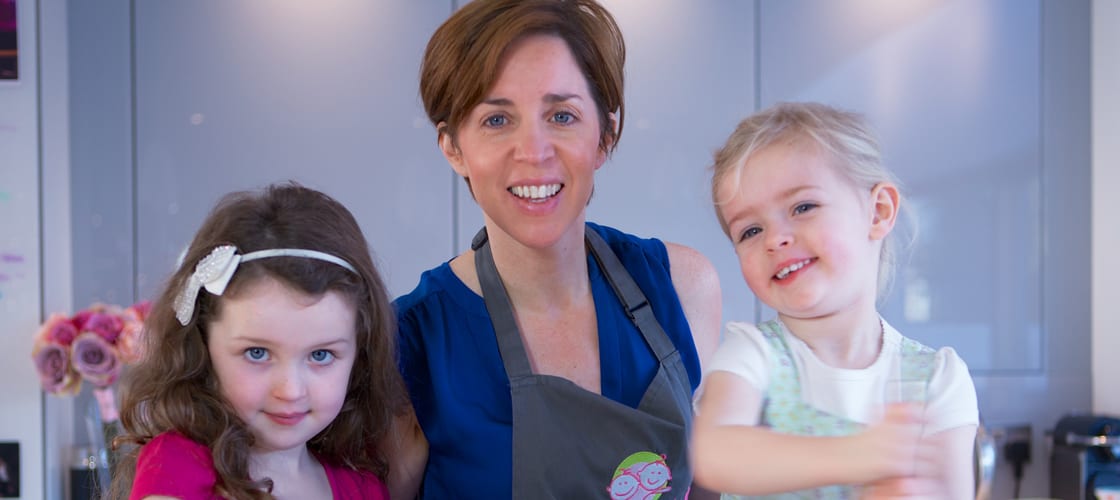
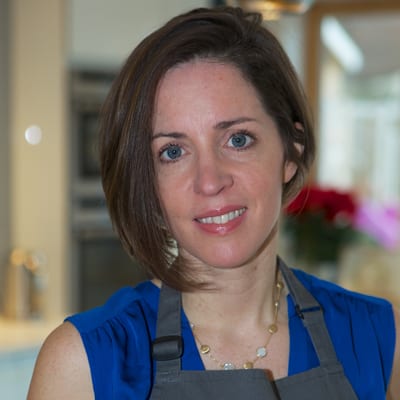 Siobhan Berry
Siobhan Berry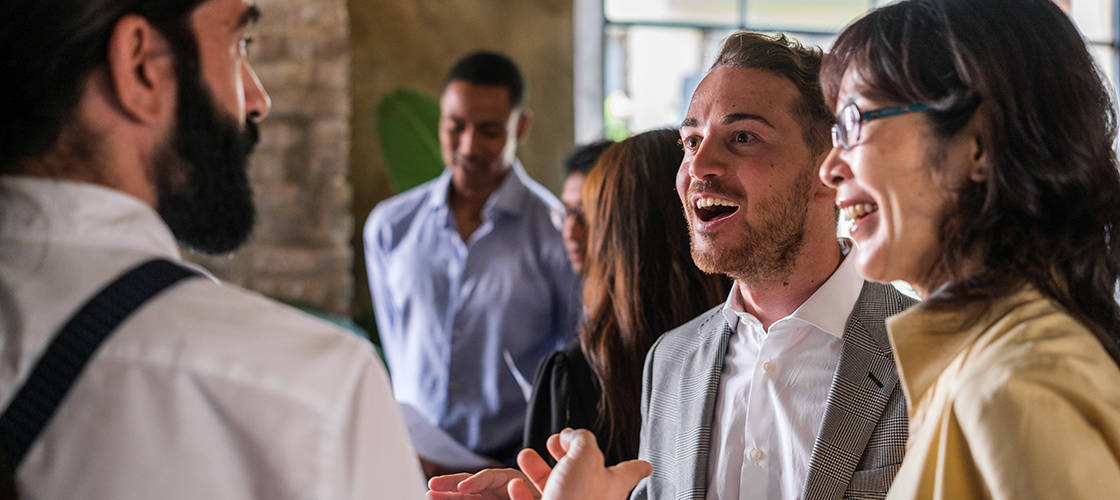
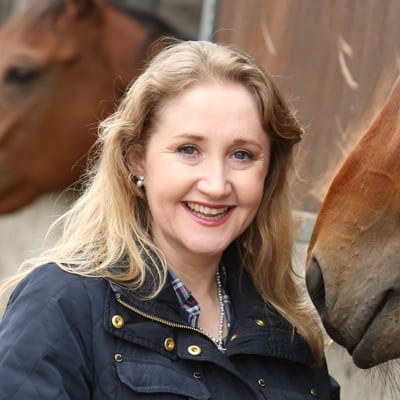 Alma Jordan
Alma Jordan
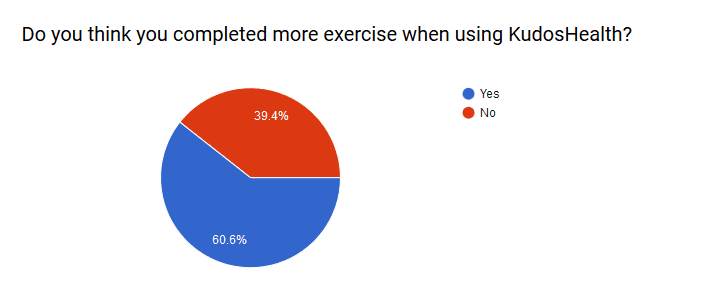
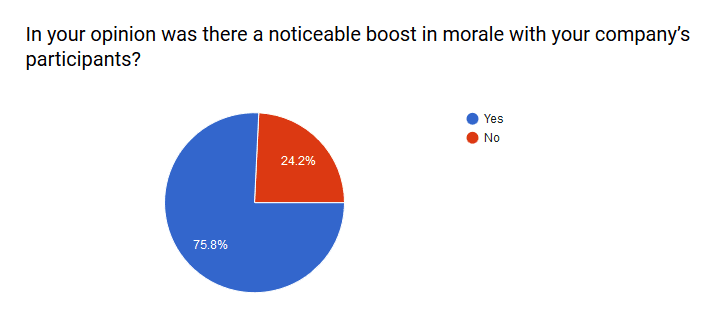
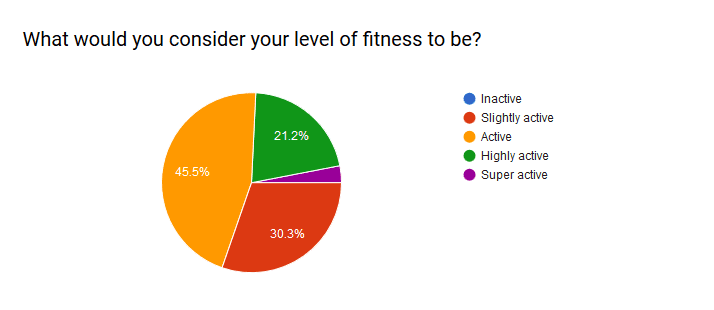

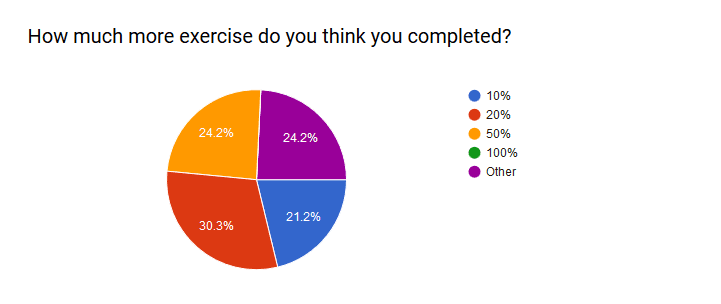
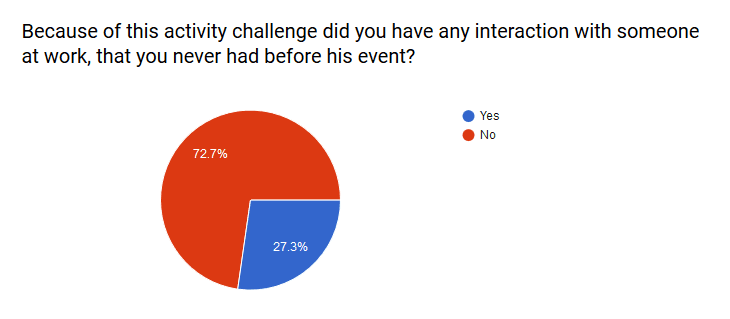
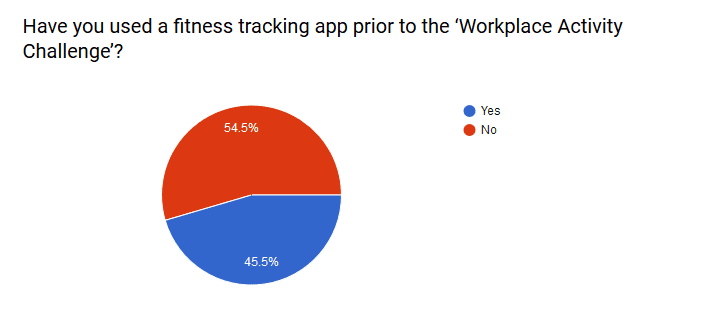
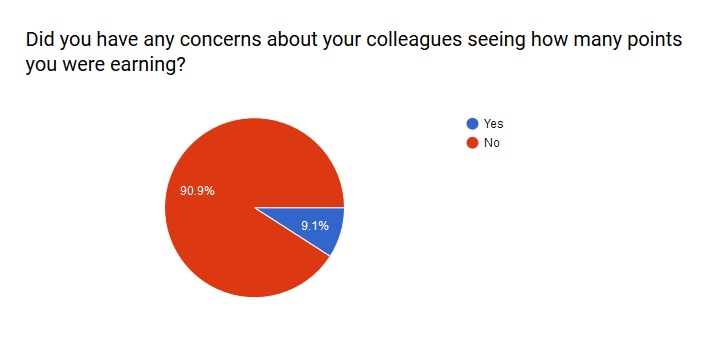
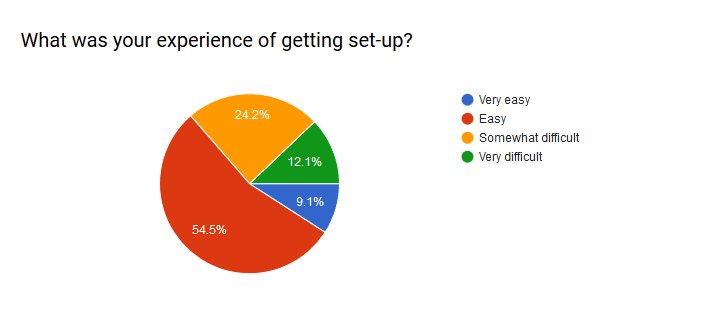
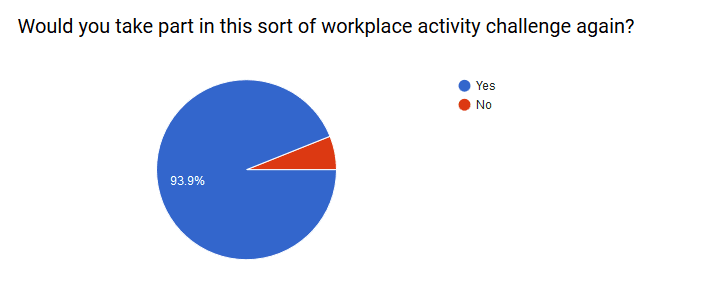
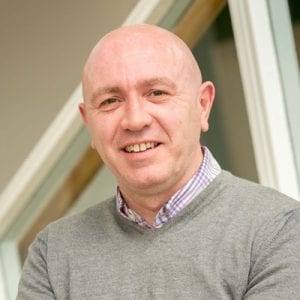
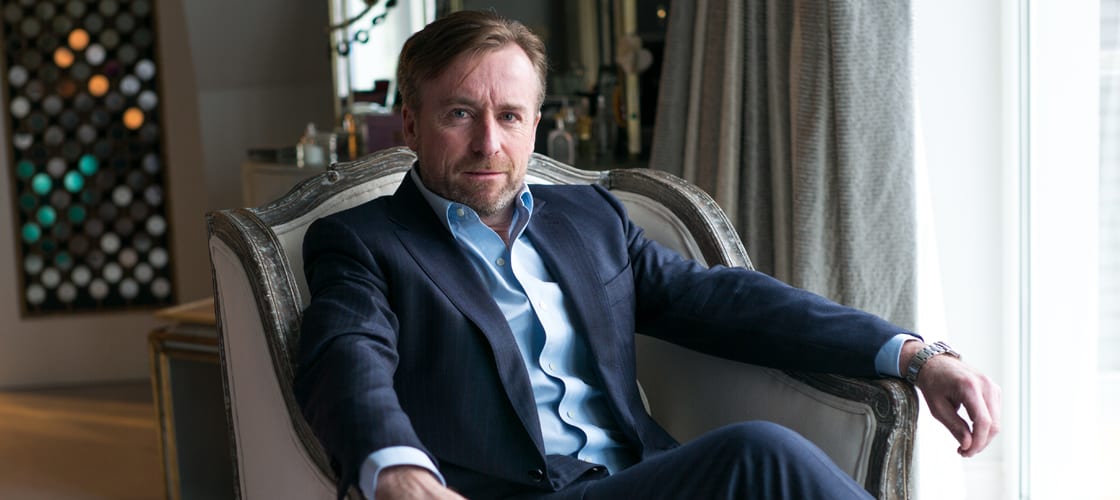
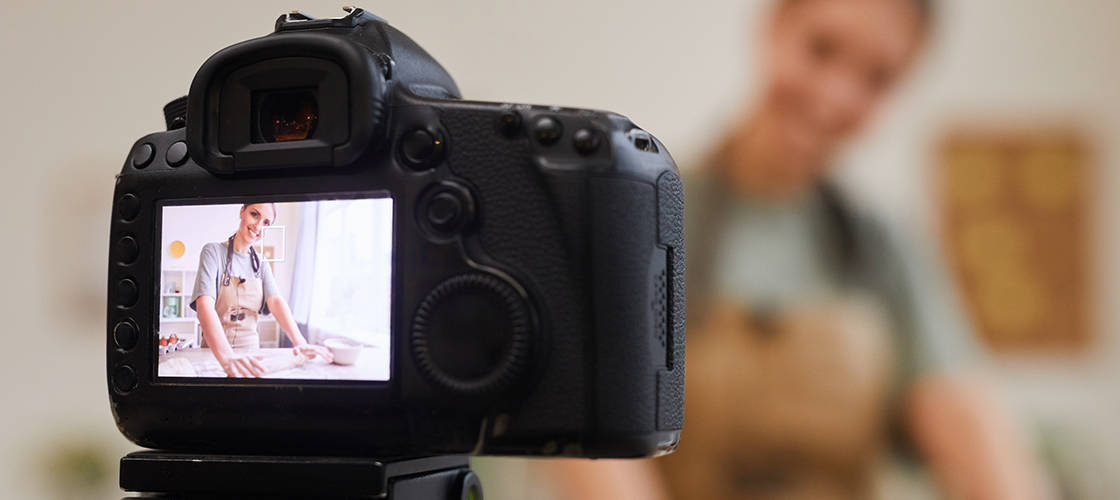
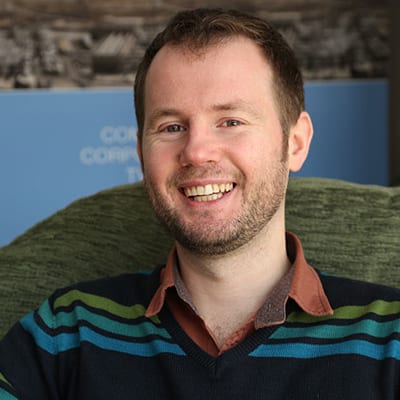 Ray Mongey
Ray Mongey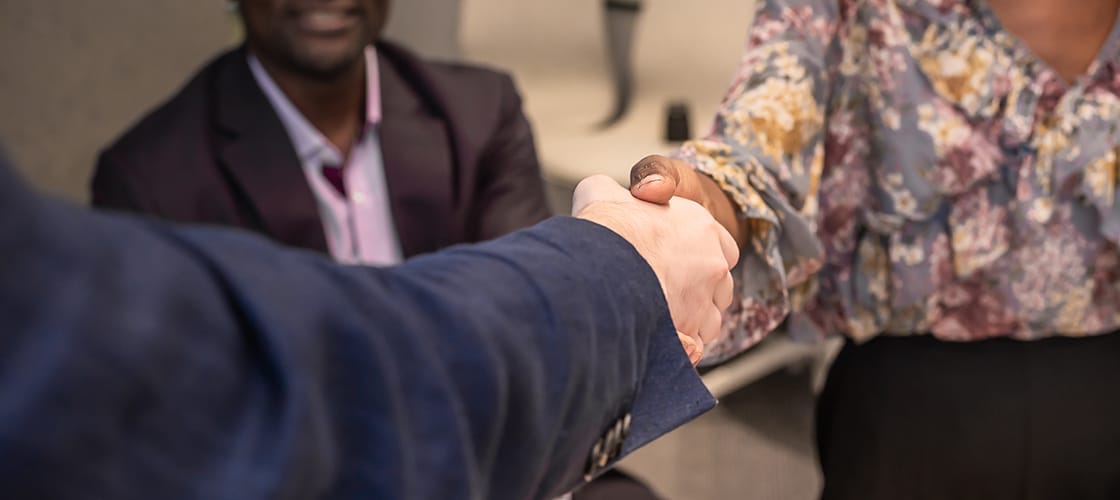
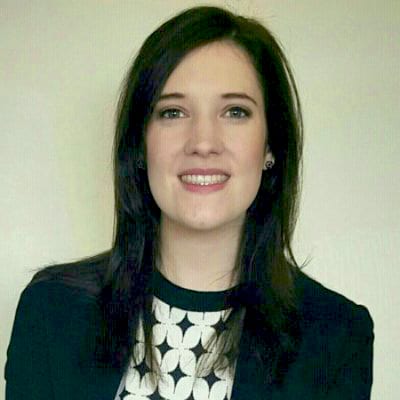
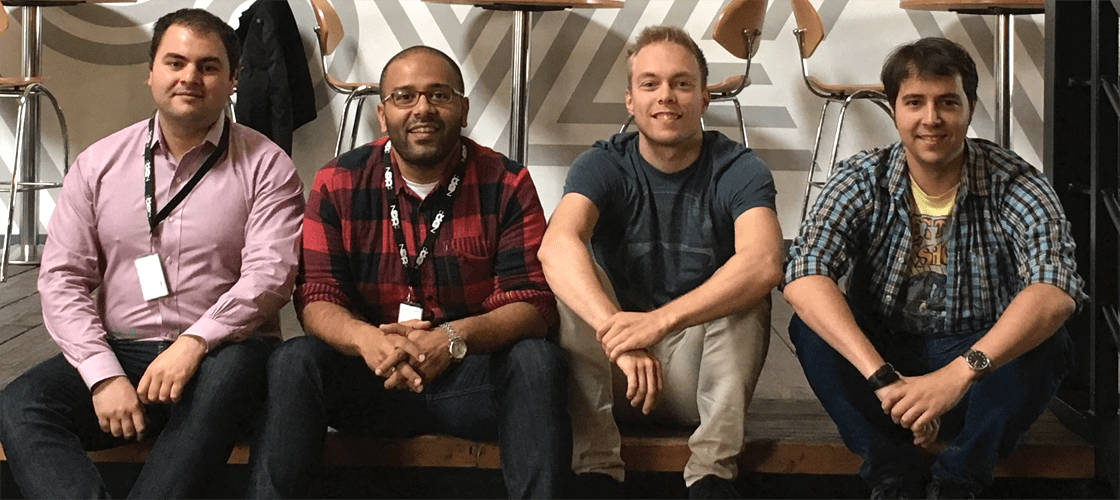

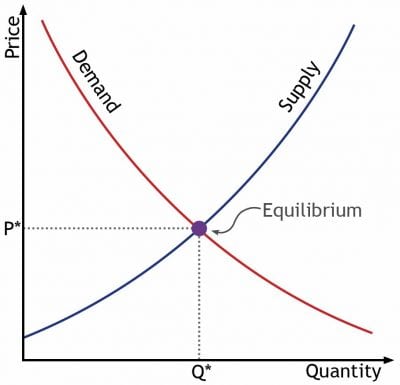
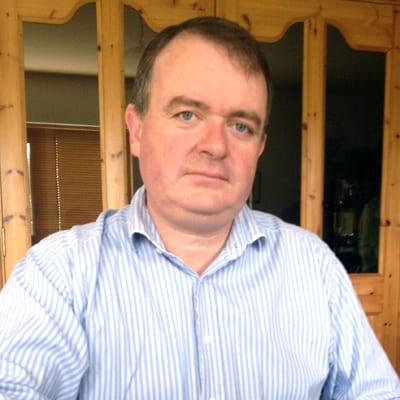 Patrick O Flaherty
Patrick O Flaherty
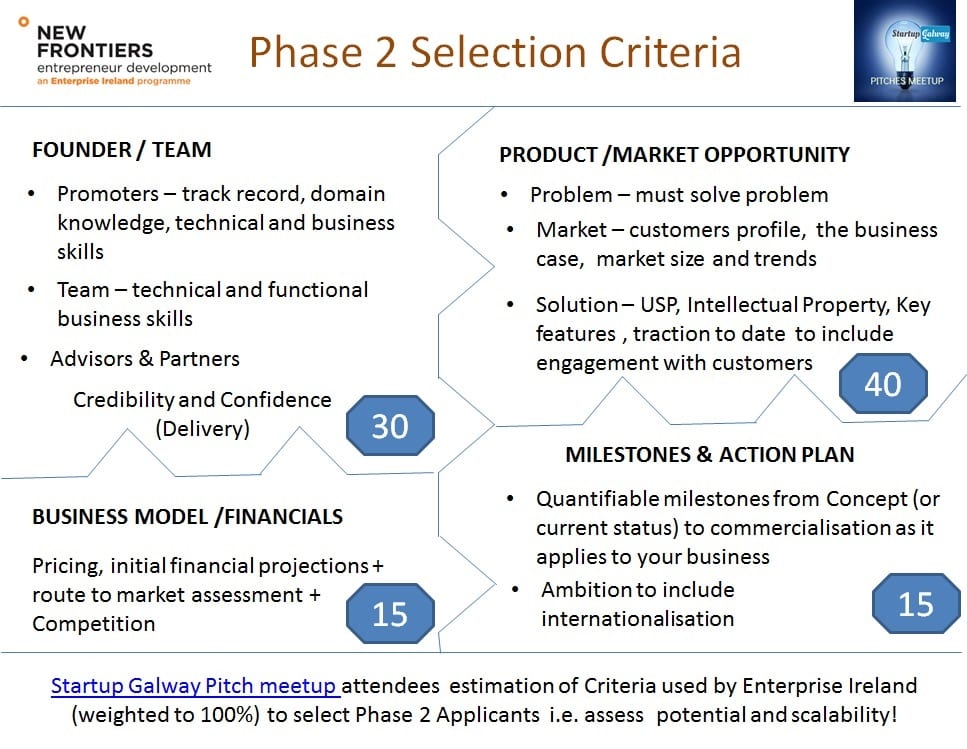 The key issue is to provide information to the panel so that they see the scaleability of your business.
The key issue is to provide information to the panel so that they see the scaleability of your business.
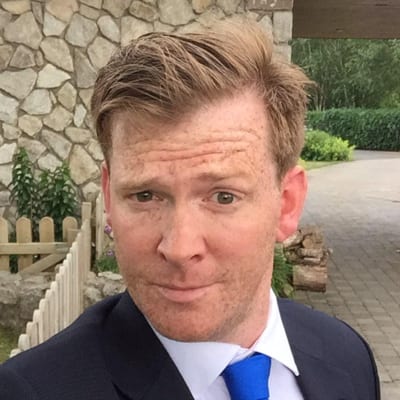

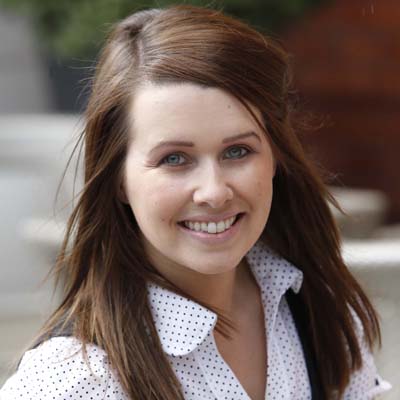
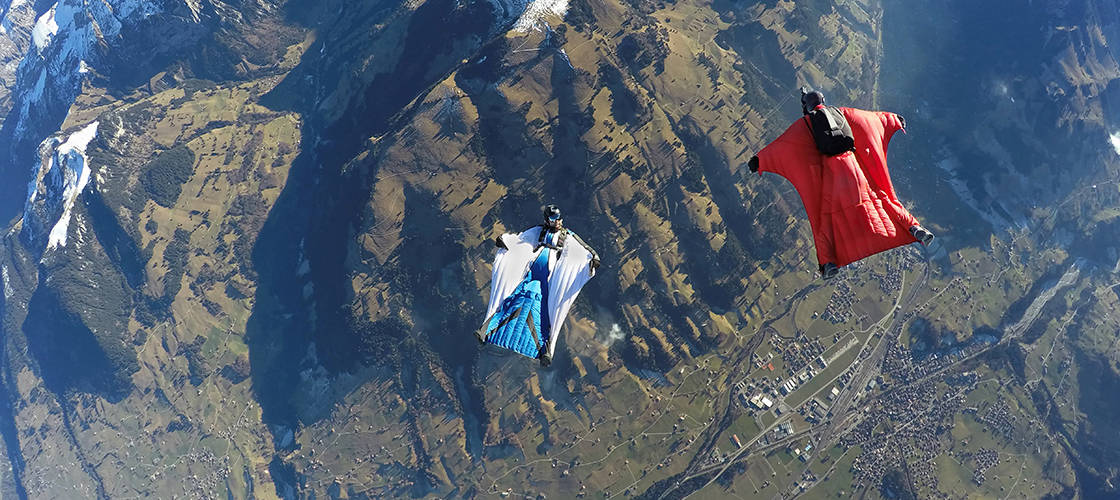
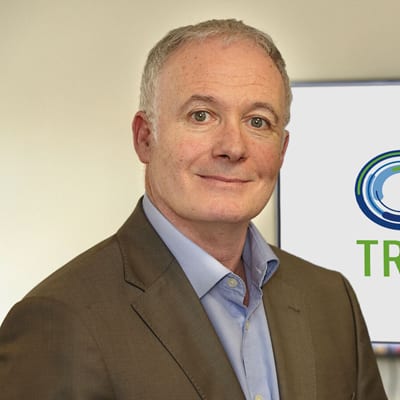 Barry Moylan
Barry Moylan
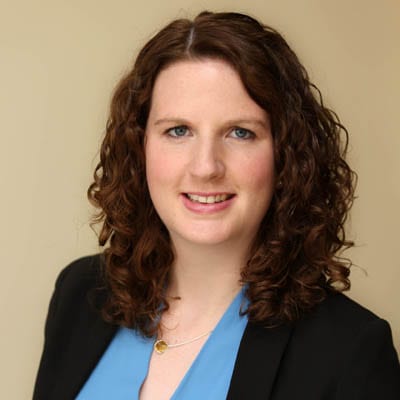 Linda Barry
Linda Barry

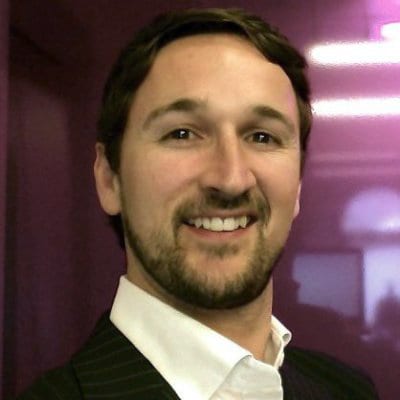 Joe Borza
Joe Borza
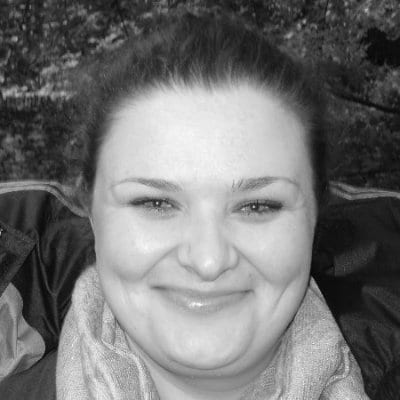 Katie Murphy
Katie Murphy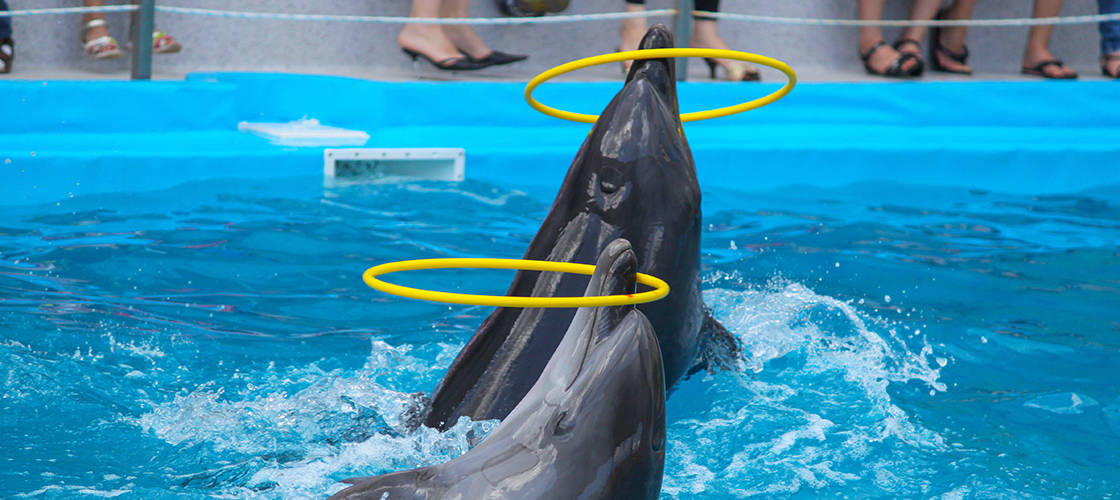


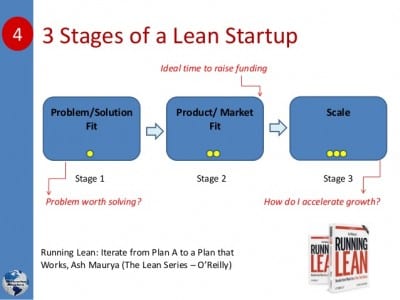 Ash Maurya’s Three Stages of a Startup
Ash Maurya’s Three Stages of a Startup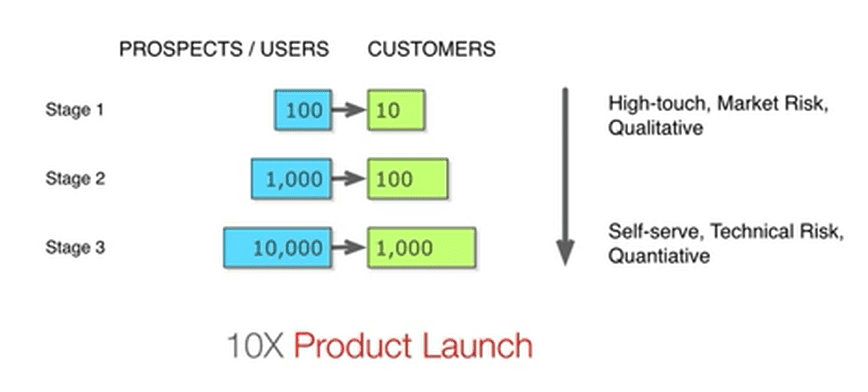
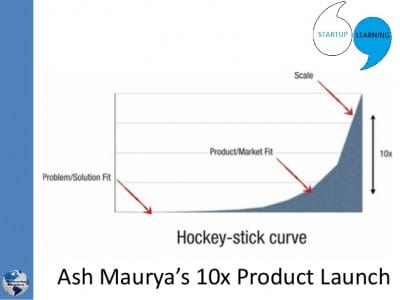 Ash Maurya’s 10x Product Launch
Ash Maurya’s 10x Product Launch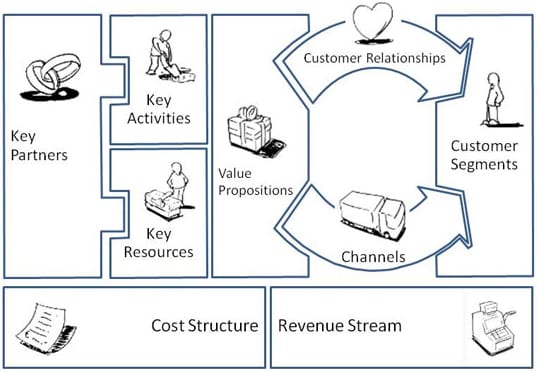
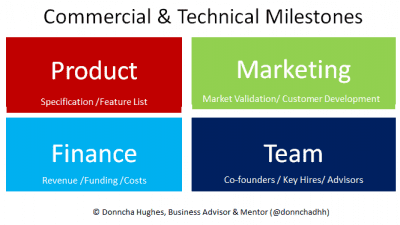 A balanced set of goals is also required. I suggest that the balance of any startup business can be evaluated in terms of balance across four areas: Product, Marketing, Finance and Team – which I refer to as the Startup Milestone Mix.
A balanced set of goals is also required. I suggest that the balance of any startup business can be evaluated in terms of balance across four areas: Product, Marketing, Finance and Team – which I refer to as the Startup Milestone Mix.

 David Craig
David Craig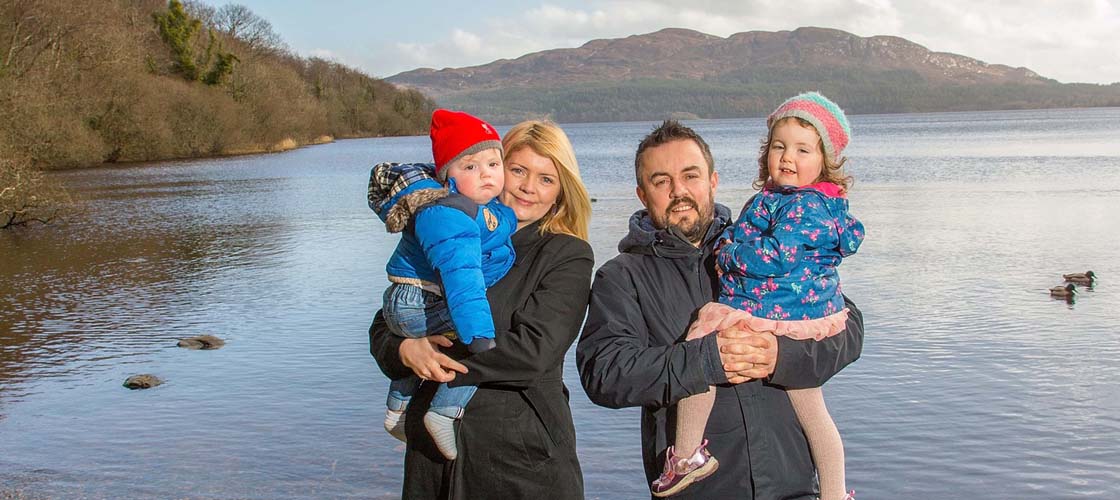
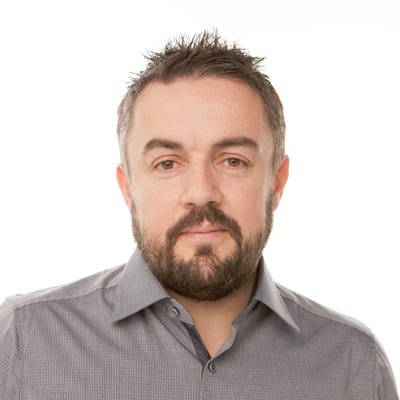
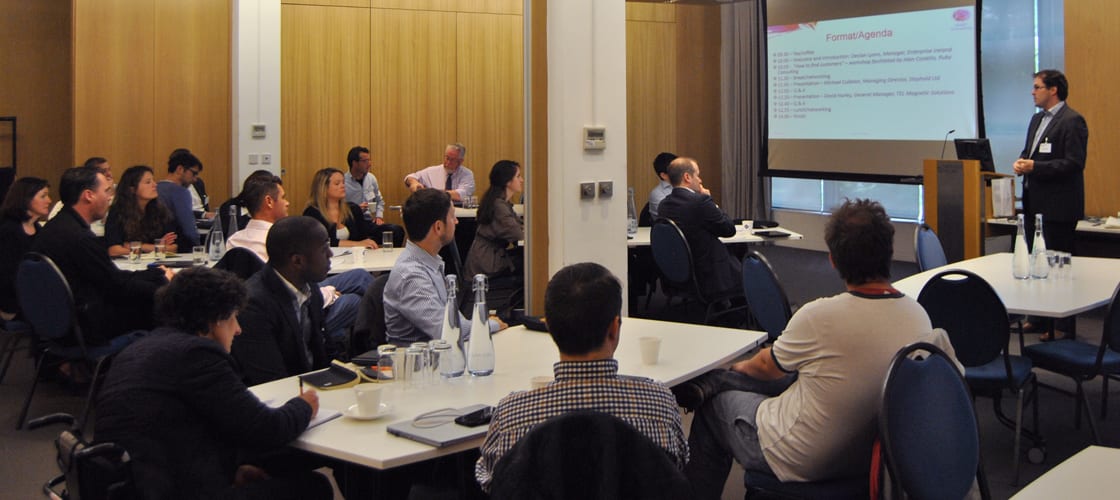
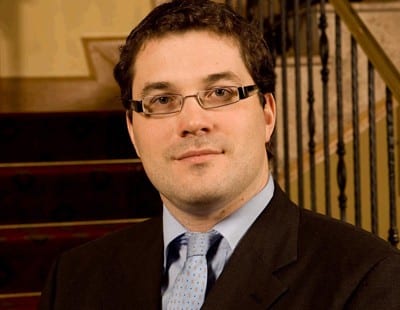 Finding and retaining customers was the subject of Thursday’s workshop, which was facilitated by Alan Costello of
Finding and retaining customers was the subject of Thursday’s workshop, which was facilitated by Alan Costello of 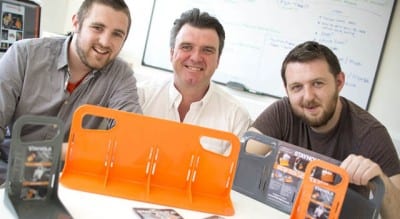
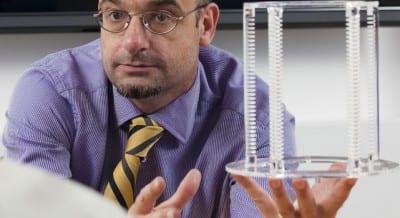
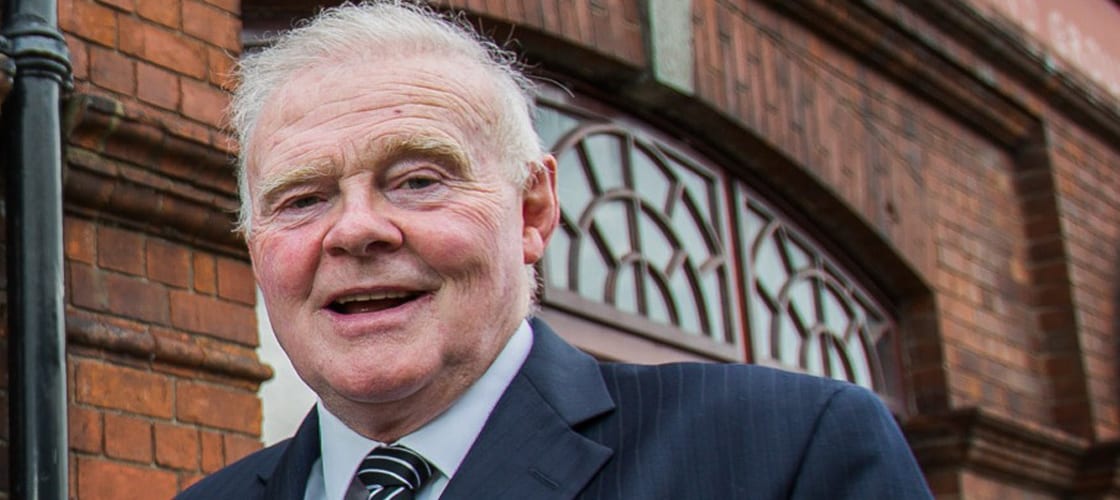
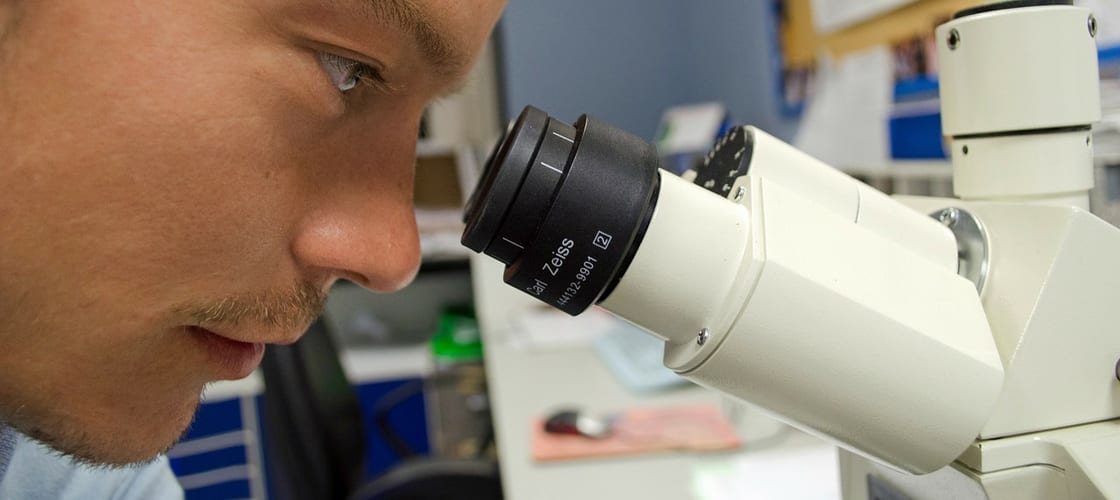


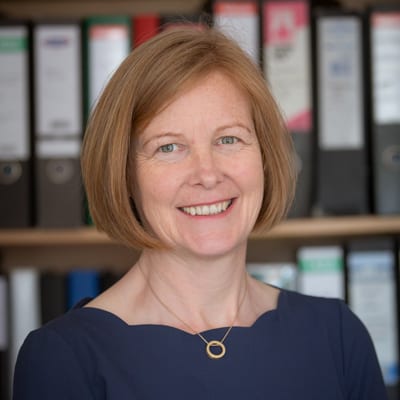 Auveen O’Neill
Auveen O’Neill
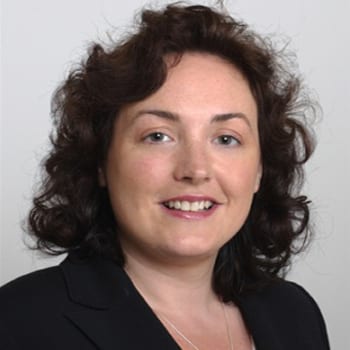 Jackie Quinn
Jackie Quinn
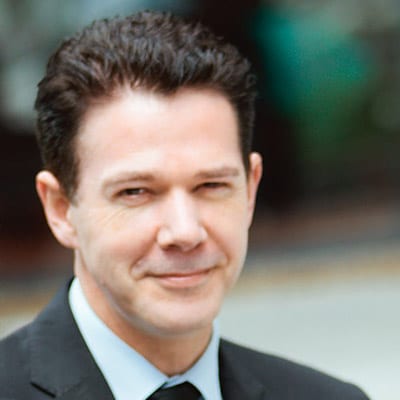 Michael White
Michael White
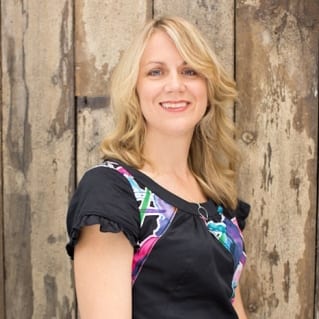 Síodhna McGowan
Síodhna McGowan
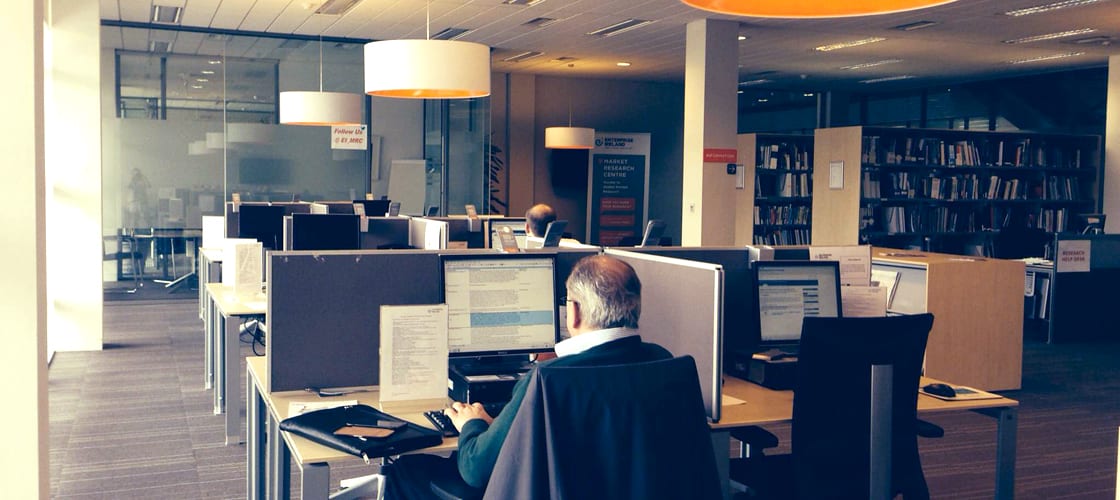
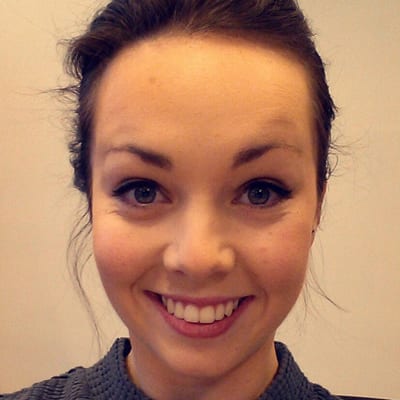 Dearbhla O’Dwyer
Dearbhla O’Dwyer
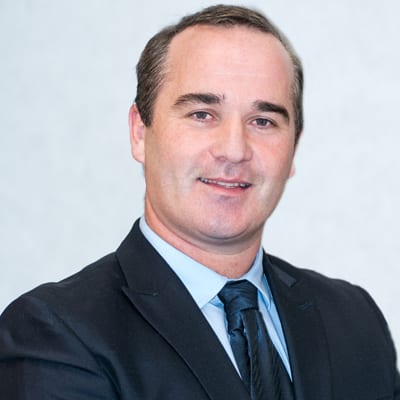
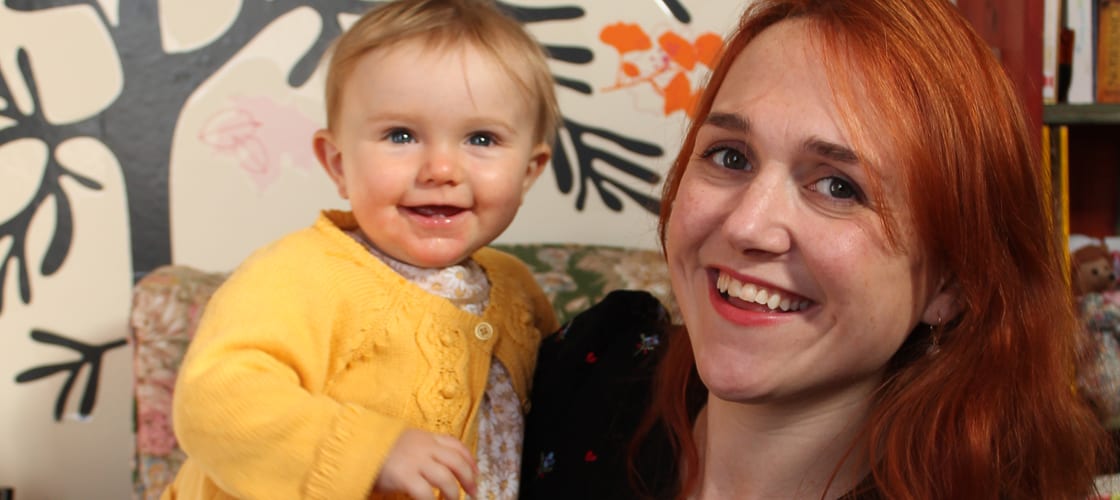
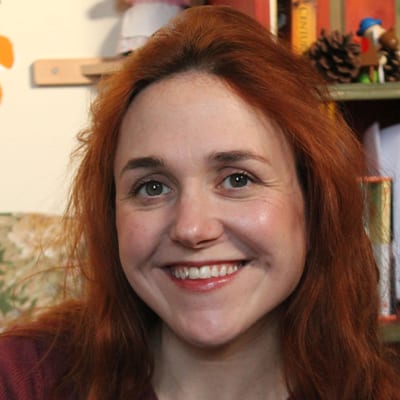 Gail Condon
Gail Condon

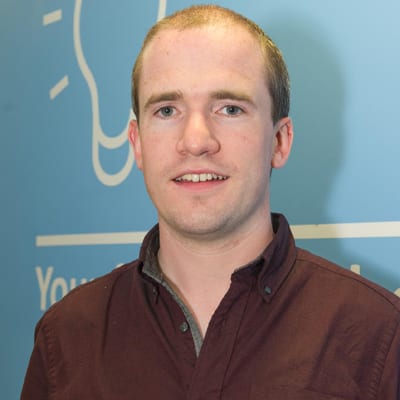 Pete Friel
Pete Friel
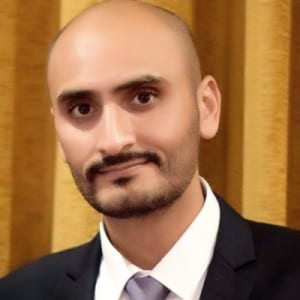 Adnan Ajmi
Adnan Ajmi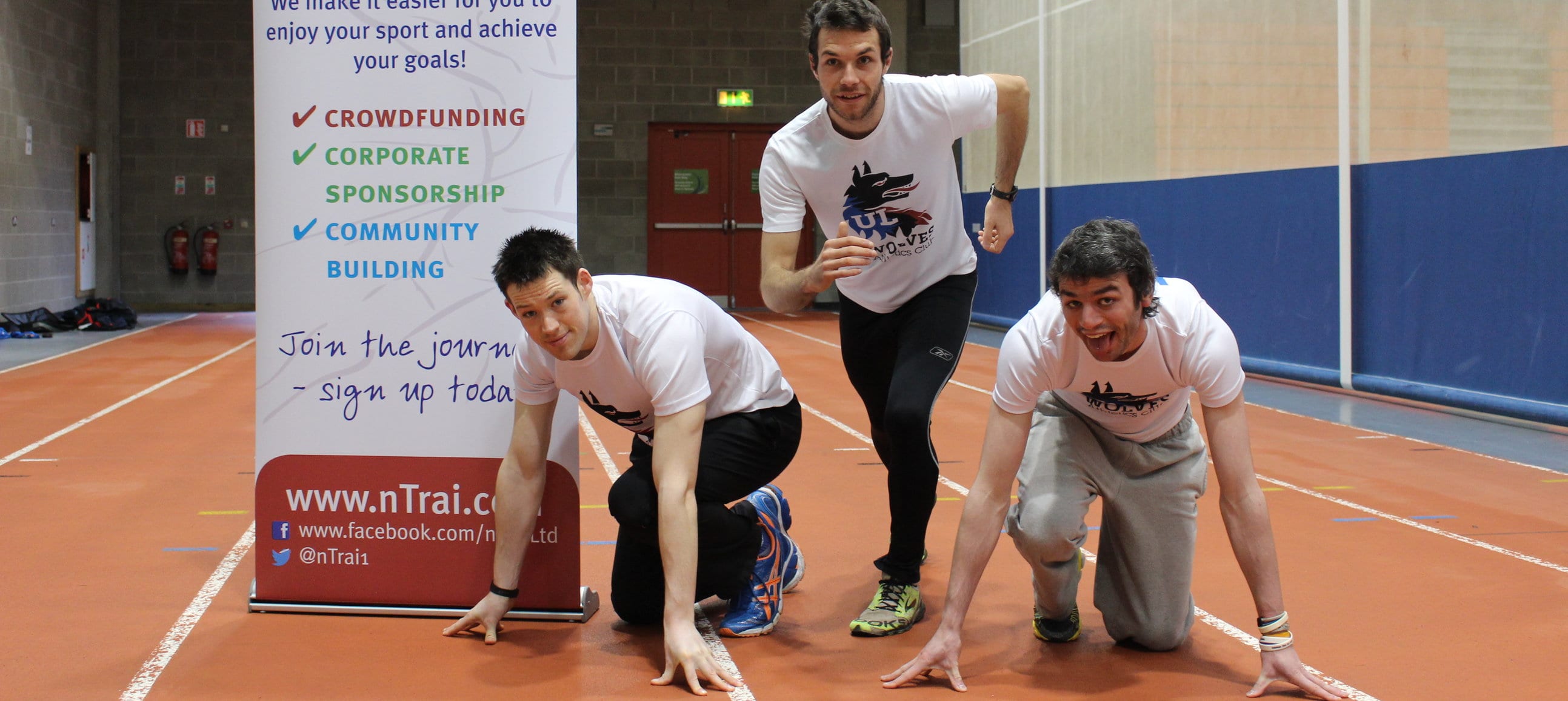
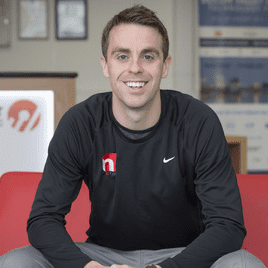

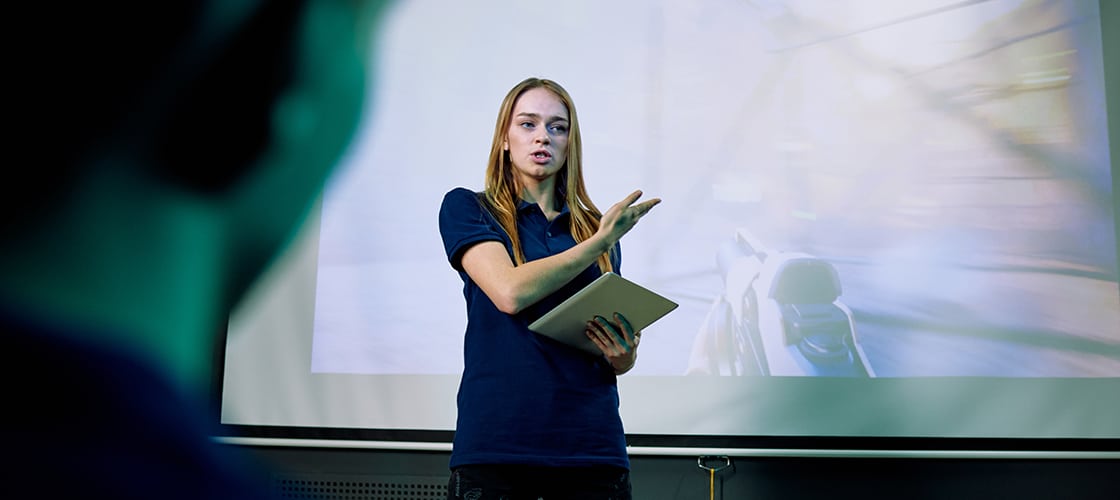
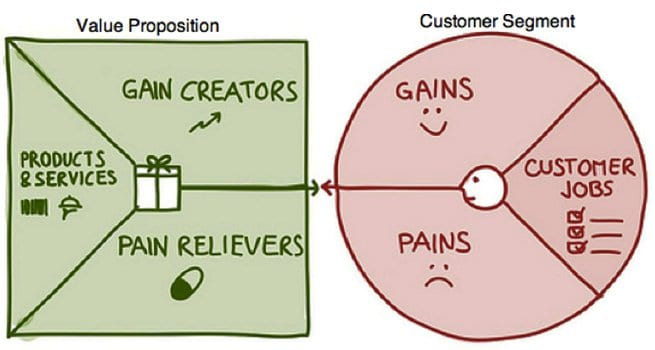 Value Proposition Canvas
Value Proposition Canvas
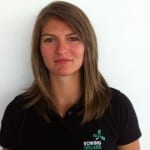 Monika Dukarska
Monika Dukarska
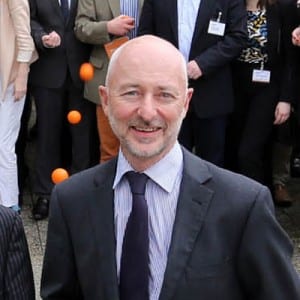 Declan Lyons
Declan Lyons
